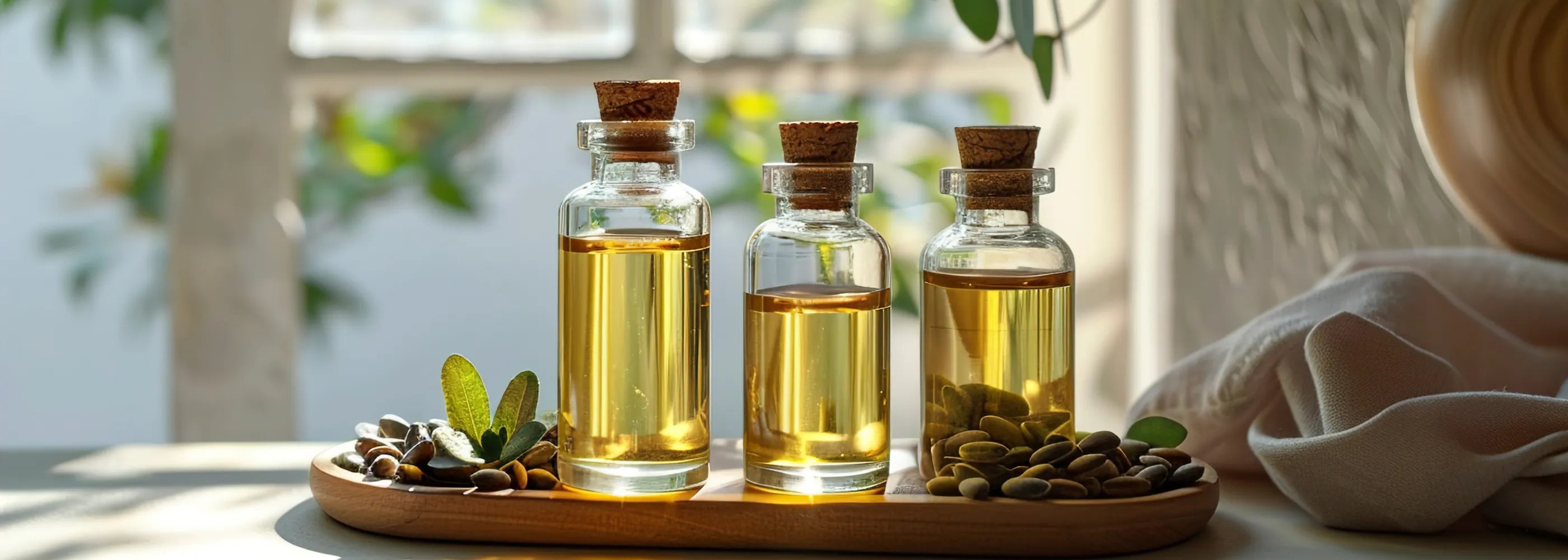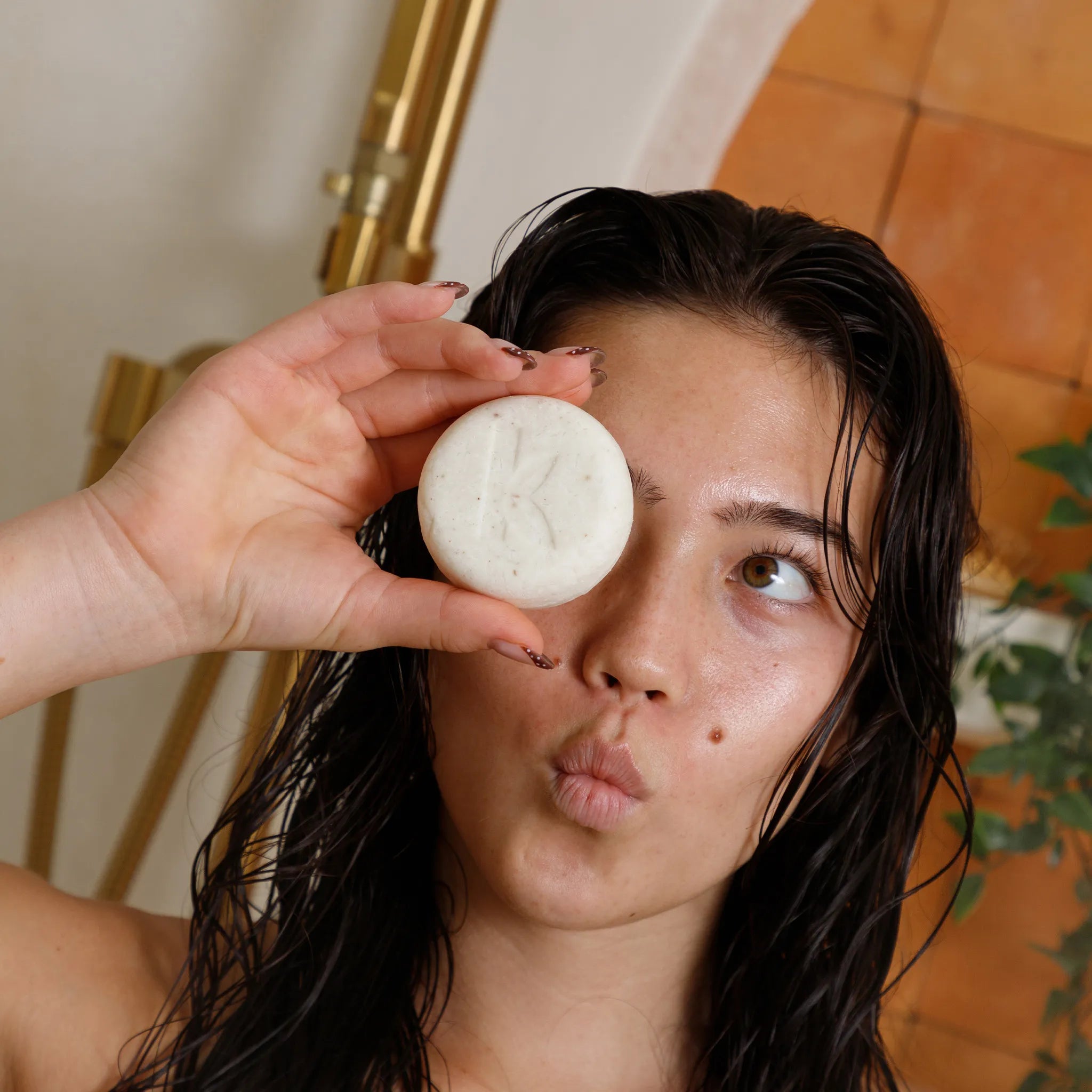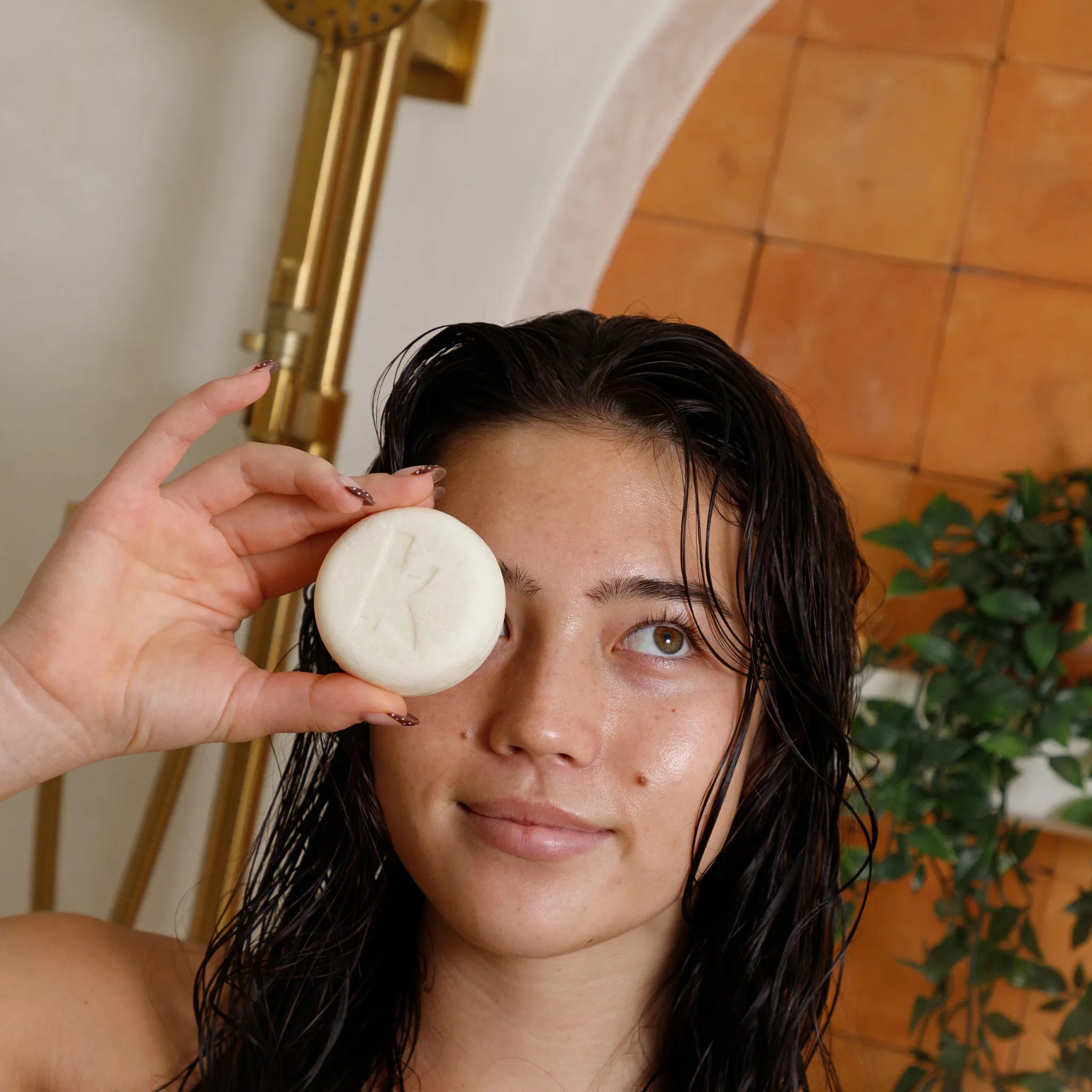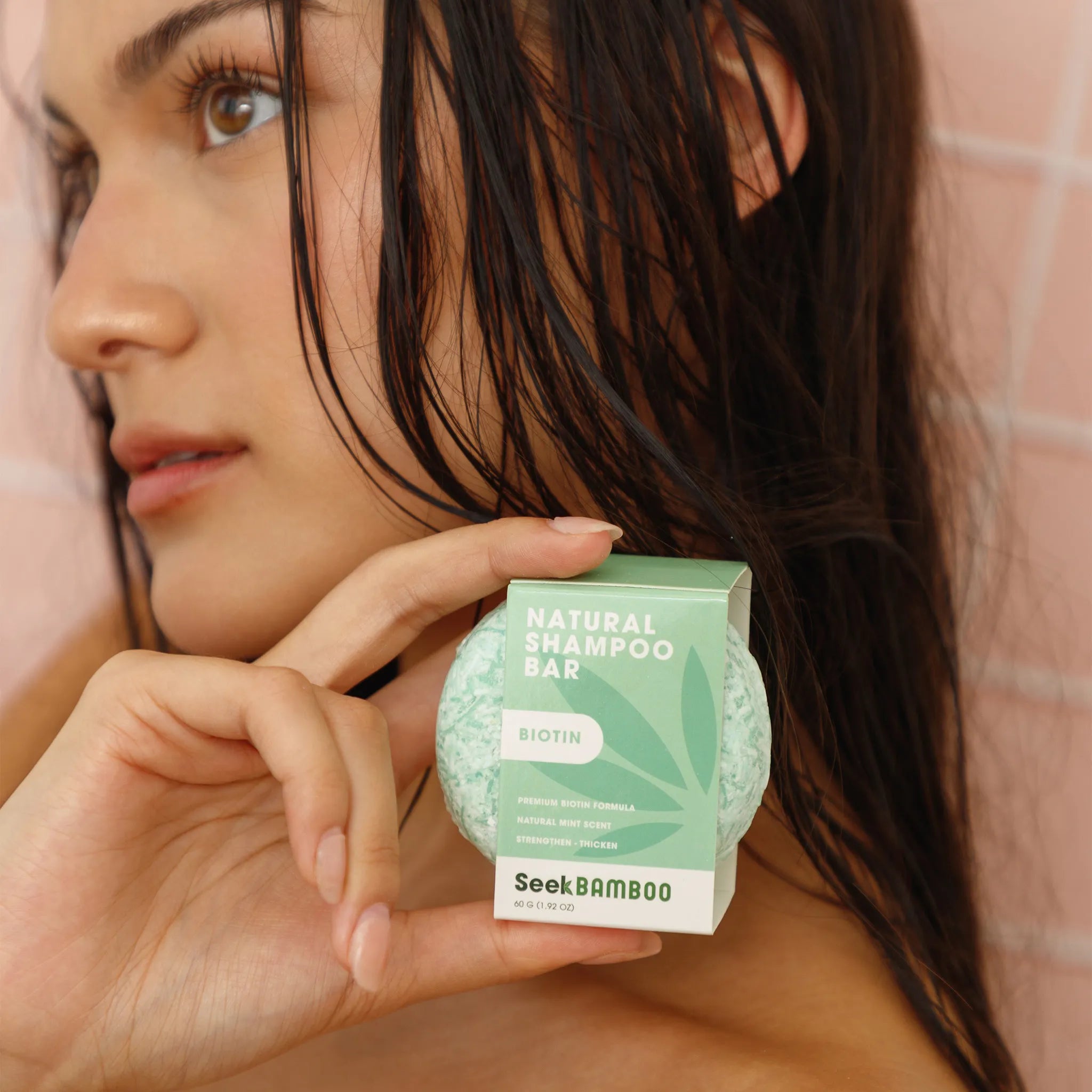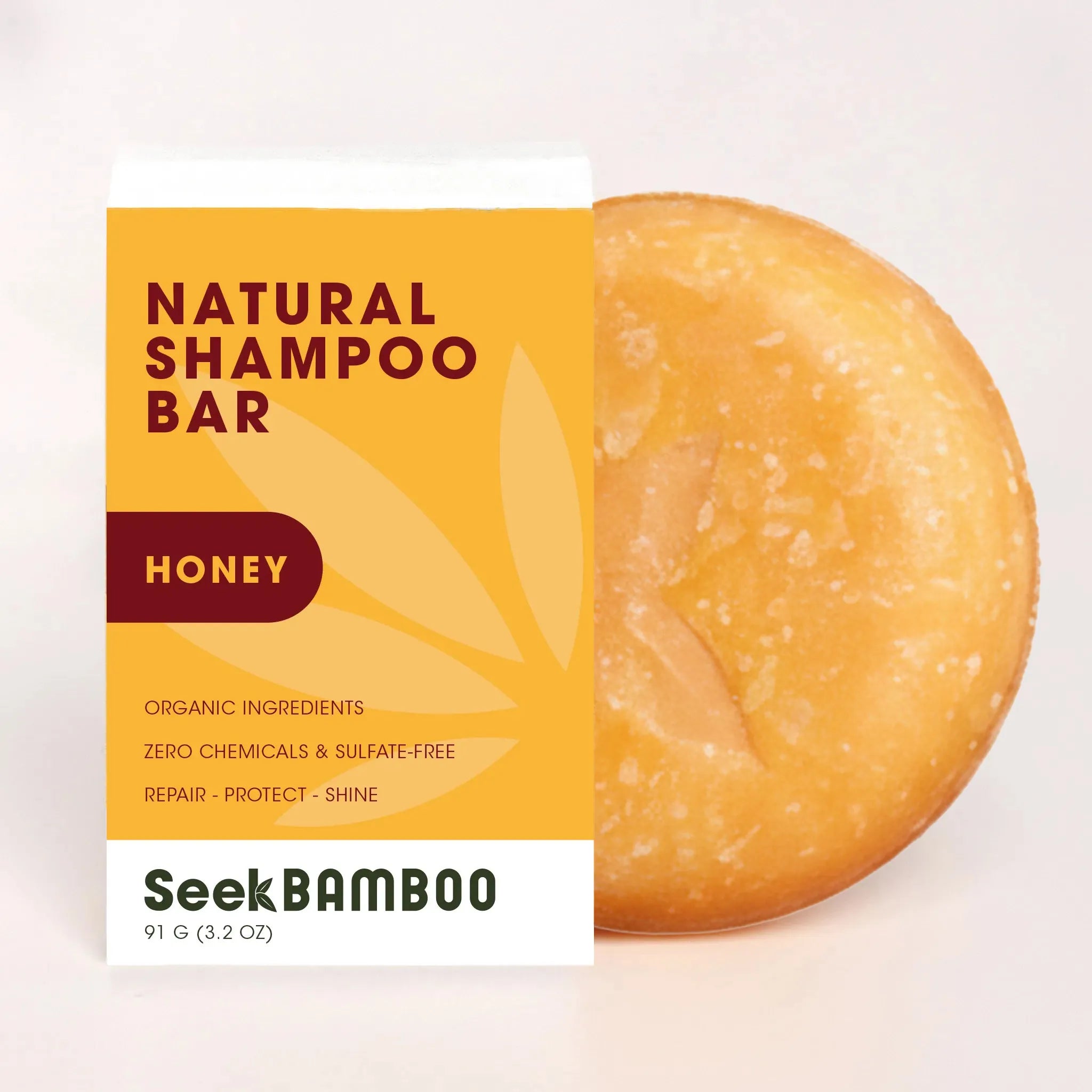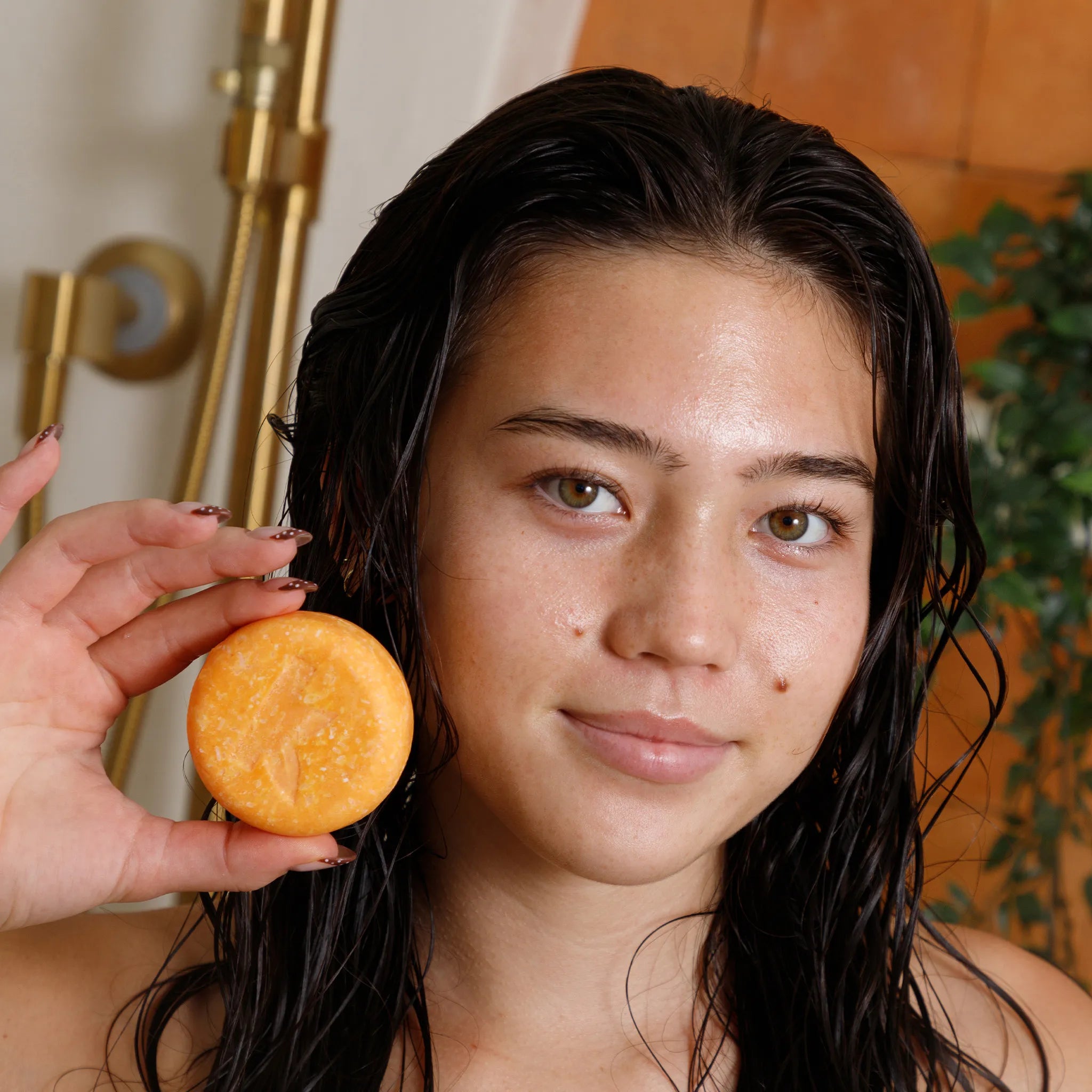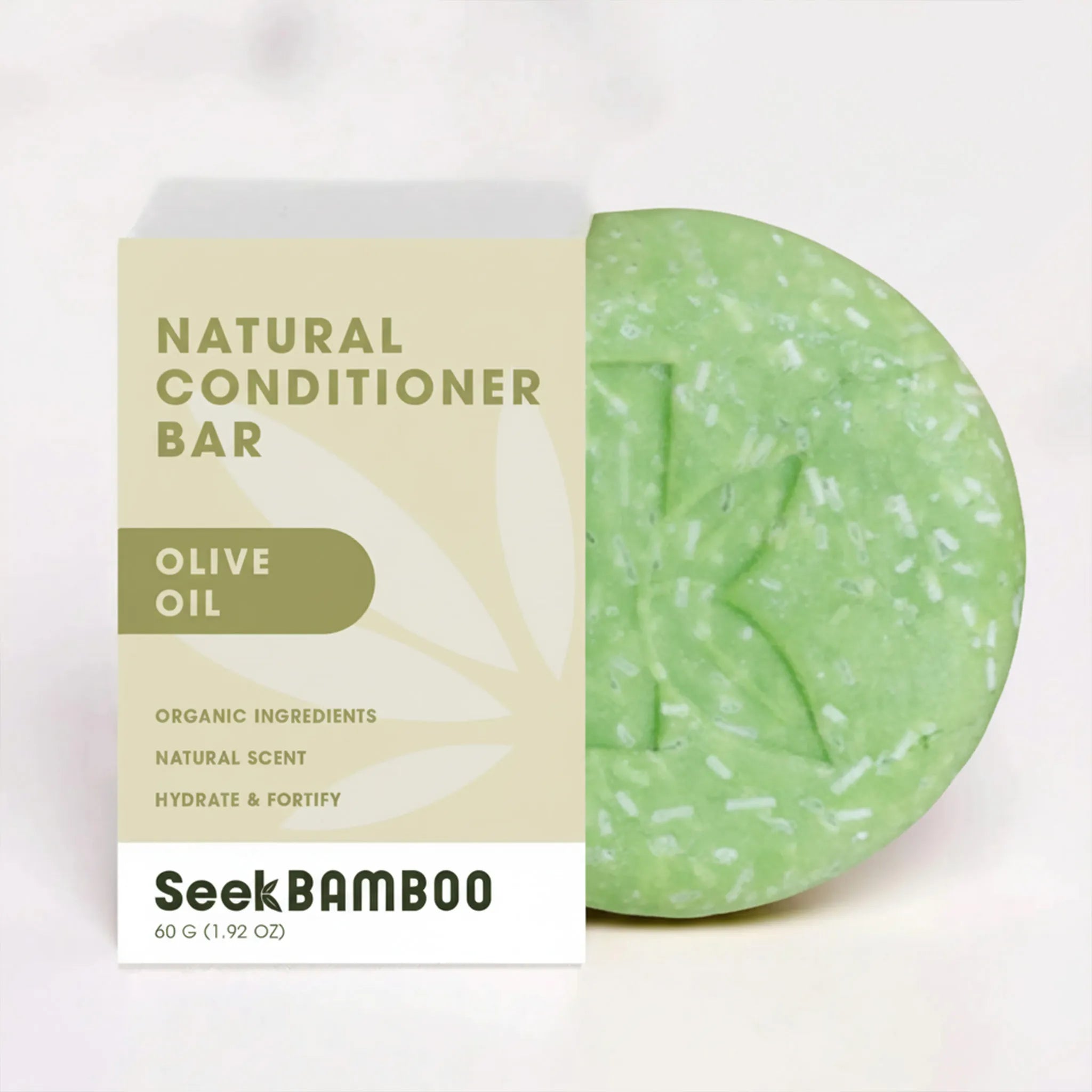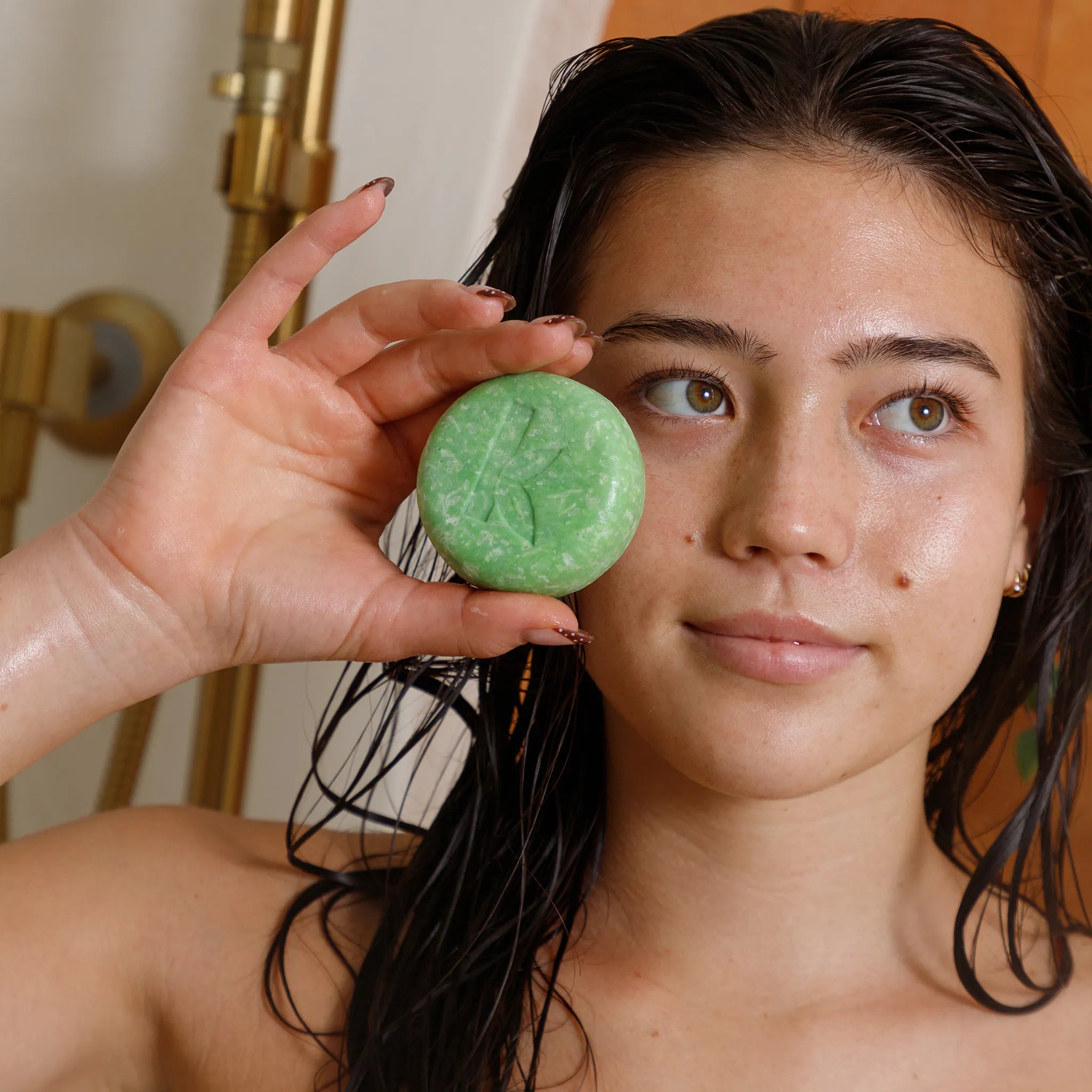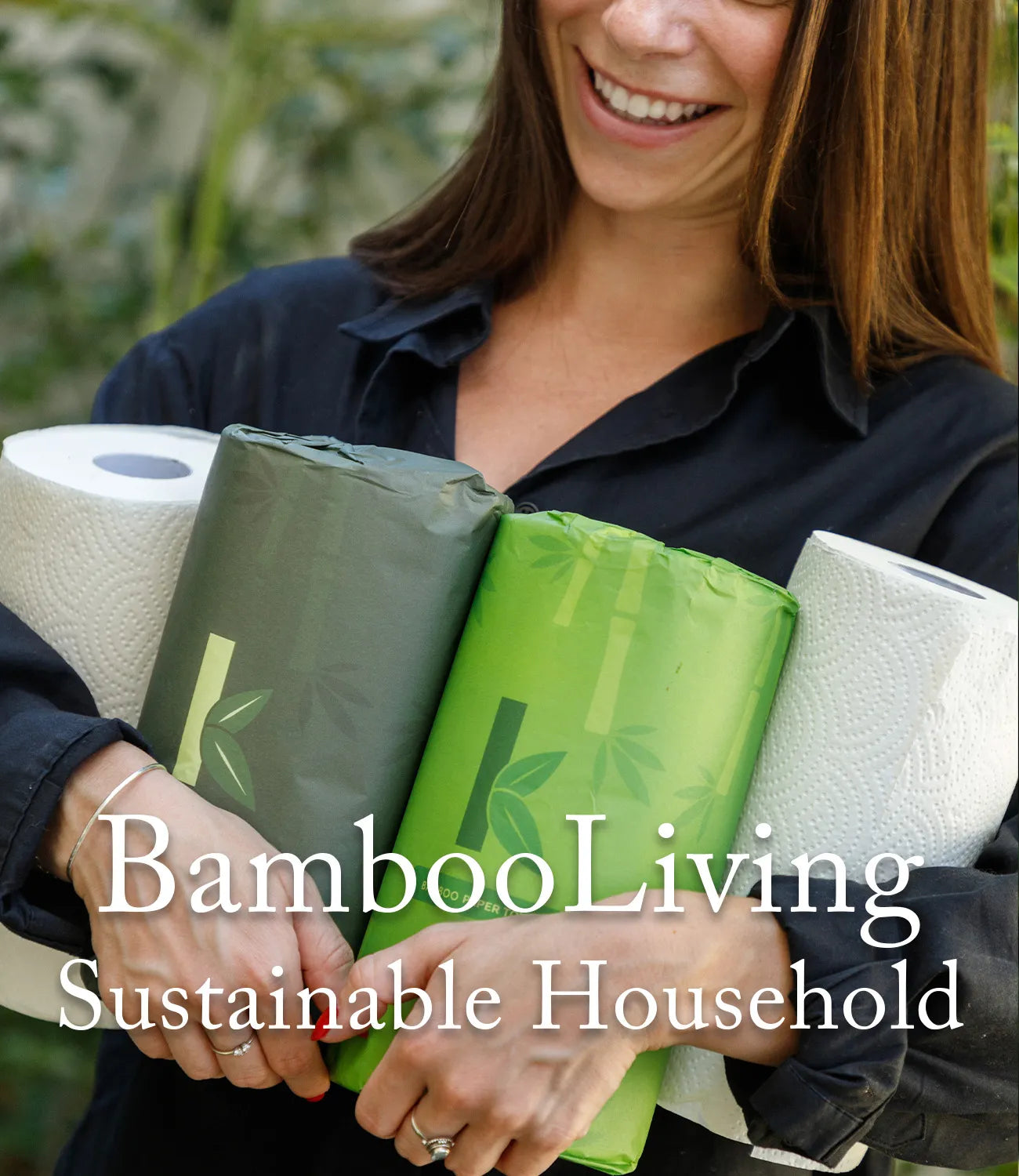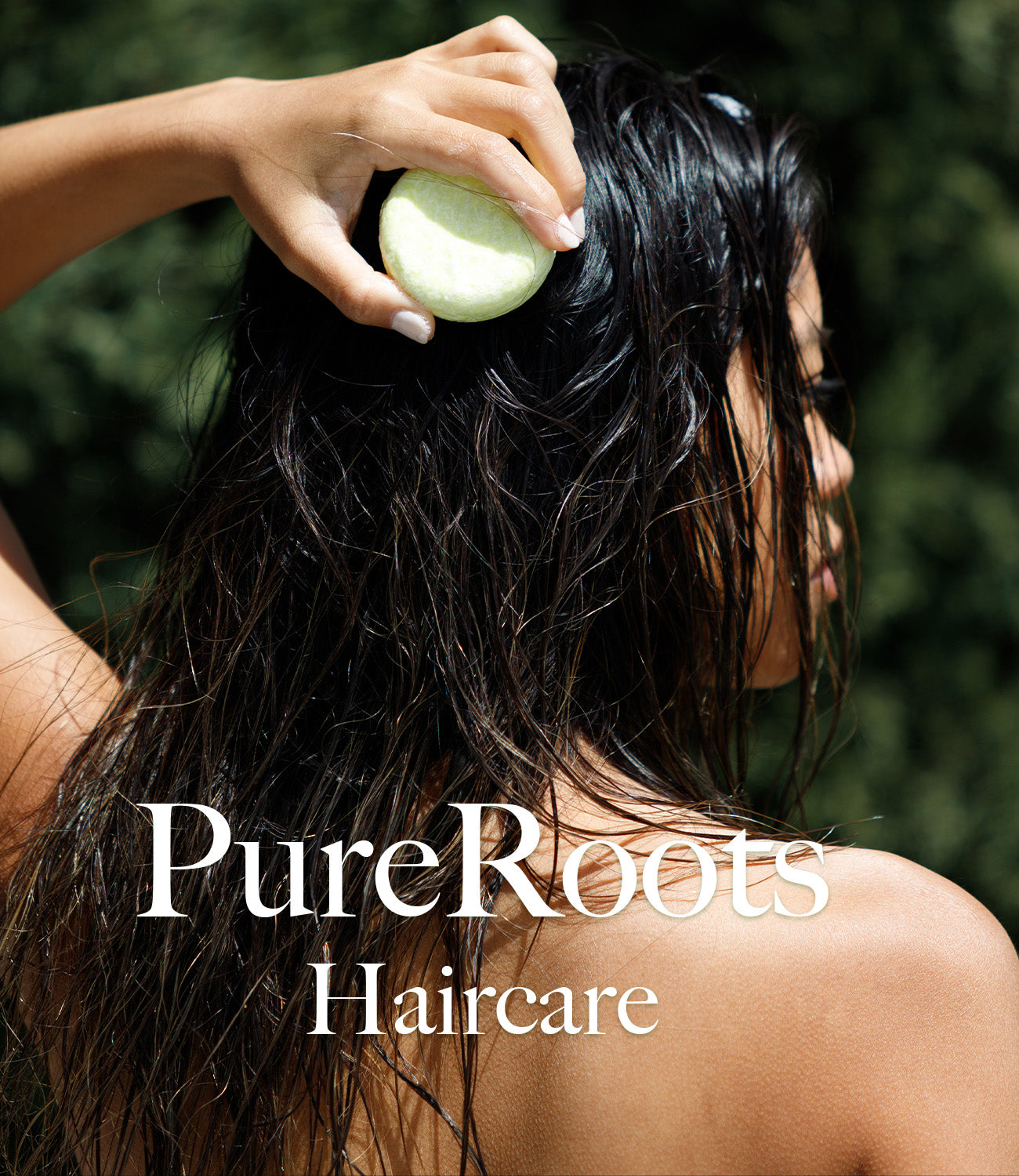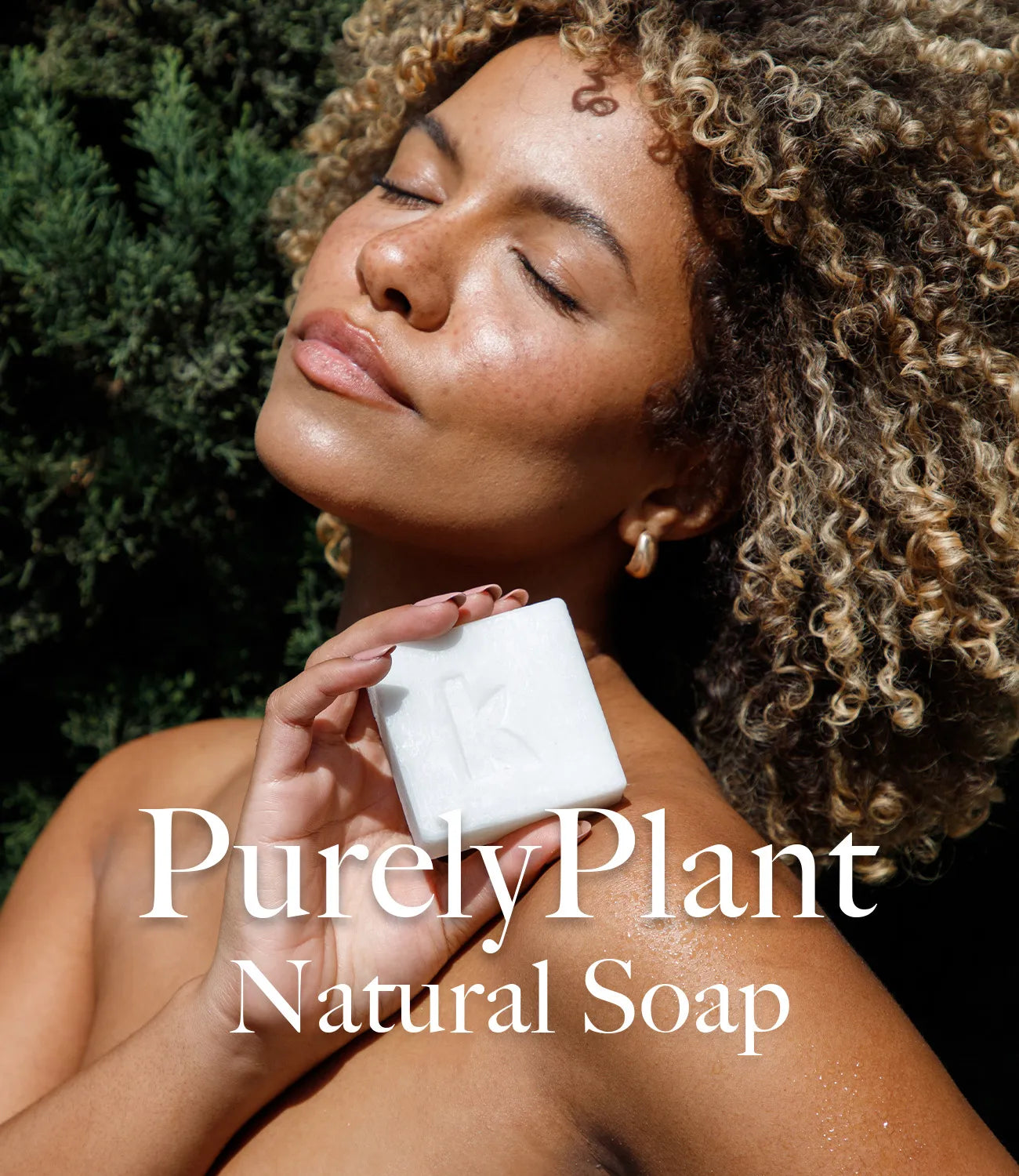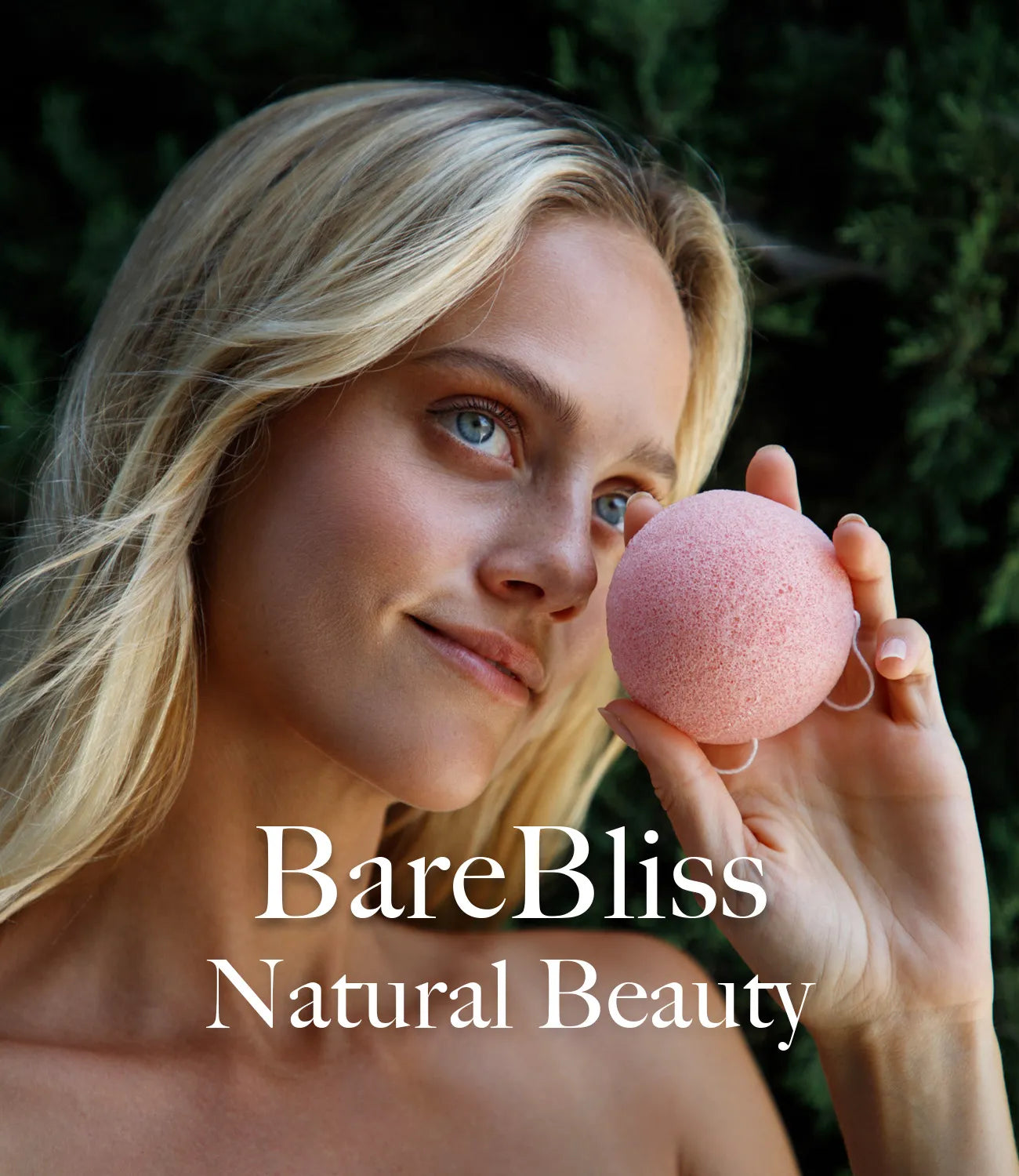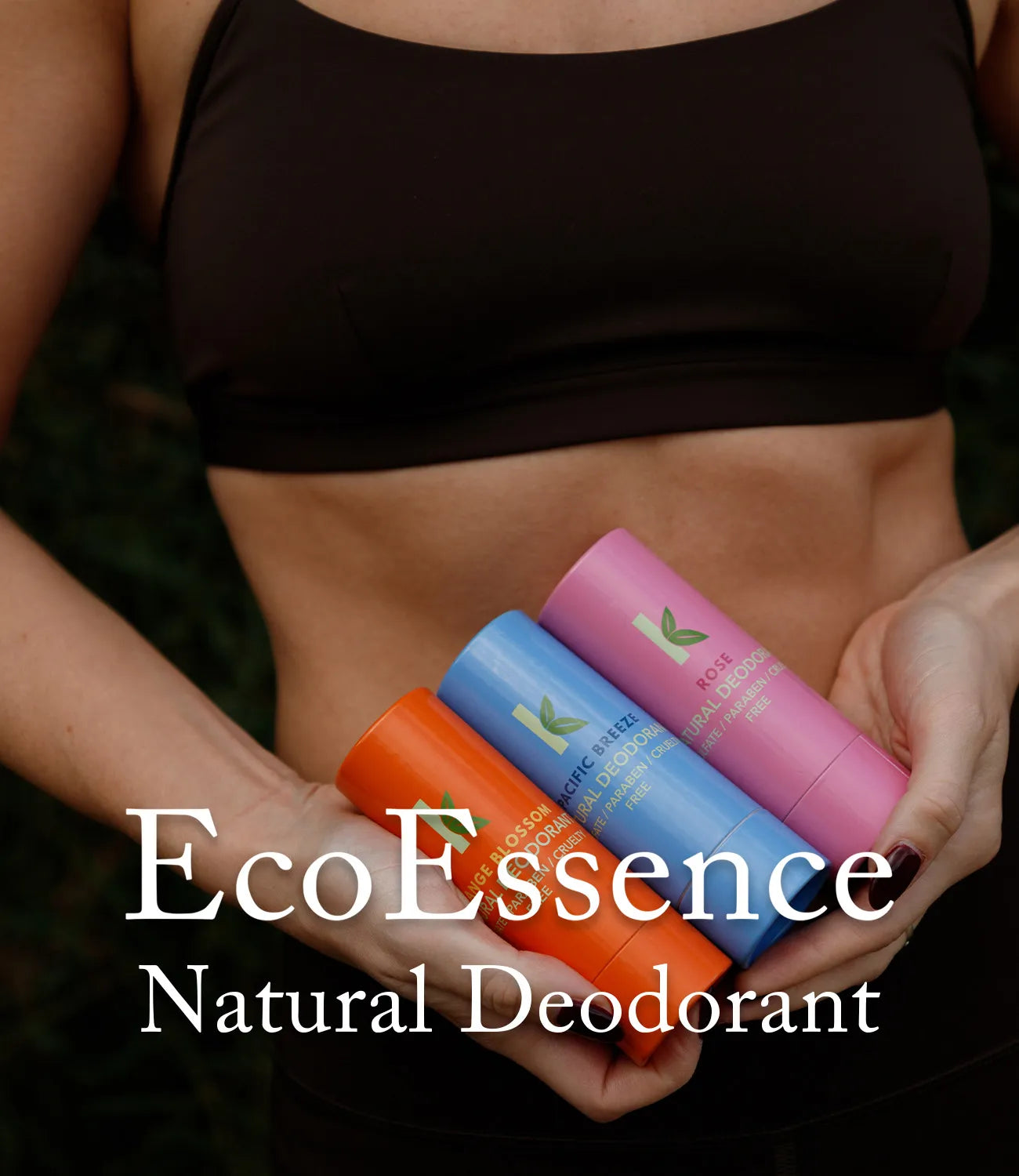Jojoba Oil For Hair
Jojoba oil is a versatile and natural oil derived from the seeds of the jojoba plant, a resilient shrub native to the arid regions of North America. Unlike many other plant-based oils, jojoba oil isn’t actually an oil but a liquid wax, which closely resembles the natural sebum produced by our scalp. This unique composition allows jojoba oil to blend seamlessly with the scalp's natural oils, making it an ideal choice for those looking to balance moisture levels and maintain healthy hair.
Renowned for its ability to nourish, hydrate, and protect, jojoba oil has become a popular ingredient in hair care products around the world. Its lightweight texture and non-greasy feel make it suitable for all hair types, from dry and damaged to oily and fine. As more people seek natural alternatives for their hair care routines, jojoba oil stands out for its ability to provide deep conditioning and scalp care without the use of harsh chemicals. In the following sections, we'll explore the numerous benefits of jojoba oil for hair and how you can incorporate it into your daily regimen for healthier, shinier locks.
Key Nutrients in Jojoba Oil
Jojoba oil is packed with essential nutrients that make it a powerhouse ingredient for hair care. Its unique blend of vitamins, minerals, and fatty acids nourishes the scalp and hair, promoting healthier, stronger, and more vibrant locks. Let’s explore the key nutrients found in jojoba oil and how they contribute to hair growth and scalp care:
Vitamins E and B Complex
Jojoba oil is rich in vitamin E, a powerful antioxidant known for its ability to protect cells from damage caused by free radicals. For hair, vitamin E plays a crucial role in promoting scalp health by improving blood circulation, which in turn enhances hair growth. It helps repair damaged hair follicles and prevents oxidative stress, which can lead to hair thinning and loss. Moreover, vitamin E adds a natural shine to the hair and improves its overall texture, making it look smoother and healthier.
Additionally, jojoba oil contains B-complex vitamins, including B5 (pantothenic acid) and B7 (biotin), which are vital for maintaining healthy hair. These vitamins help strengthen hair strands, prevent breakage, and support the natural growth cycle. Biotin, in particular, is well-known for its role in enhancing hair thickness and texture. Regular application of jojoba oil can provide these essential vitamins directly to the hair and scalp, contributing to stronger, more resilient hair over time.
Minerals: Zinc and Copper
Jojoba oil is a source of important minerals such as zinc and copper, which are beneficial for scalp health and hair growth. Zinc plays a pivotal role in maintaining the health of the hair follicles and preventing hair loss. It helps regulate the production of sebum, the scalp’s natural oil, ensuring that the scalp remains moisturized without becoming overly oily or dry. This balance is crucial in preventing conditions like dandruff and promoting a healthy scalp environment that supports robust hair growth.
Copper, on the other hand, is known for its role in promoting melanin production, which gives hair its natural color. It can help delay the onset of premature graying by maintaining the natural pigmentation of the hair. Moreover, copper peptides are often associated with enhancing hair thickness and stimulating hair growth by promoting blood flow to the scalp. The presence of these minerals in jojoba oil makes it an effective natural remedy for various scalp issues while also supporting the overall health and vibrancy of the hair.
Fatty Acids: Omega-9 and Omega-6
Jojoba oil contains essential fatty acids, particularly omega-9 (oleic acid) and omega-6 (linoleic acid), which are vital for maintaining the health of both the scalp and hair. Omega-9 helps to add moisture to the hair shaft, improving elasticity and reducing breakage. It penetrates deeply into the hair strands, providing long-lasting hydration and making hair softer and more manageable.
Omega-6 fatty acids, such as linoleic acid, are known for their anti-inflammatory properties, which can soothe an irritated scalp and reduce conditions like dryness and dandruff. These fatty acids also help strengthen the hair follicle, promoting healthier hair growth. The combination of omega-9 and omega-6 fatty acids in jojoba oil makes it a powerful ingredient for maintaining a balanced, hydrated scalp and preventing common hair issues such as brittleness and split ends.
Additional Compounds: Phytosterols
Jojoba oil also contains phytosterols, plant-based compounds that can help promote hair growth by improving the absorption of nutrients into the scalp. Phytosterols are known to boost hair follicle function, supporting the growth phase of the hair cycle and helping to reduce hair thinning. They also provide a protective barrier on the hair and scalp, locking in moisture and shielding against environmental stressors like UV rays and pollution.
By delivering a potent mix of vitamins, minerals, fatty acids, and phytosterols directly to the scalp and hair, jojoba oil offers comprehensive care that promotes healthy growth, enhances shine, and protects against damage. Incorporating jojoba oil into your hair care routine can provide your scalp with the nutrients it needs to support healthy, beautiful hair from root to tip.
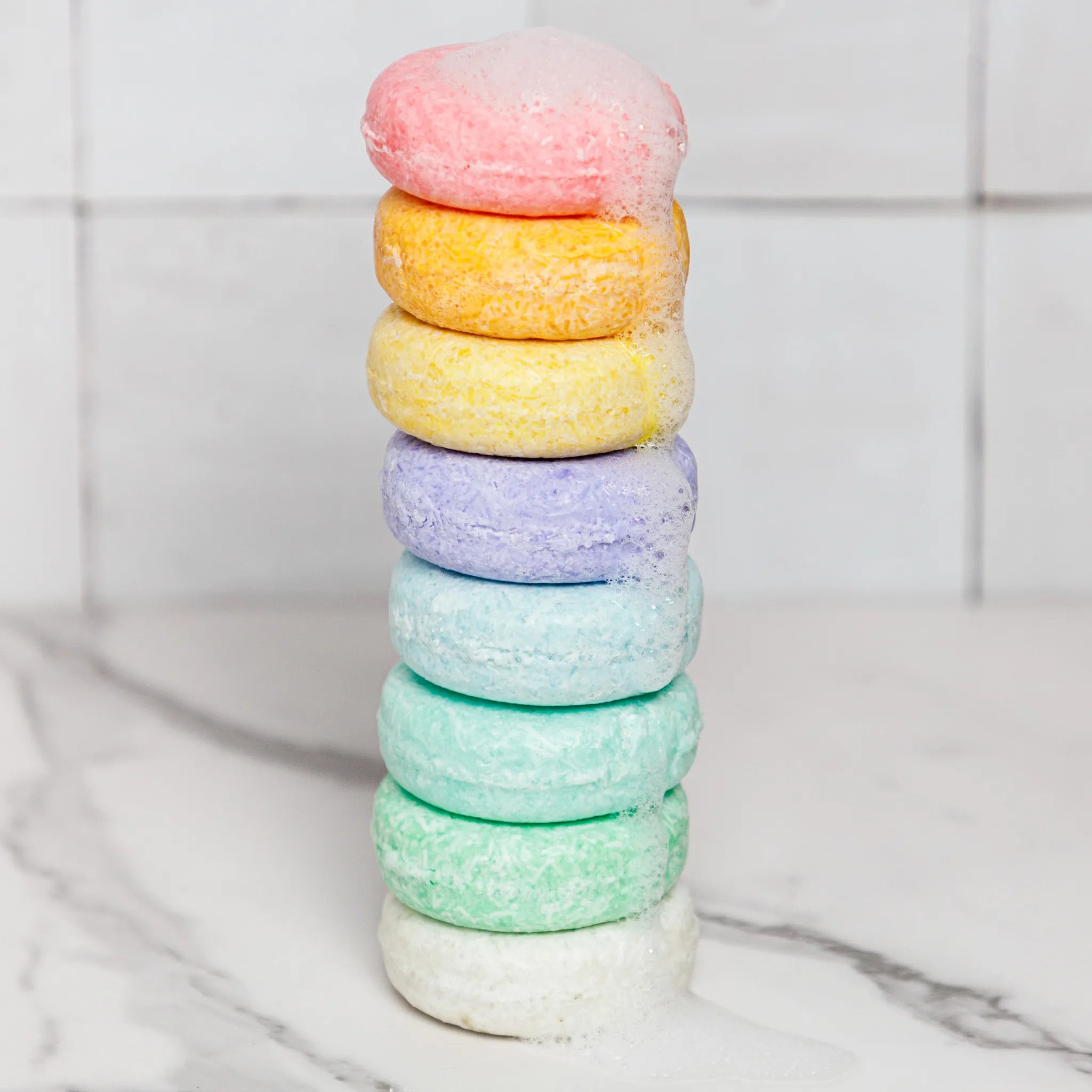
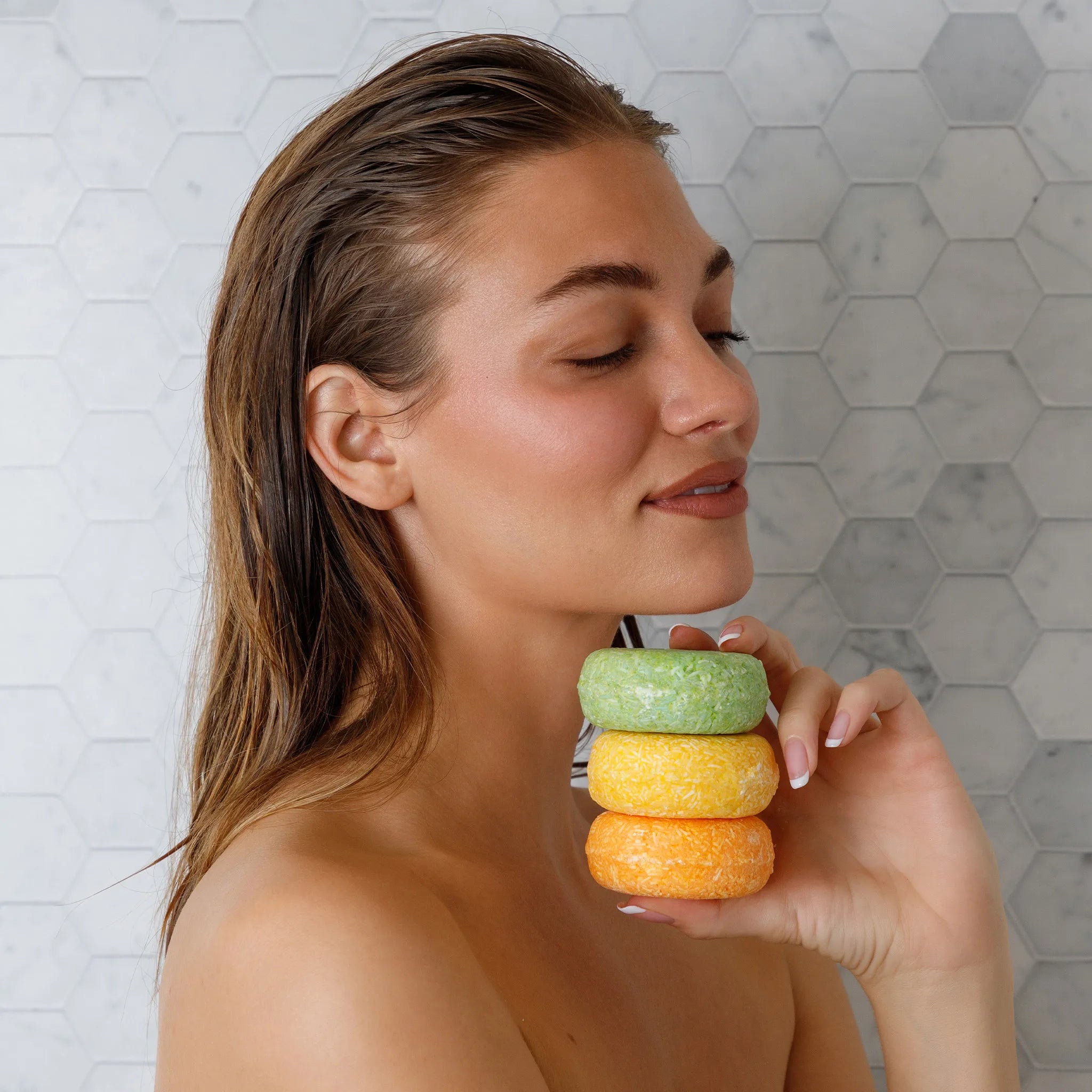
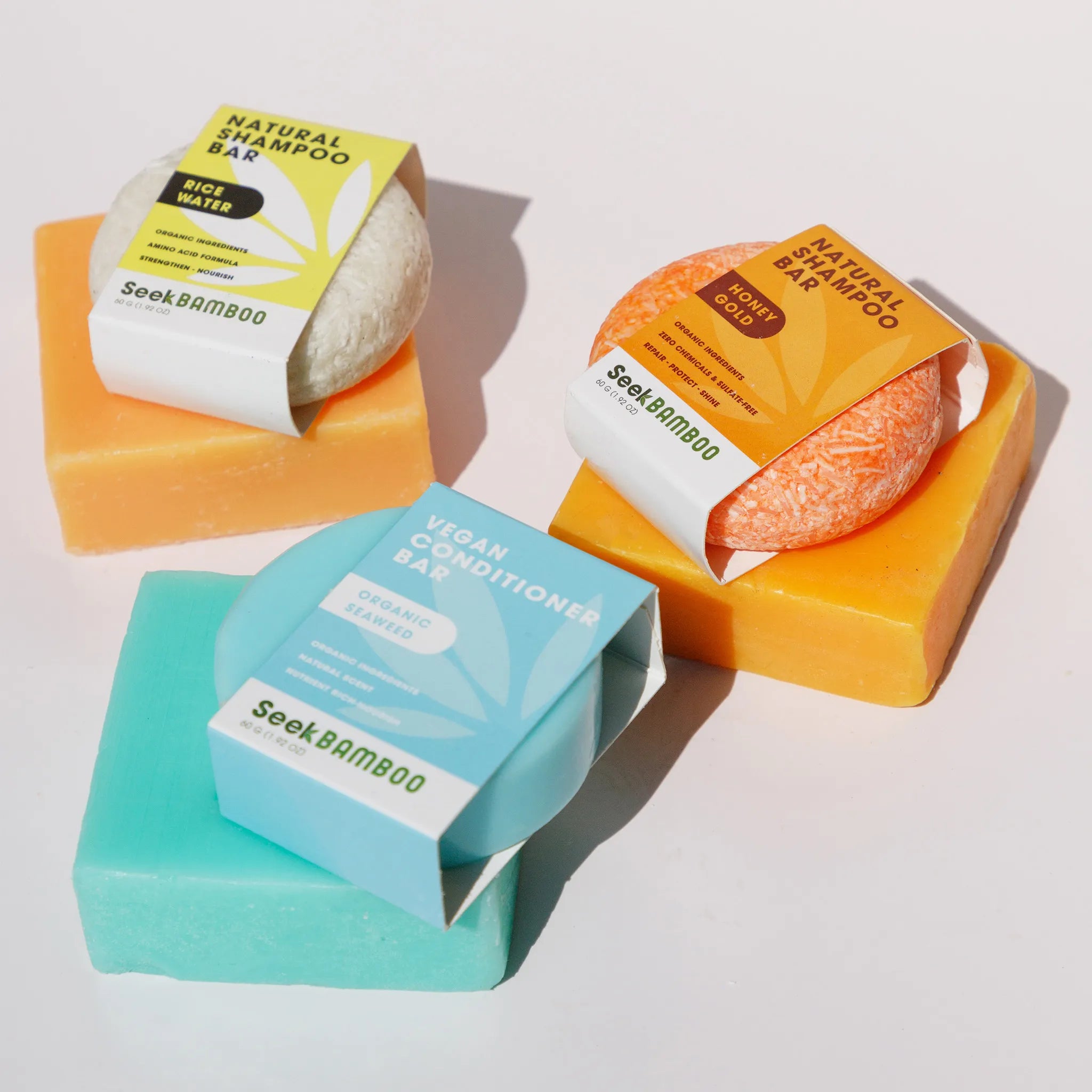
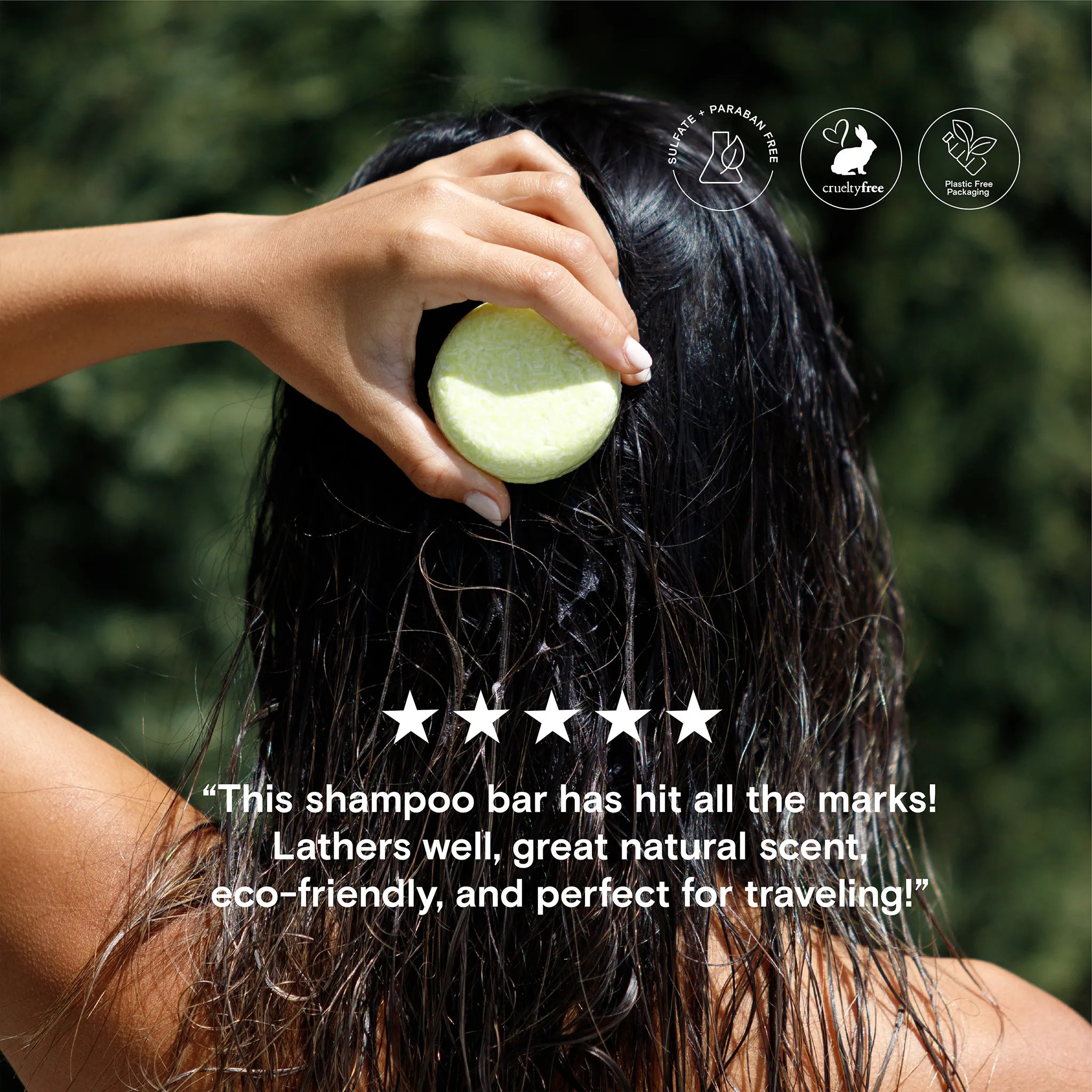

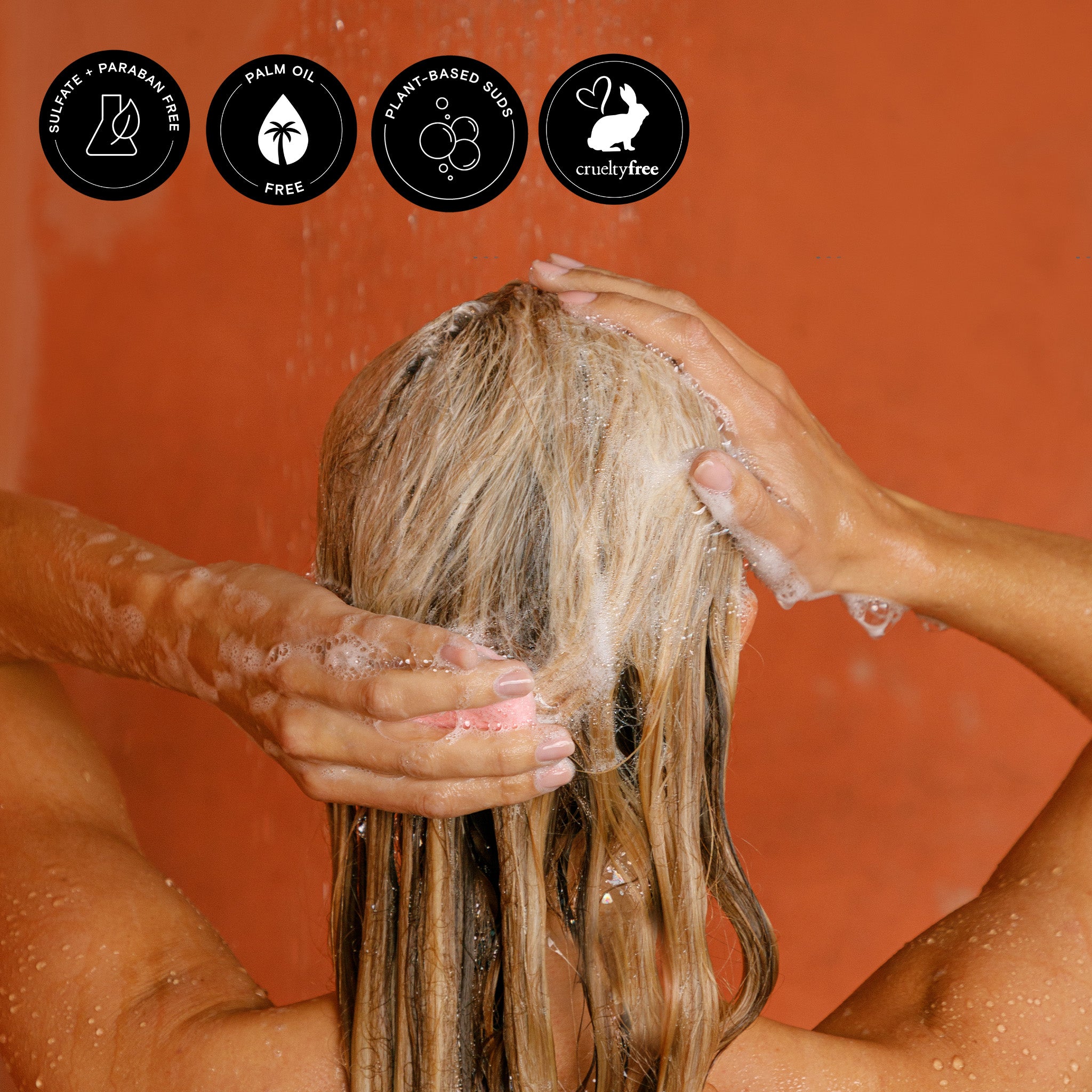
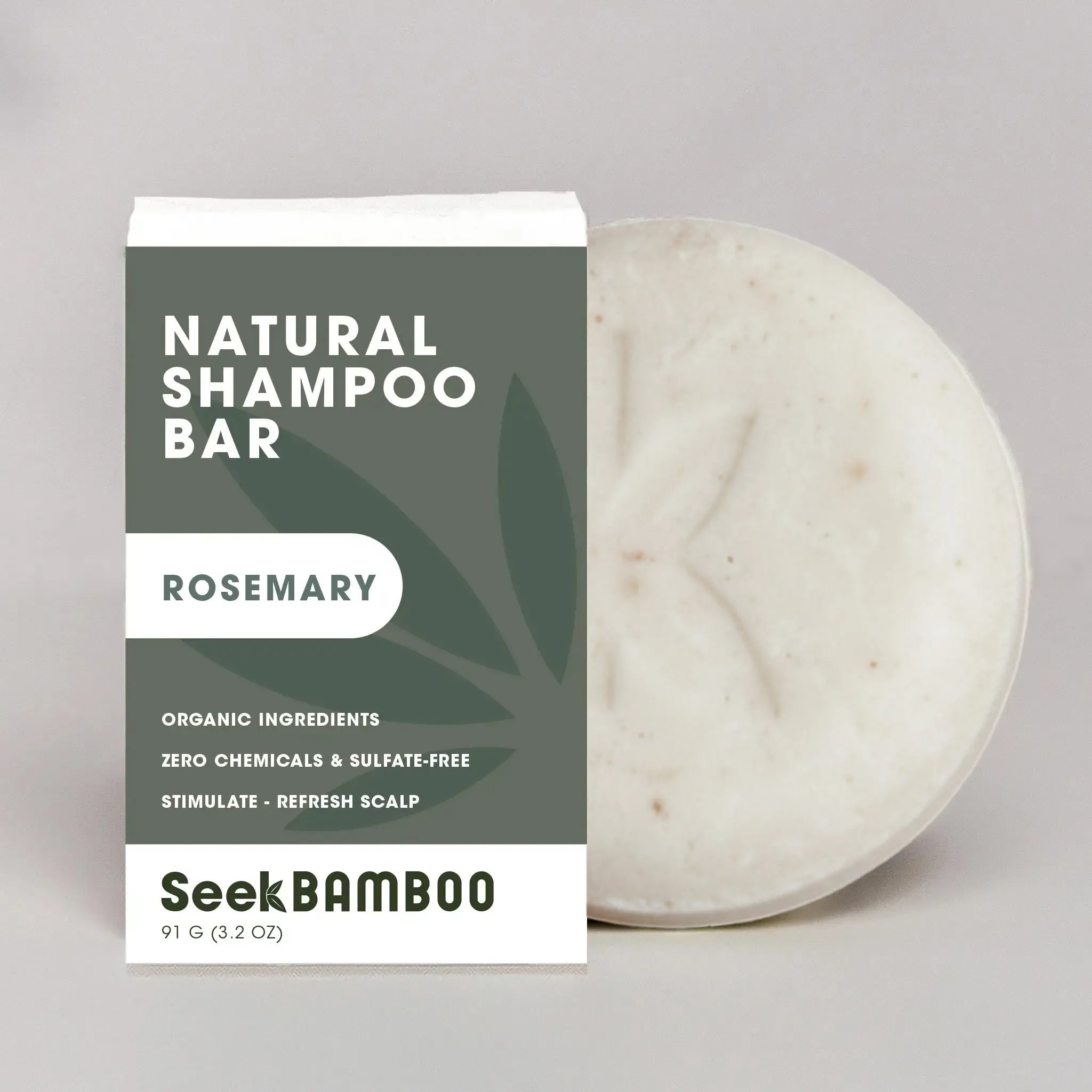
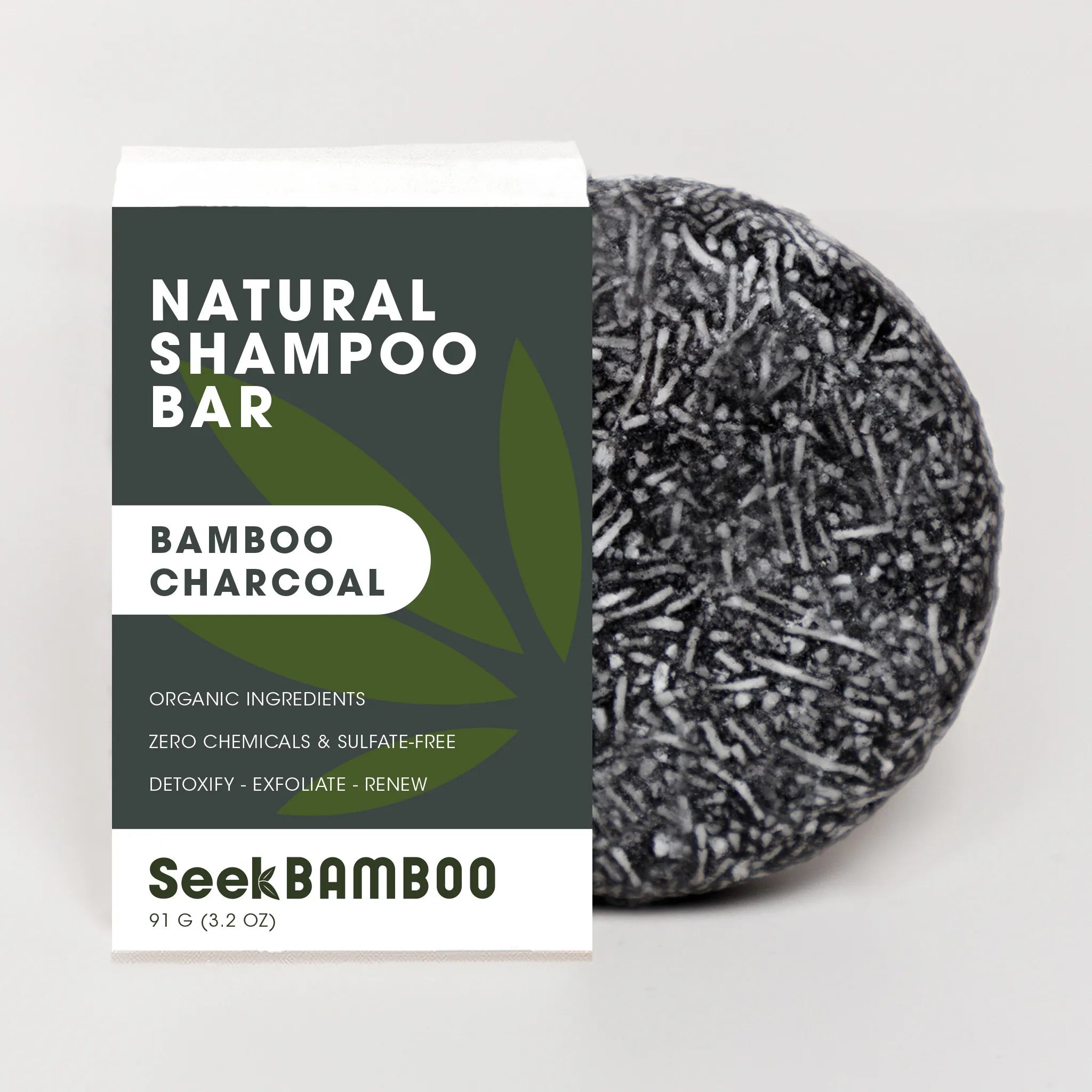
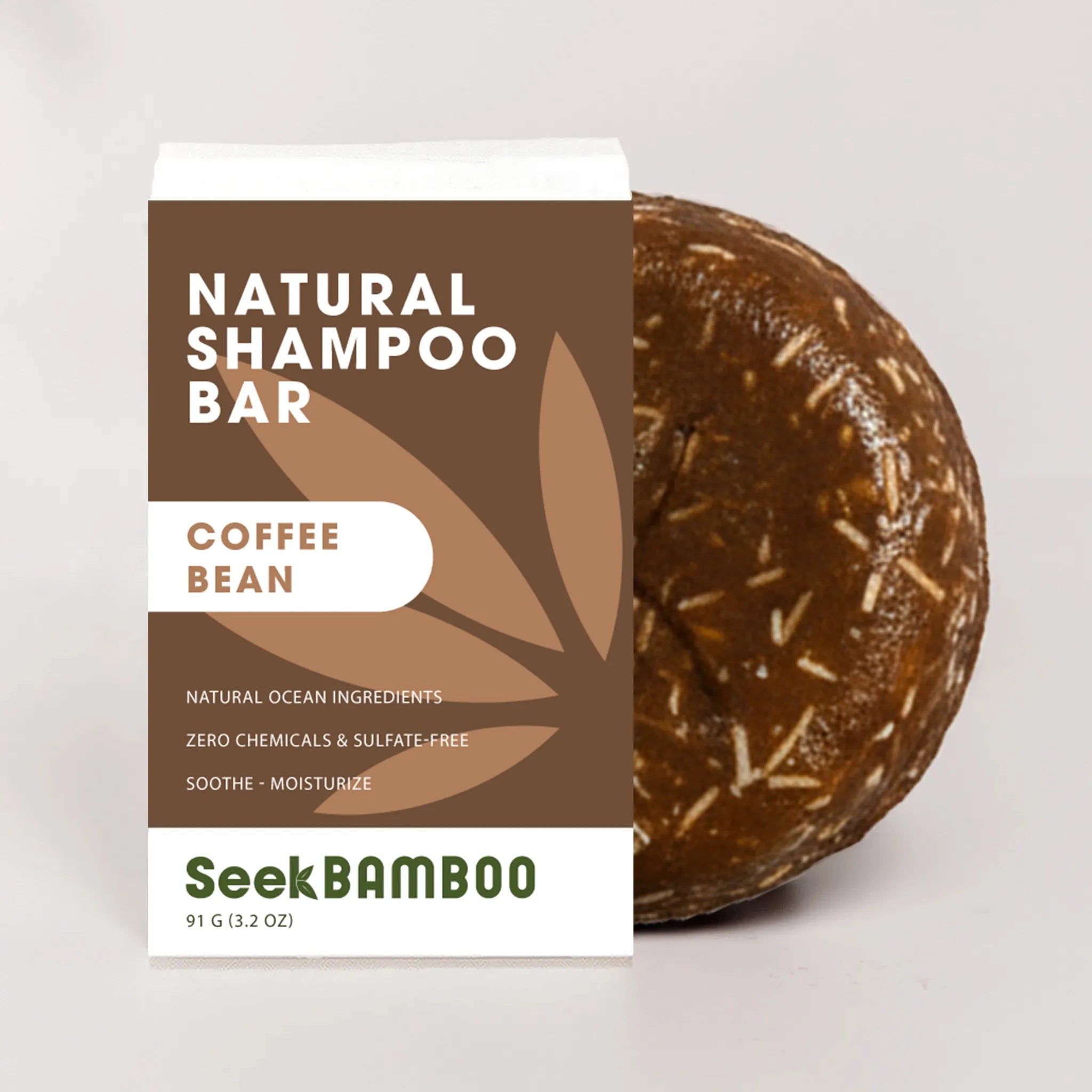
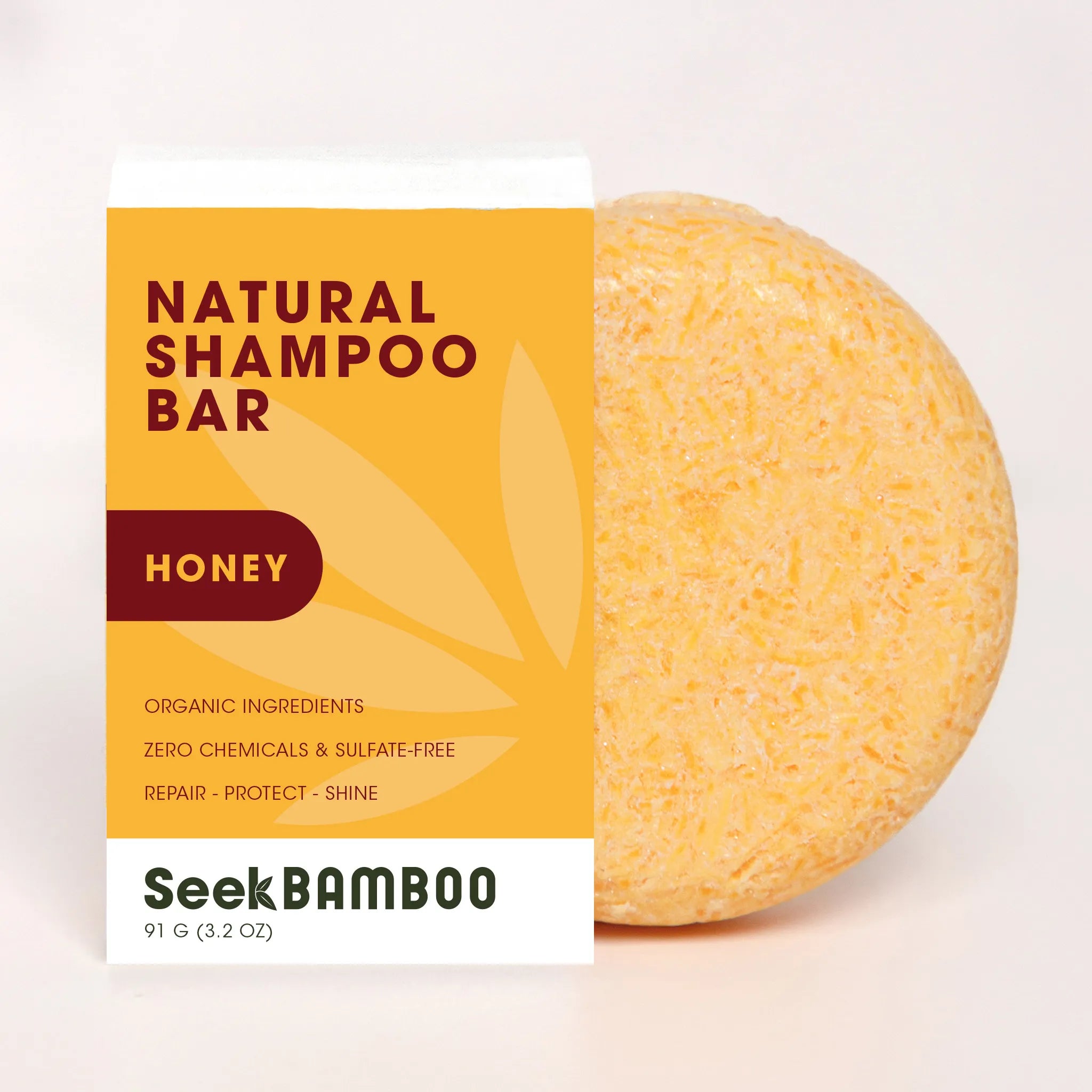
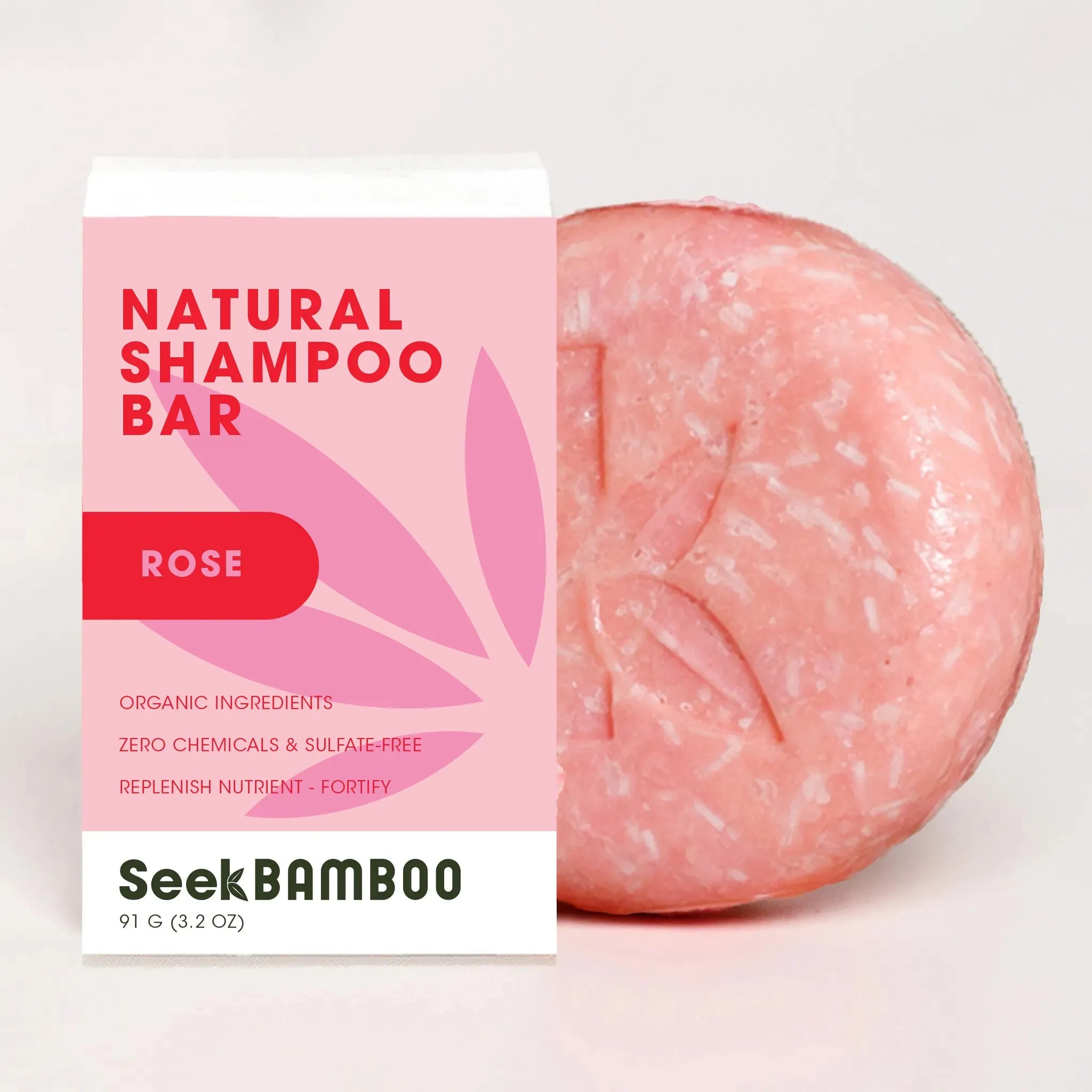
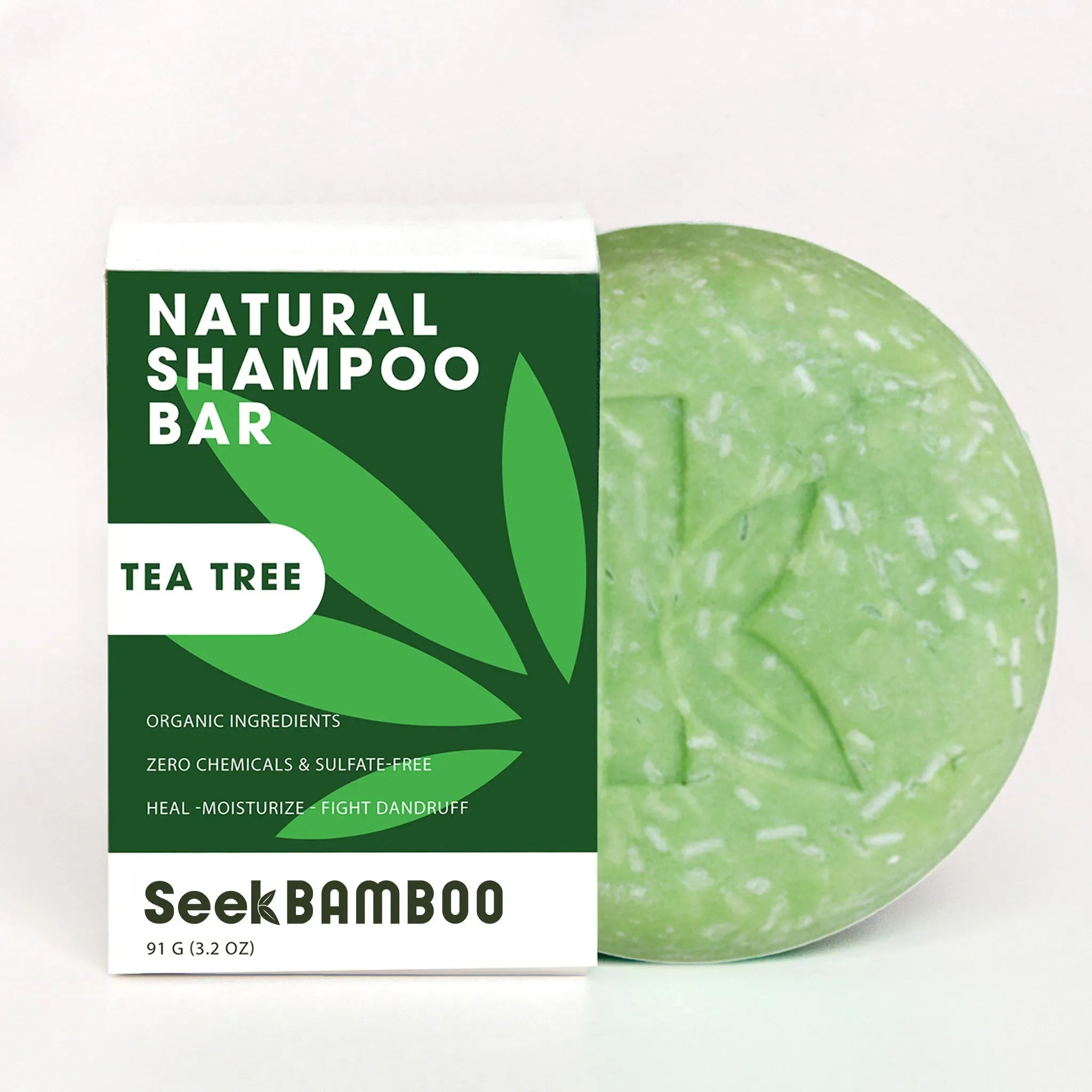
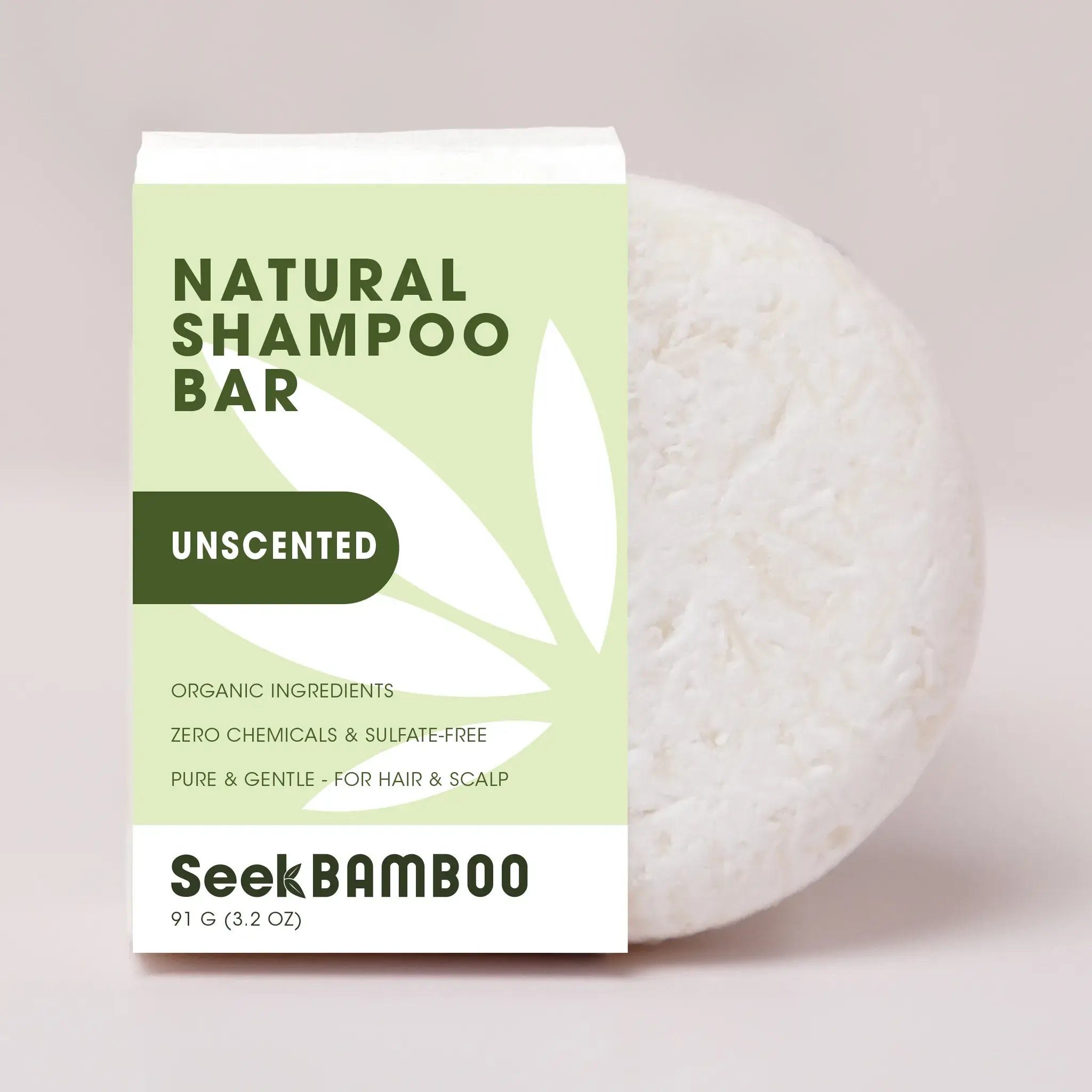
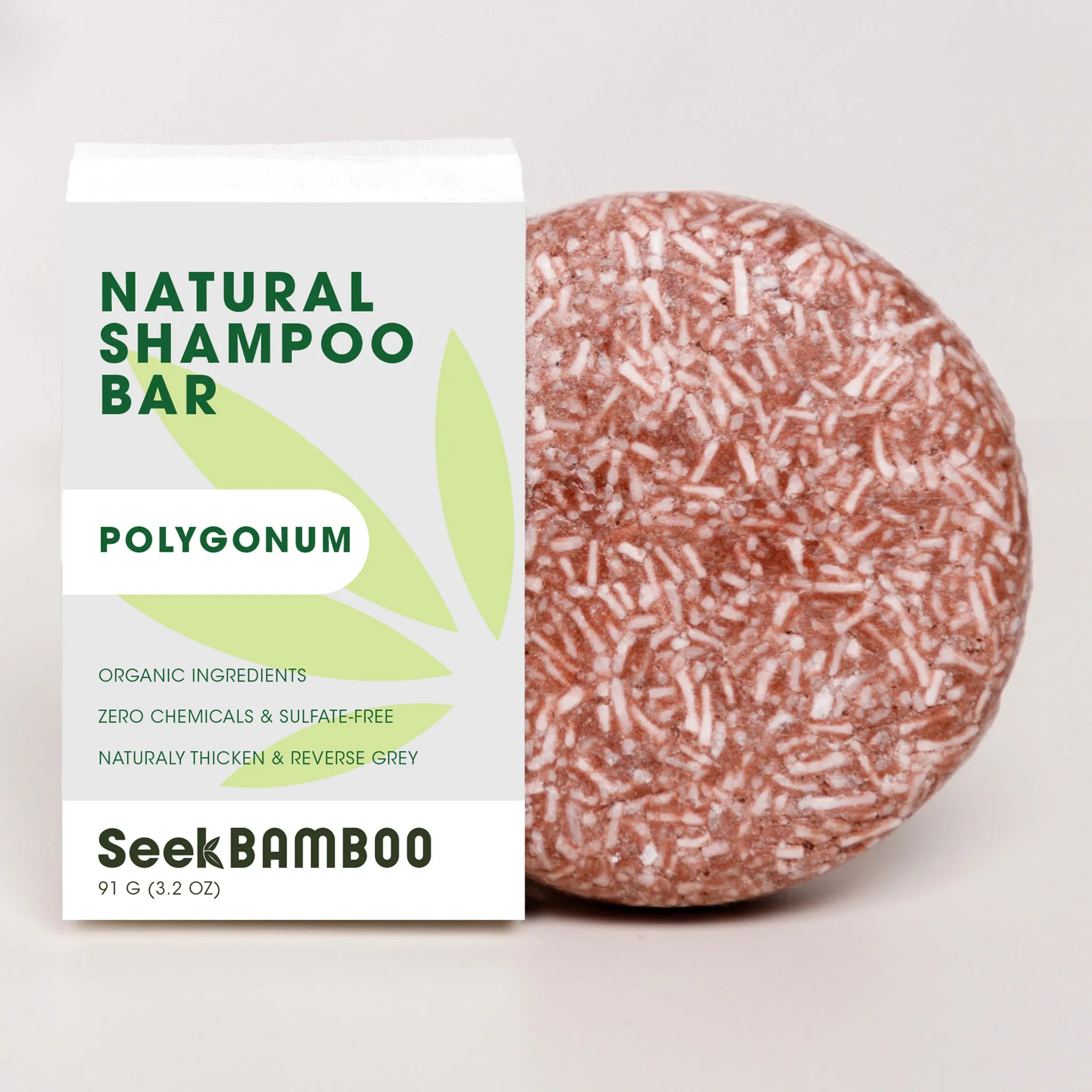
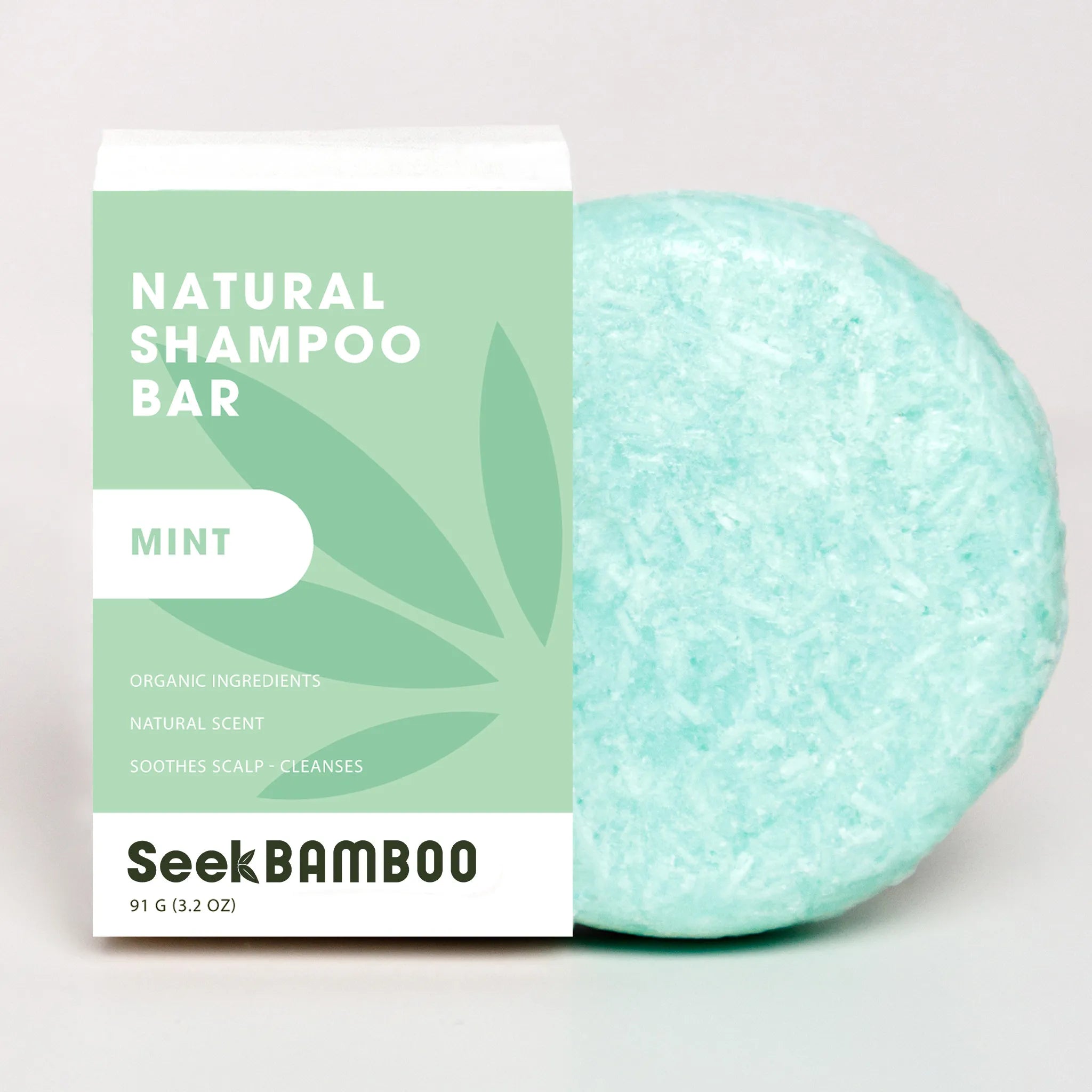
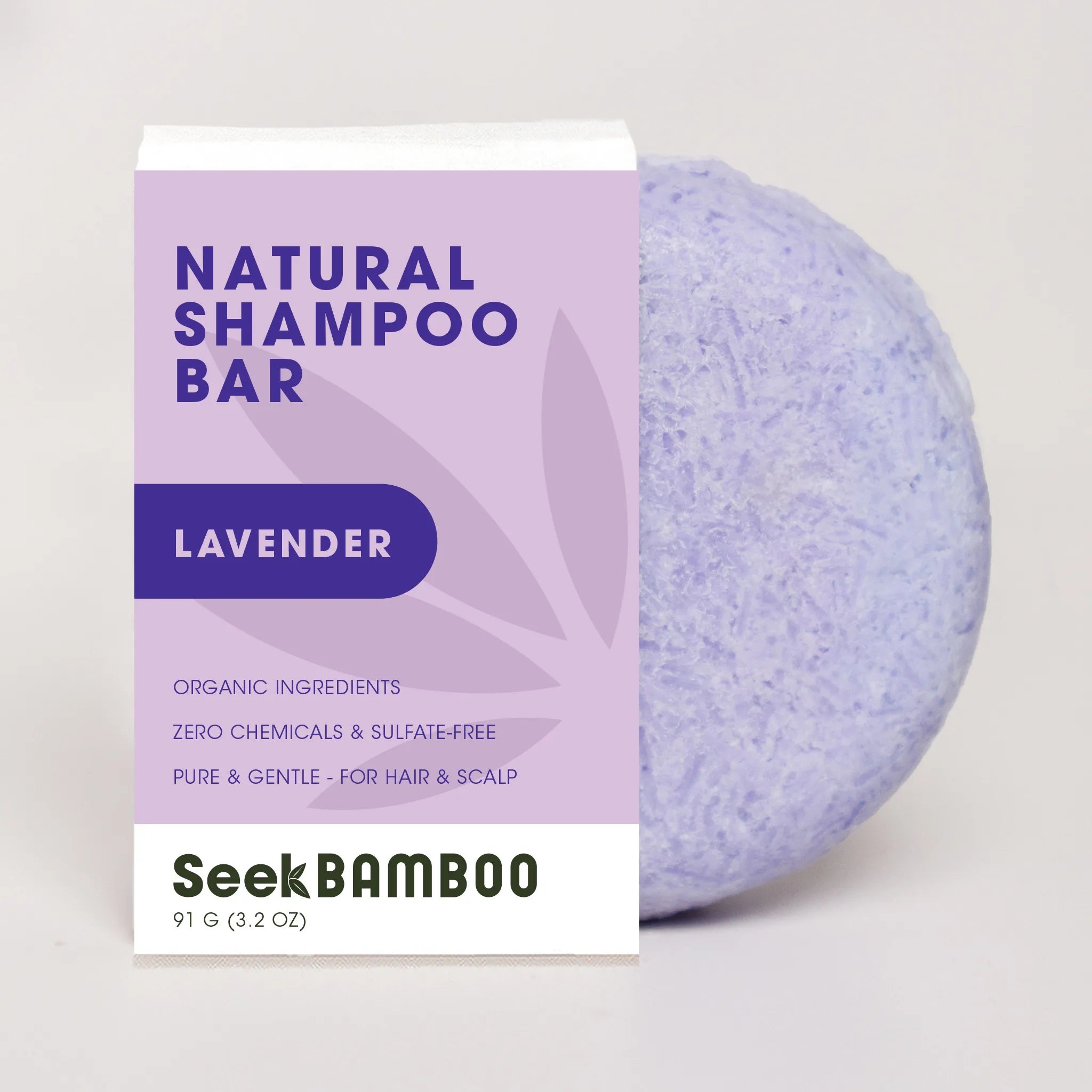
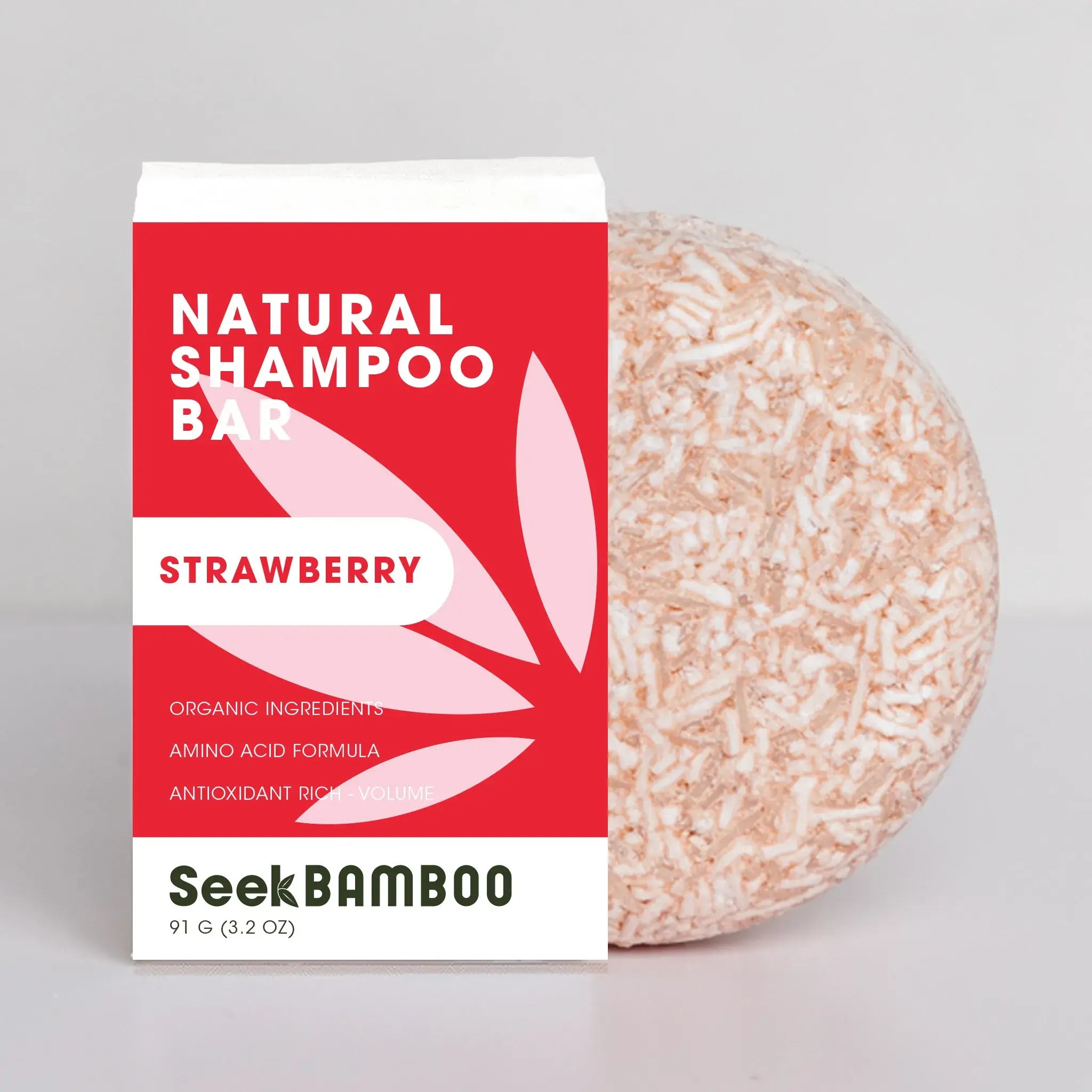
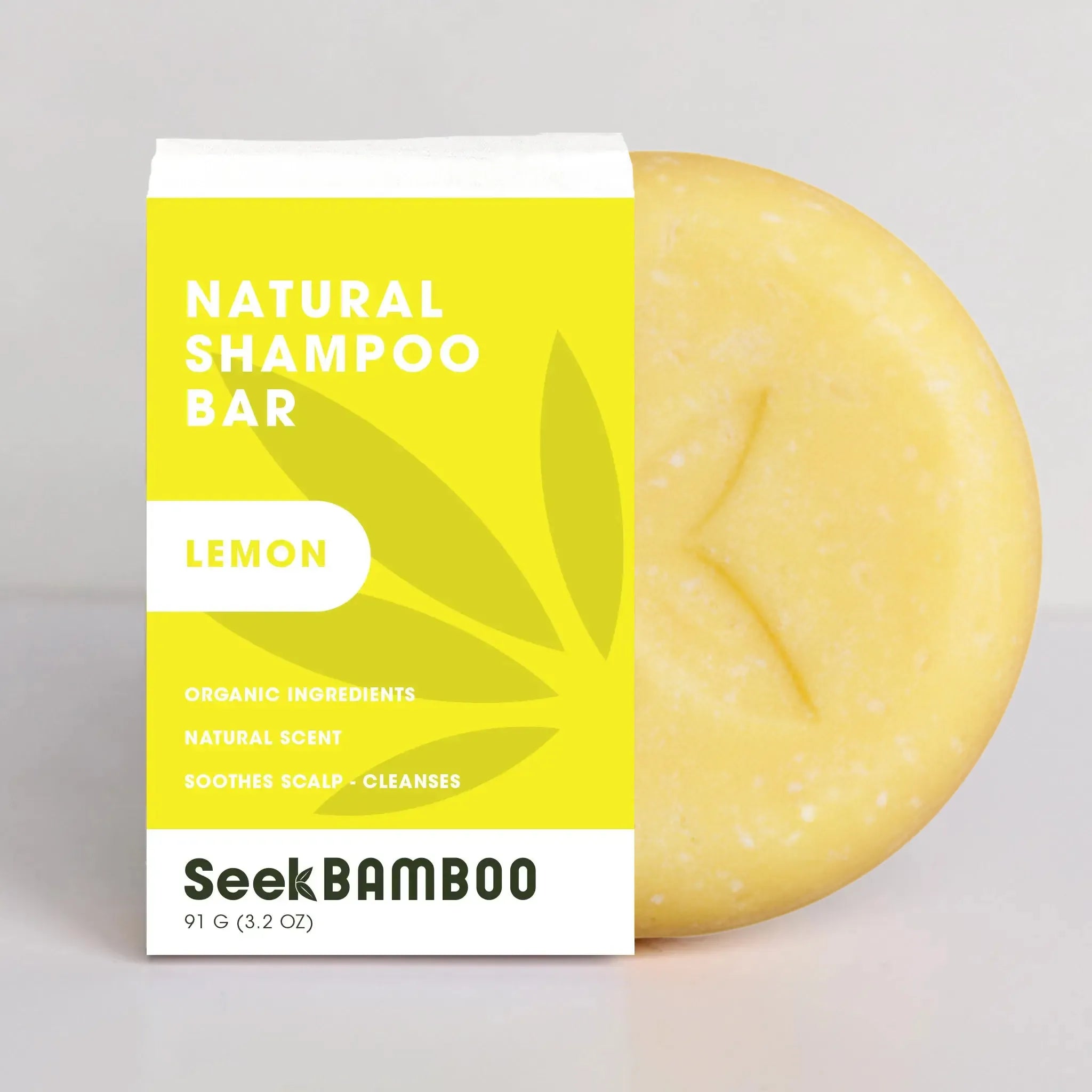
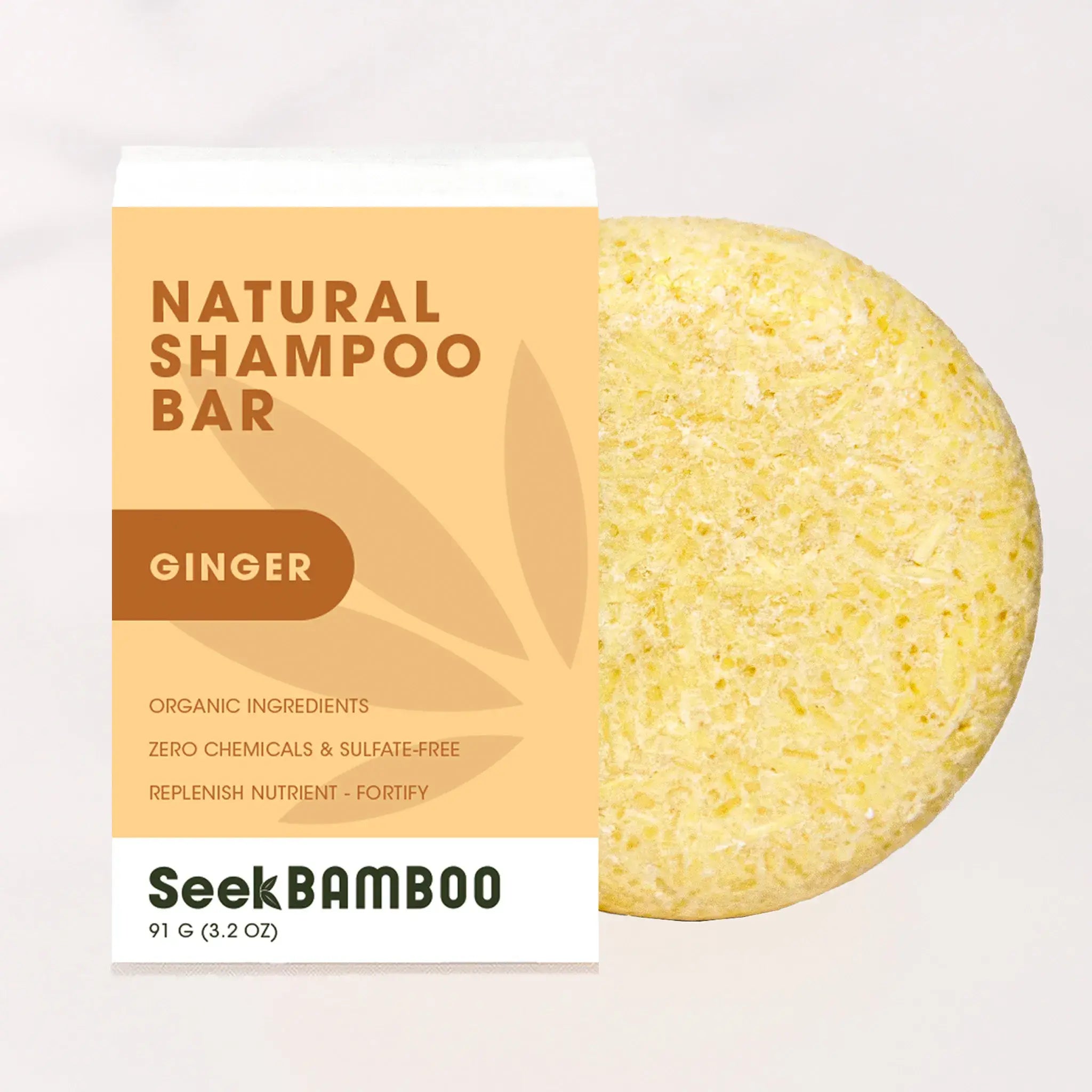
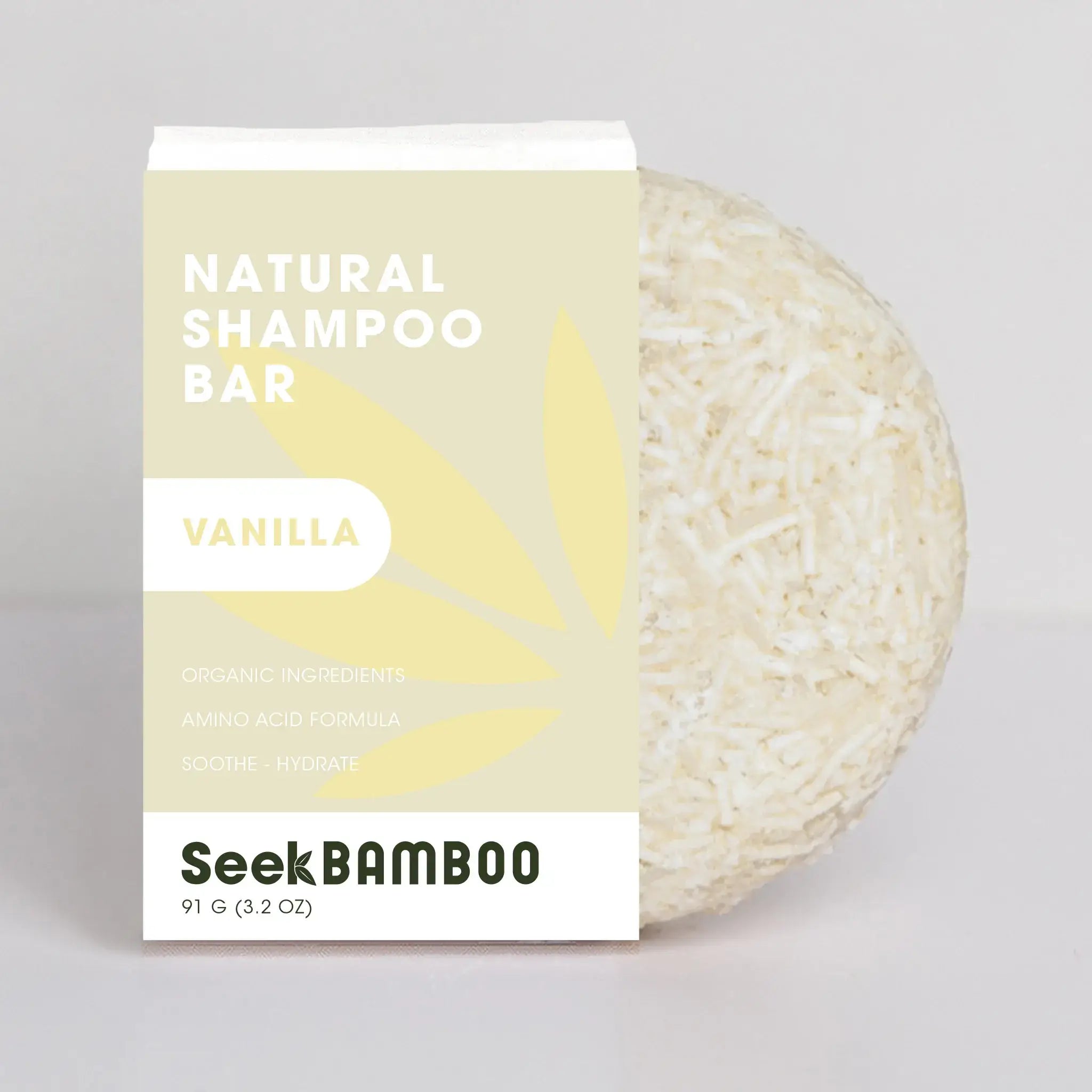
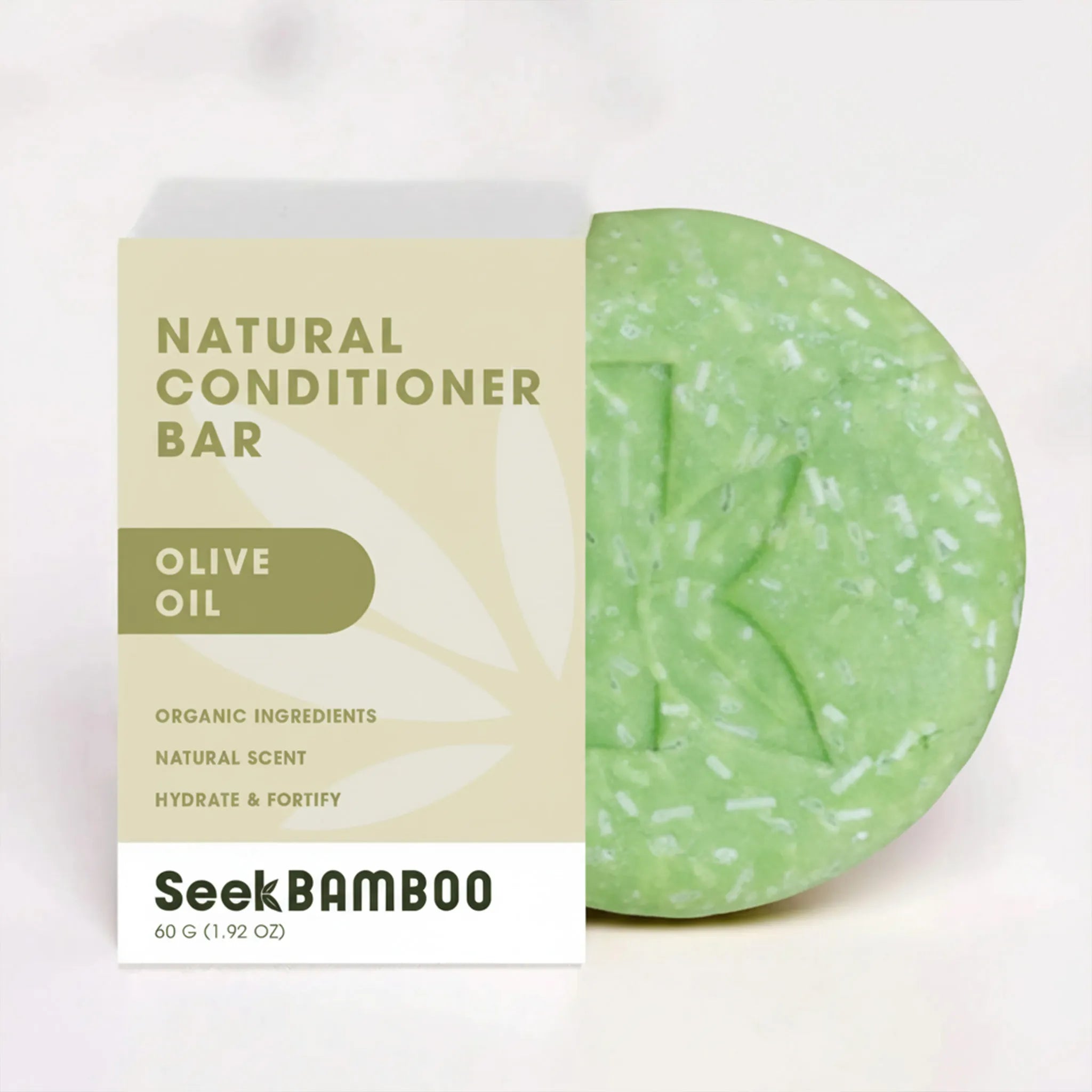
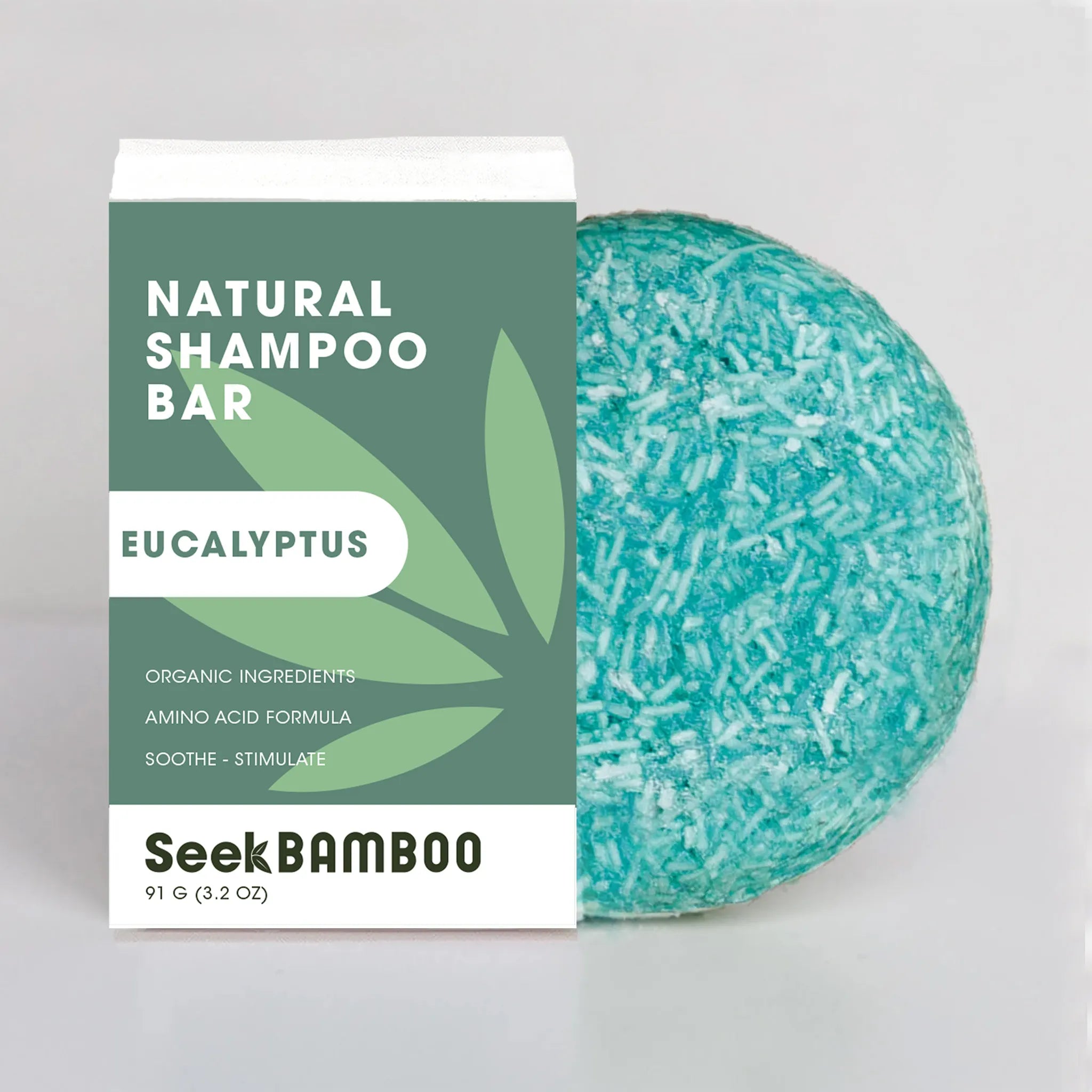
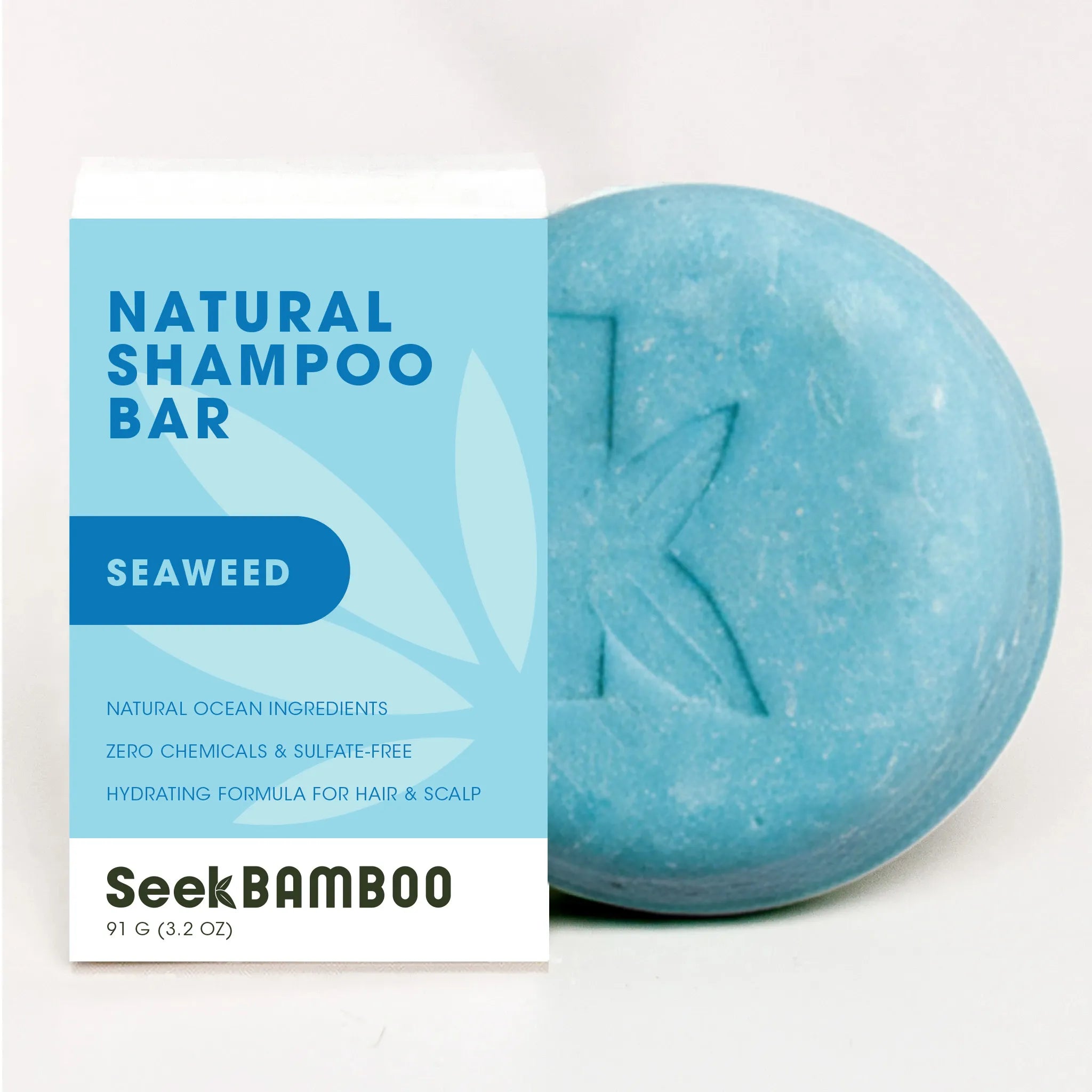
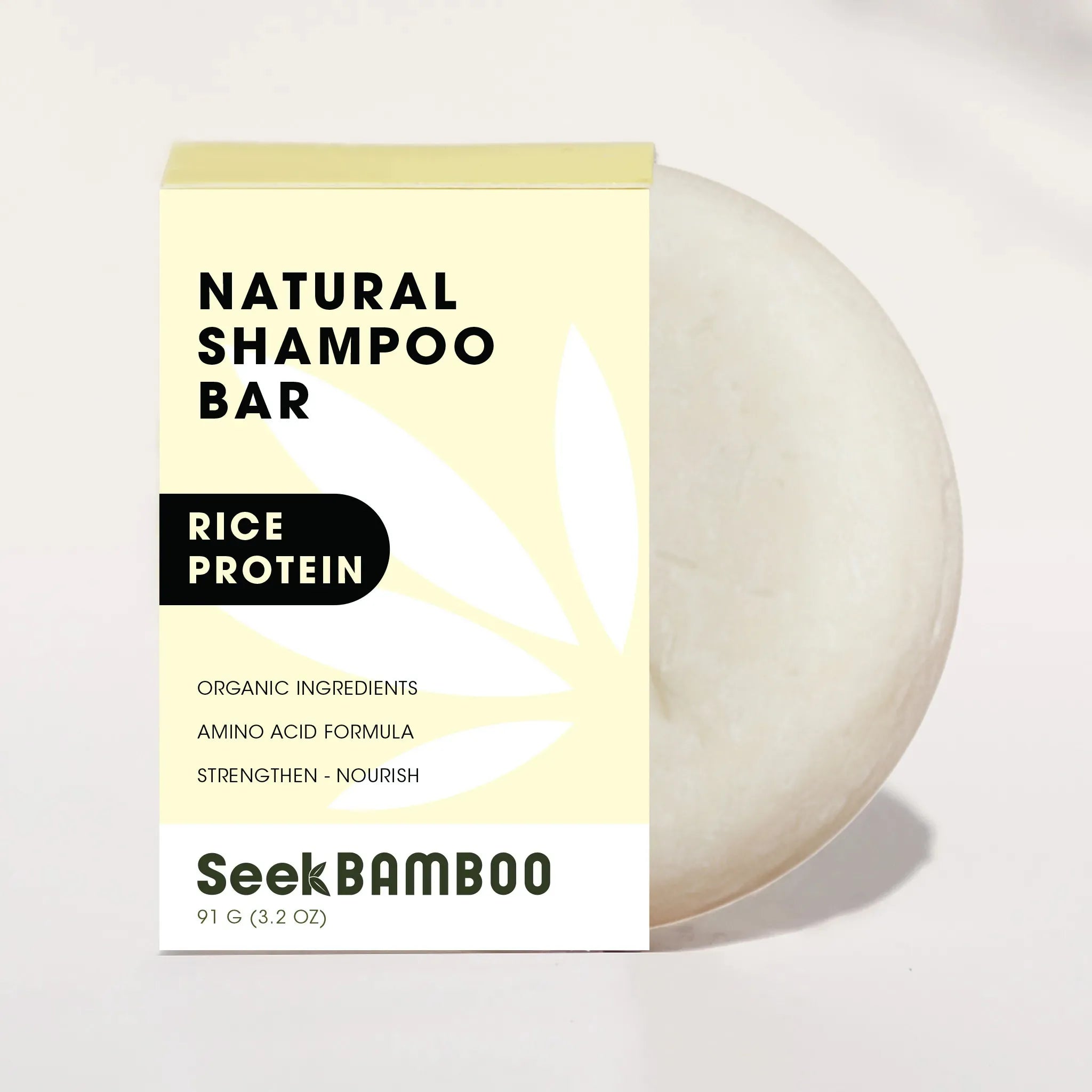
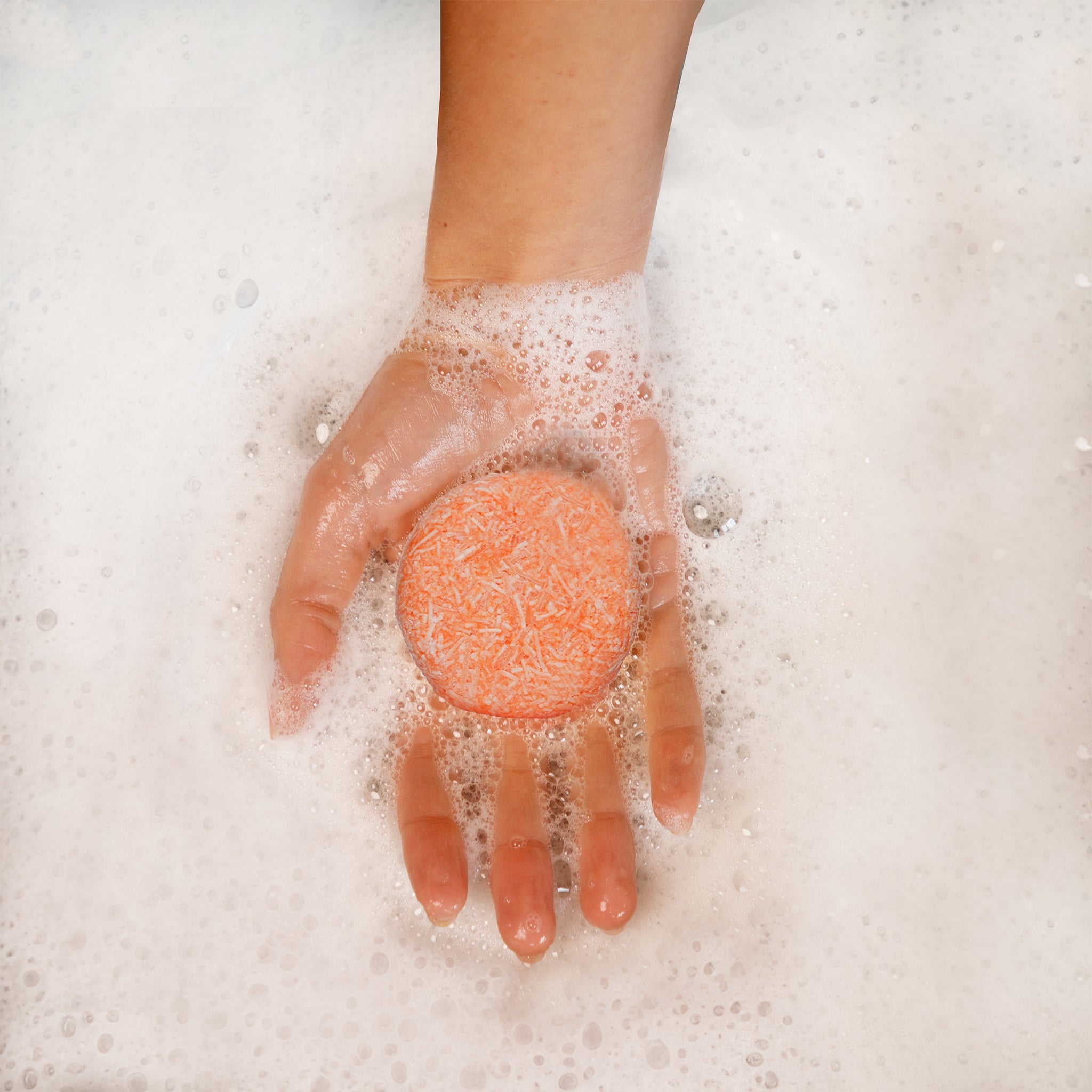
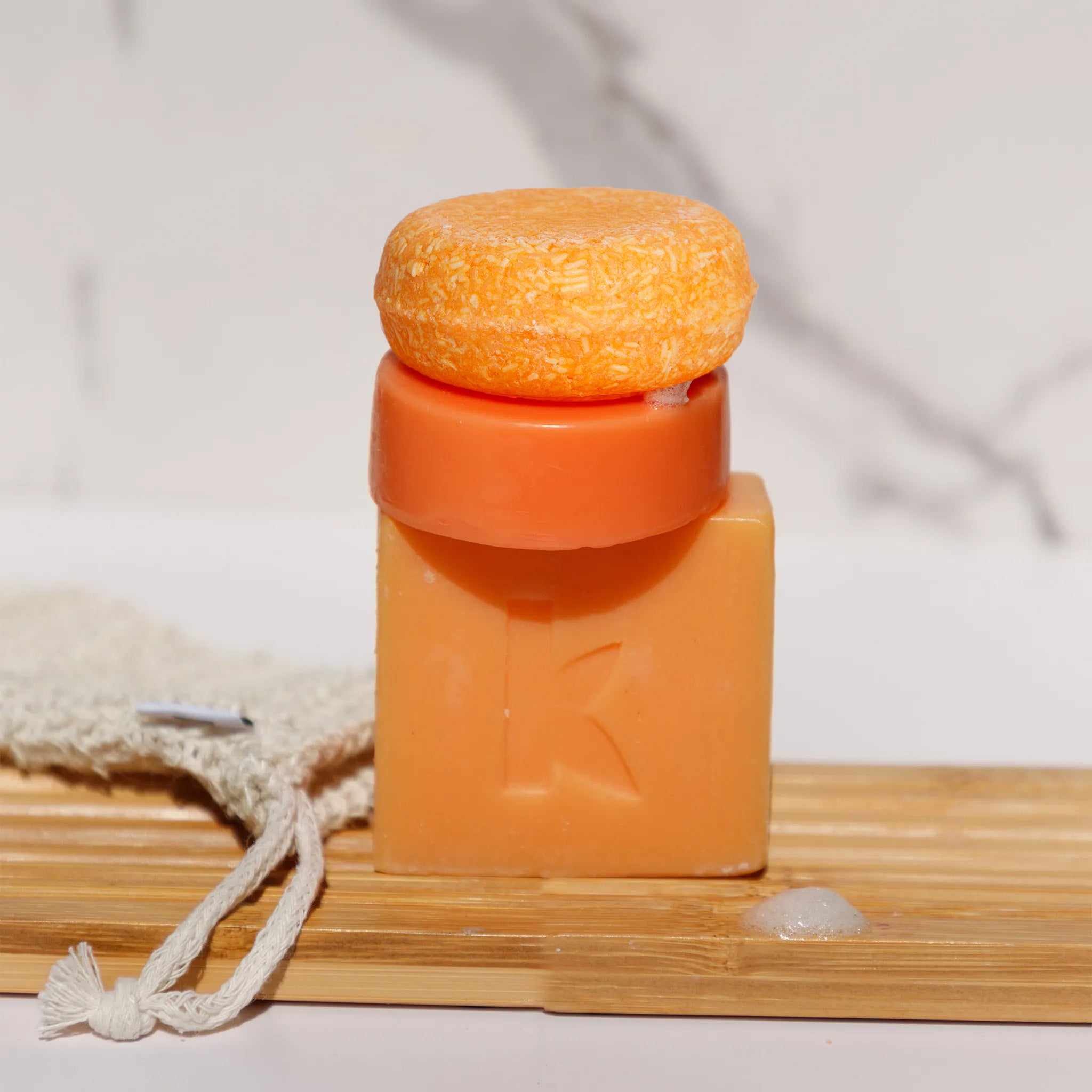
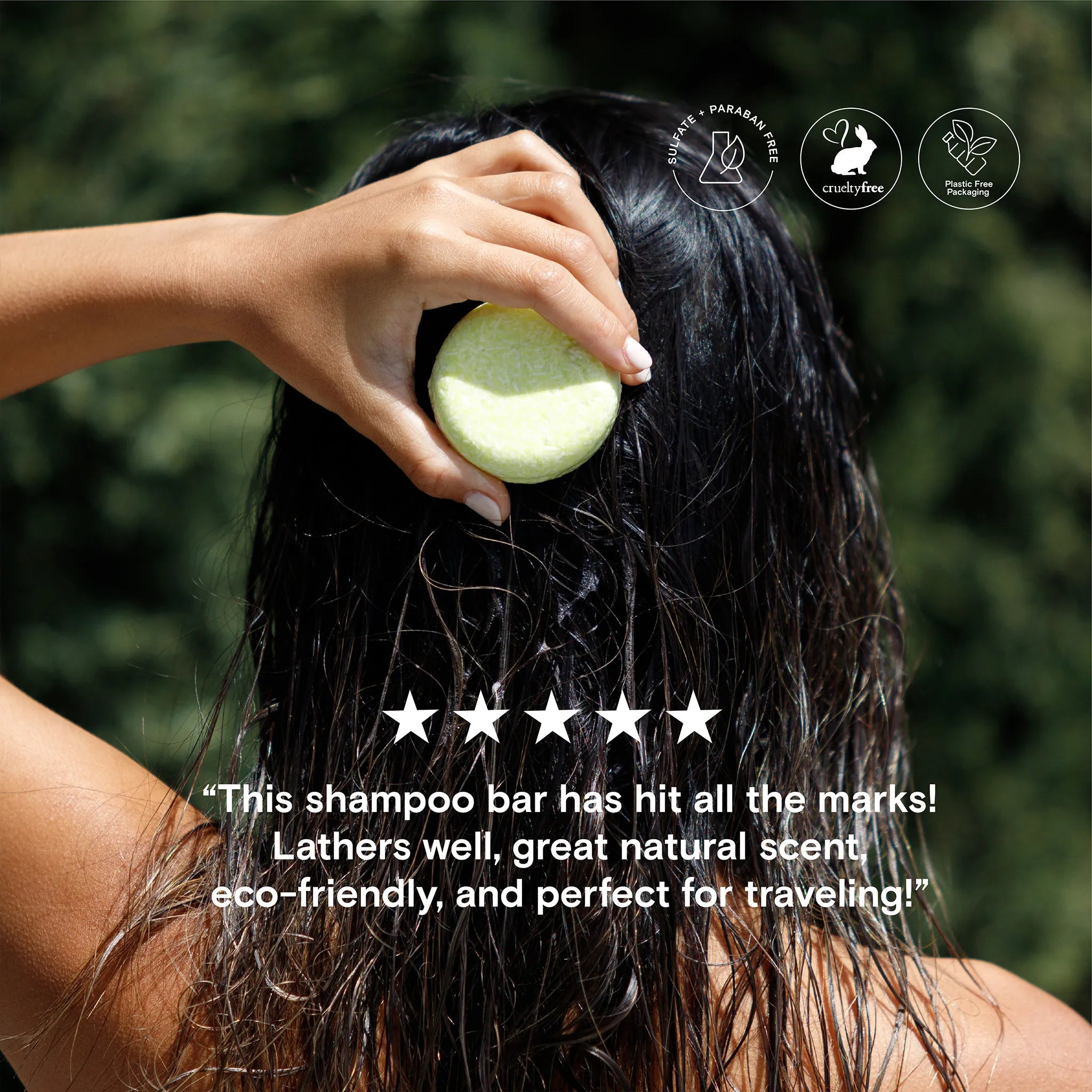
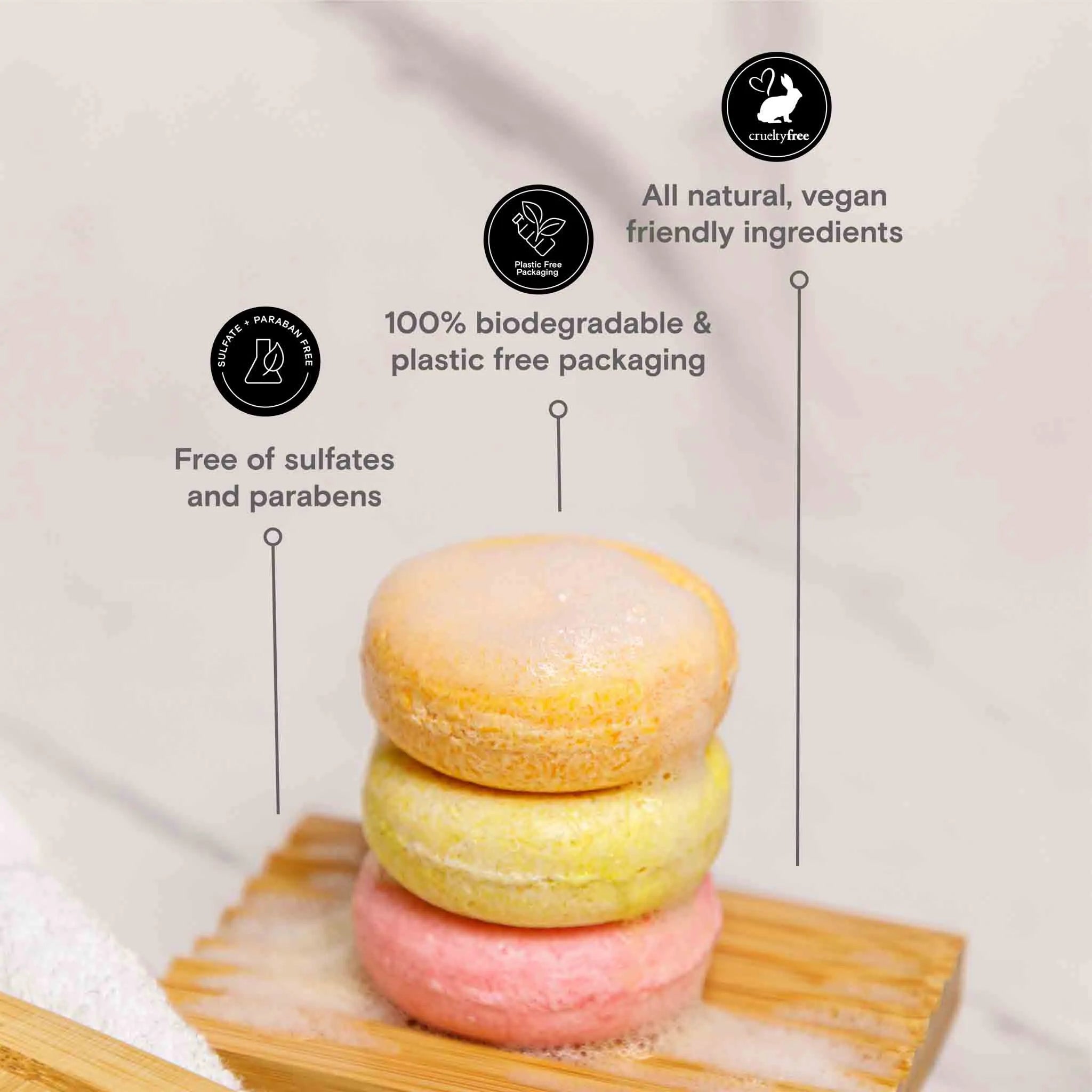
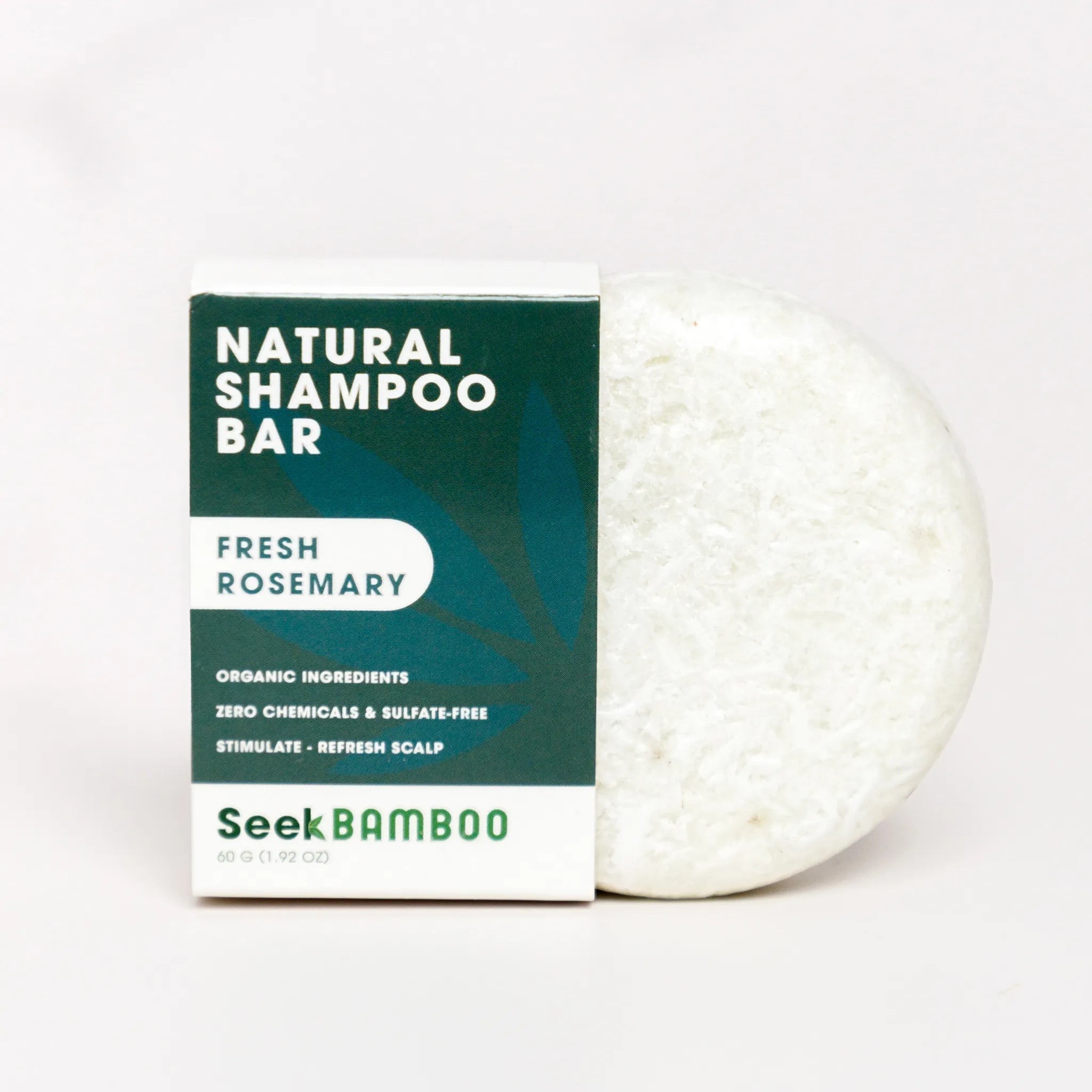
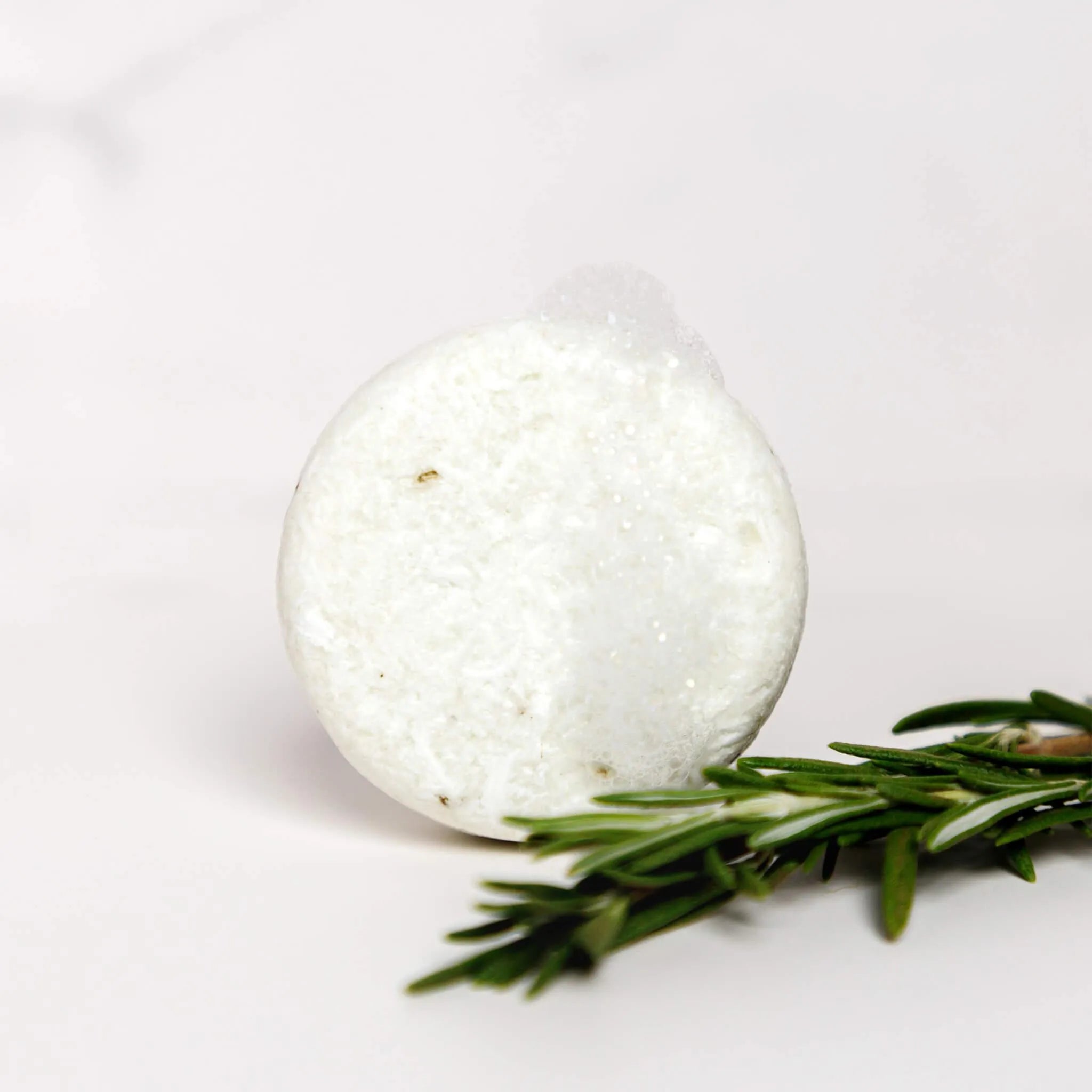
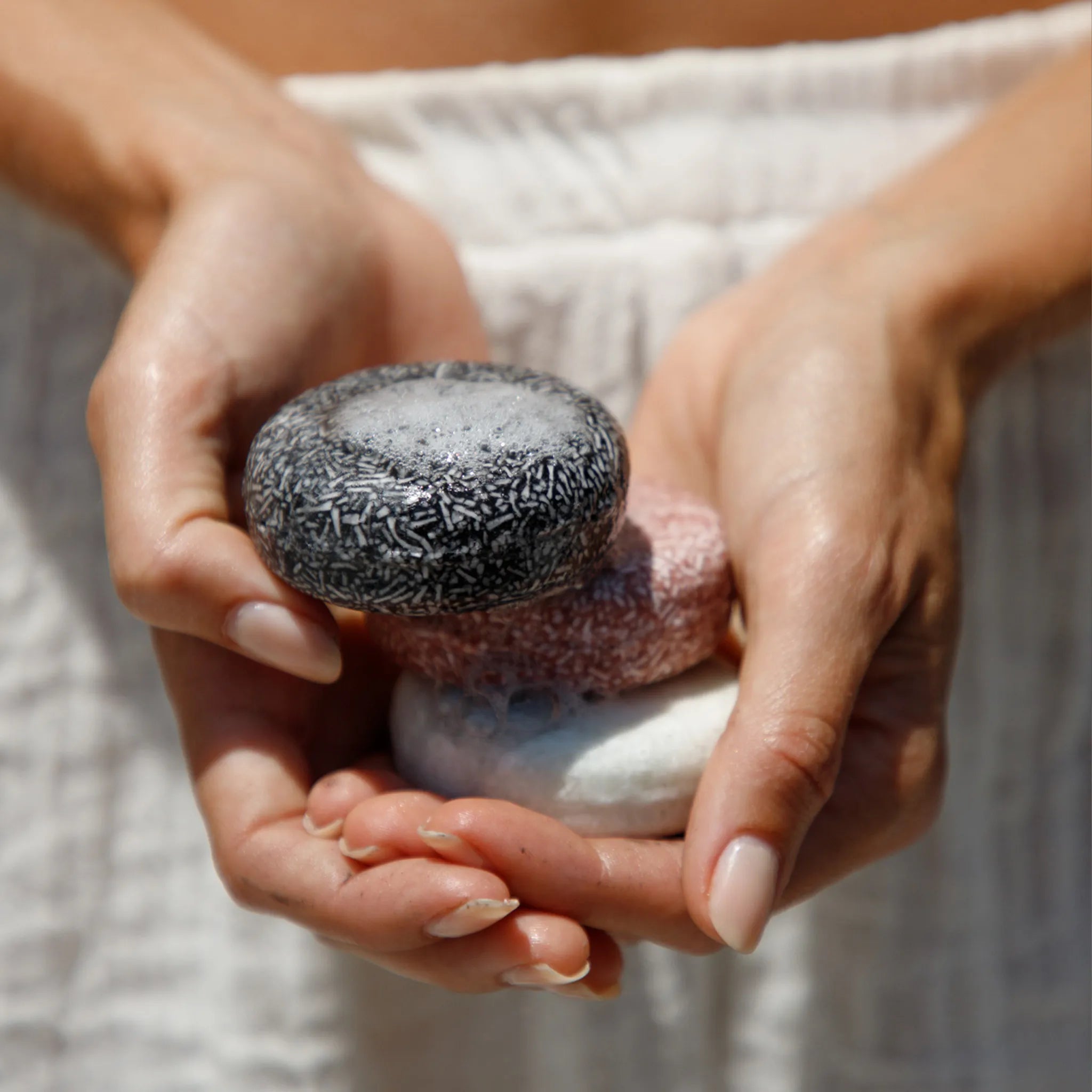
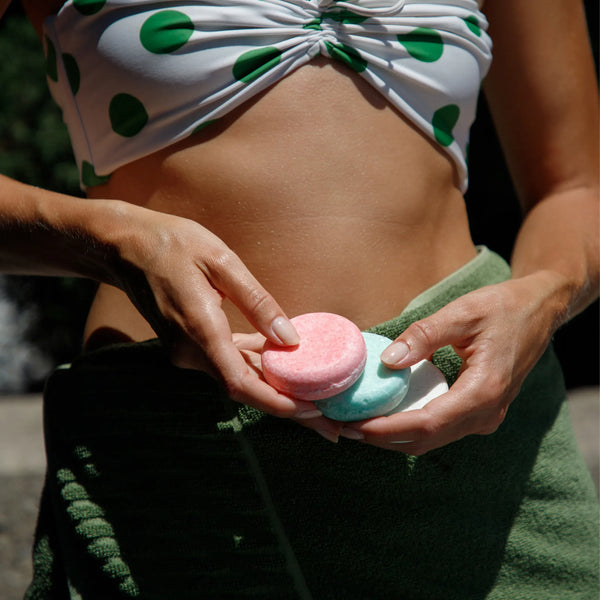
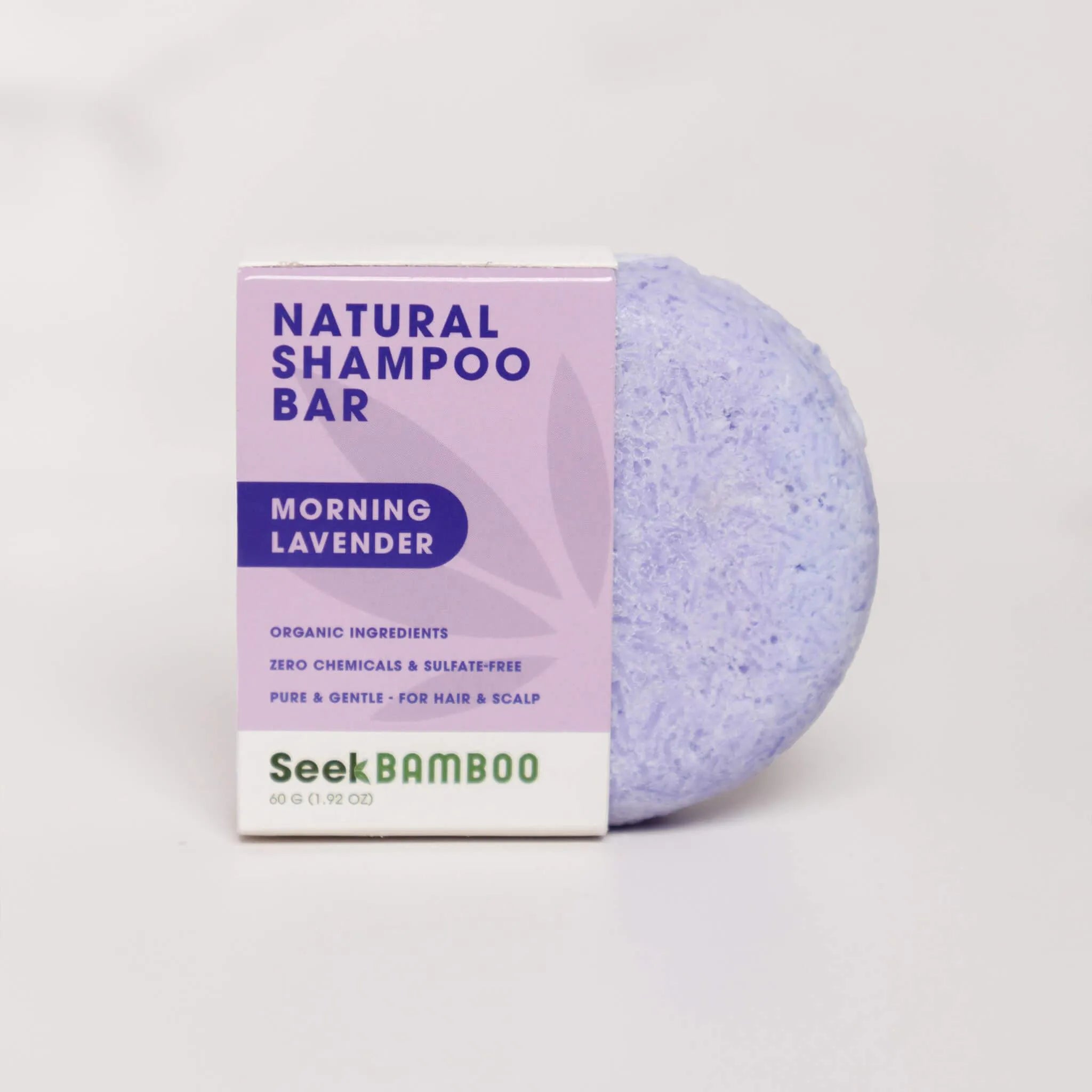
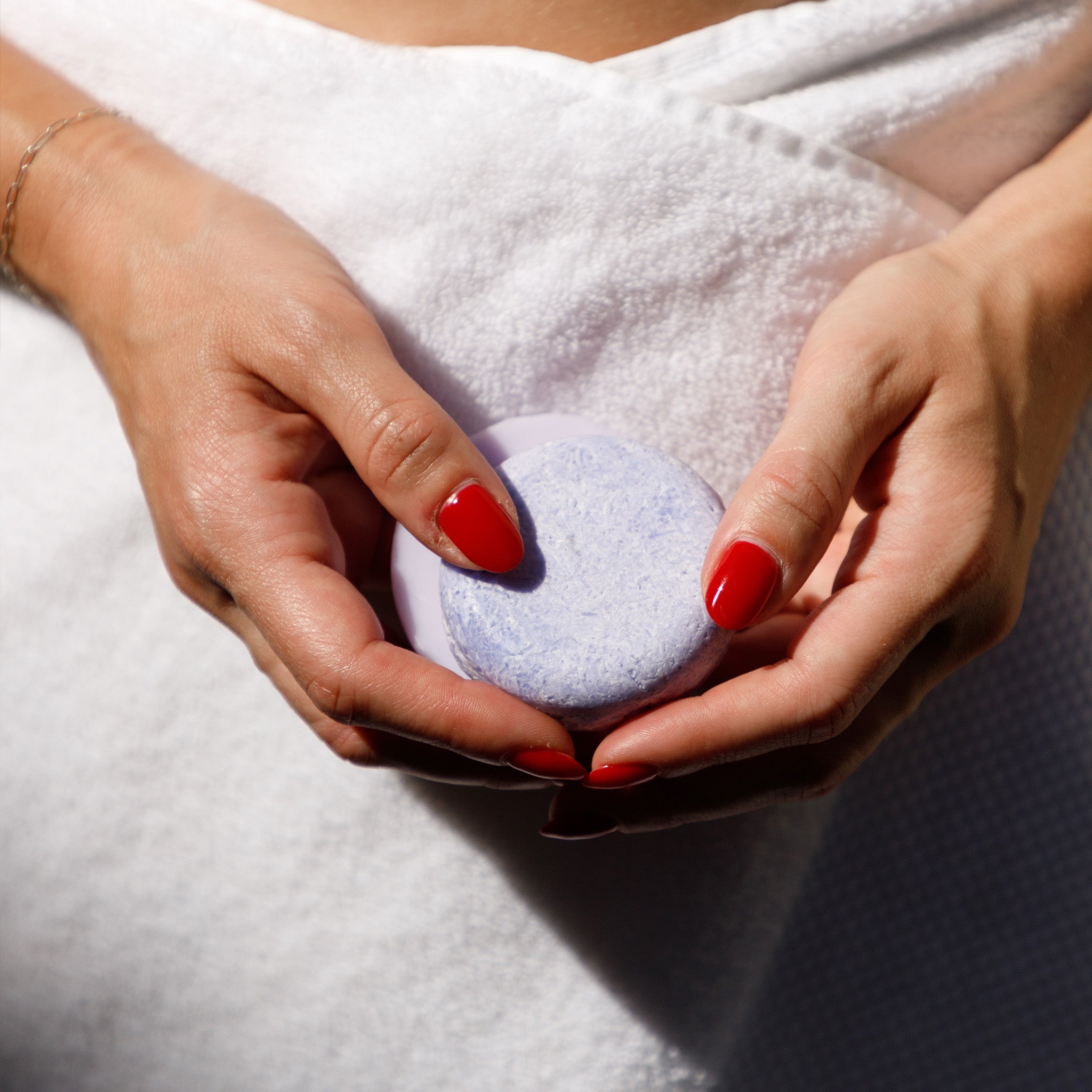
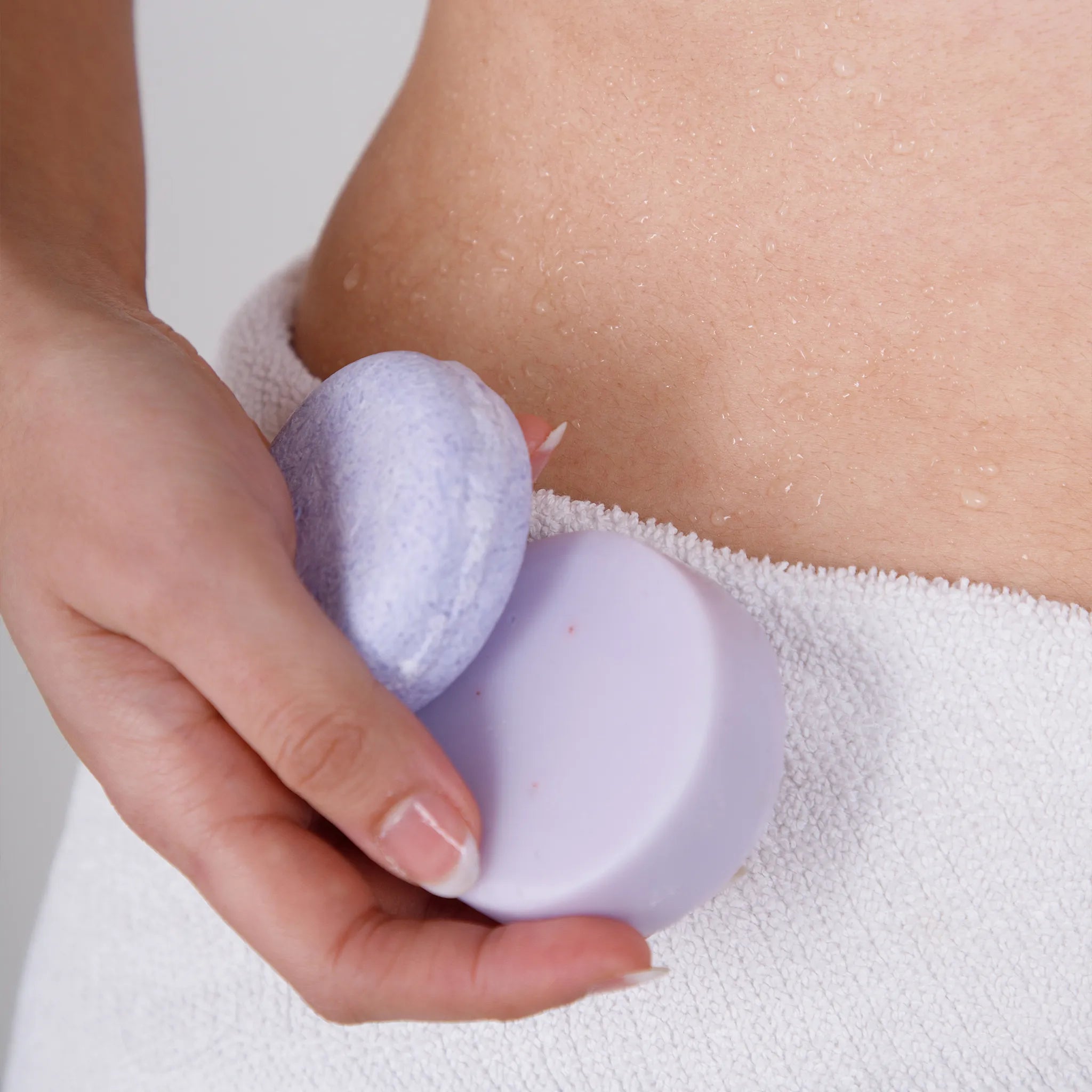
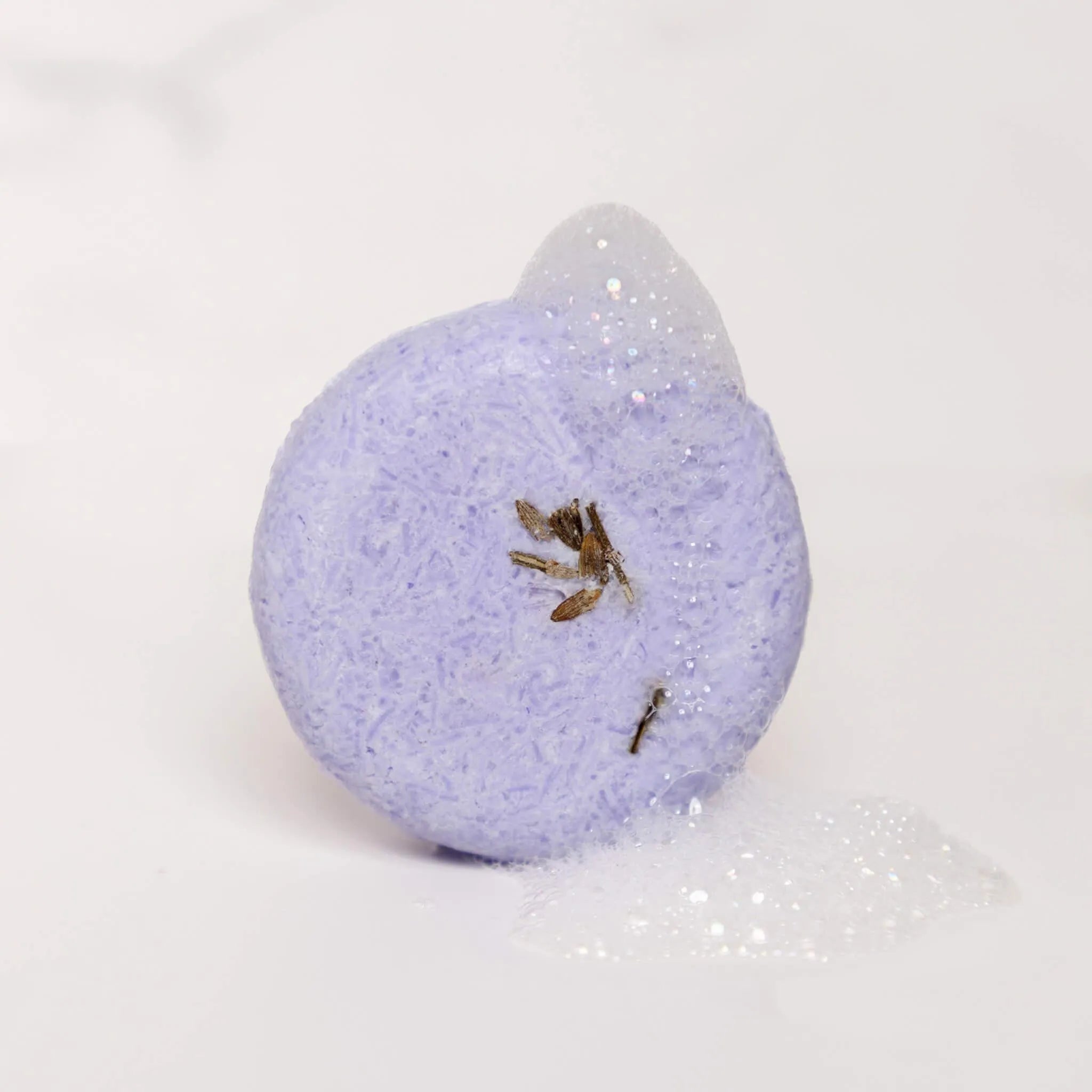
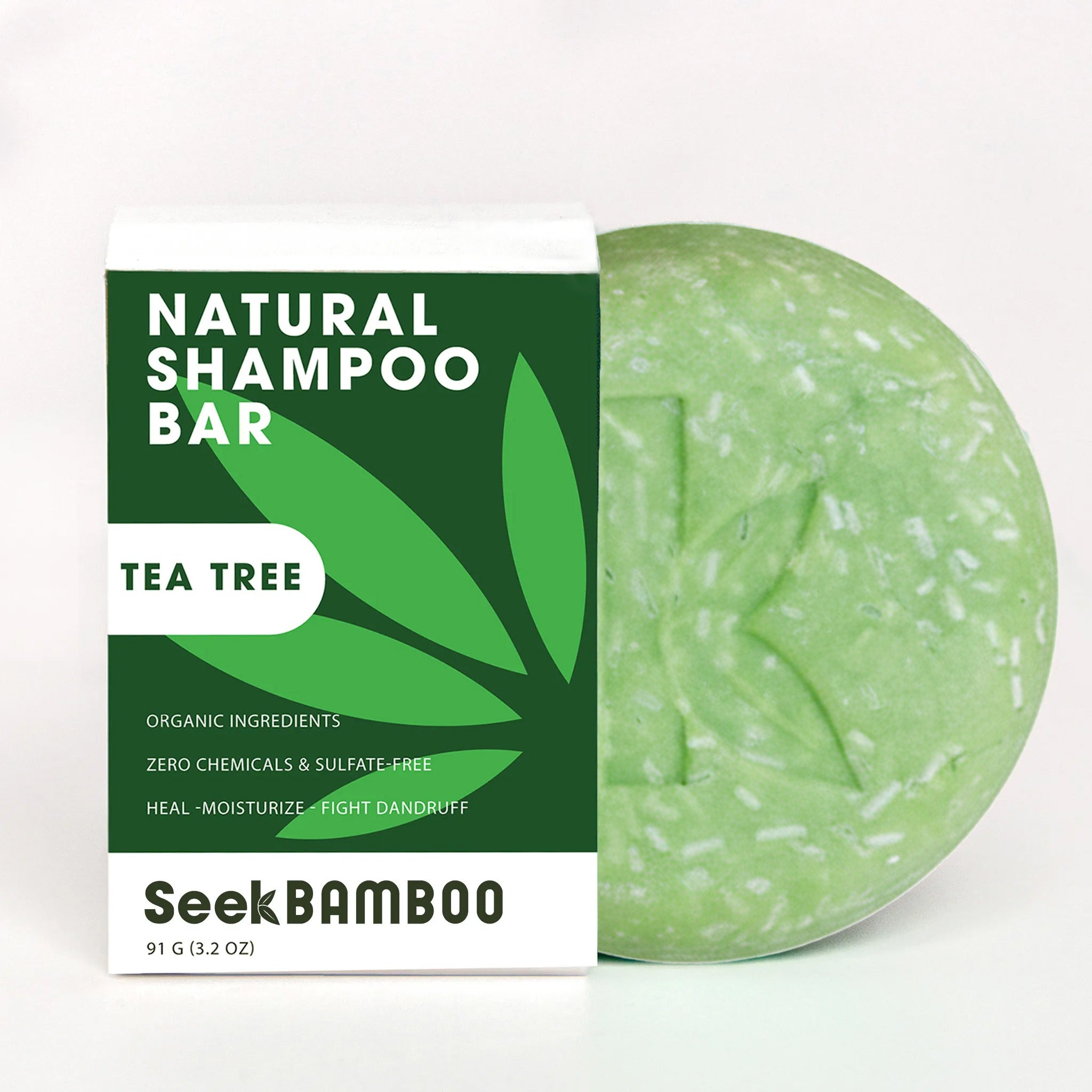
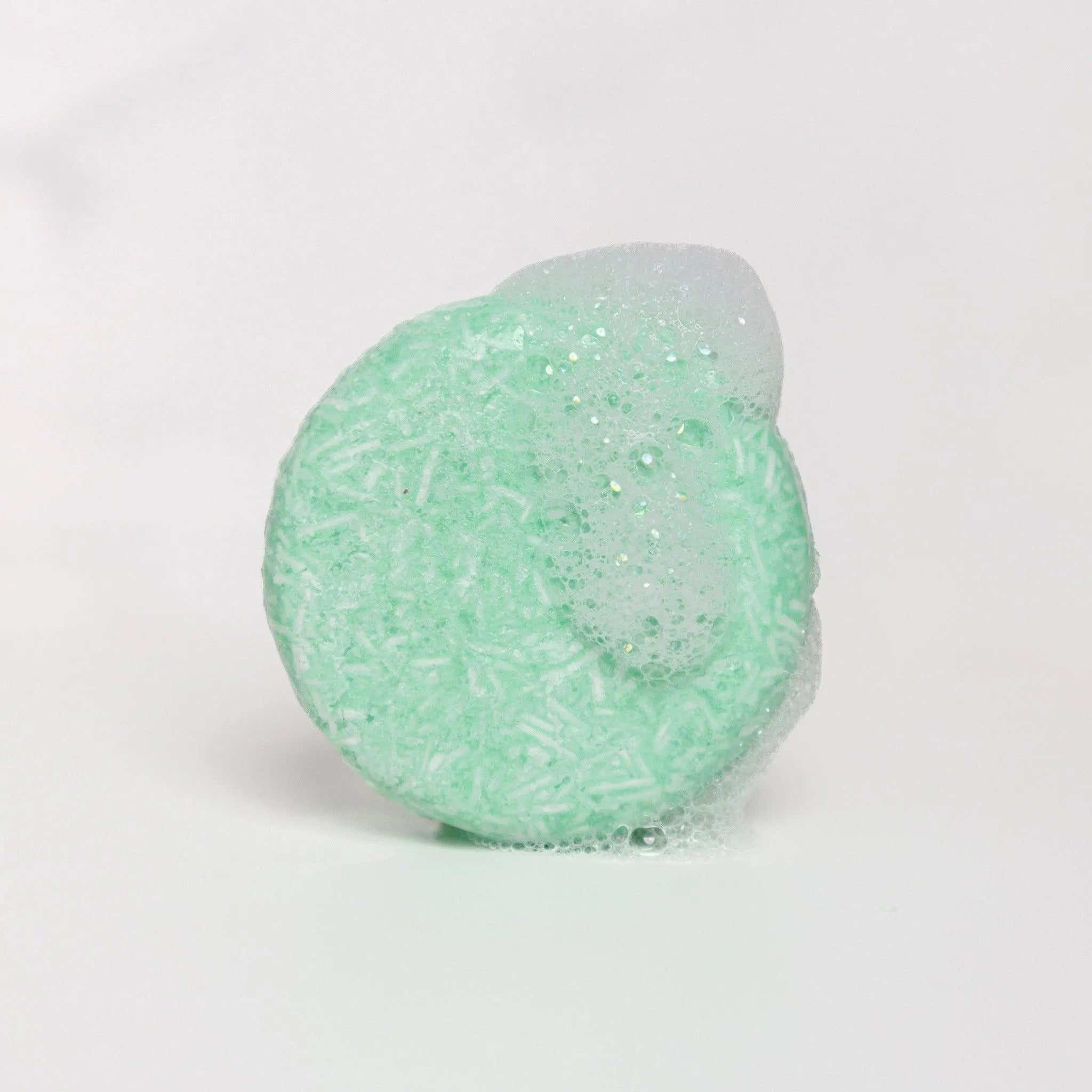
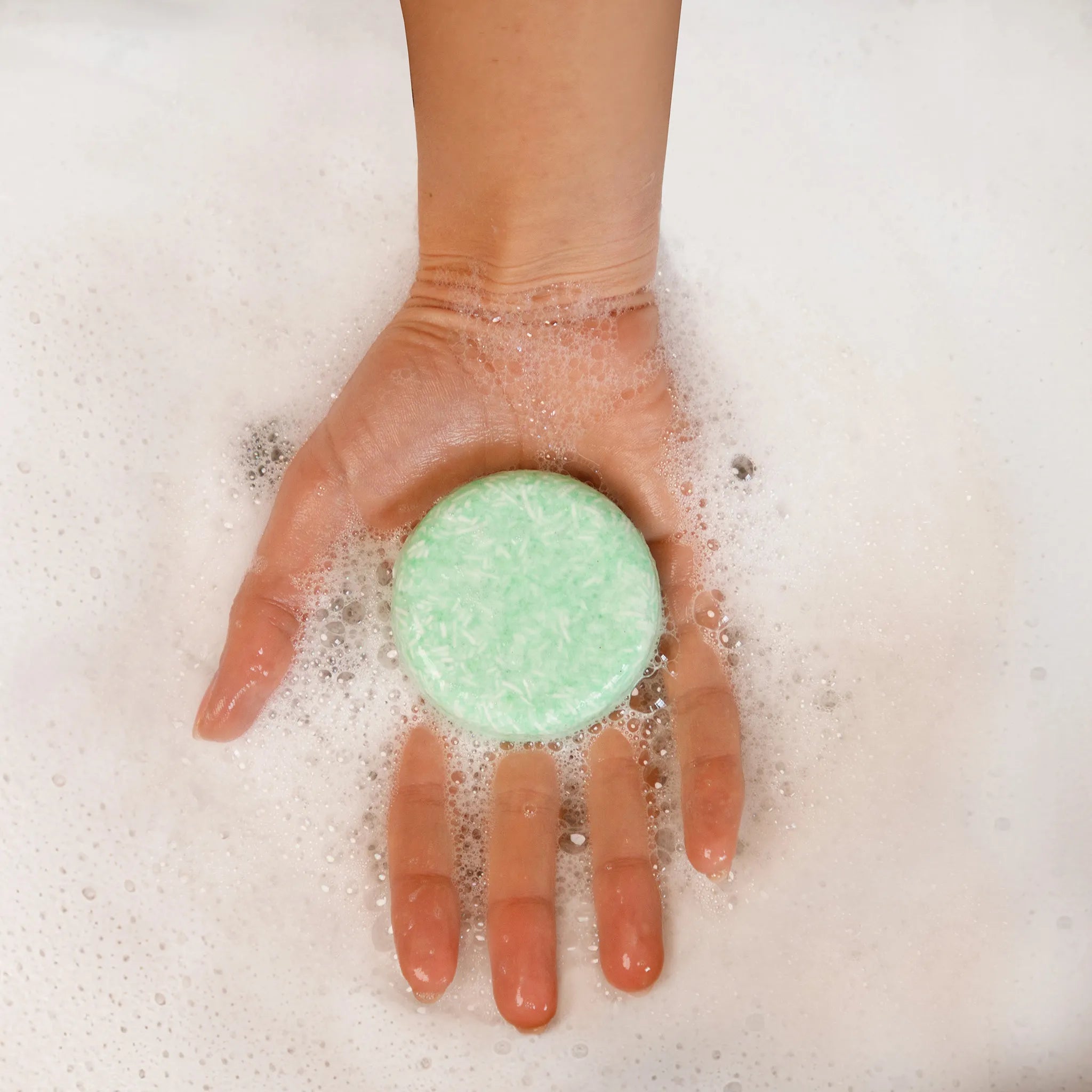
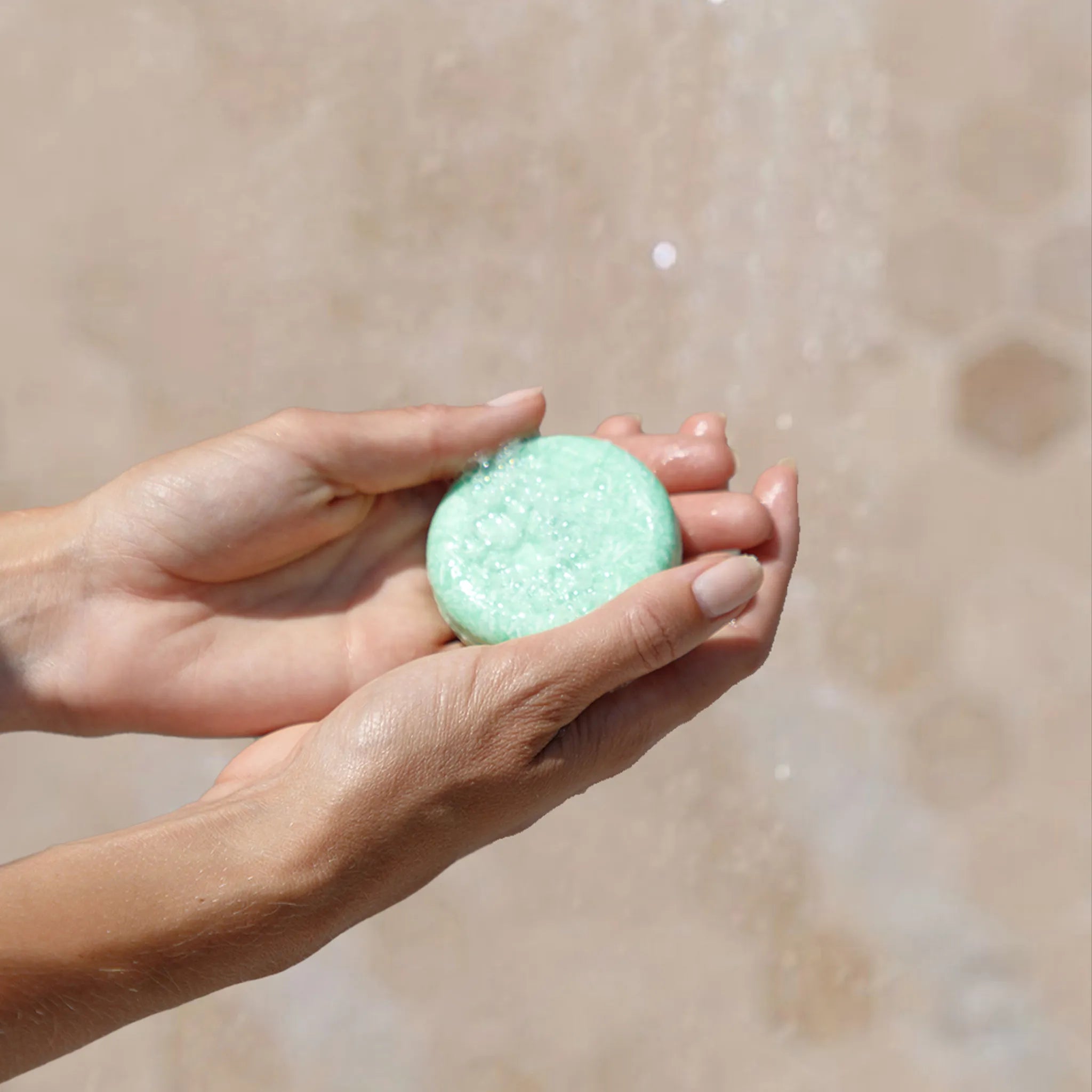
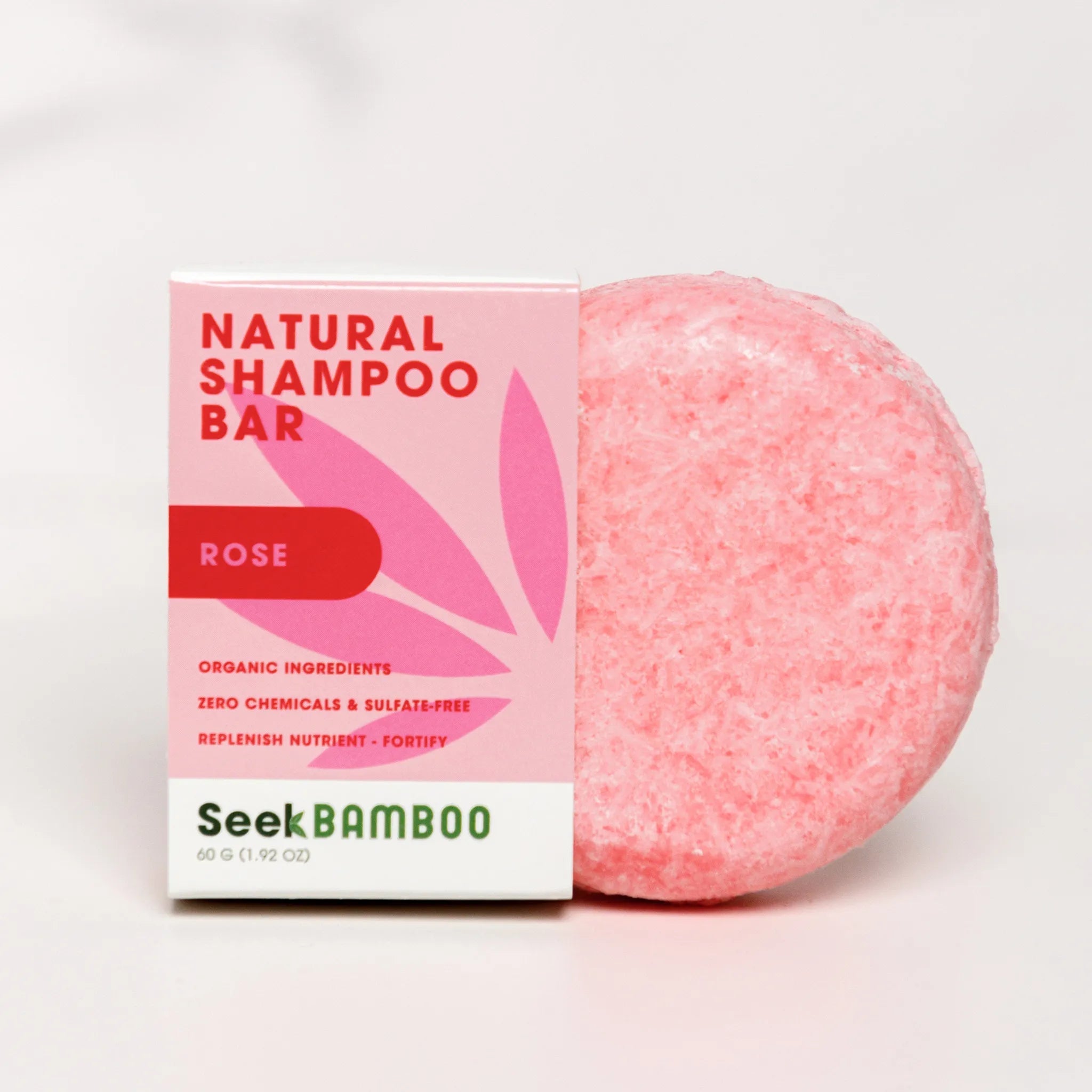
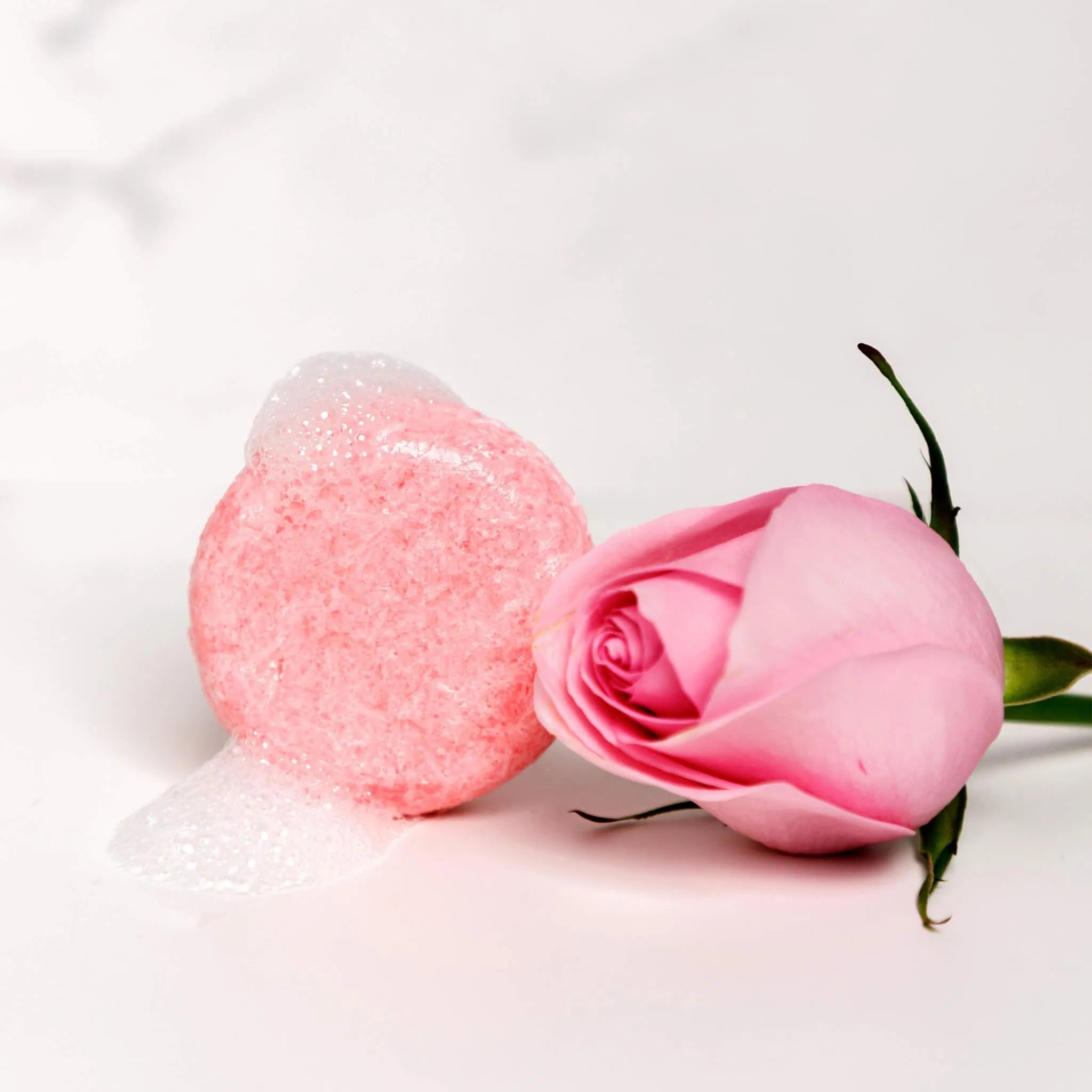
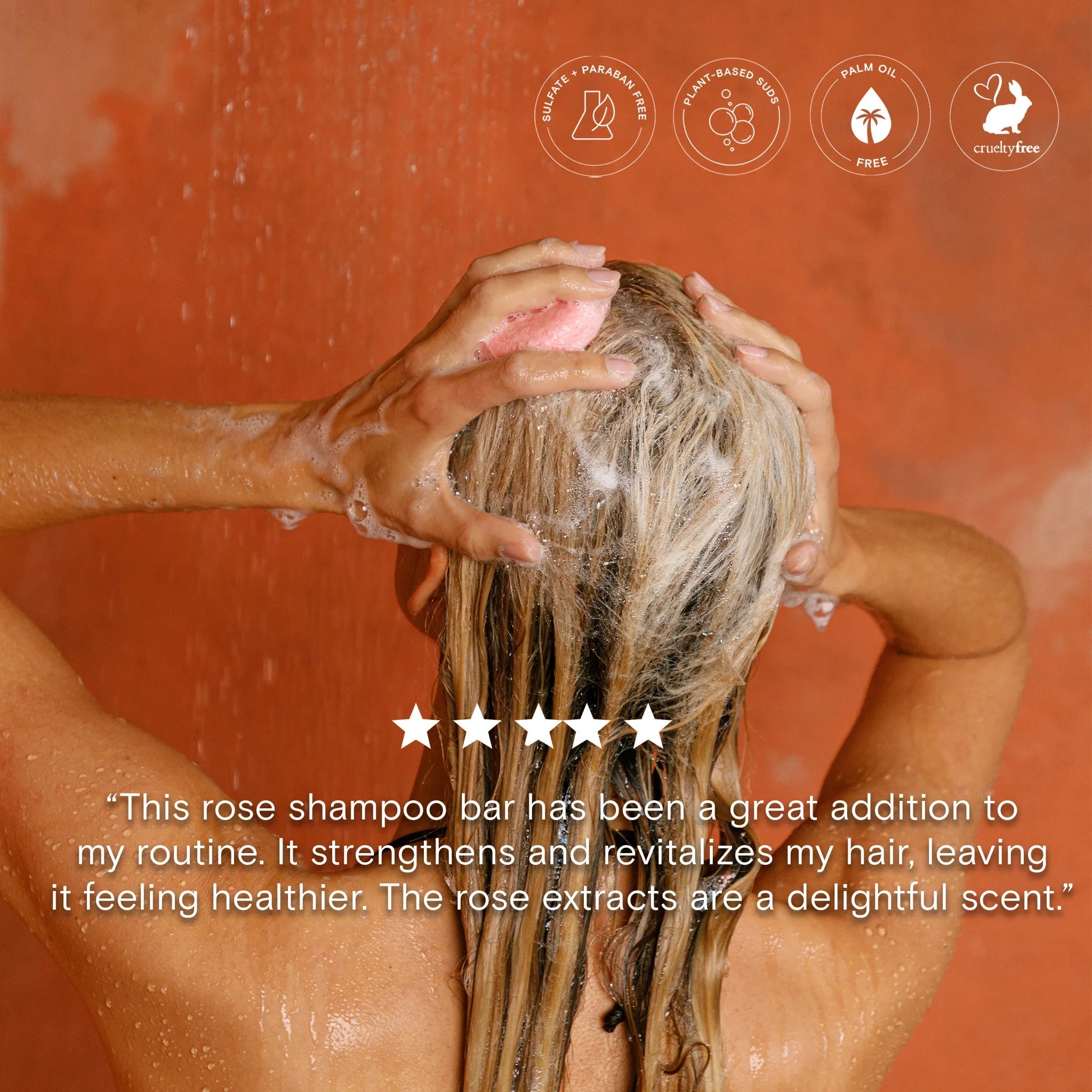
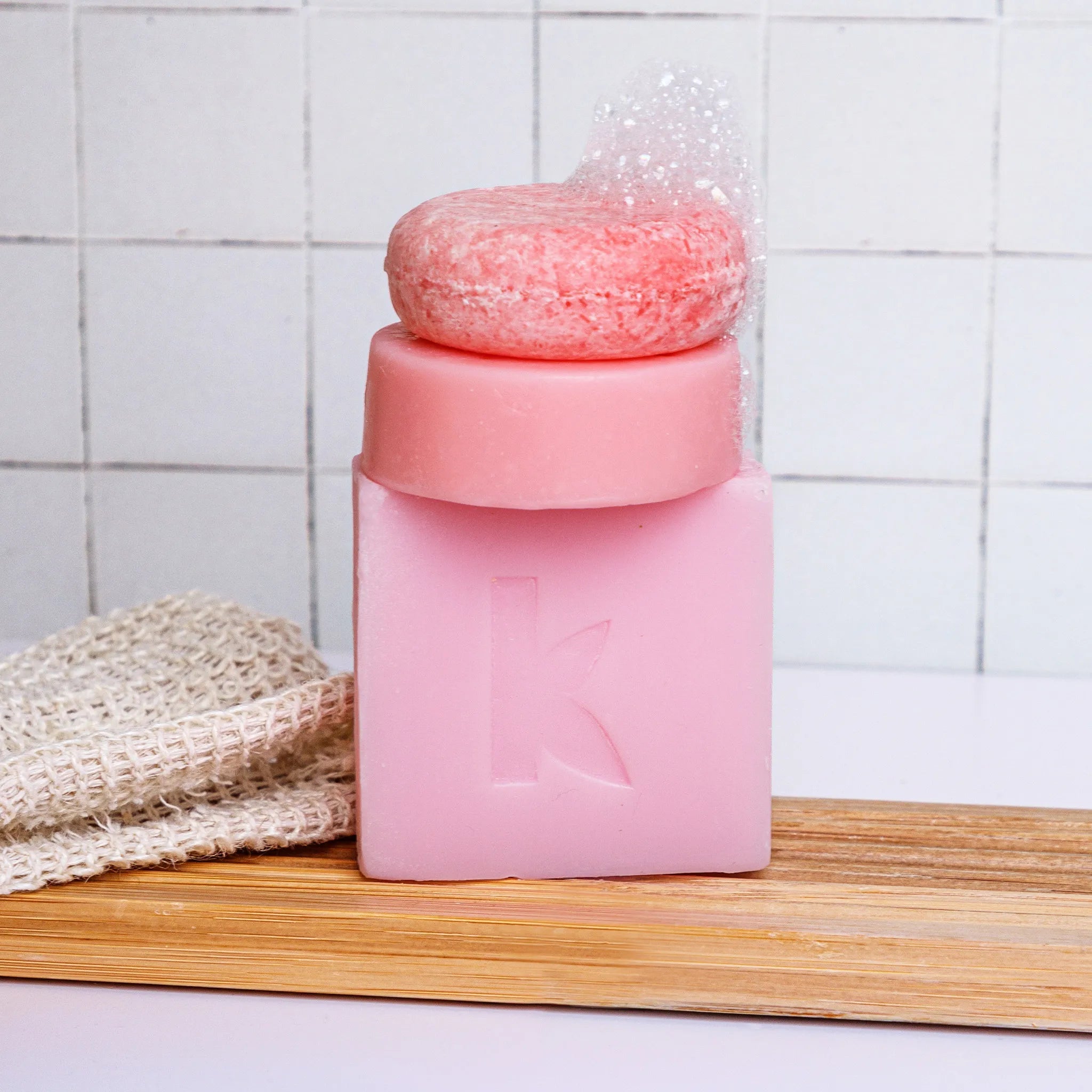
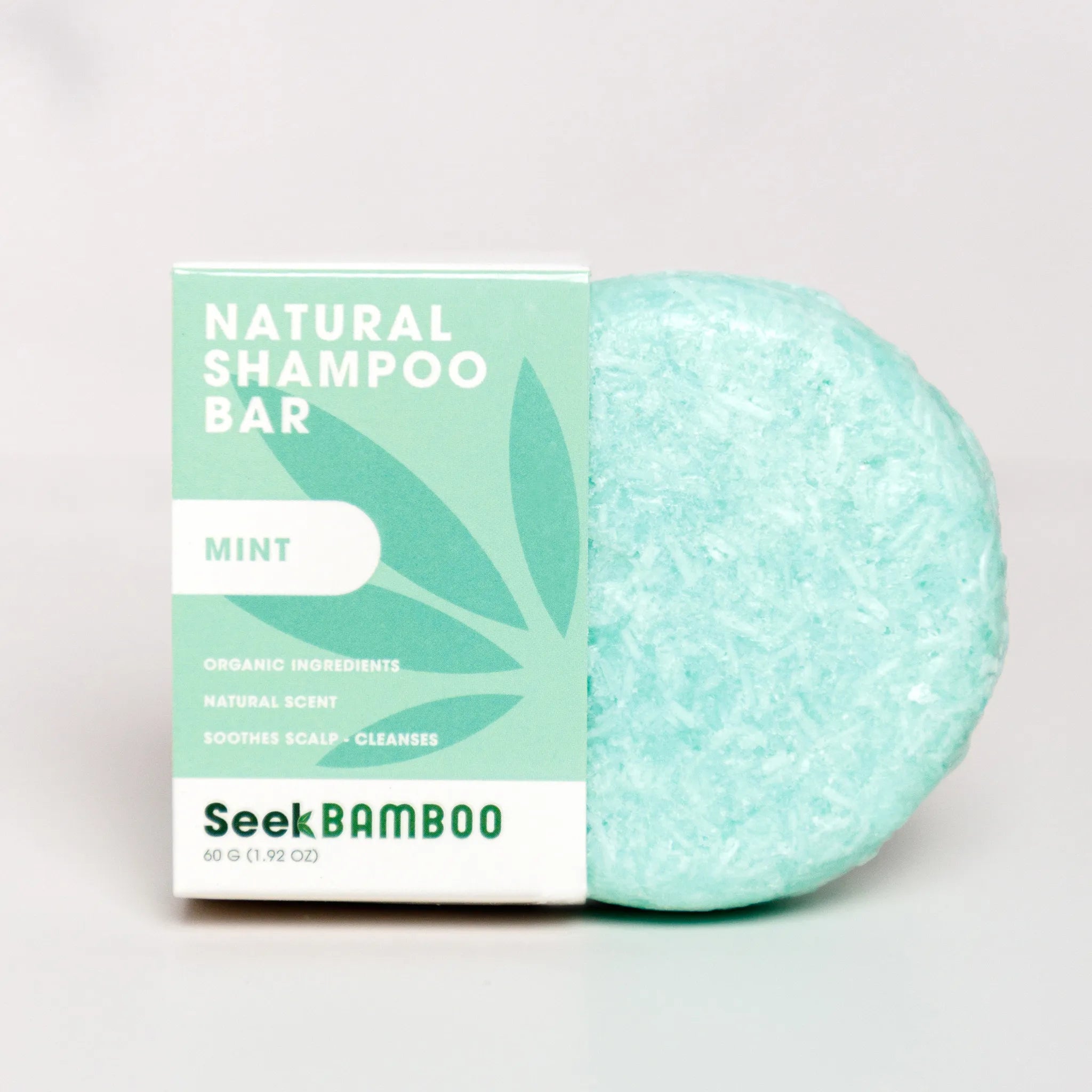
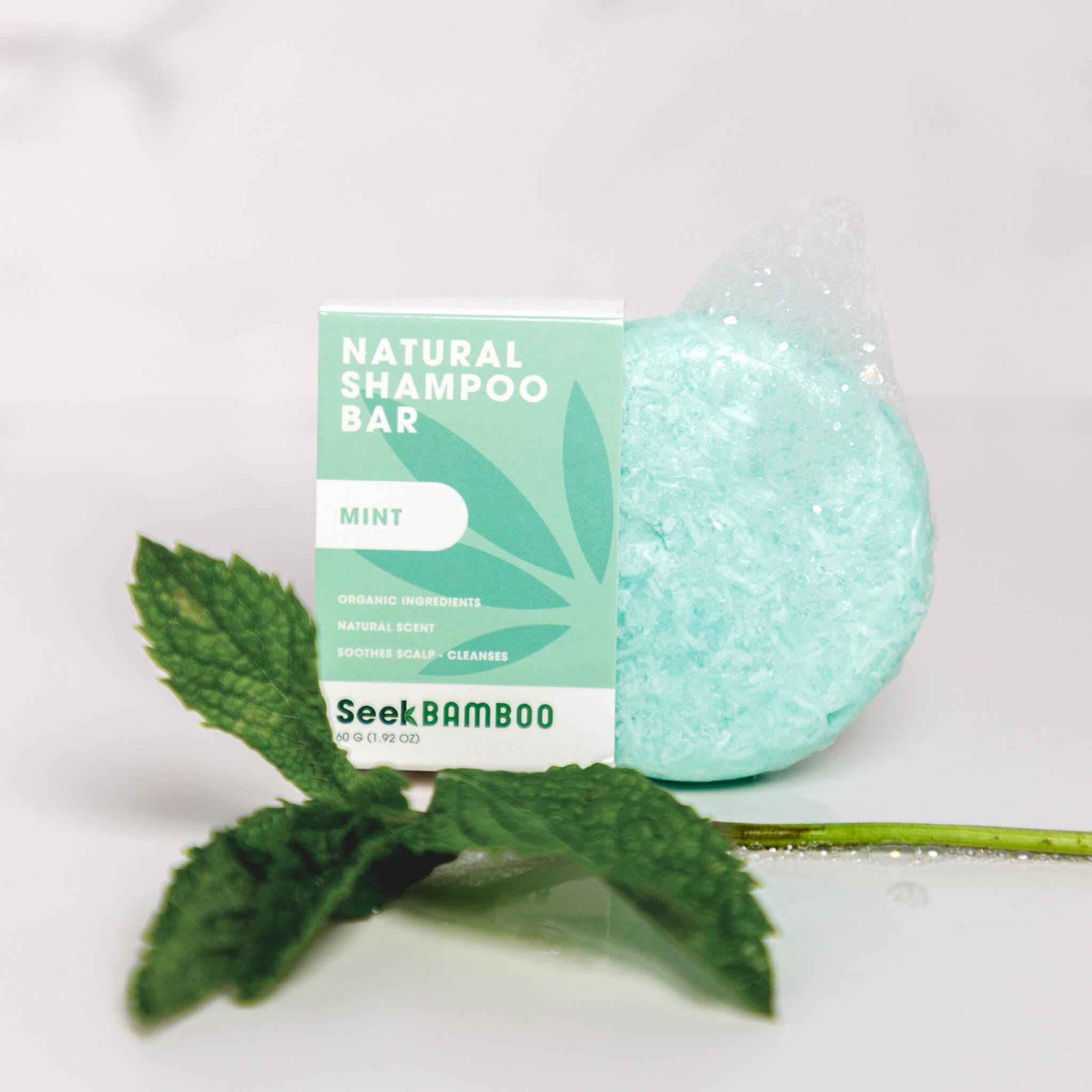
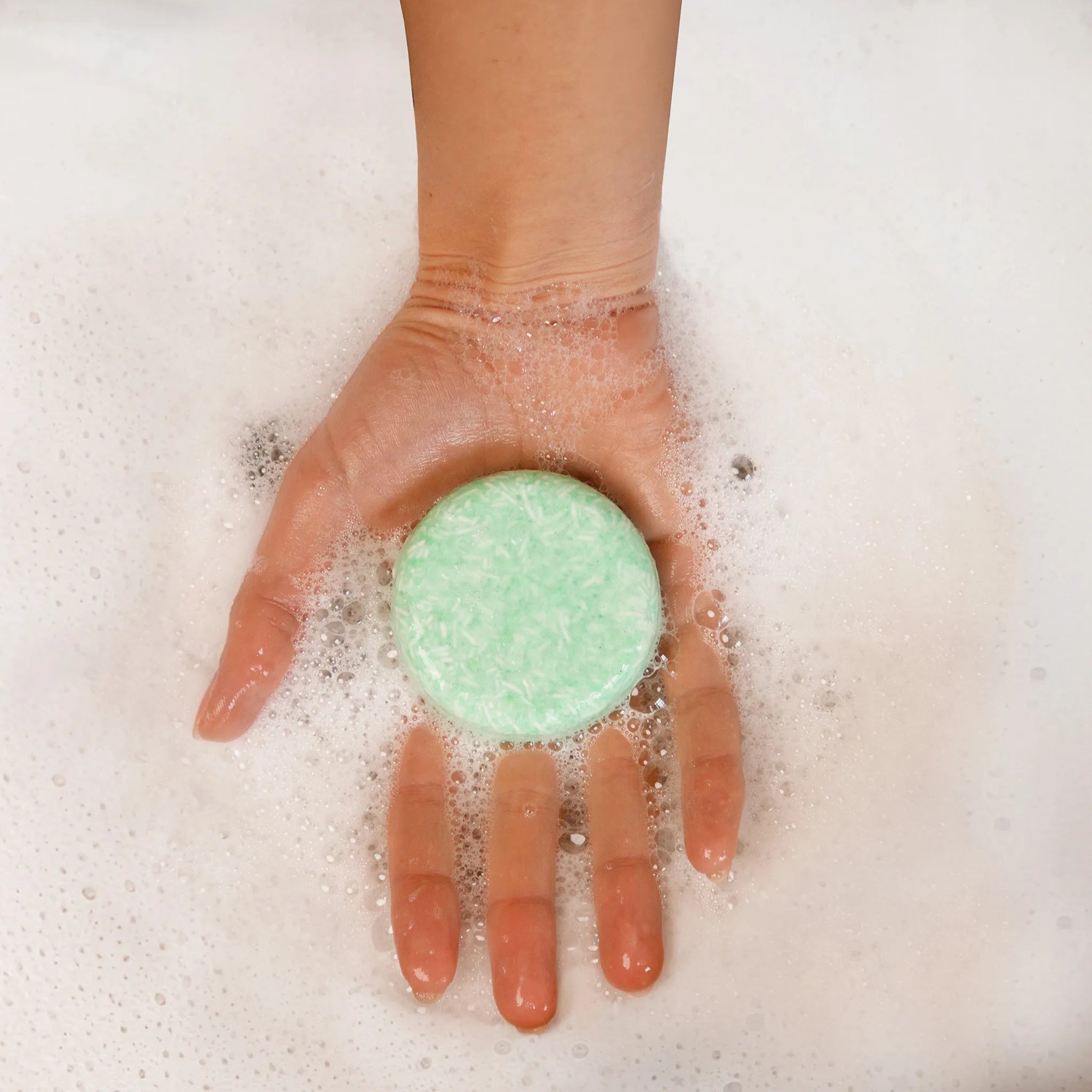
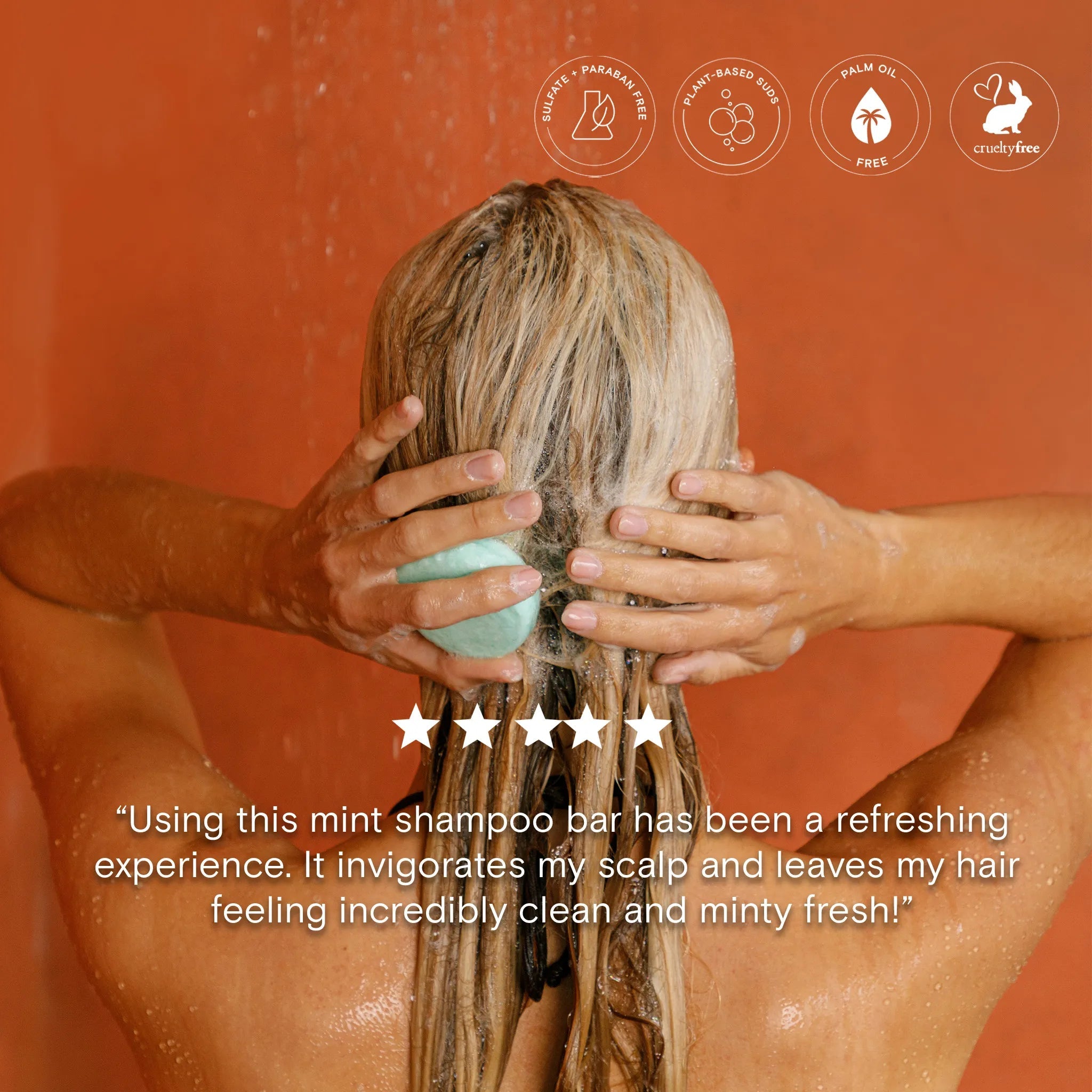
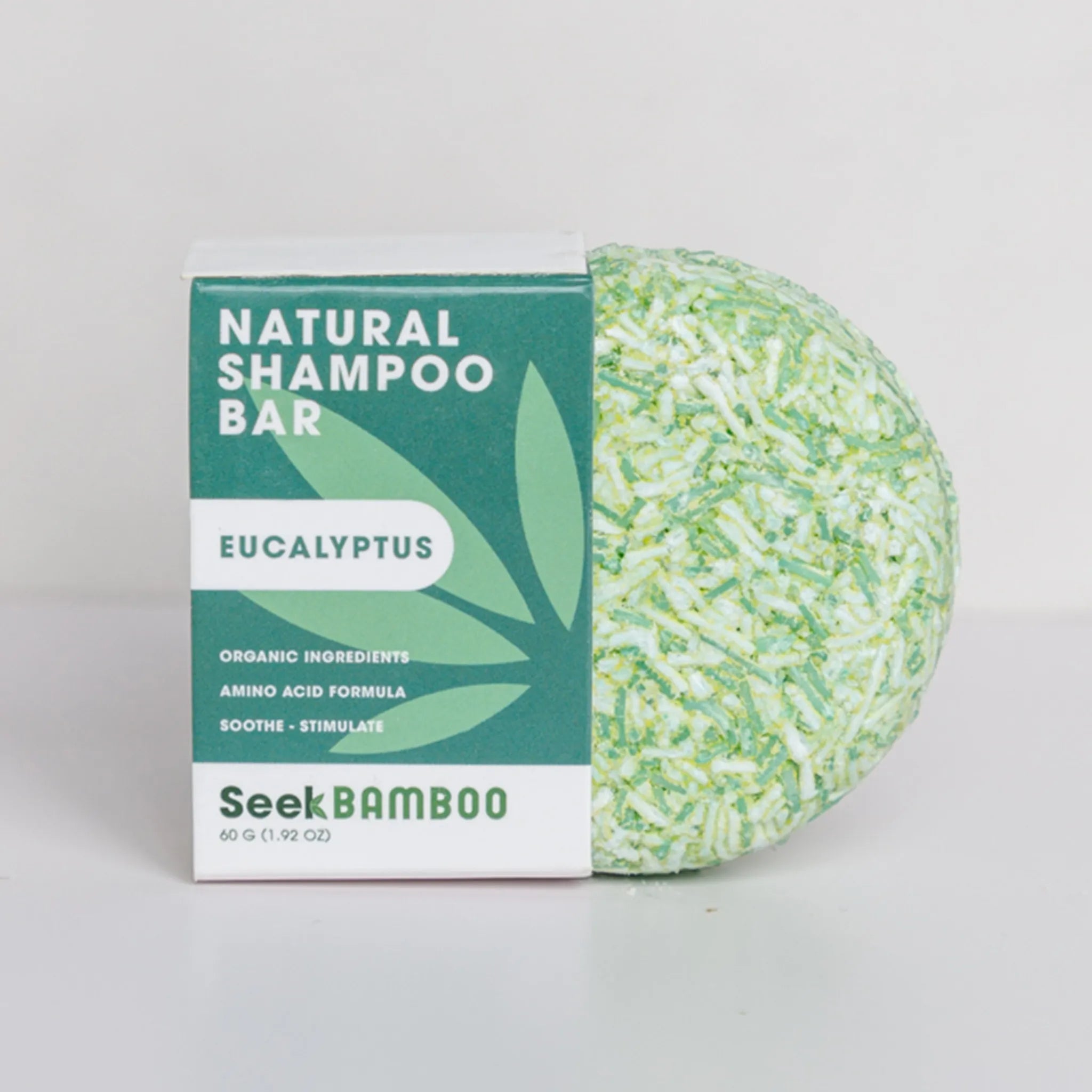
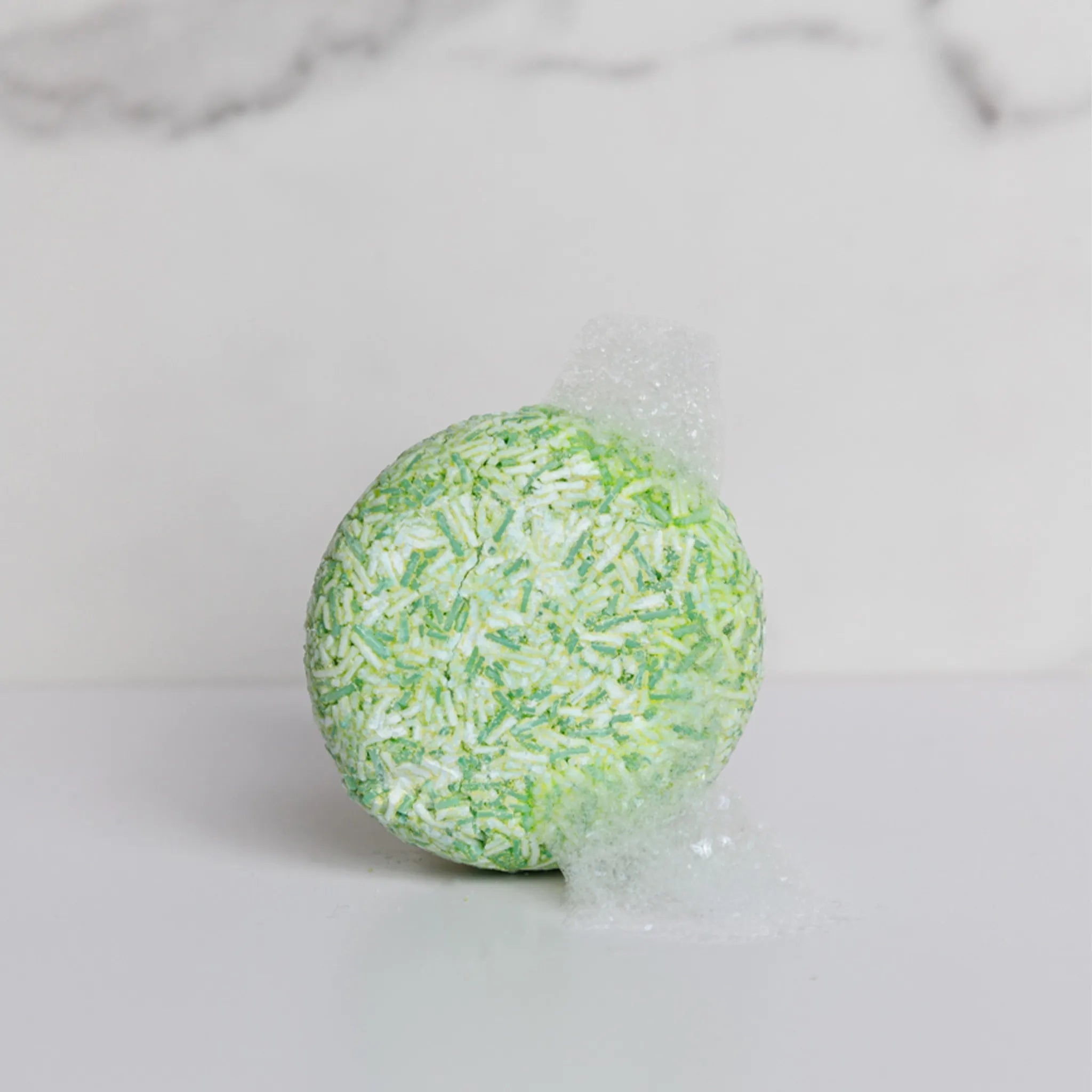
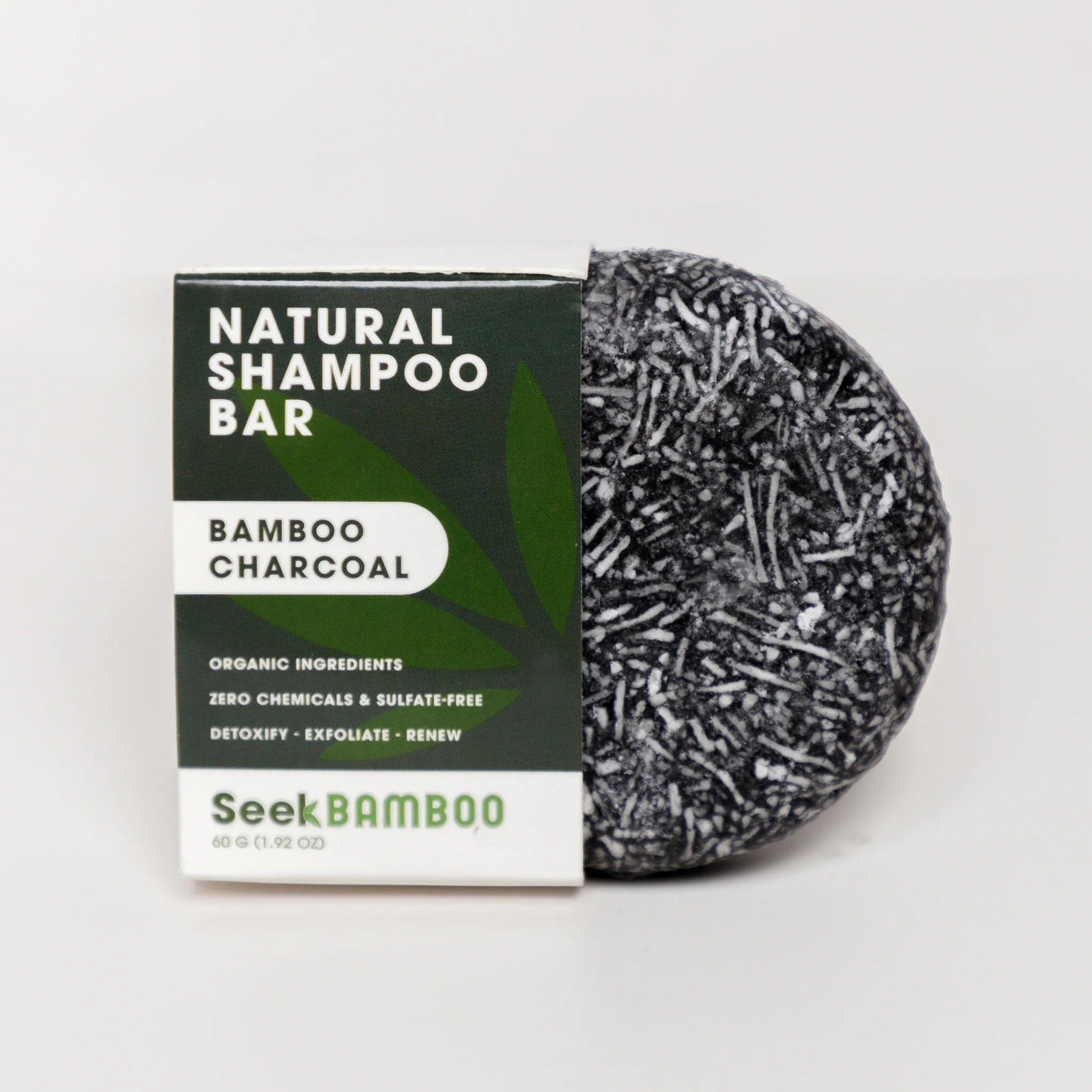
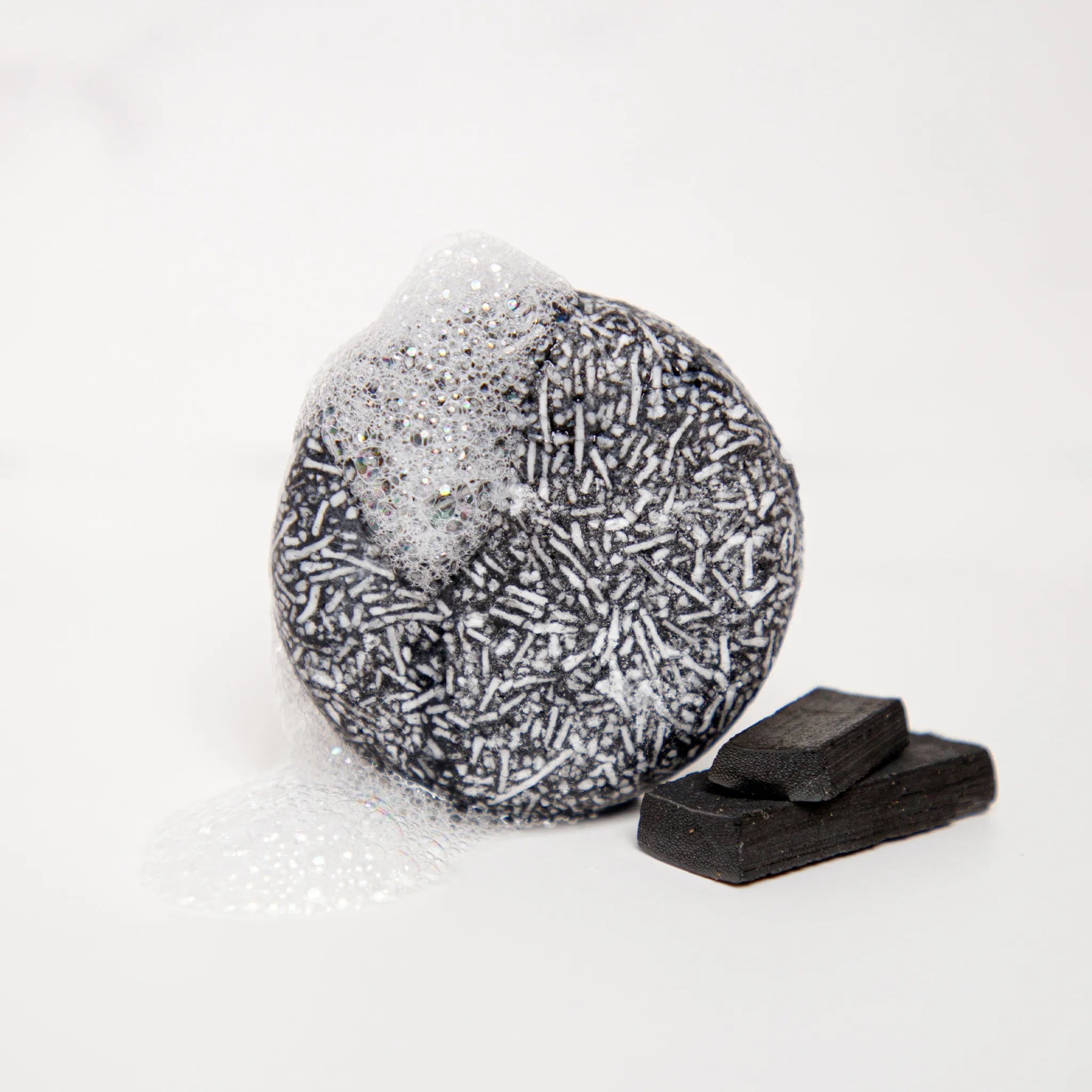
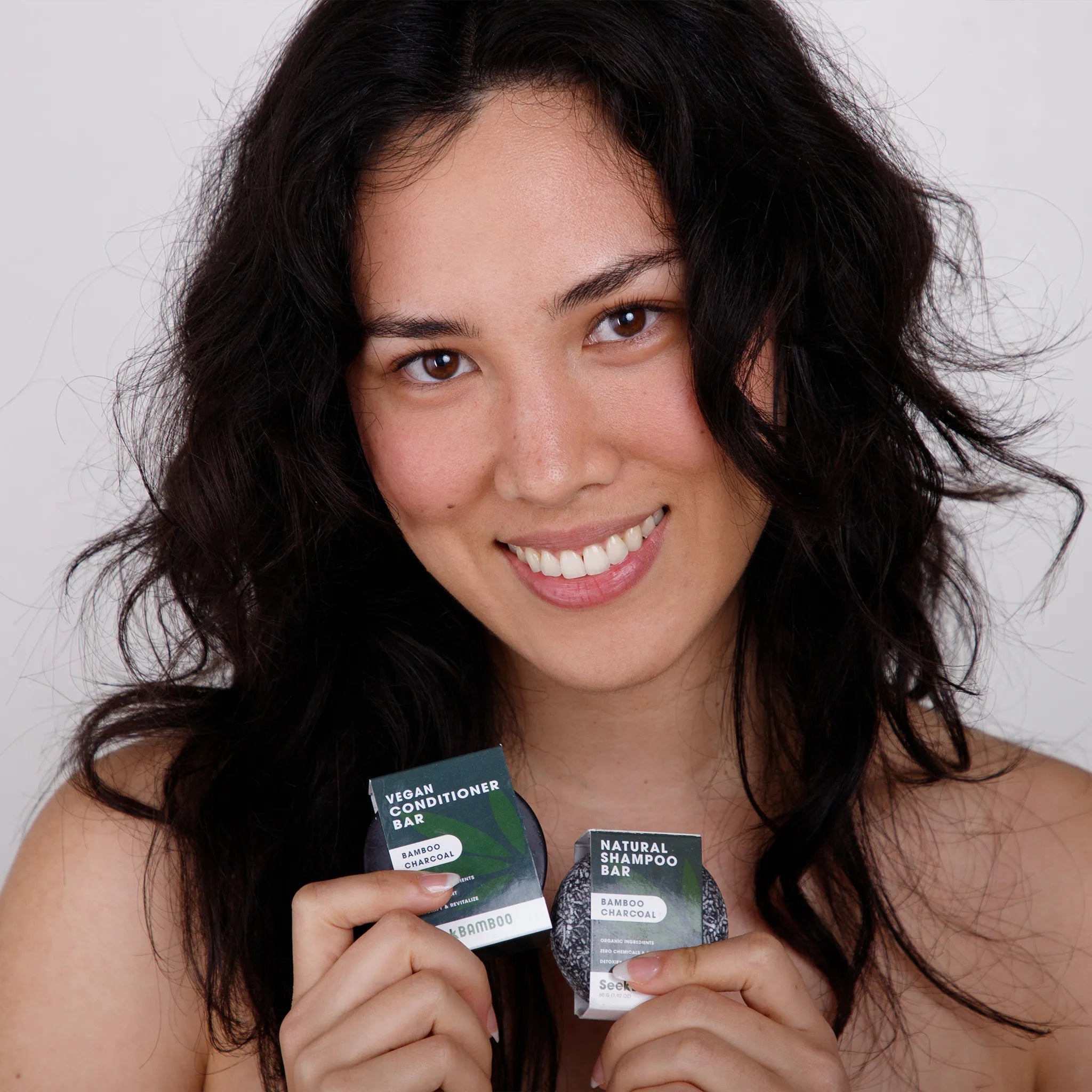
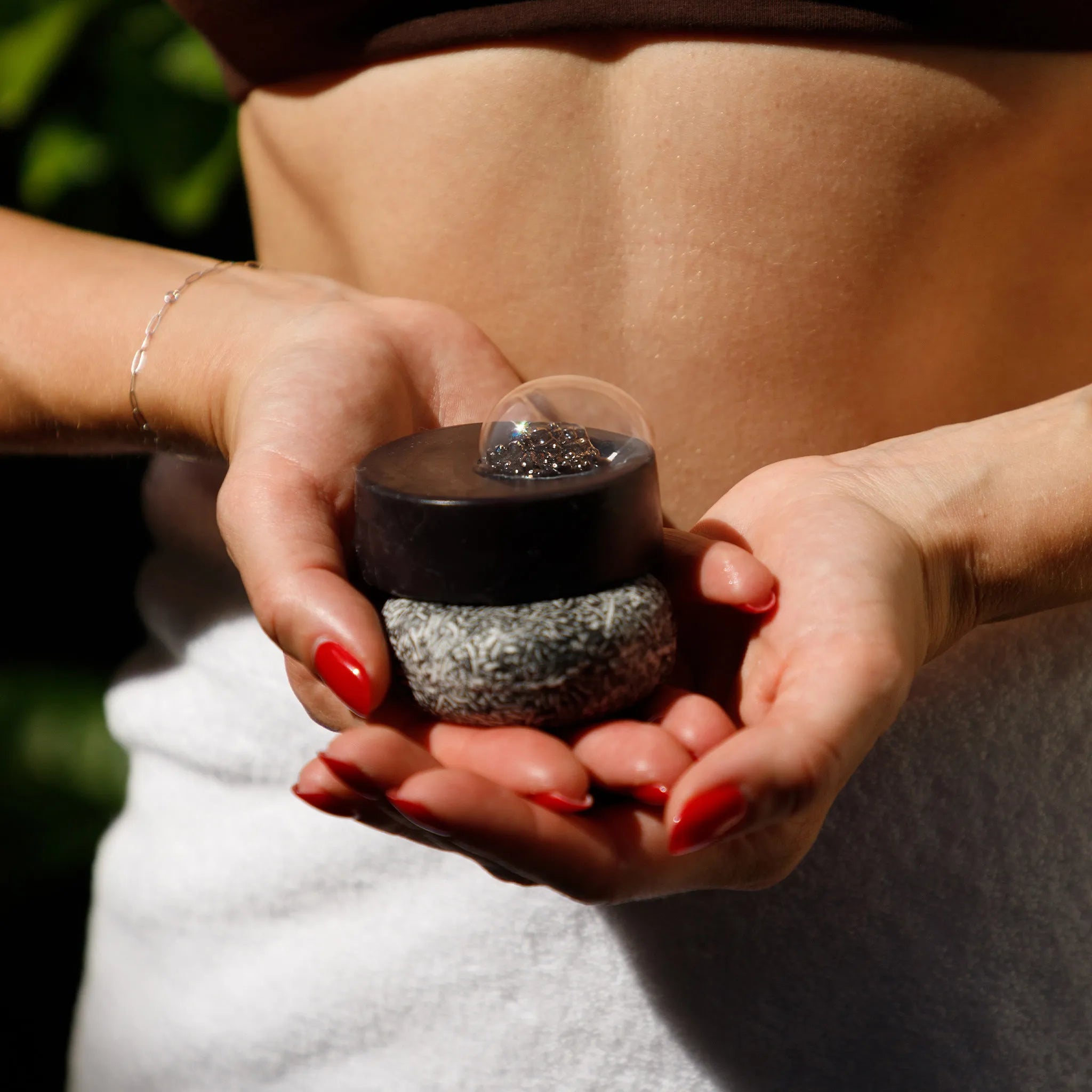
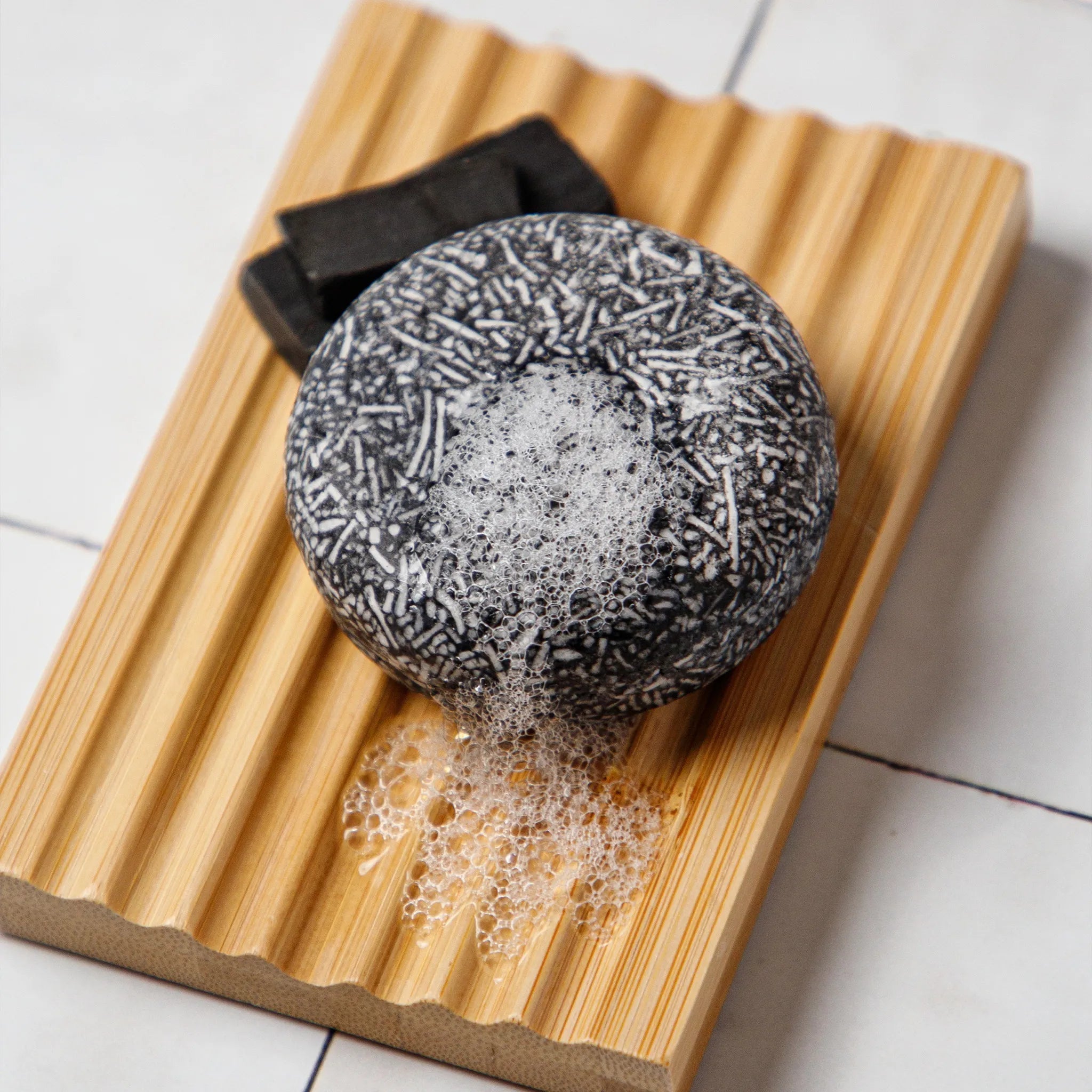
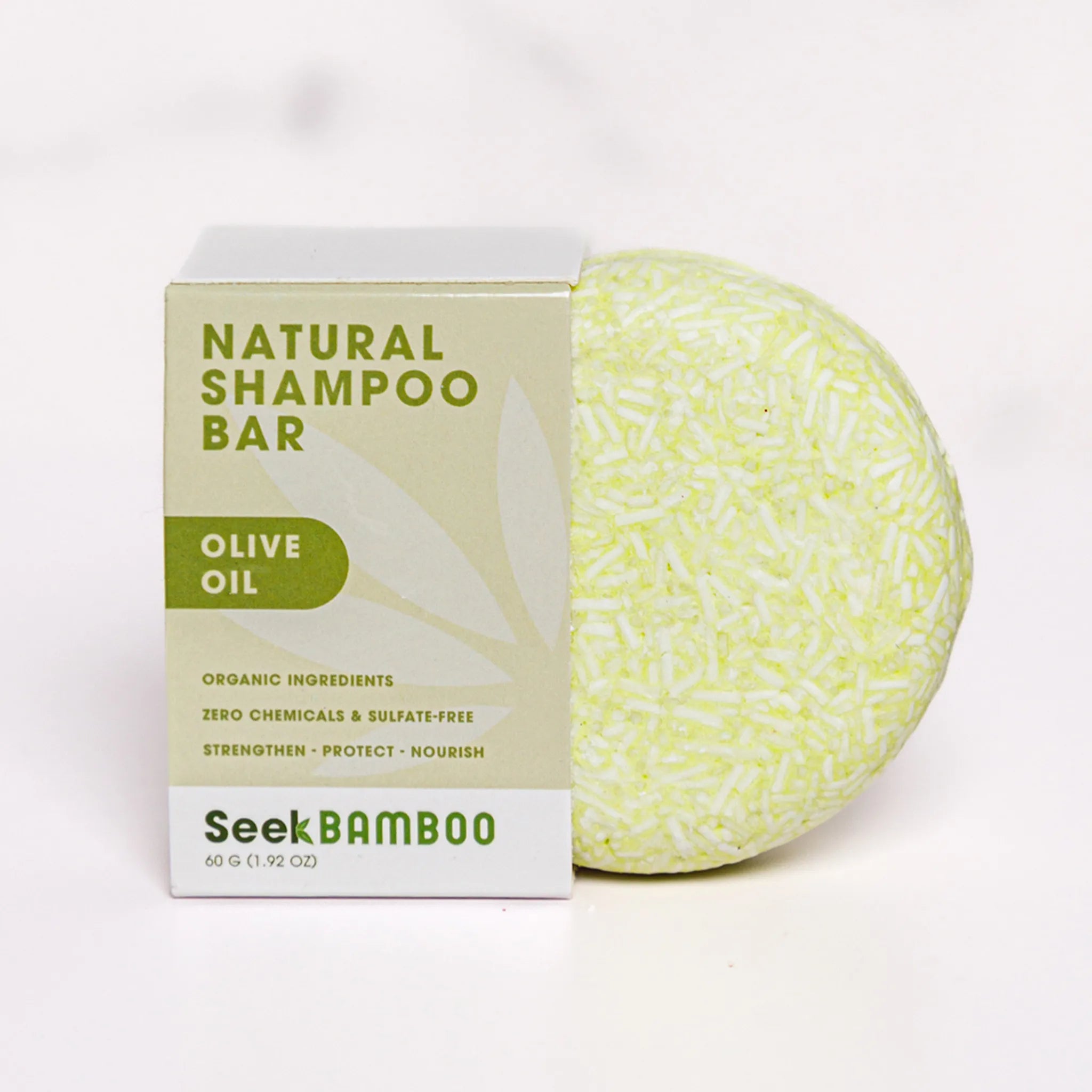
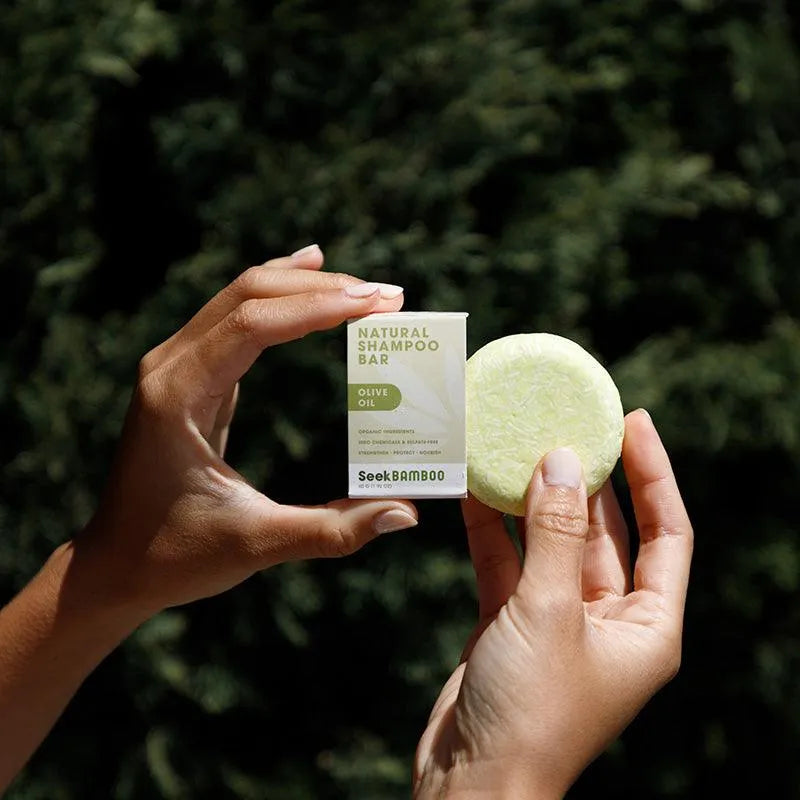
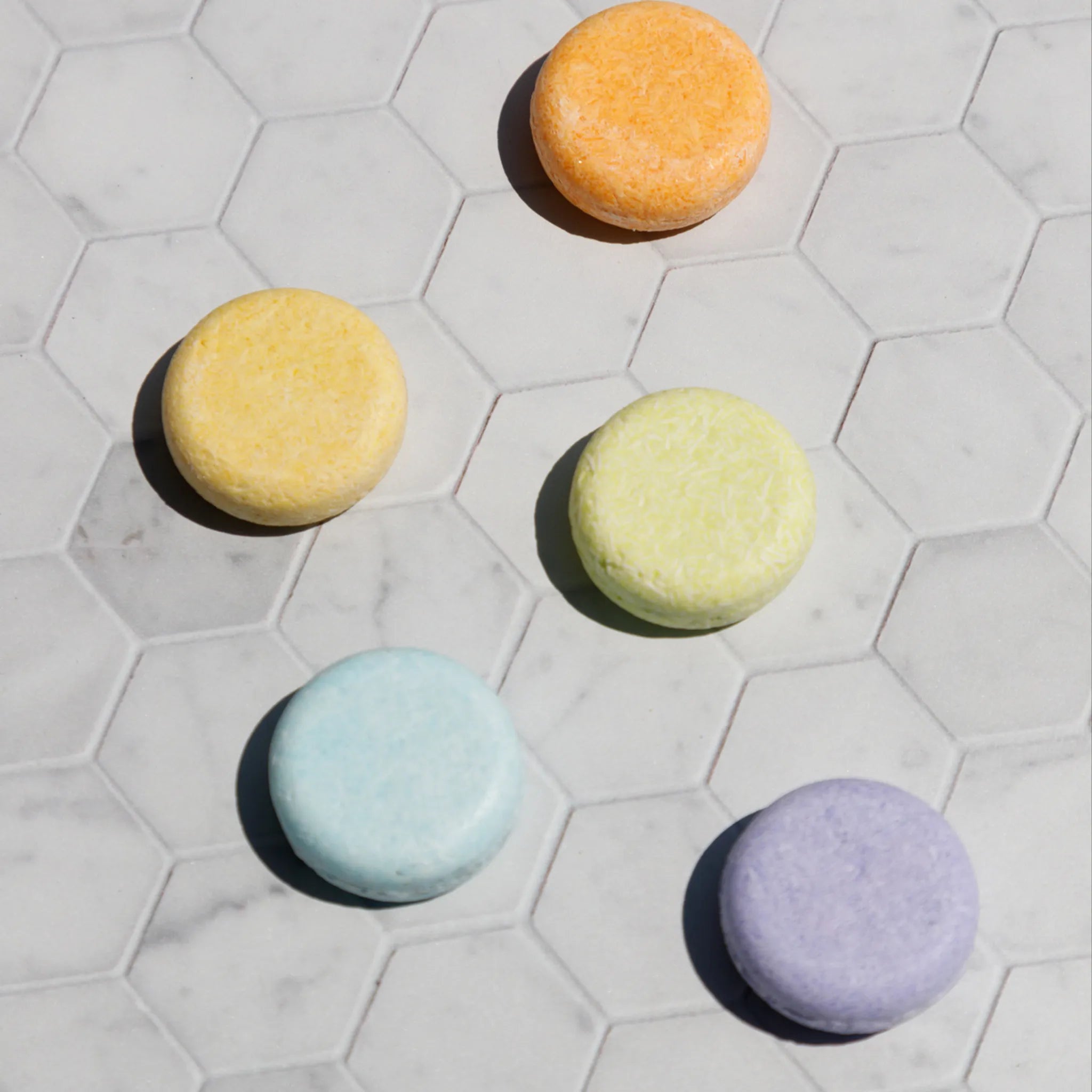
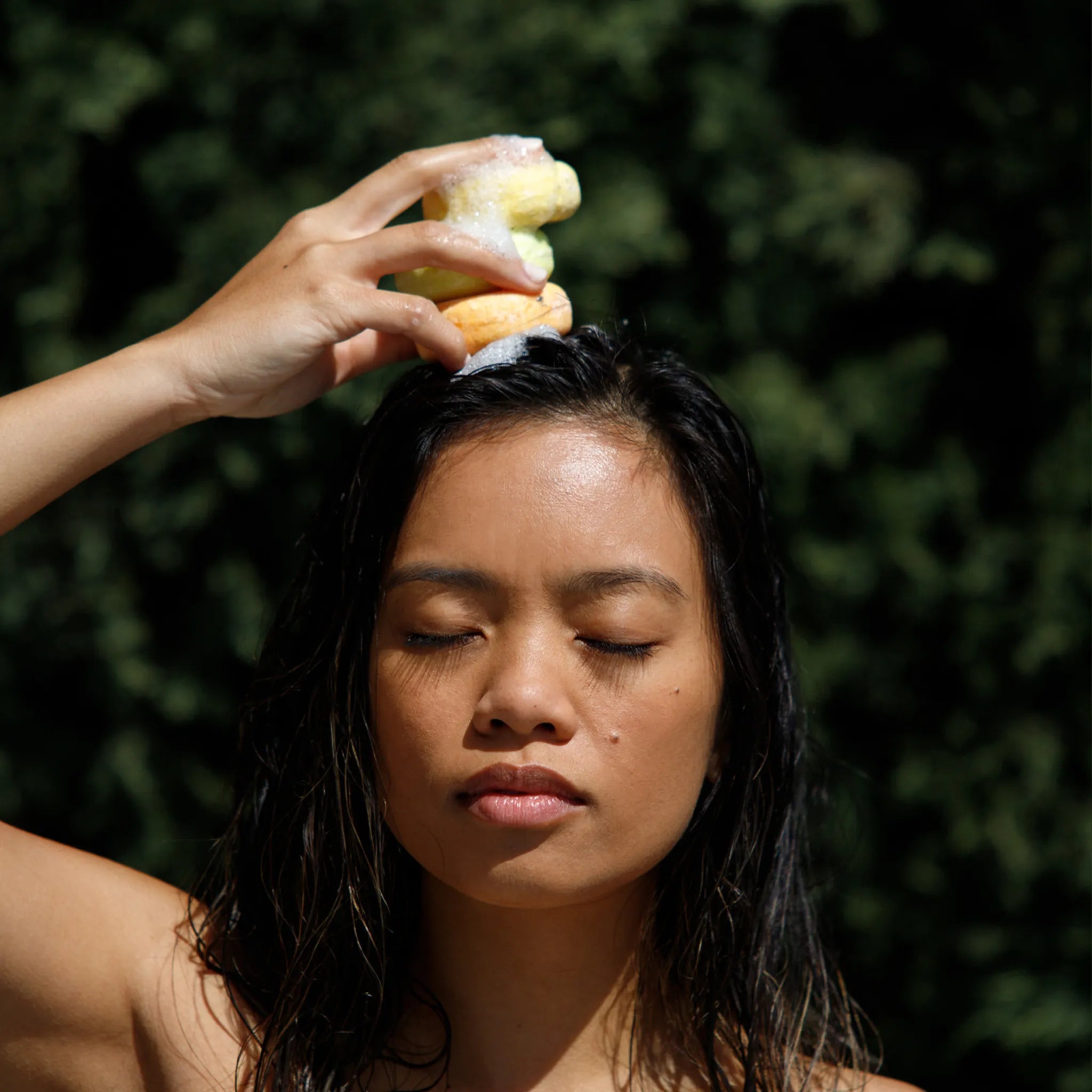
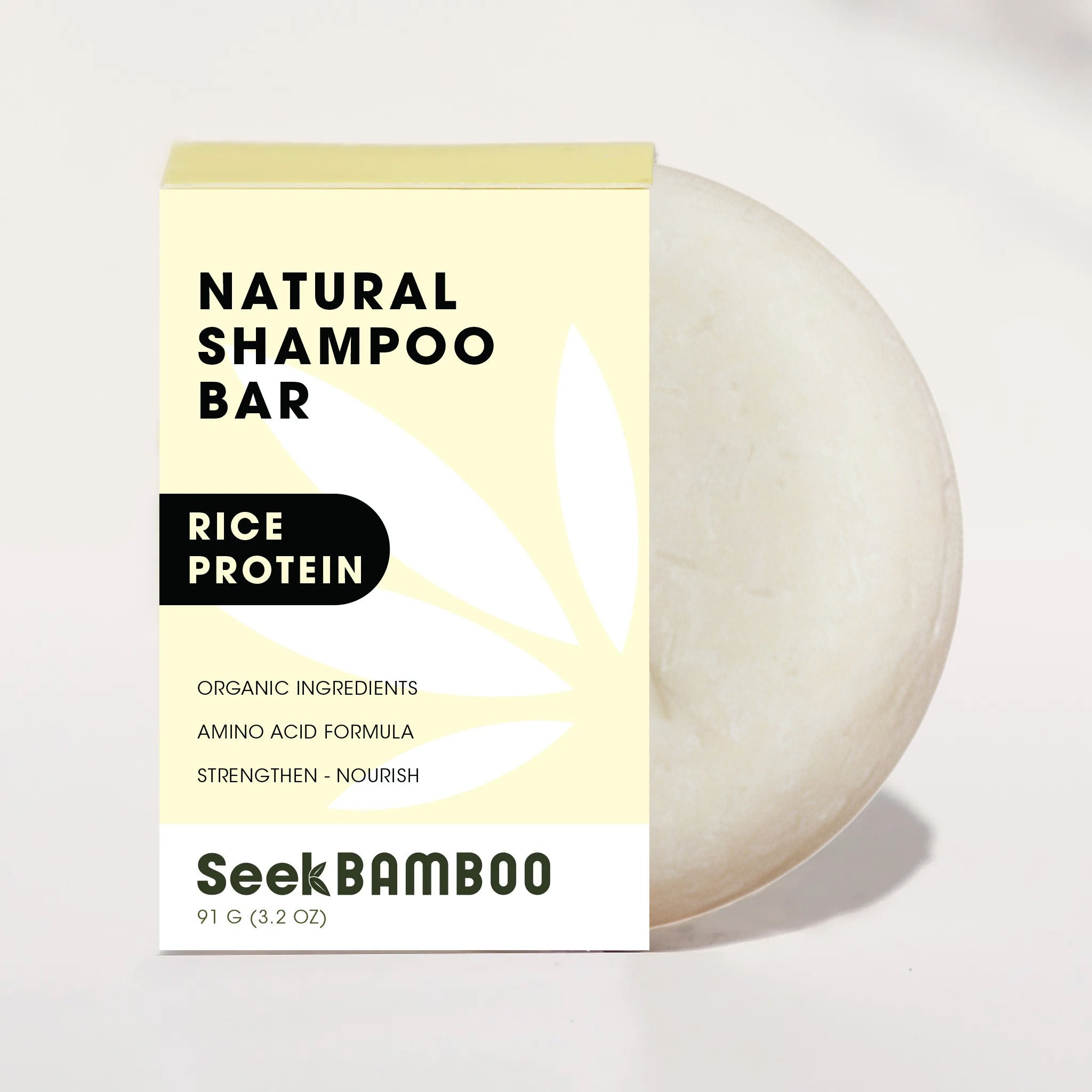
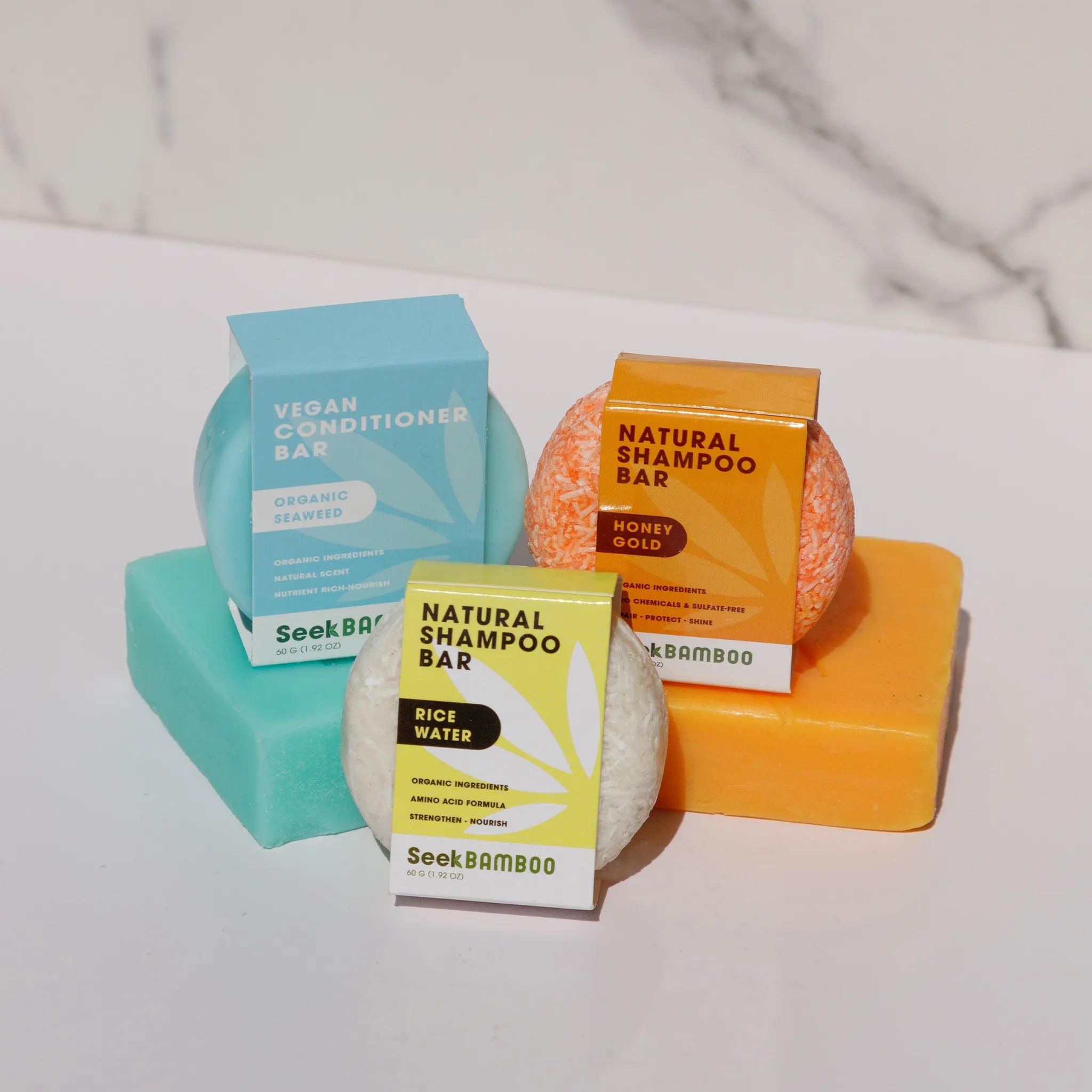
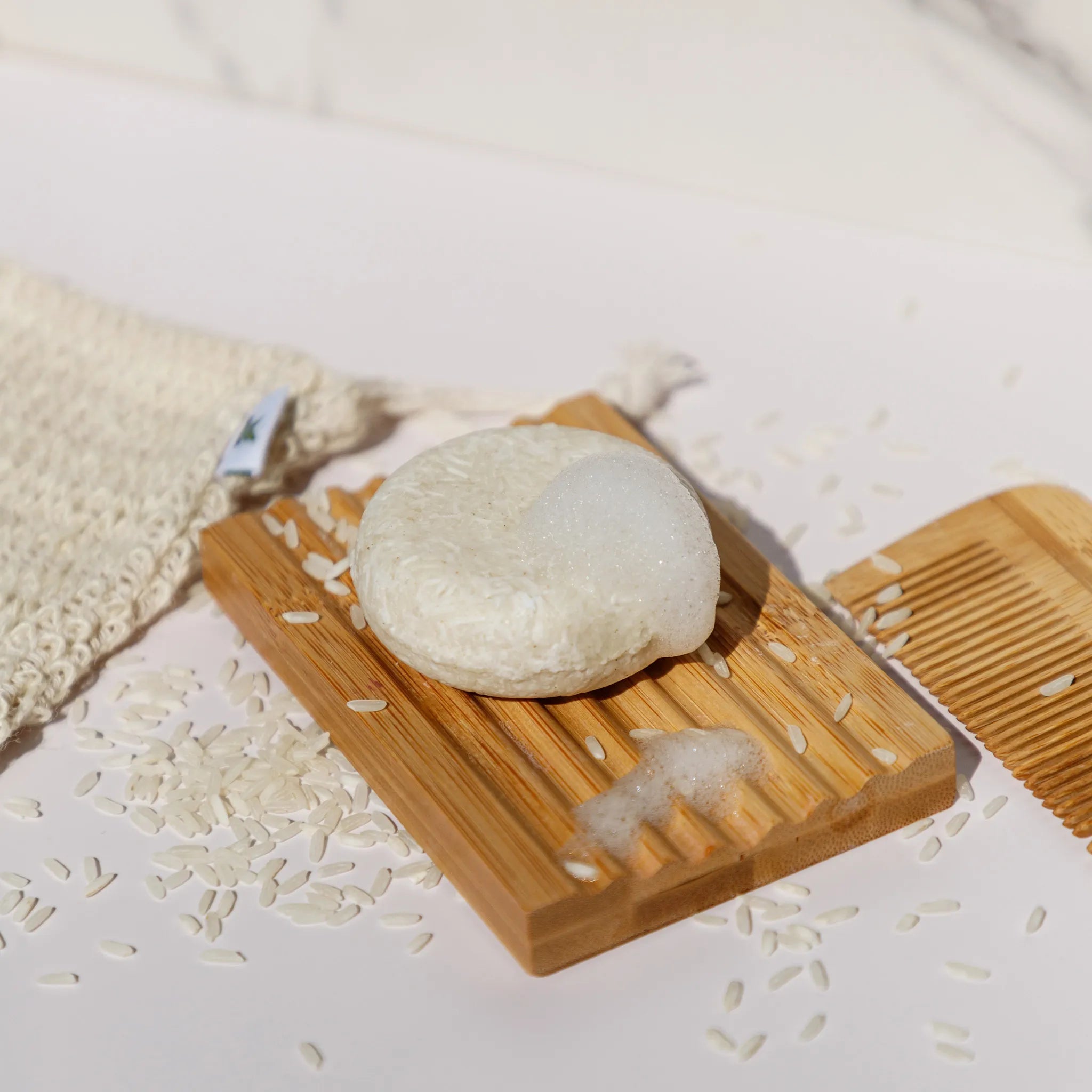
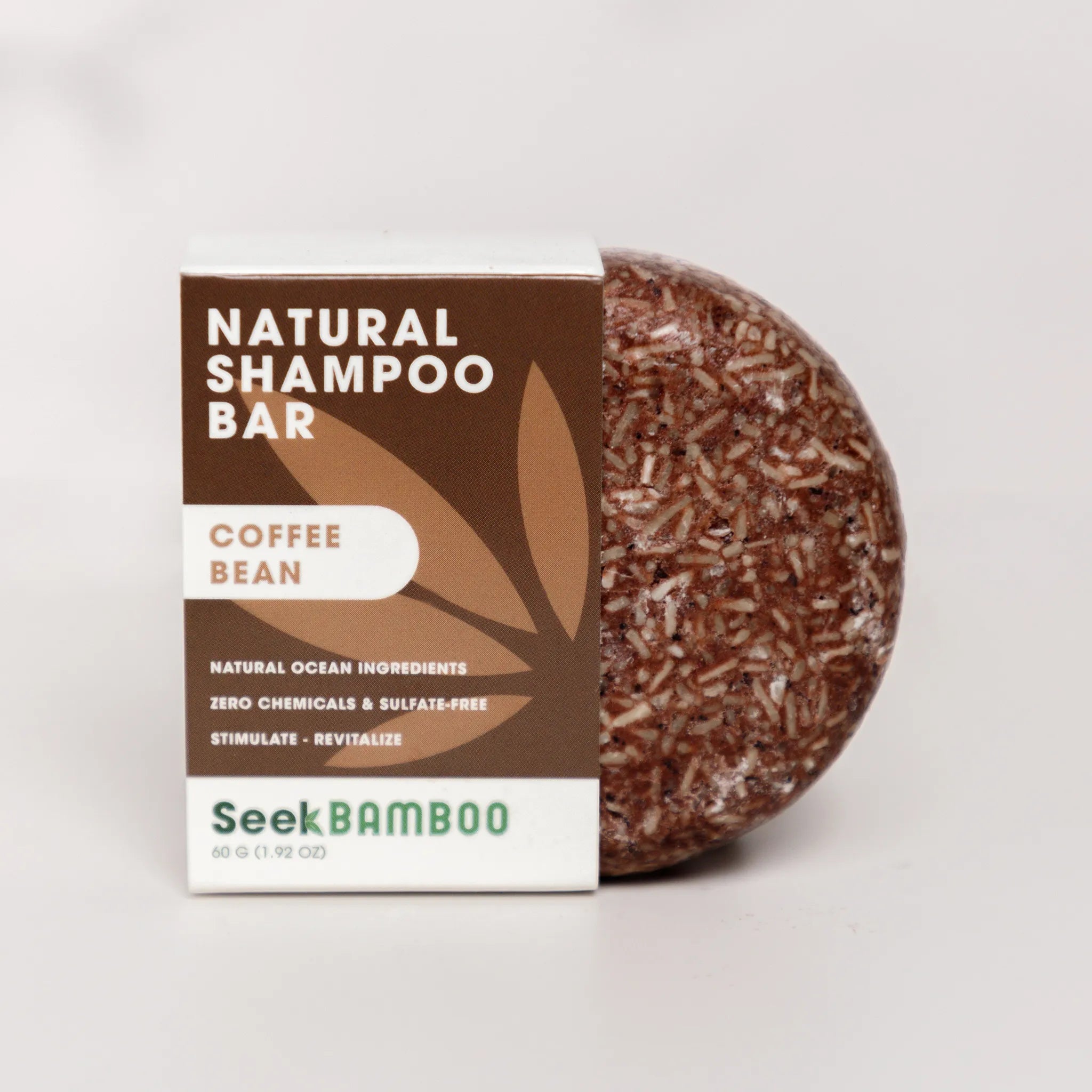
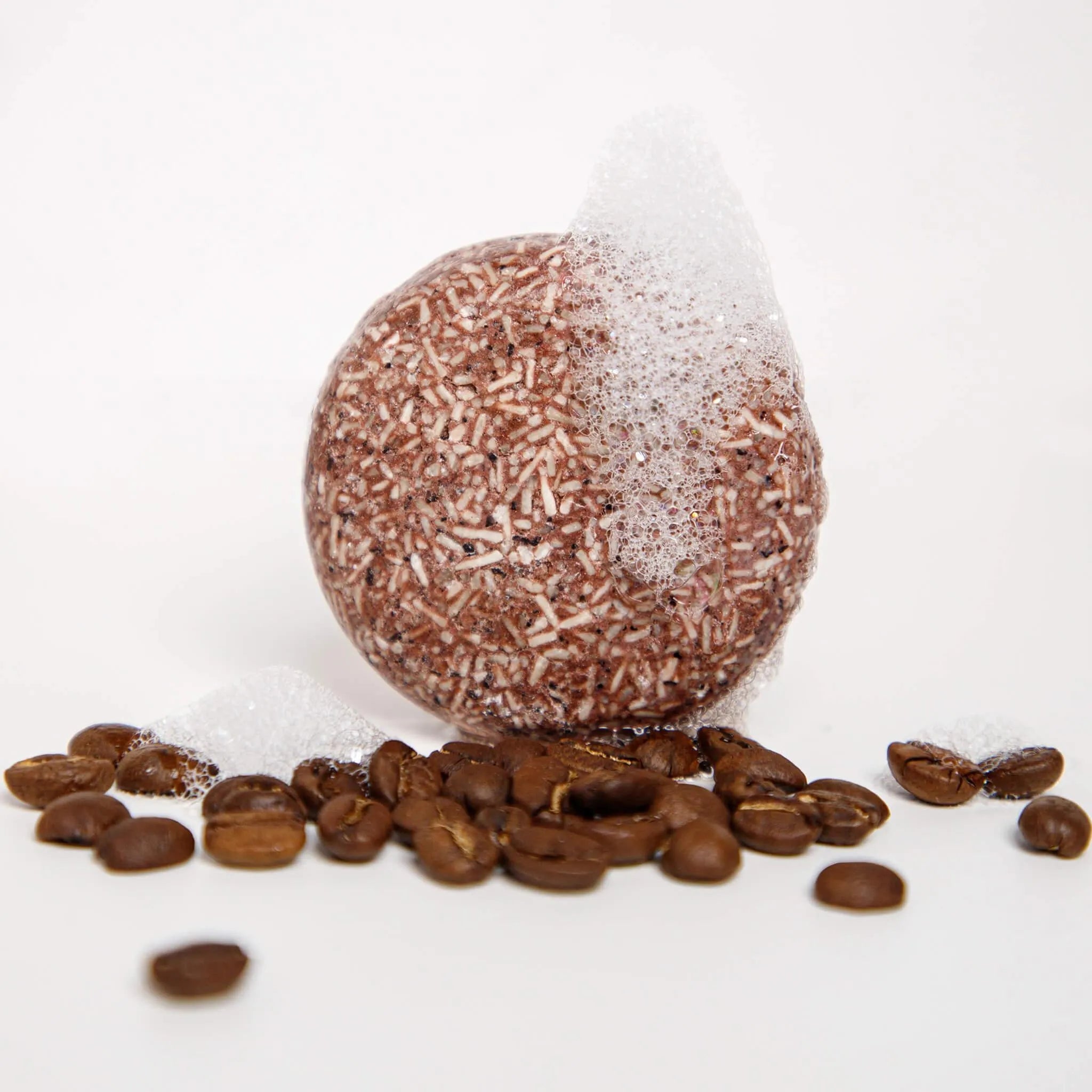
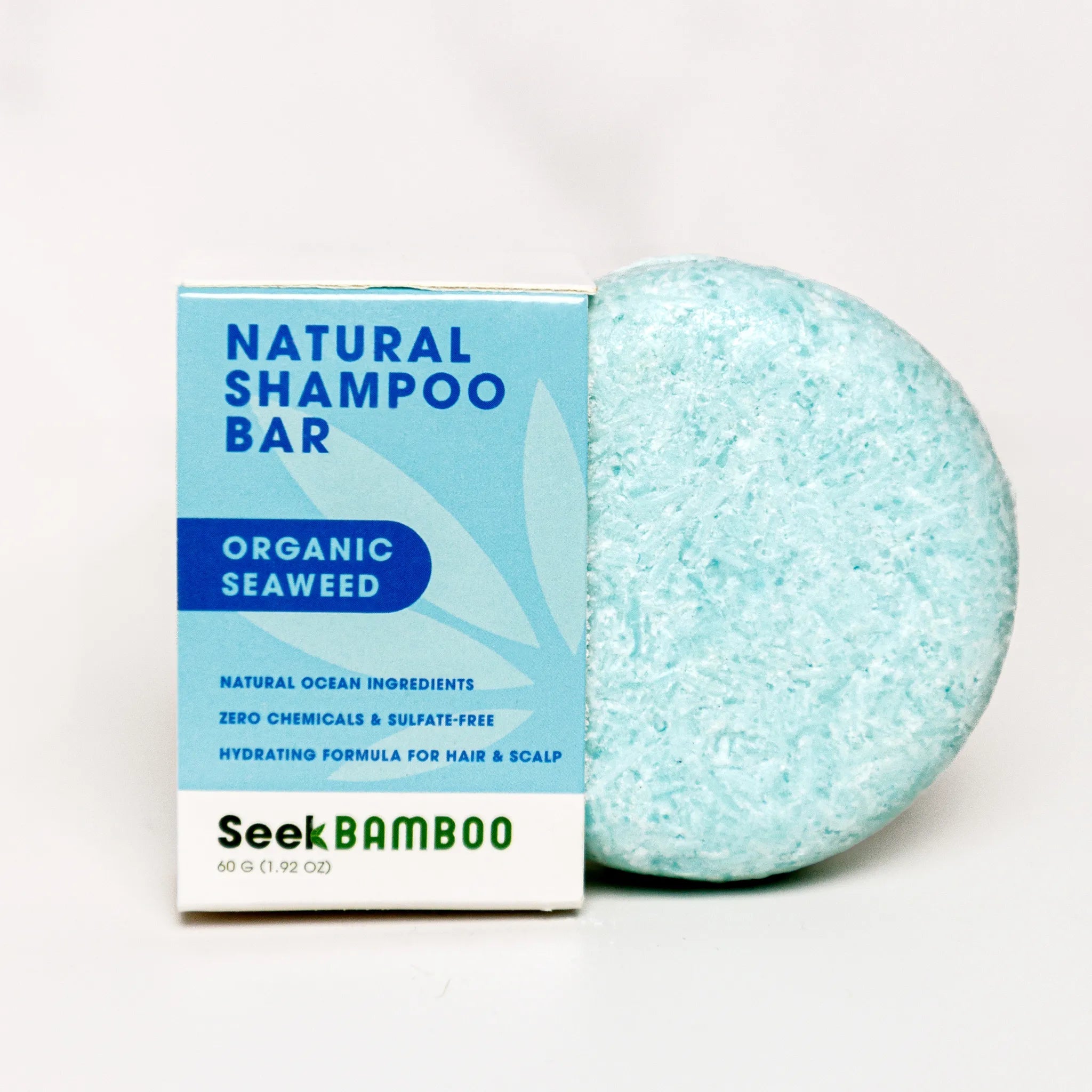
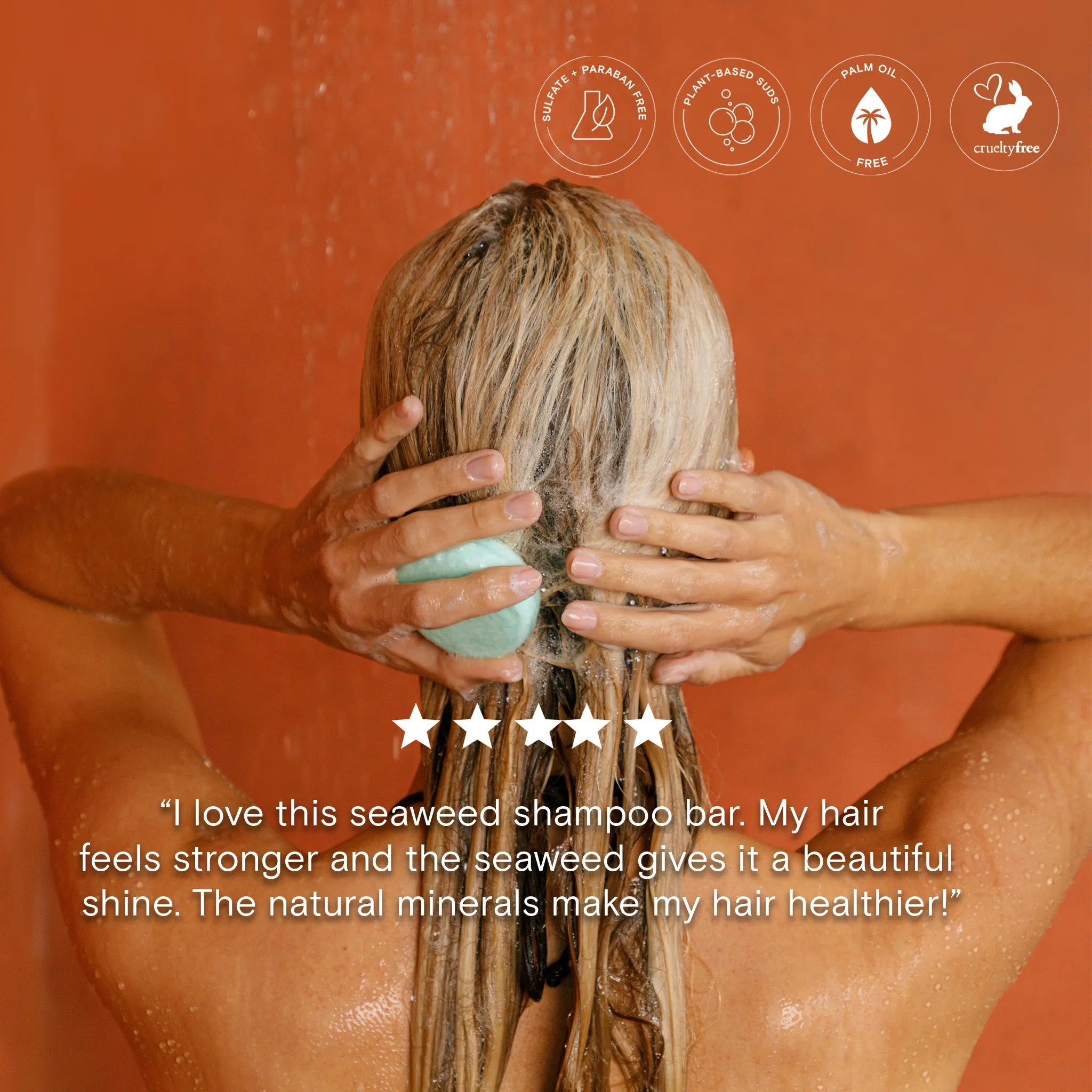
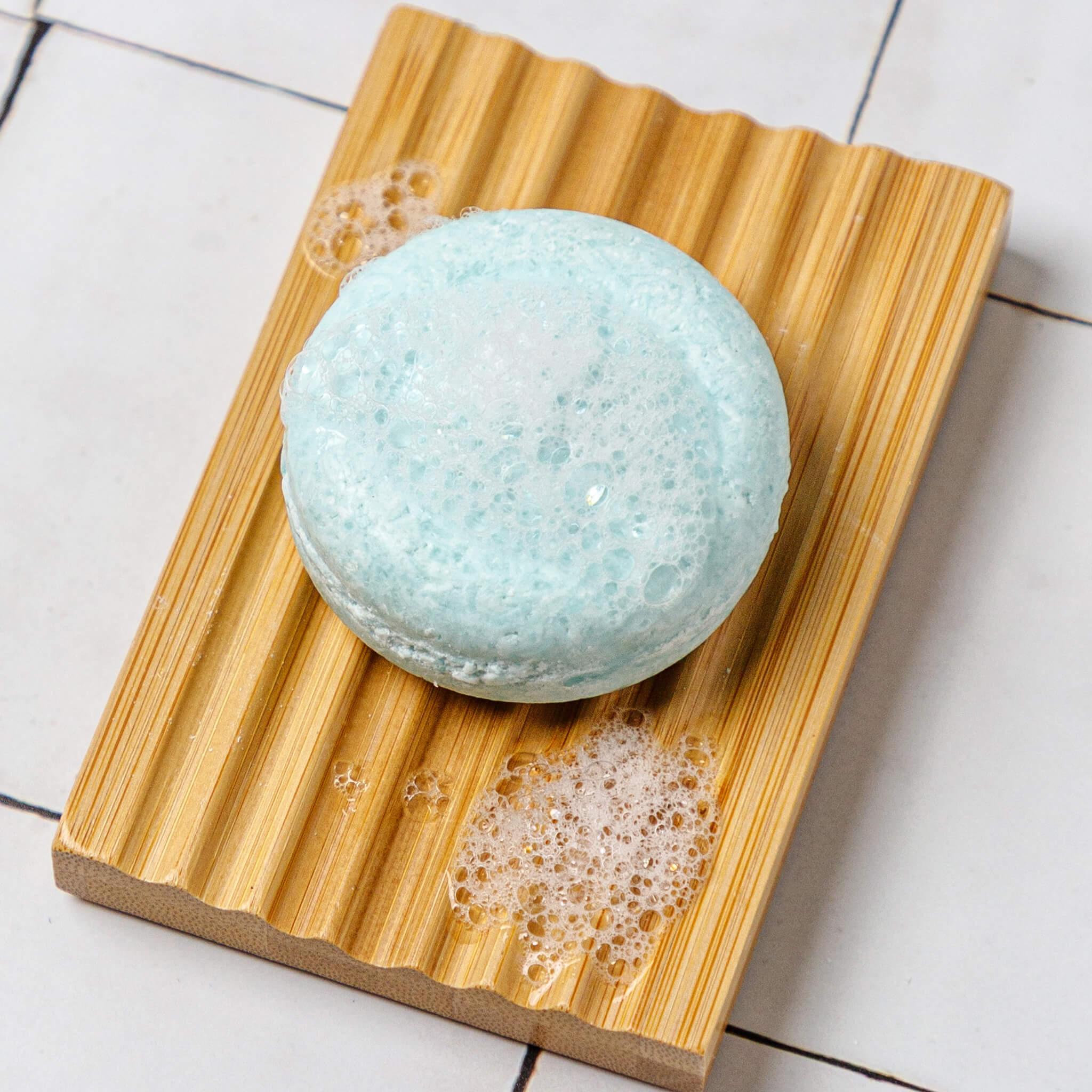
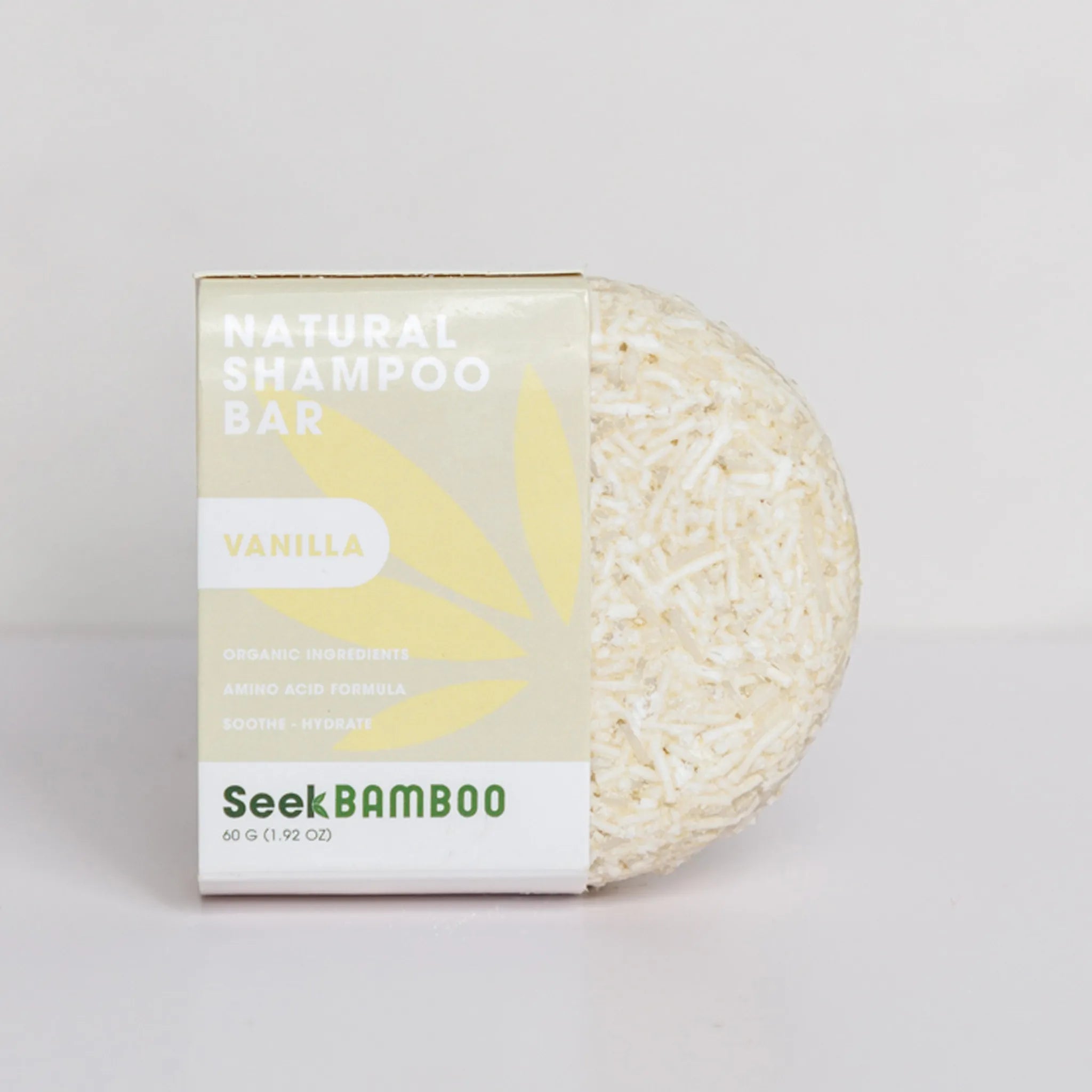
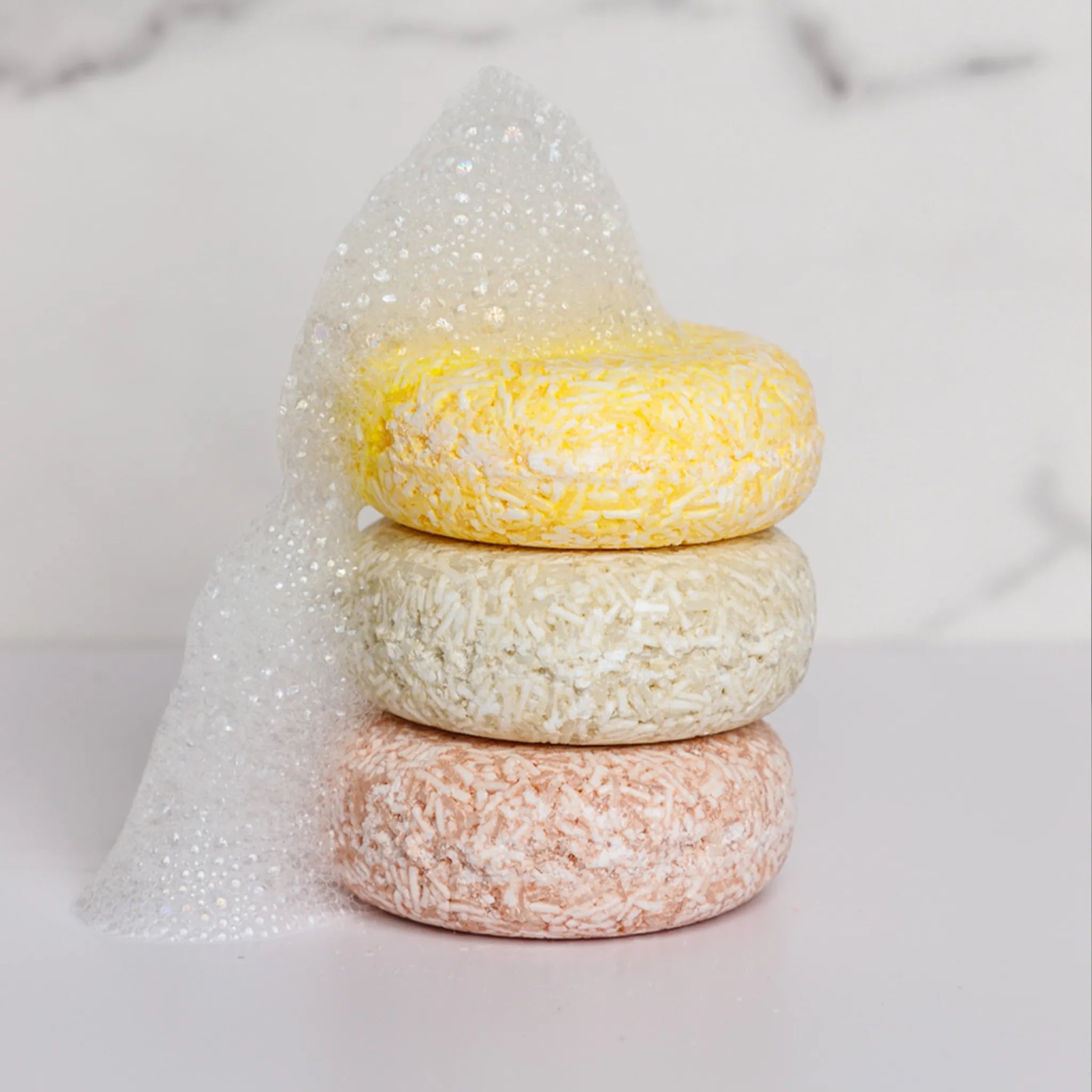
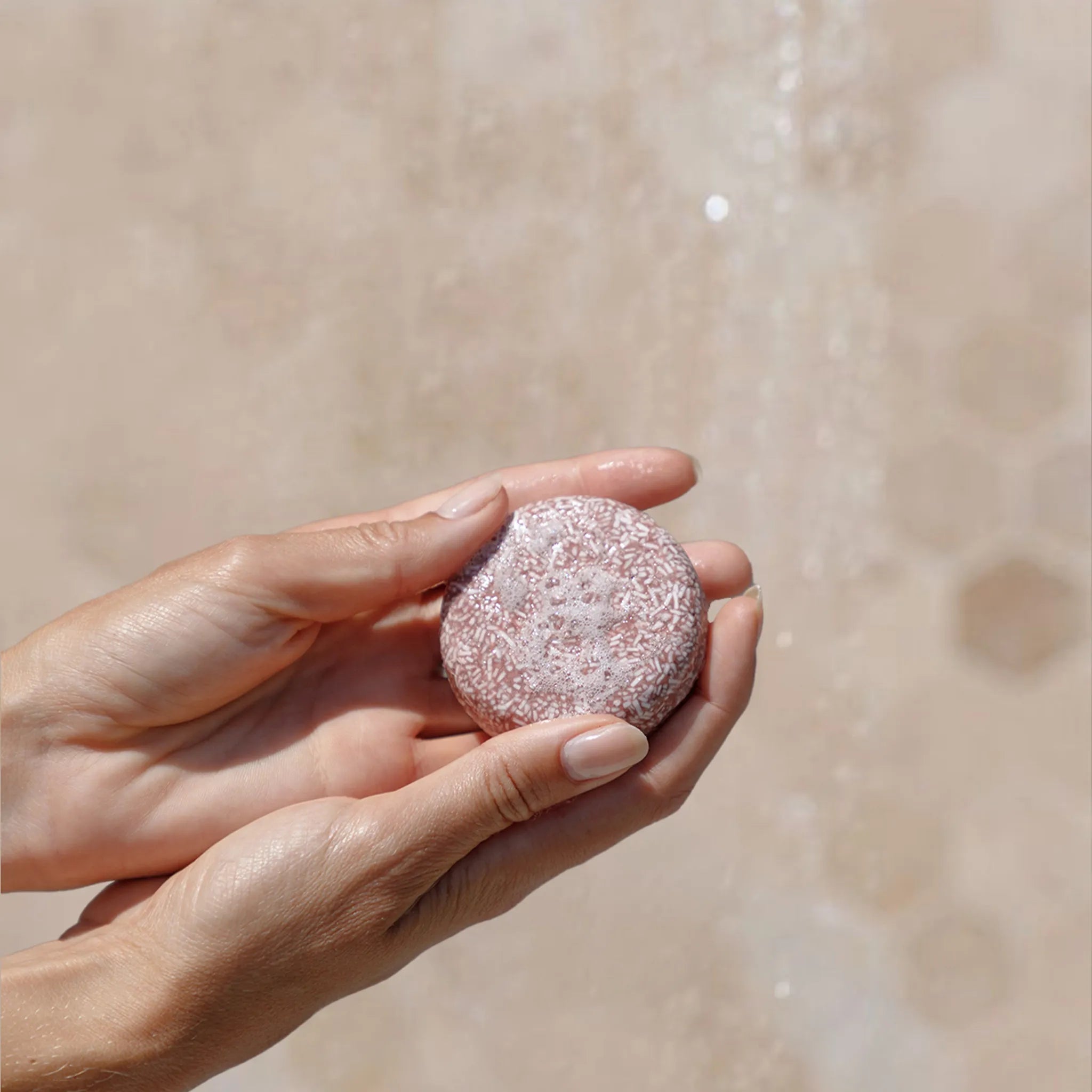
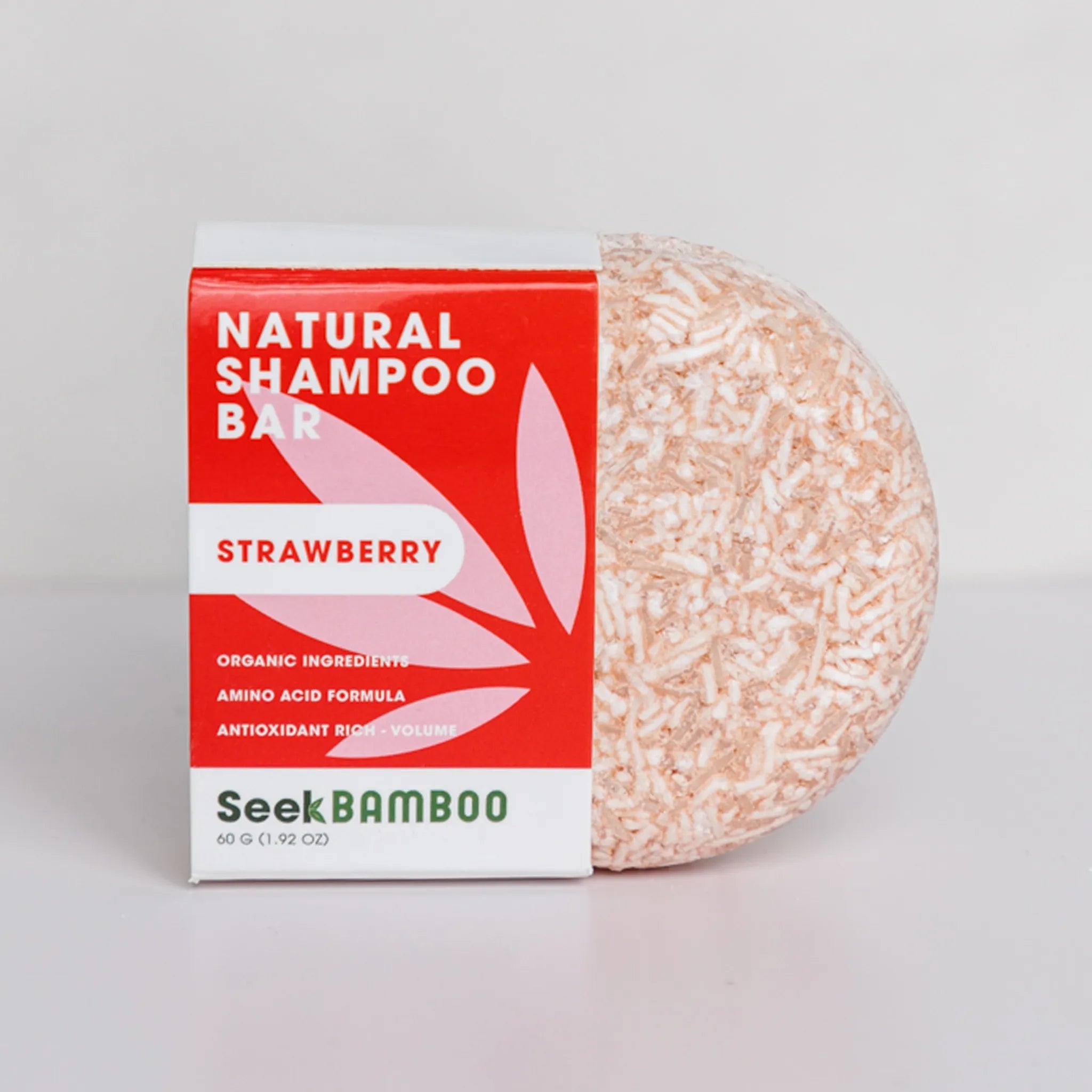
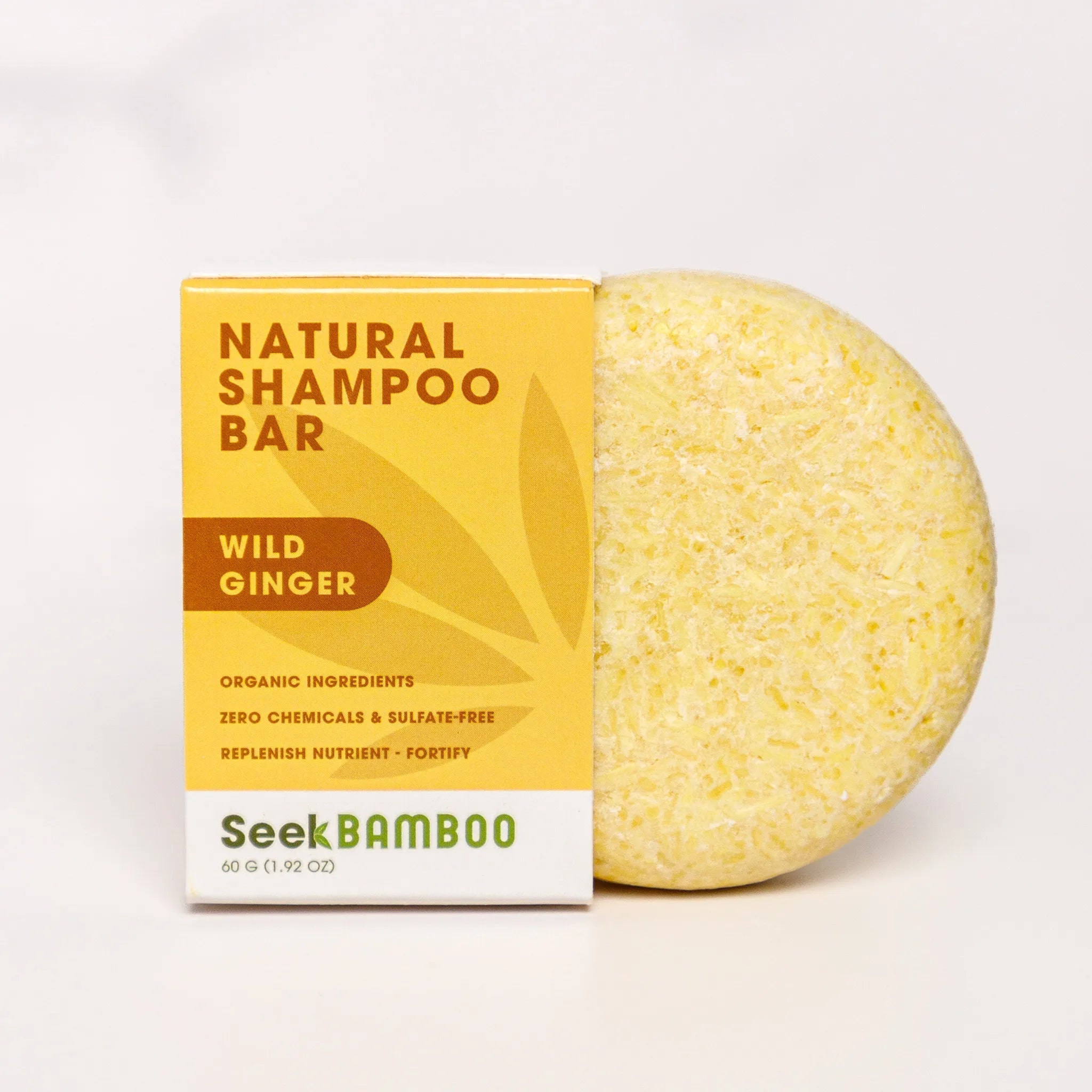
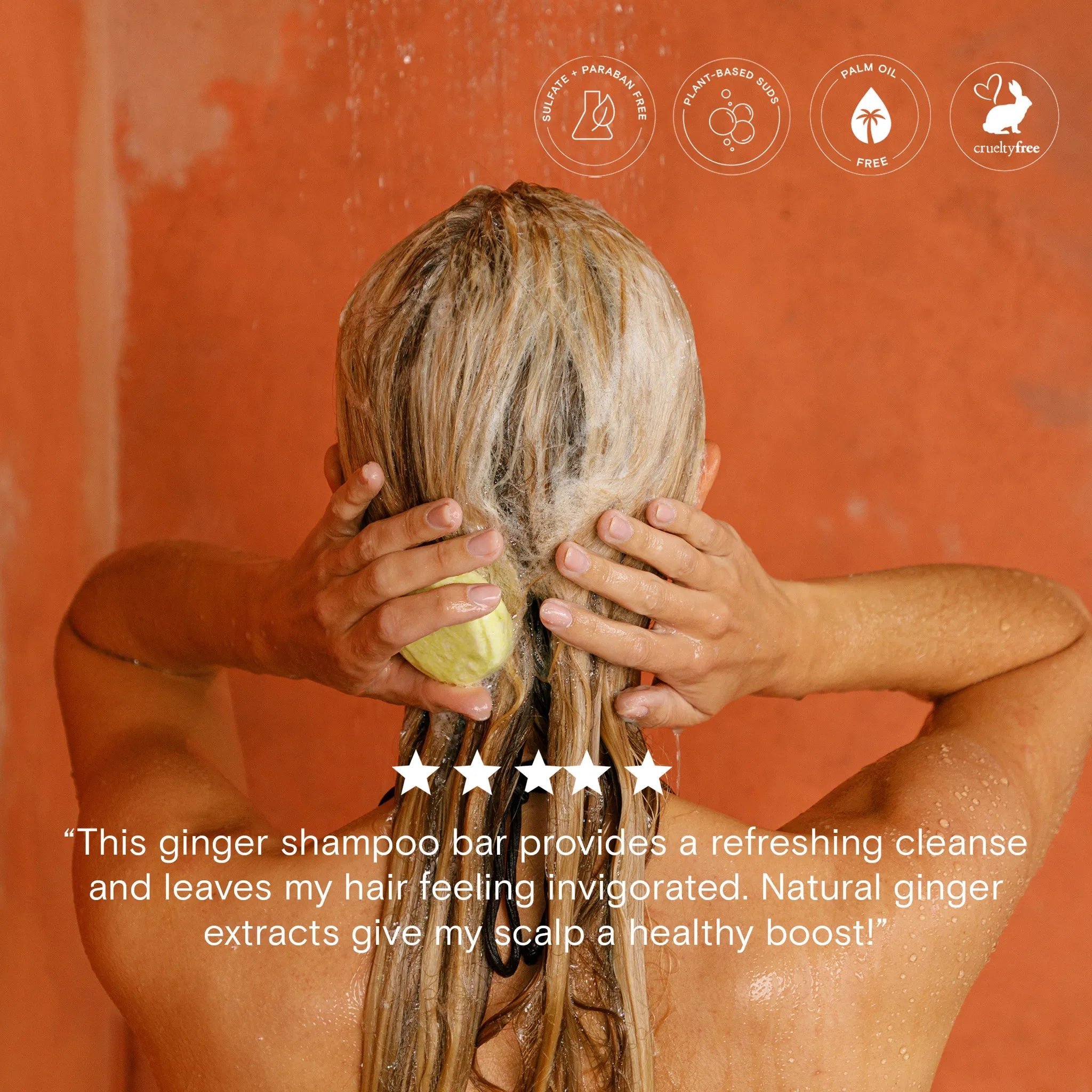
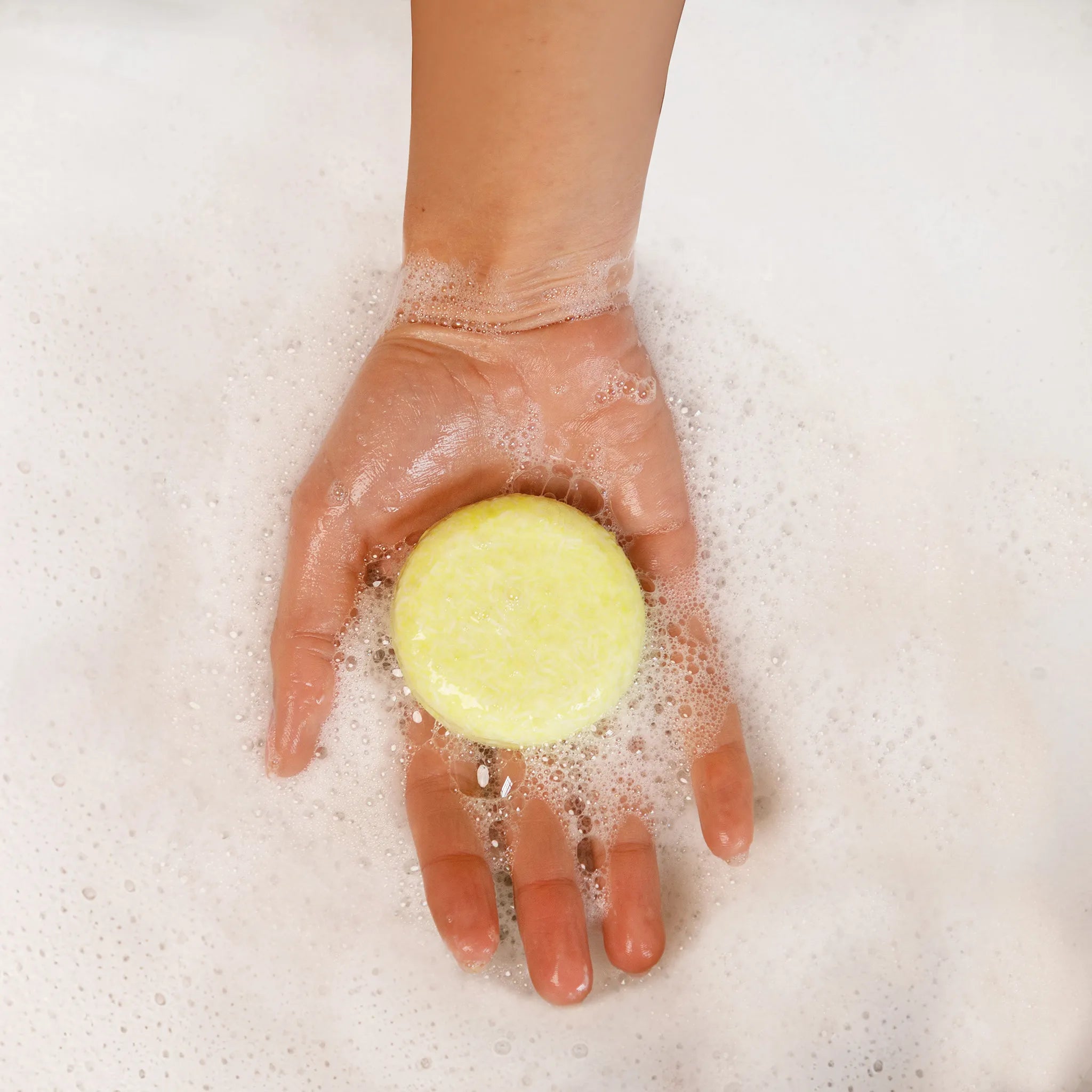
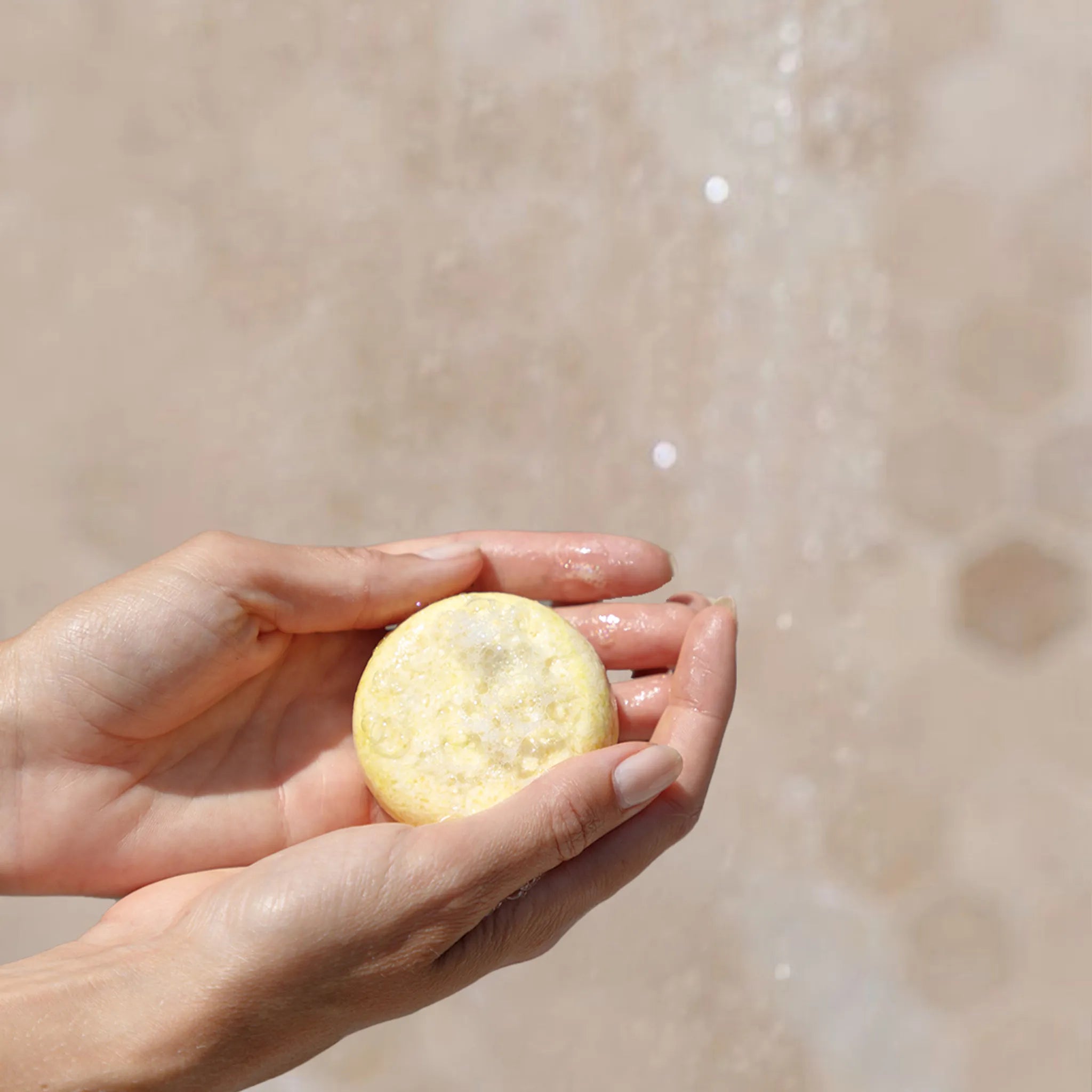
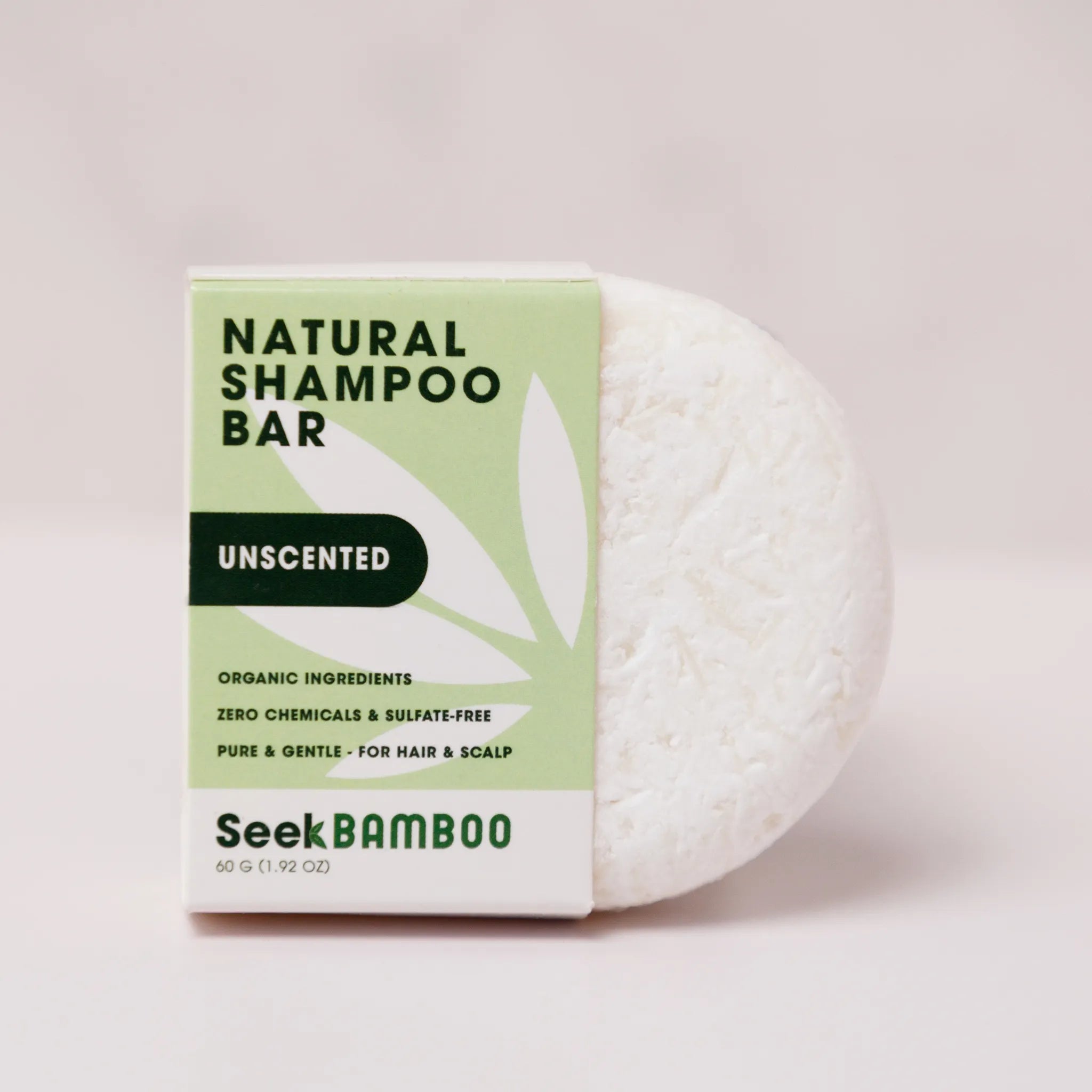
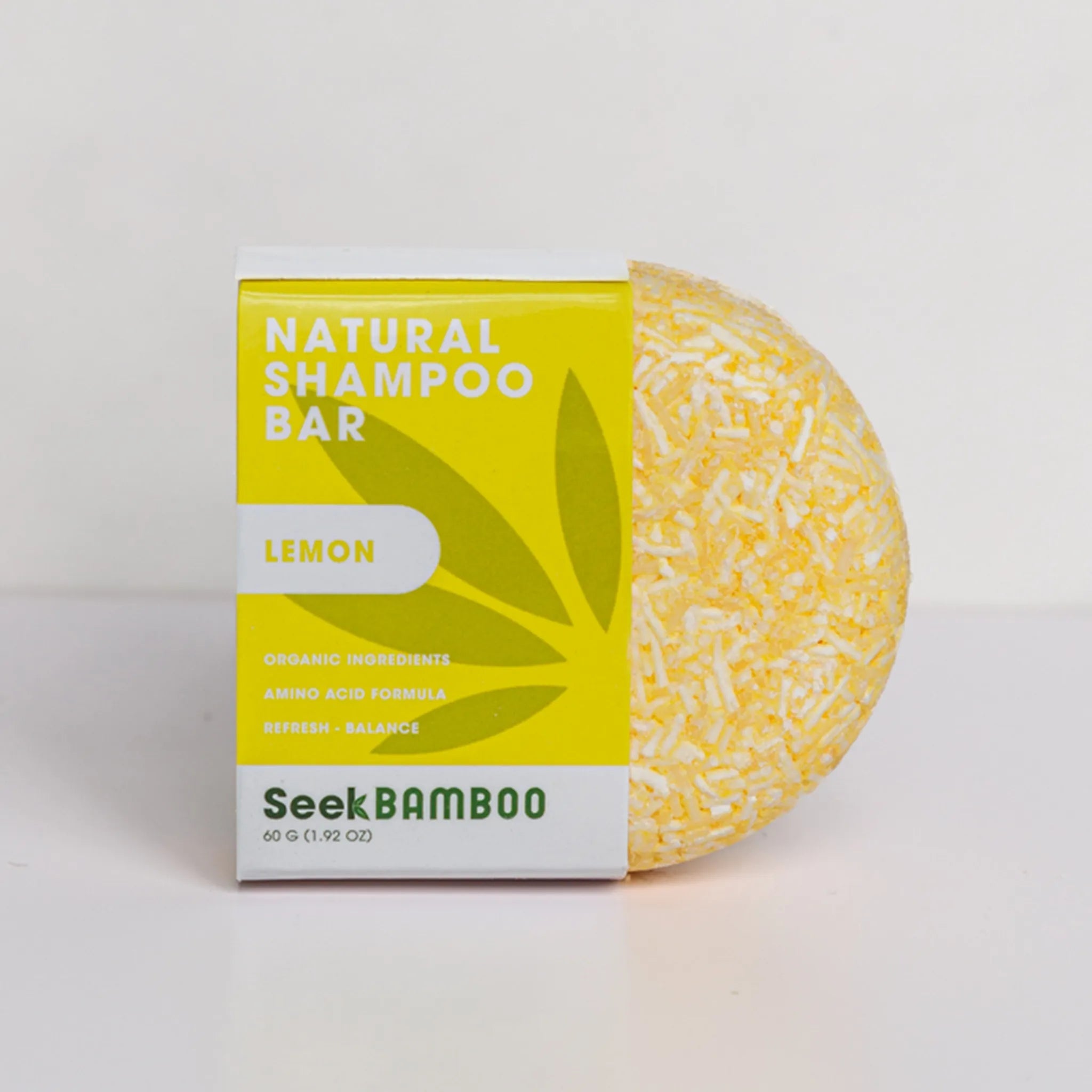
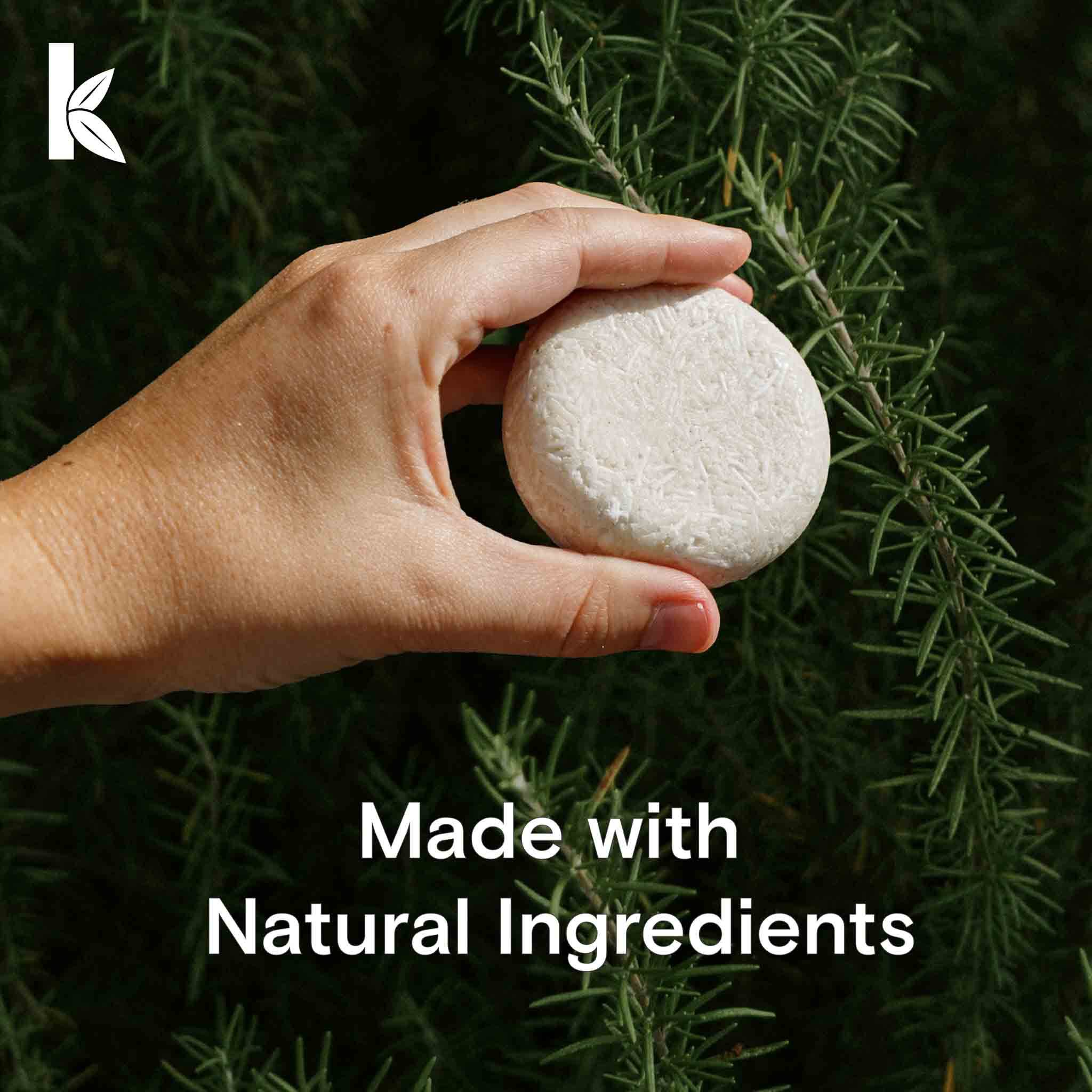
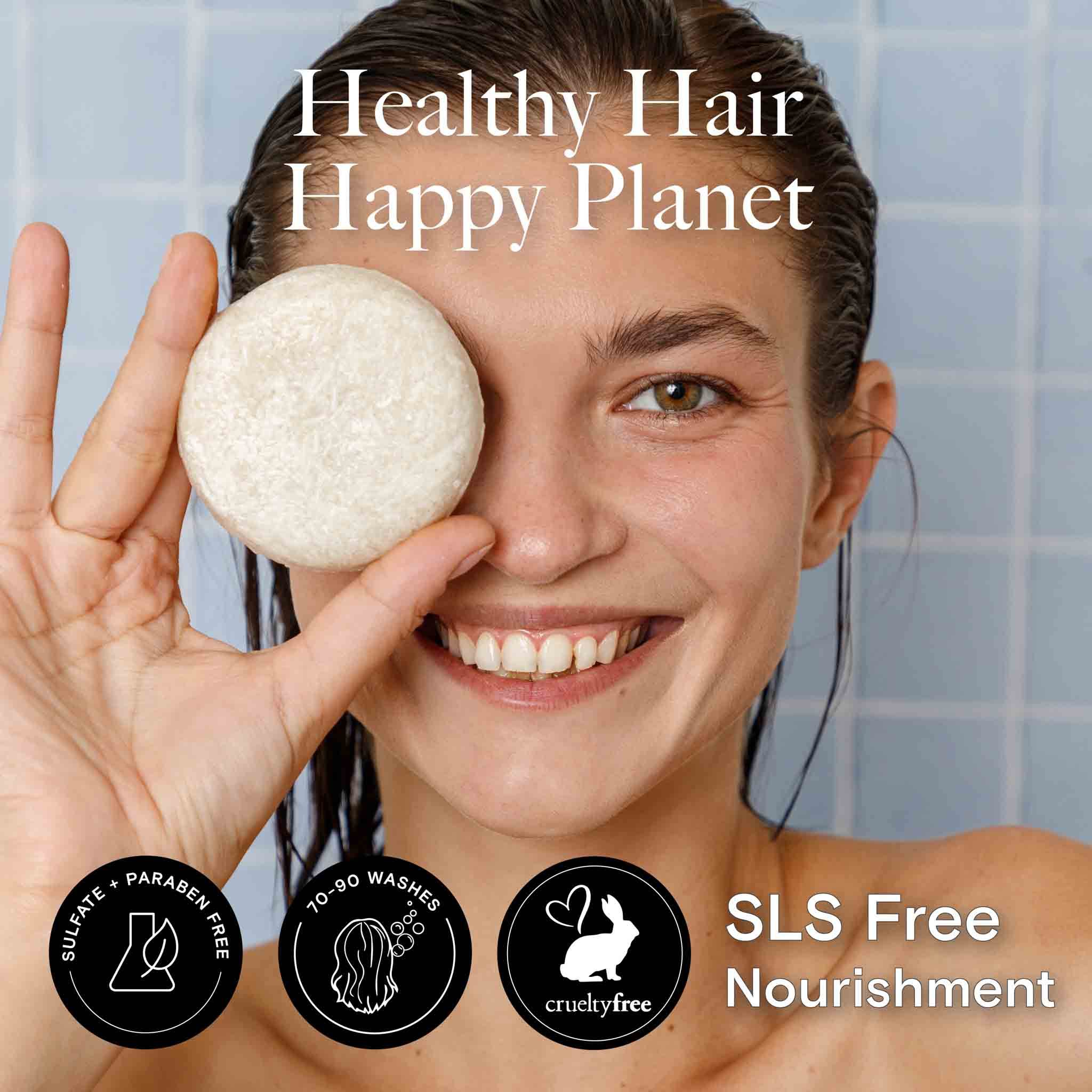
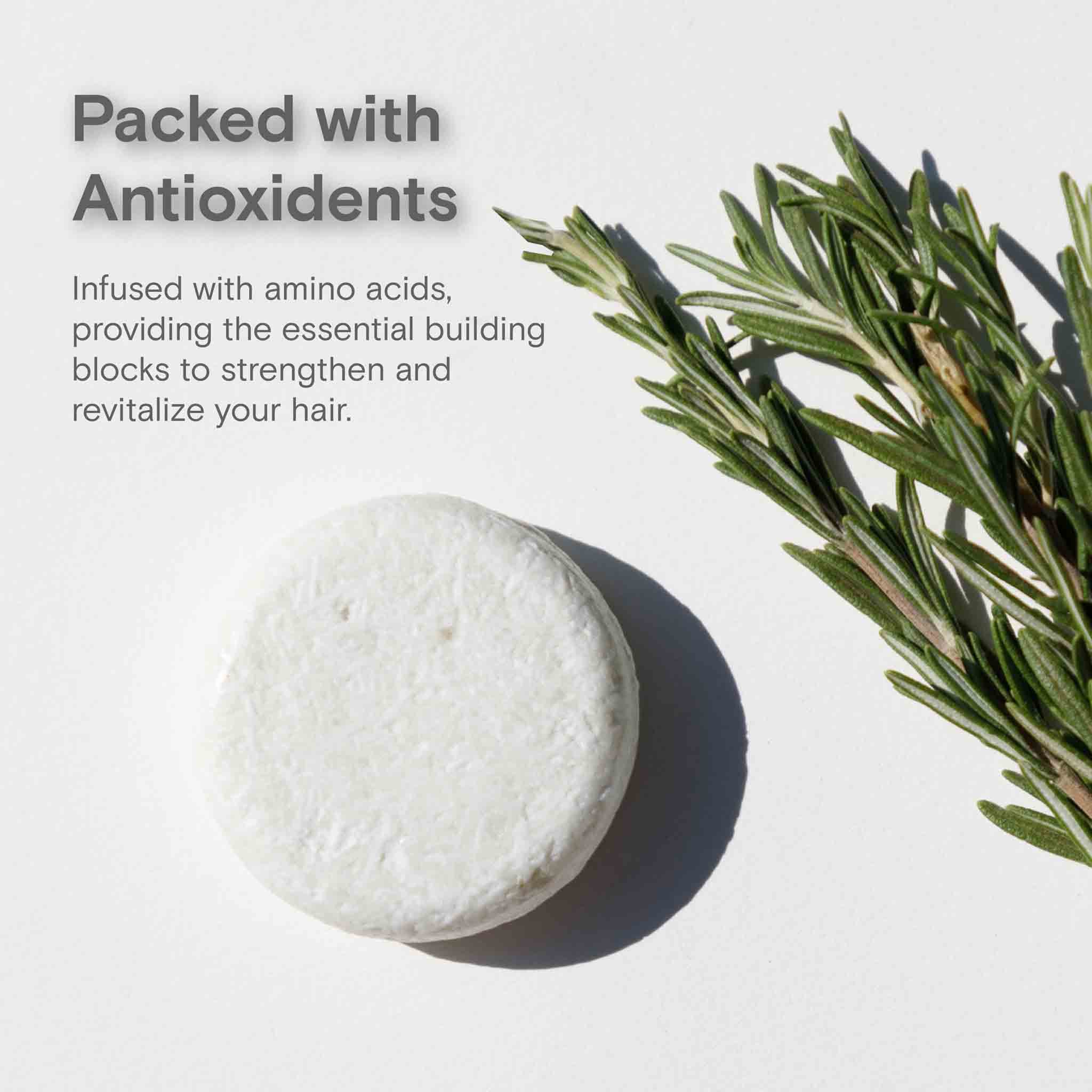
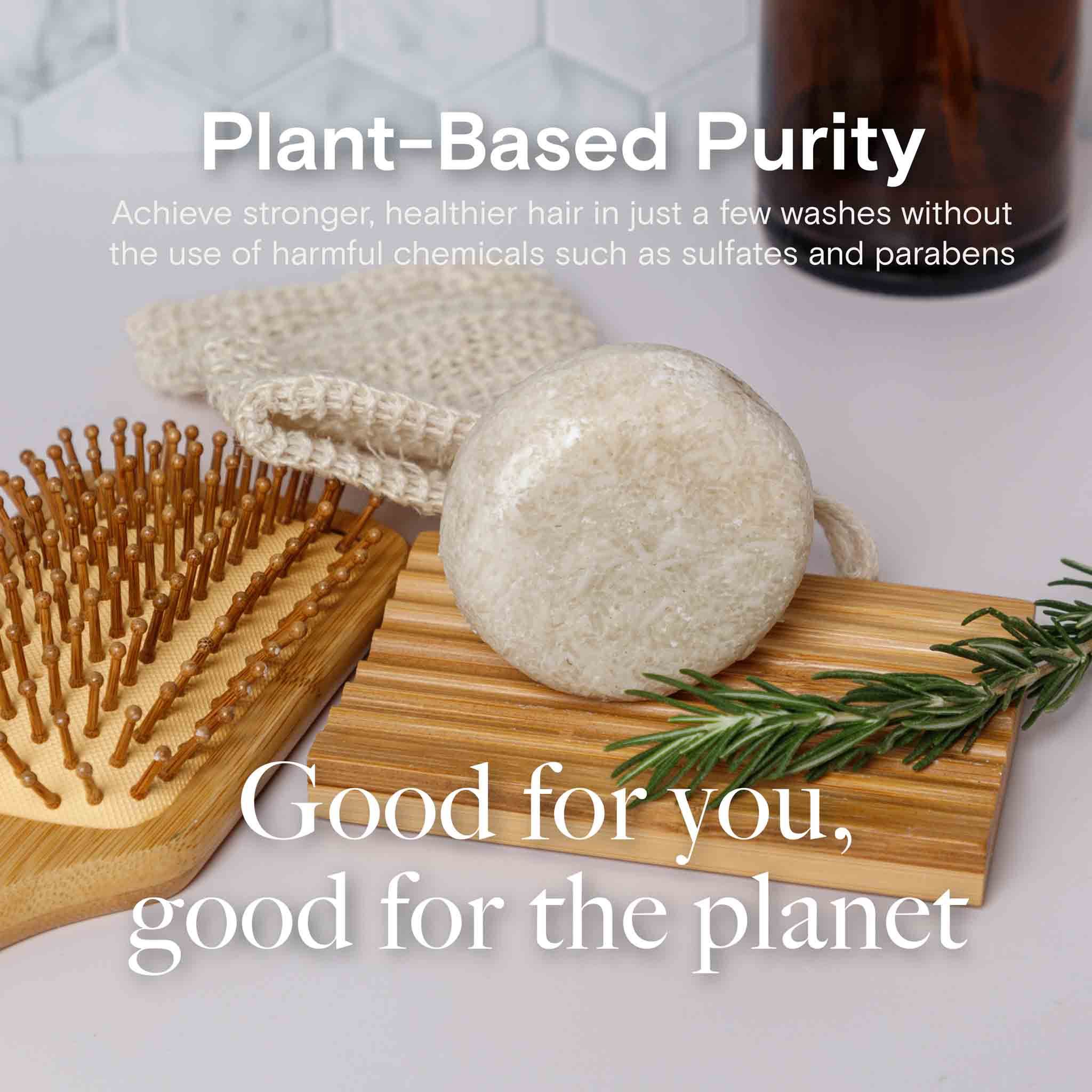
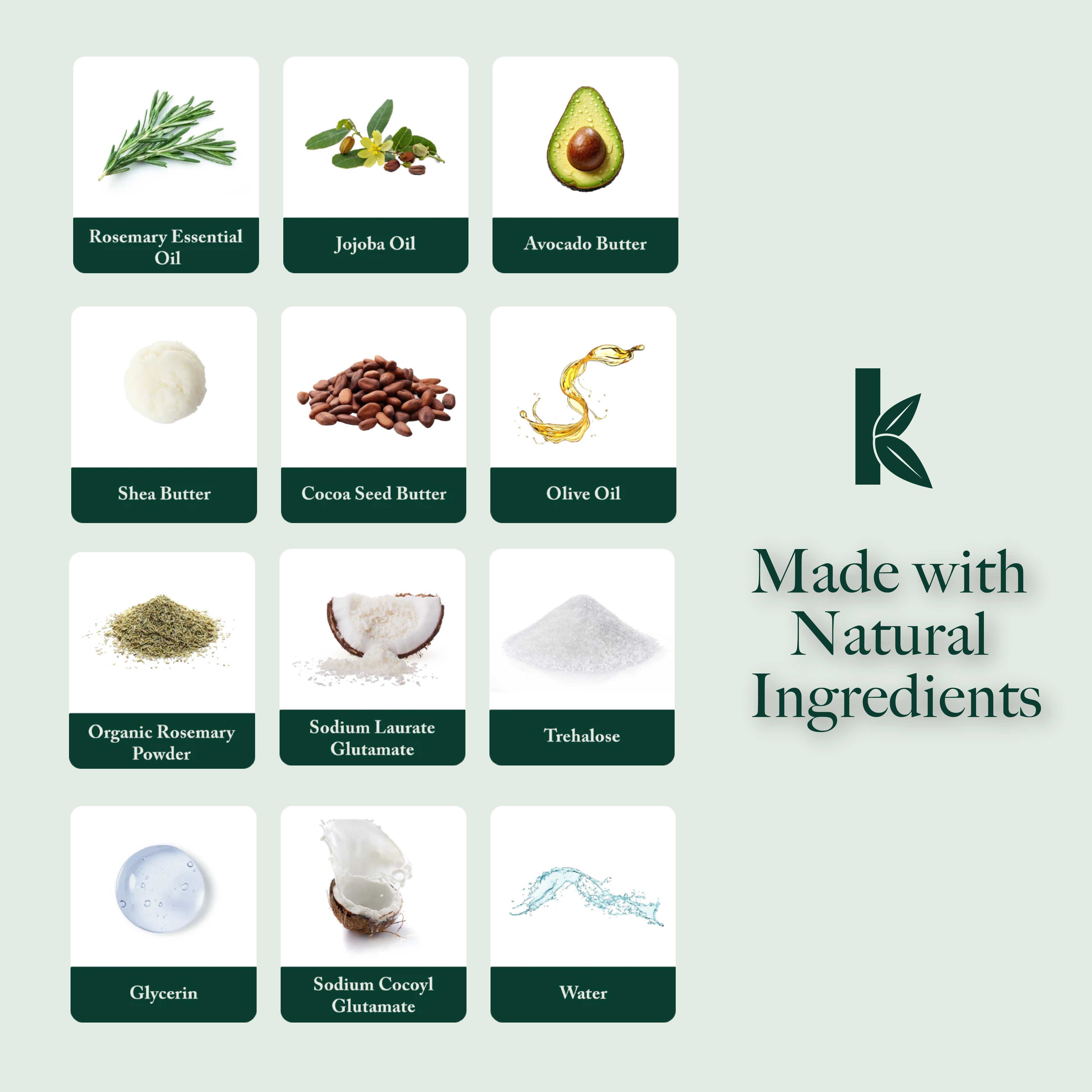
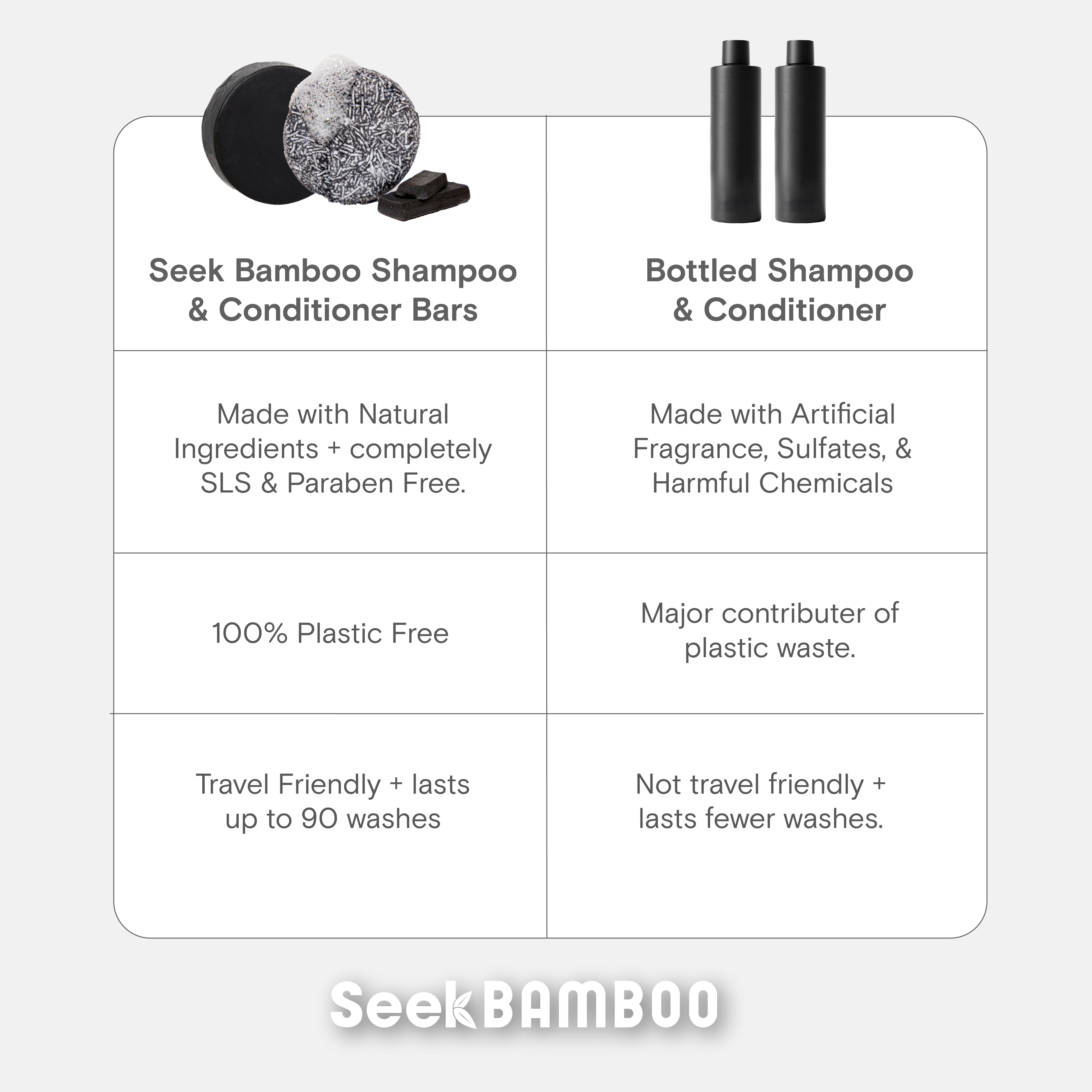
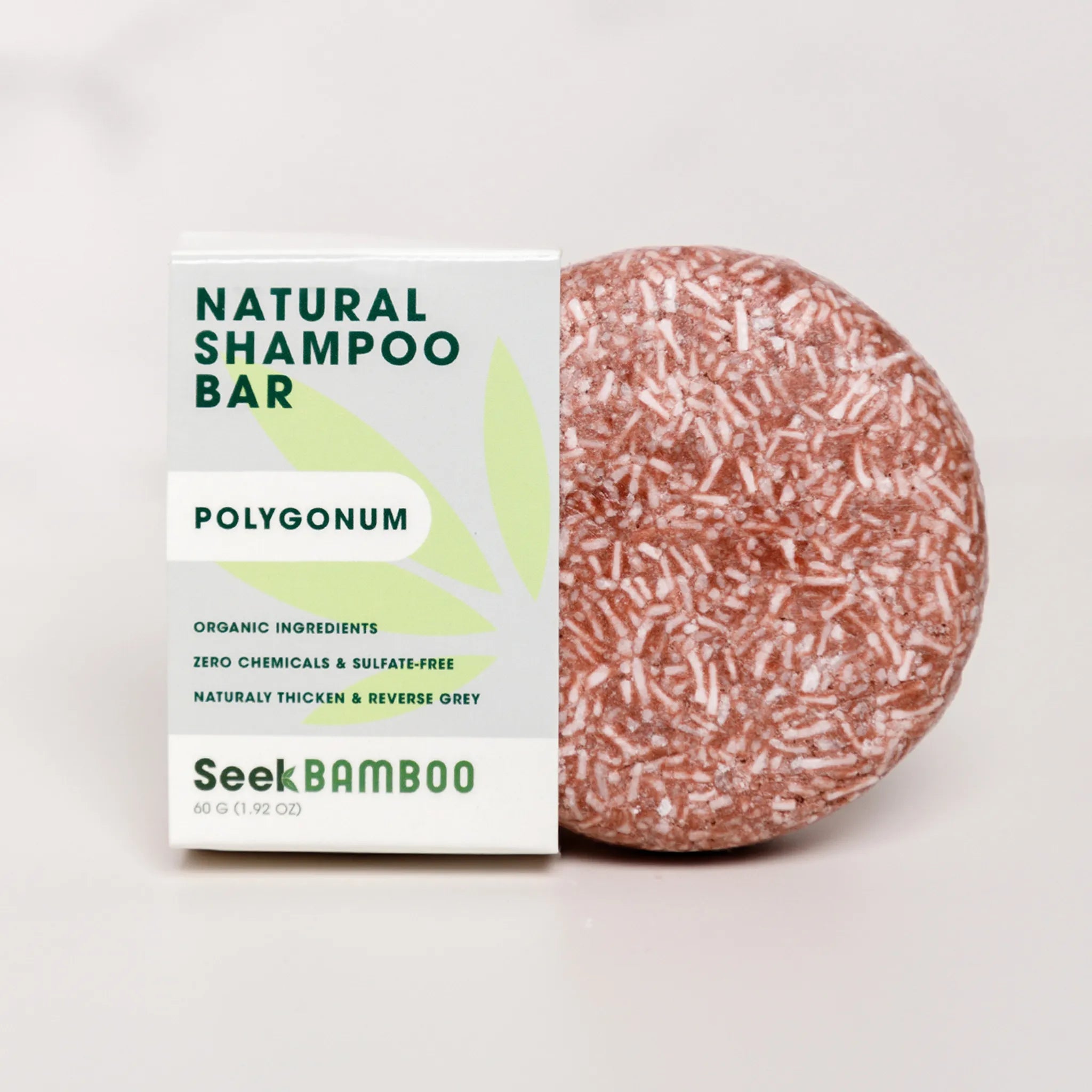
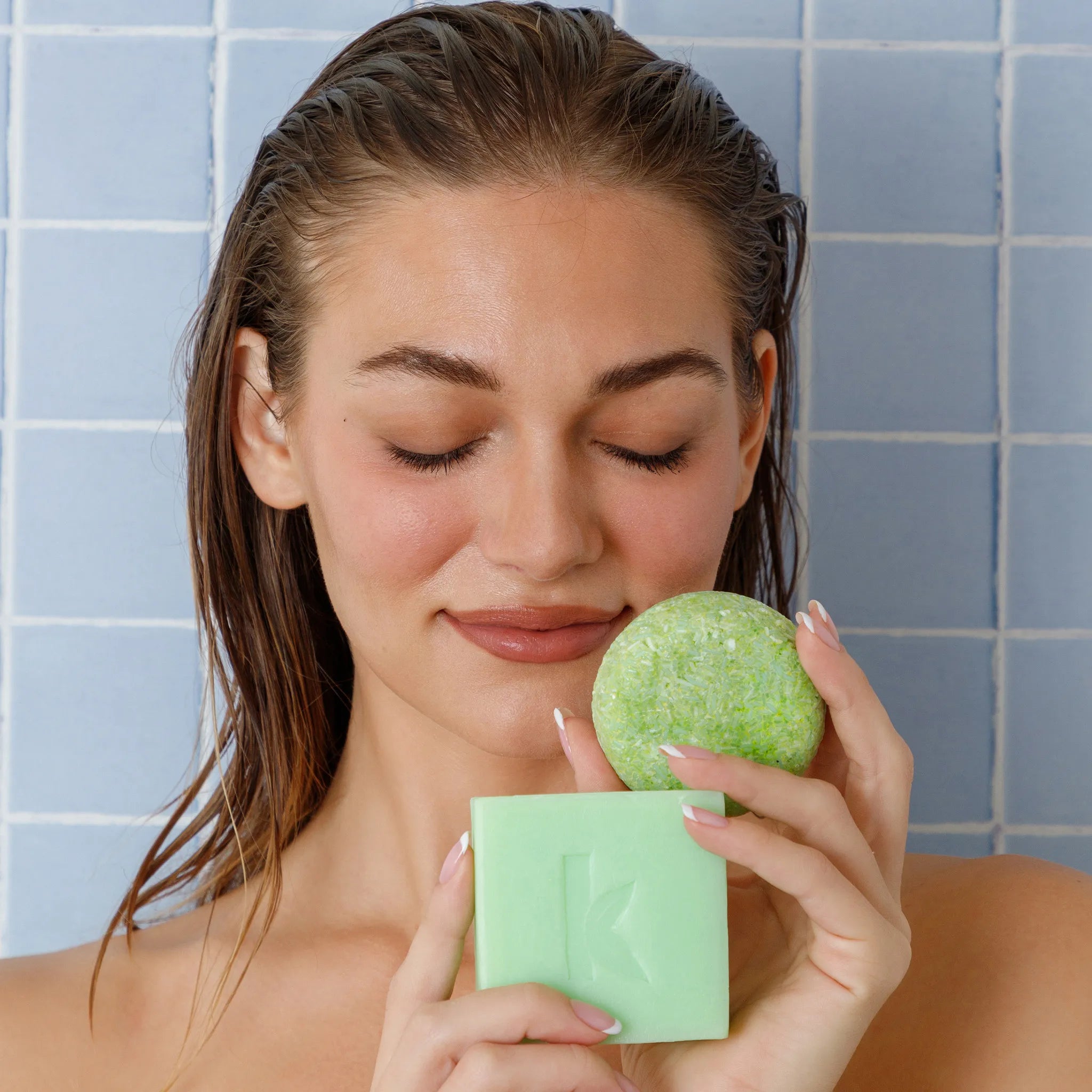
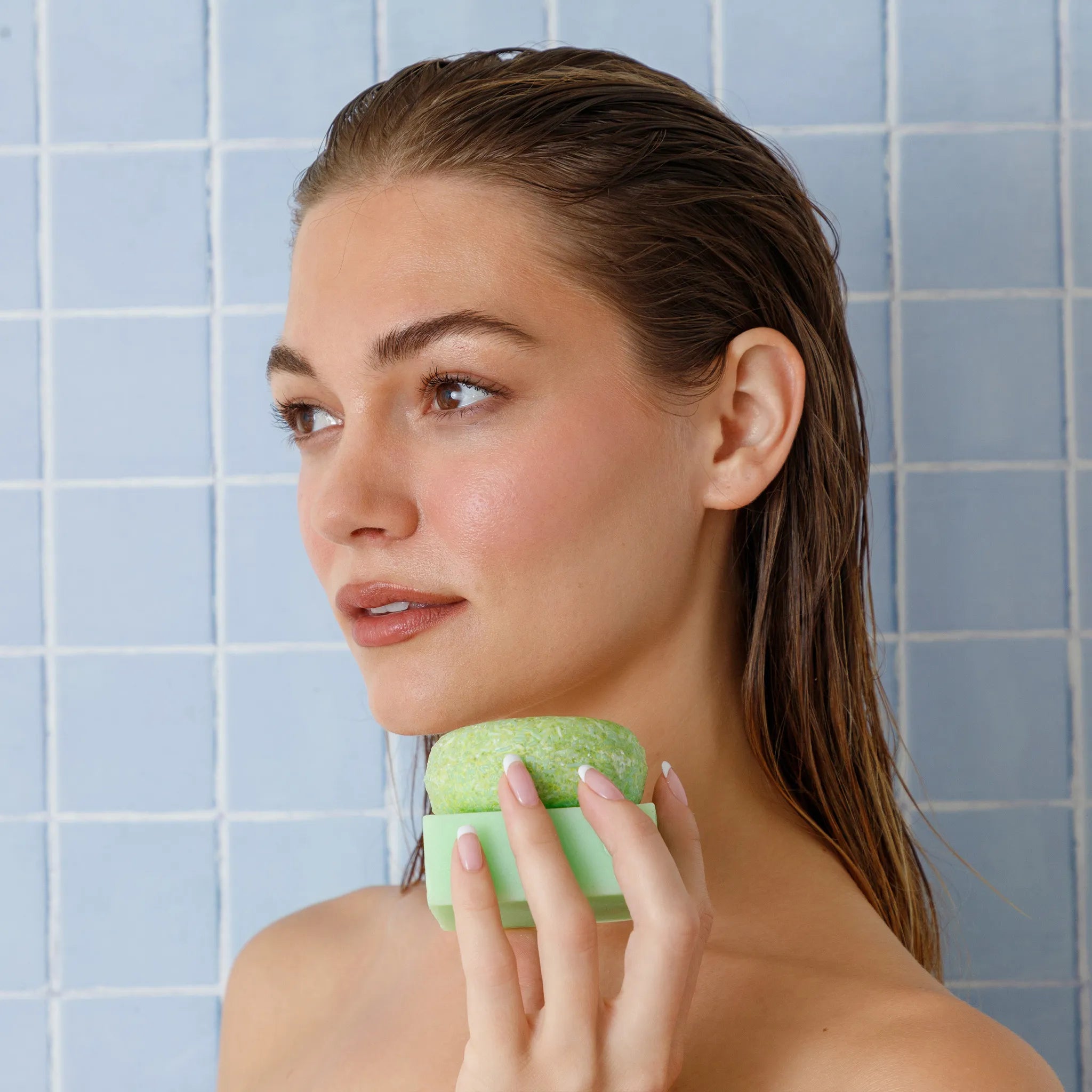
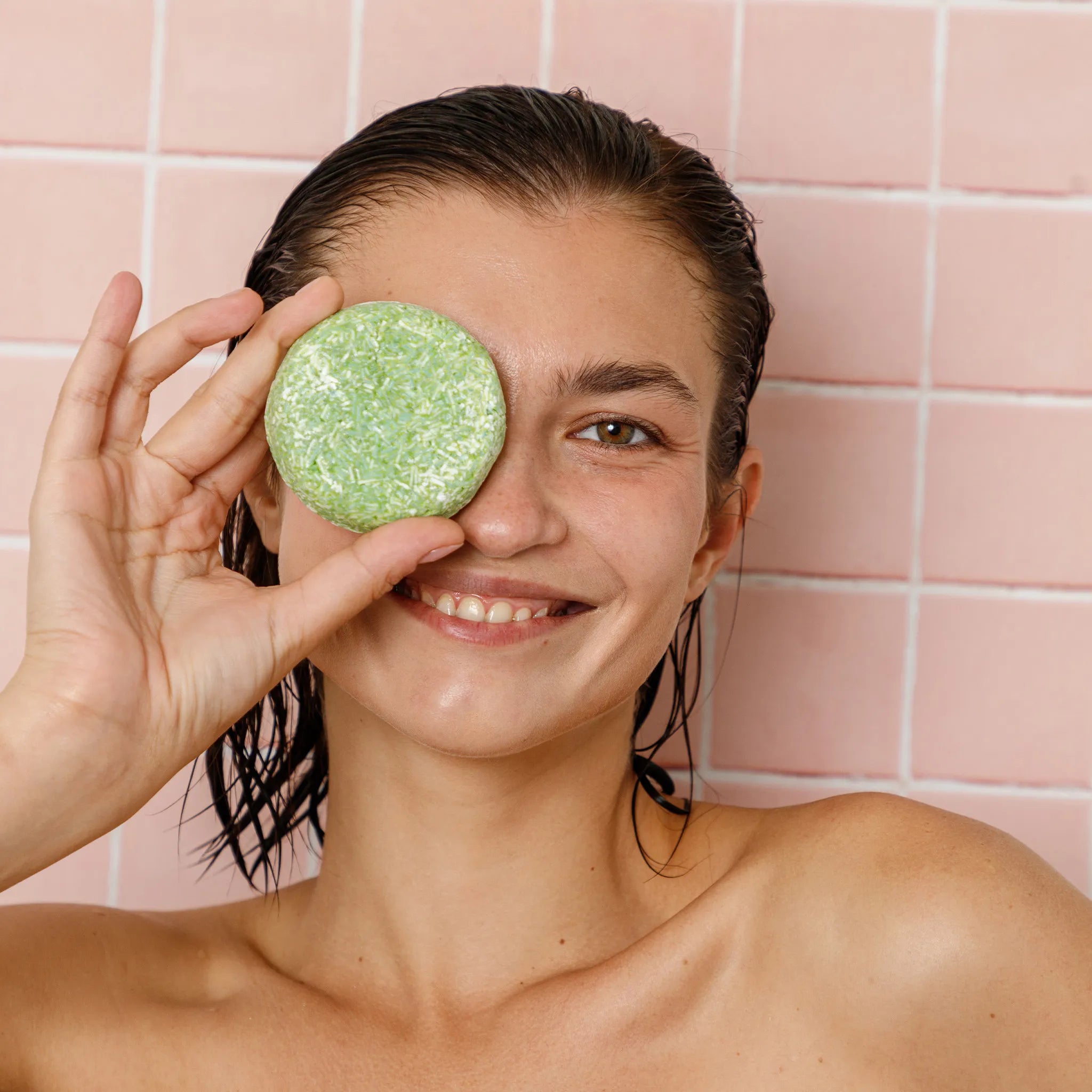
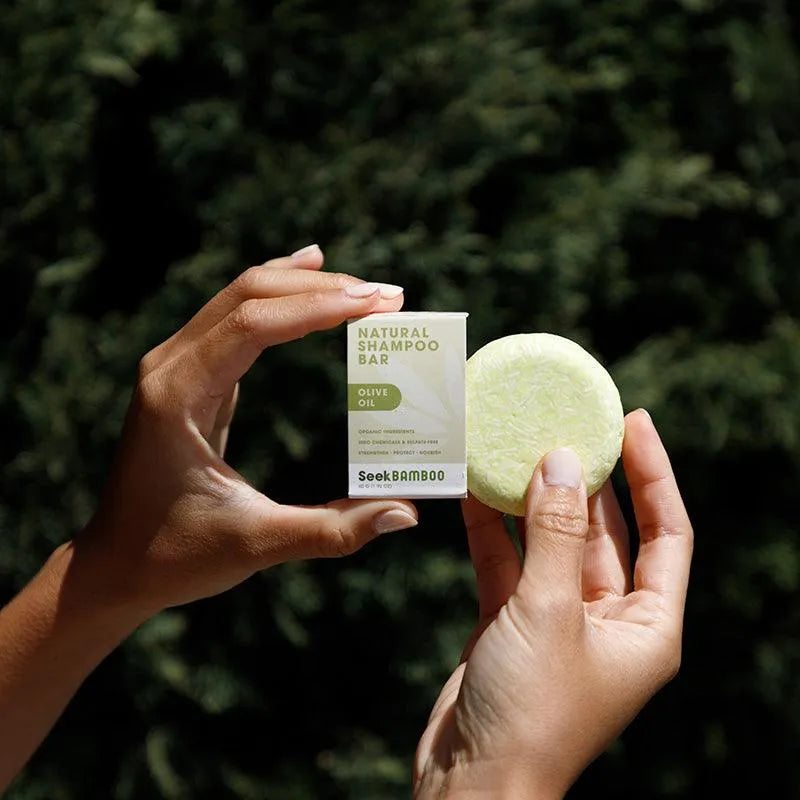
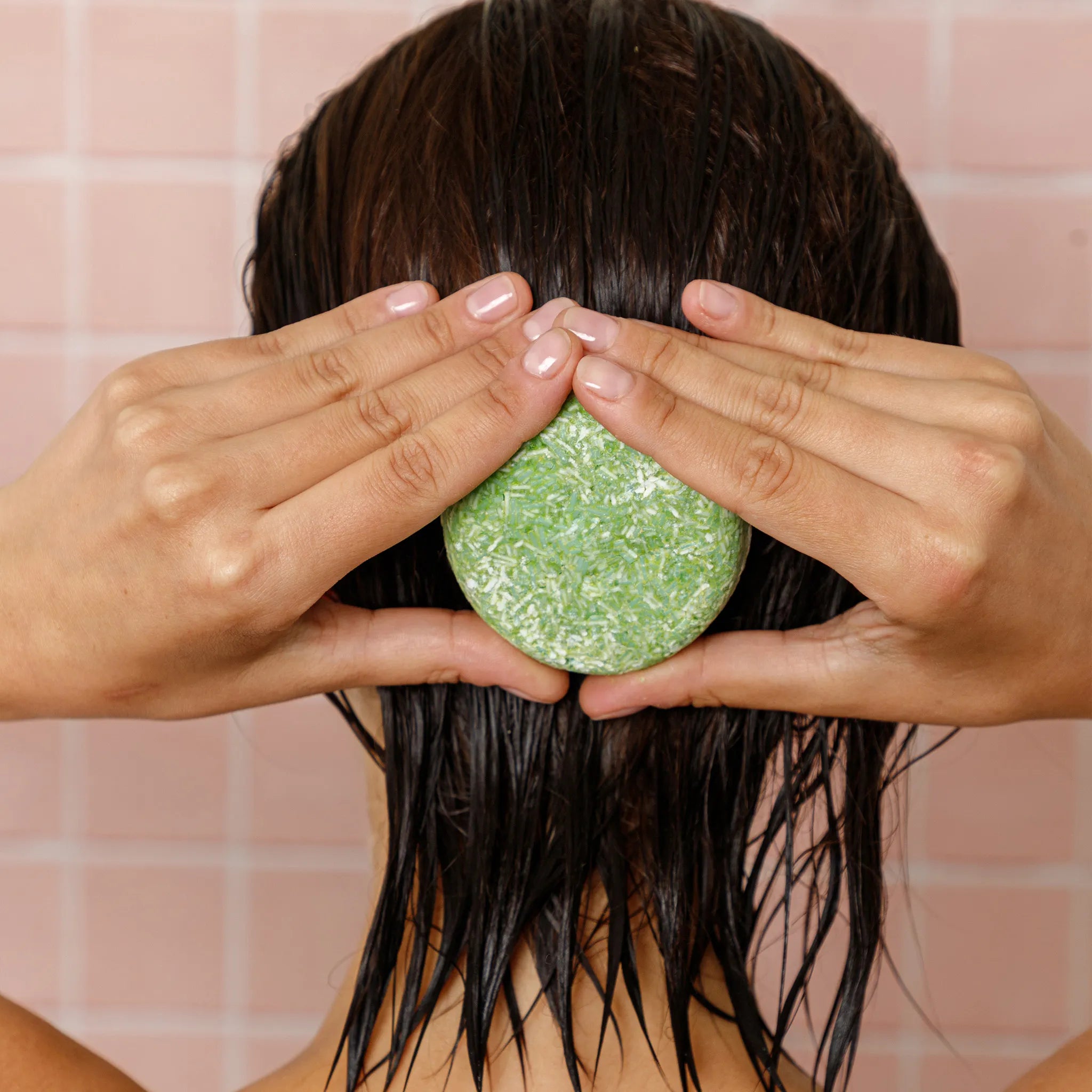

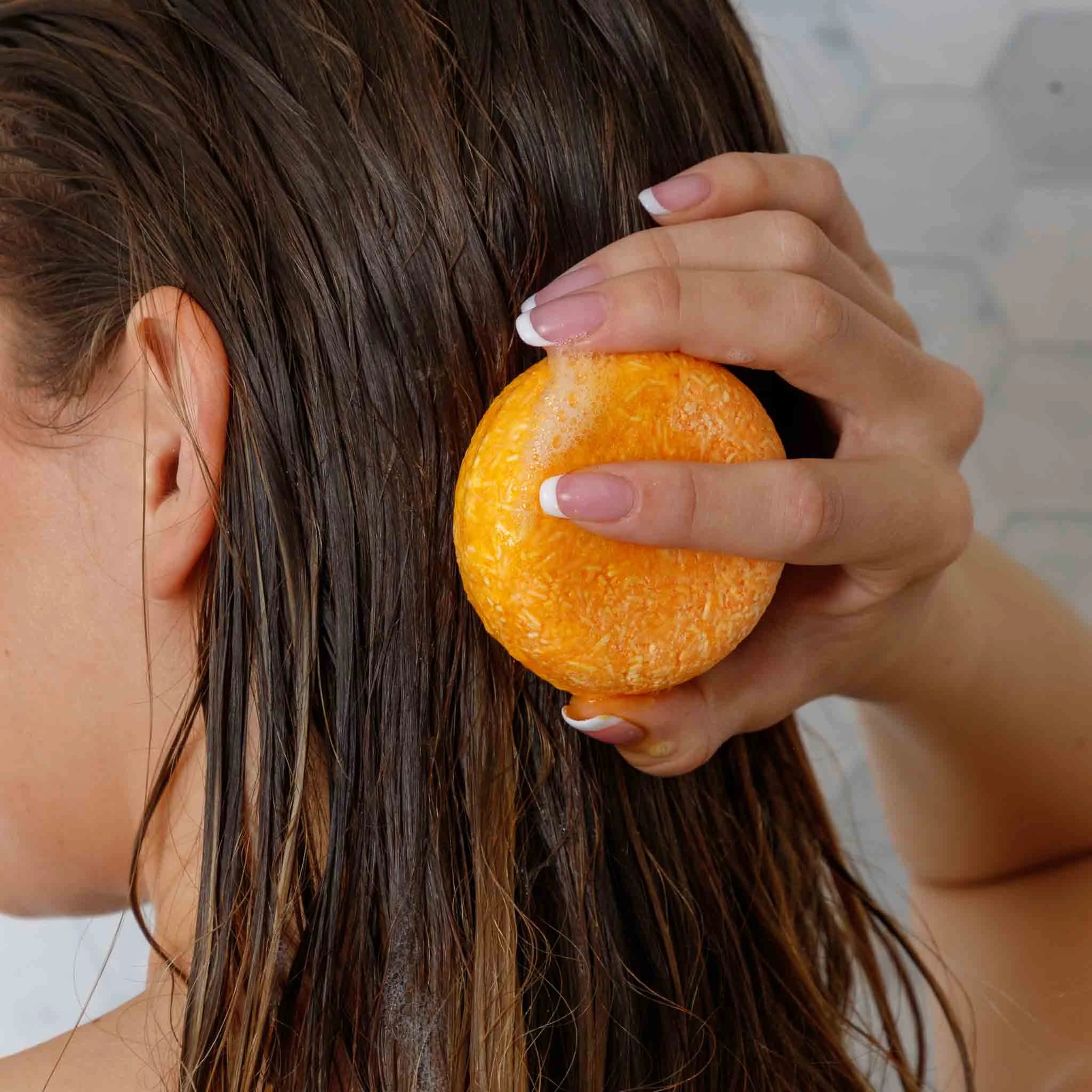

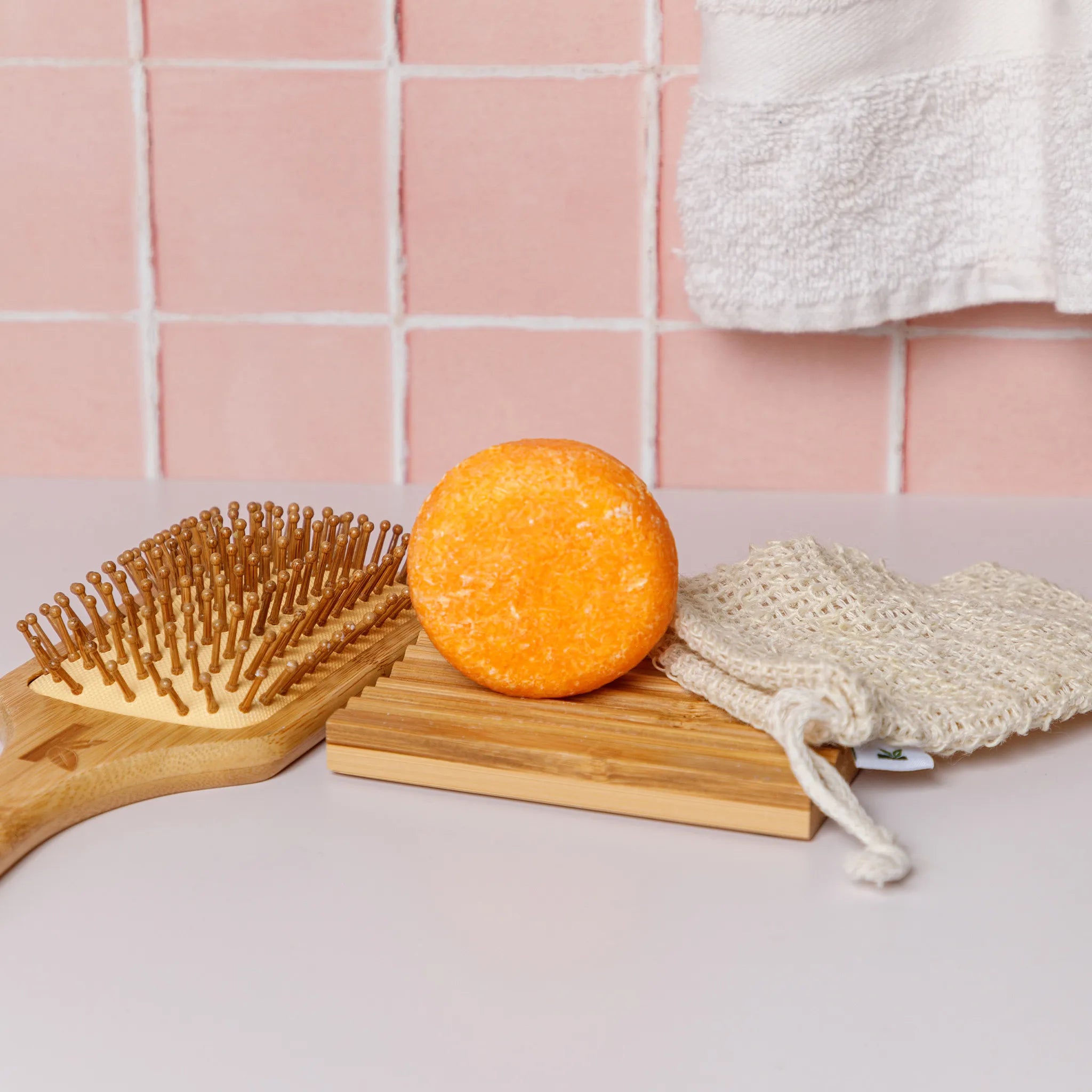
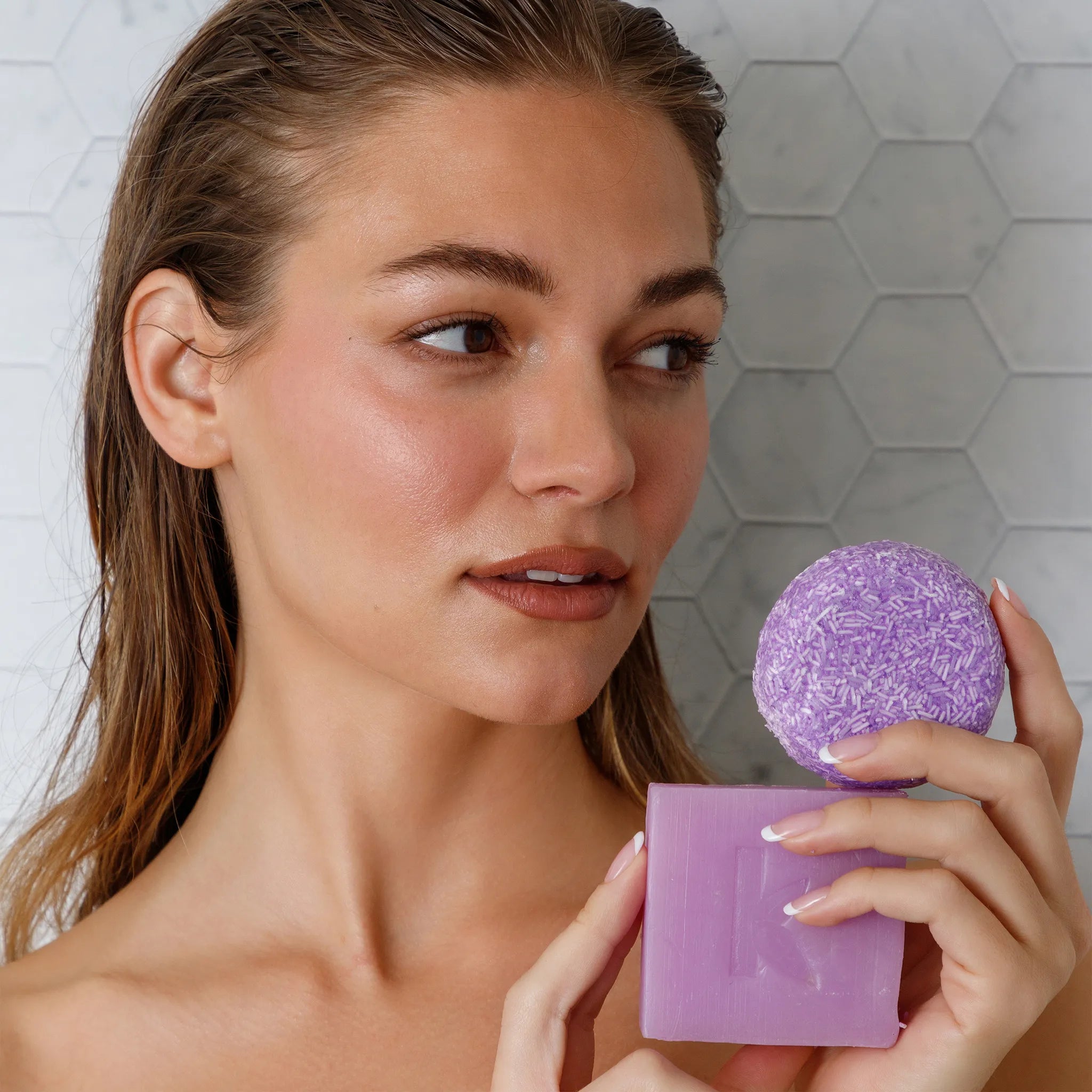
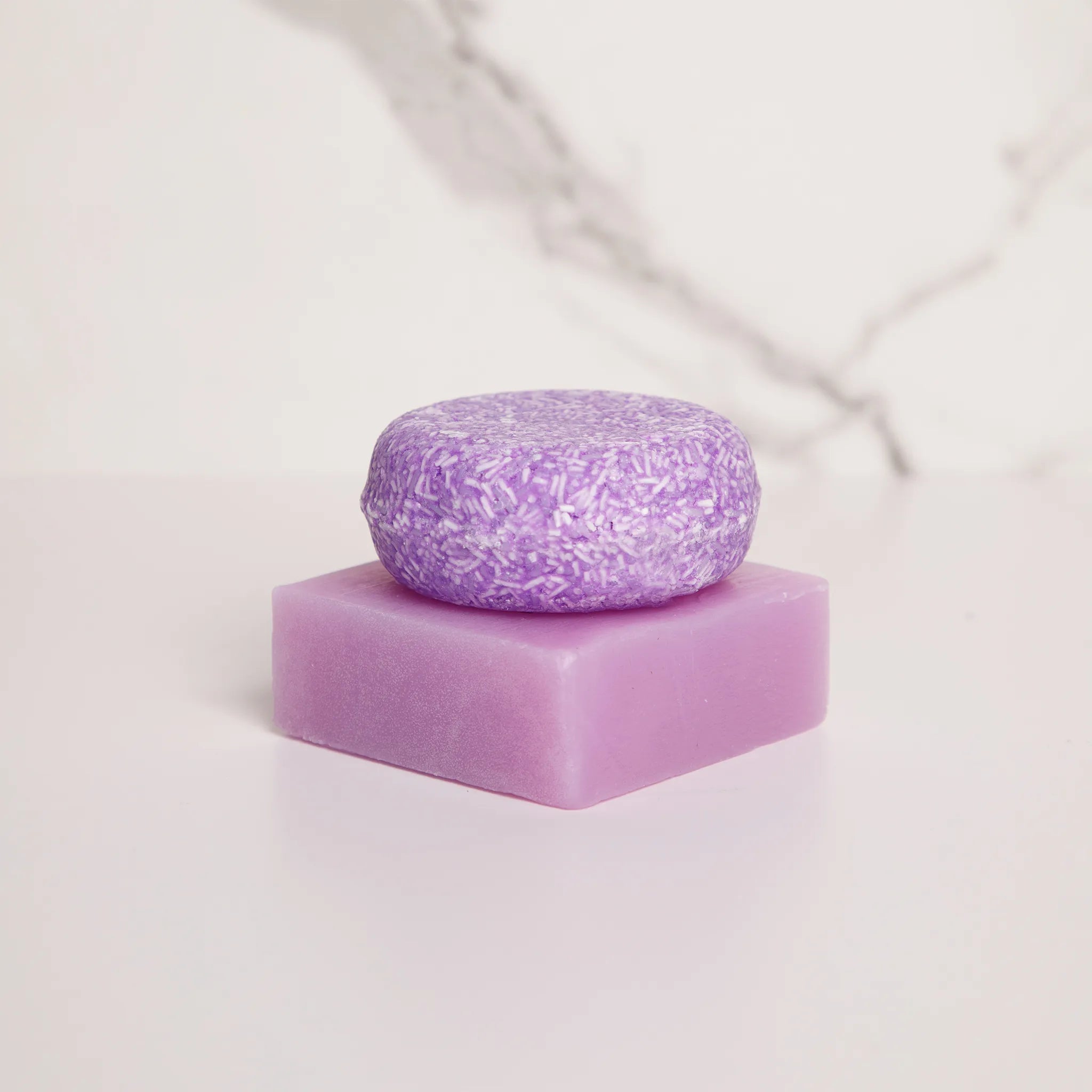
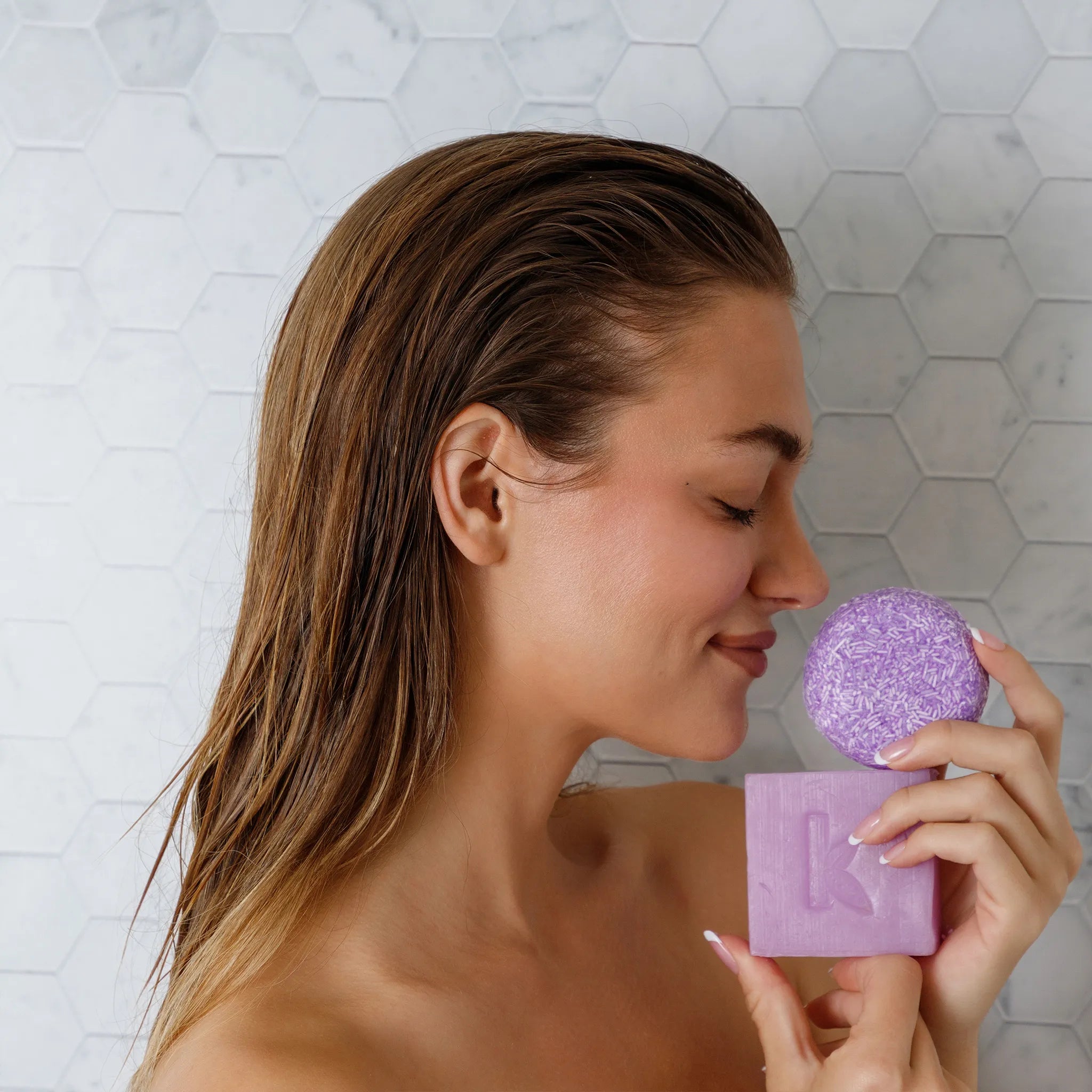
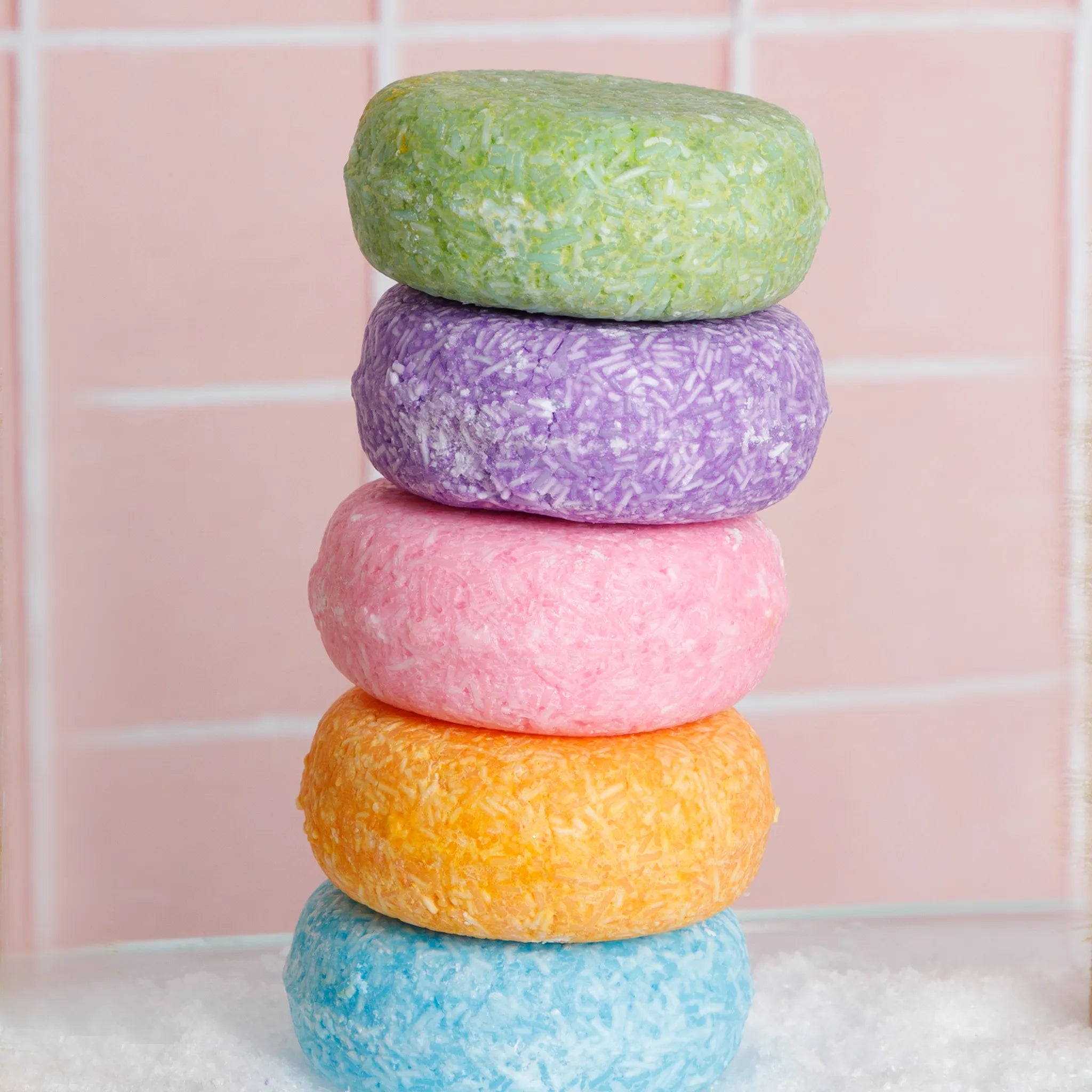
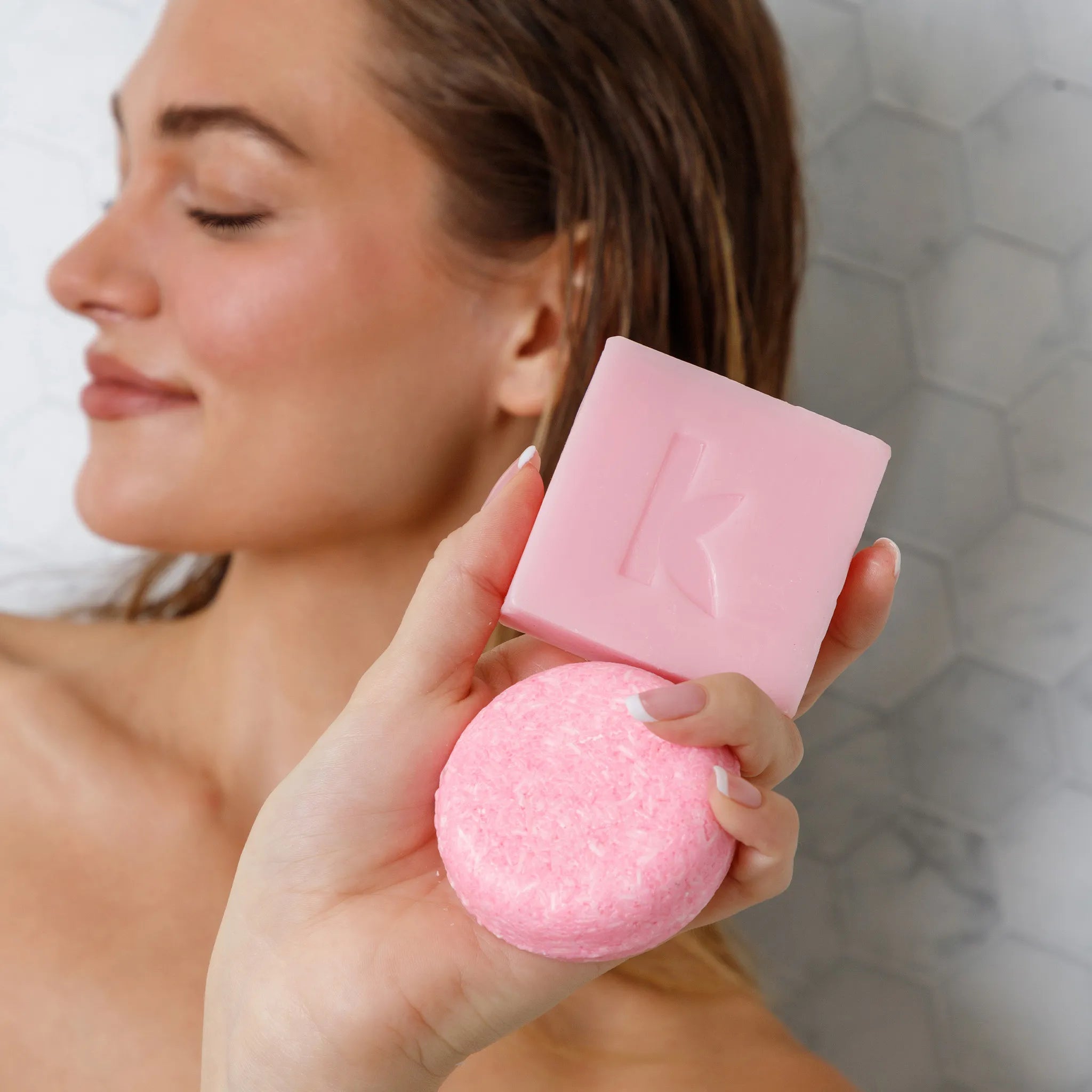
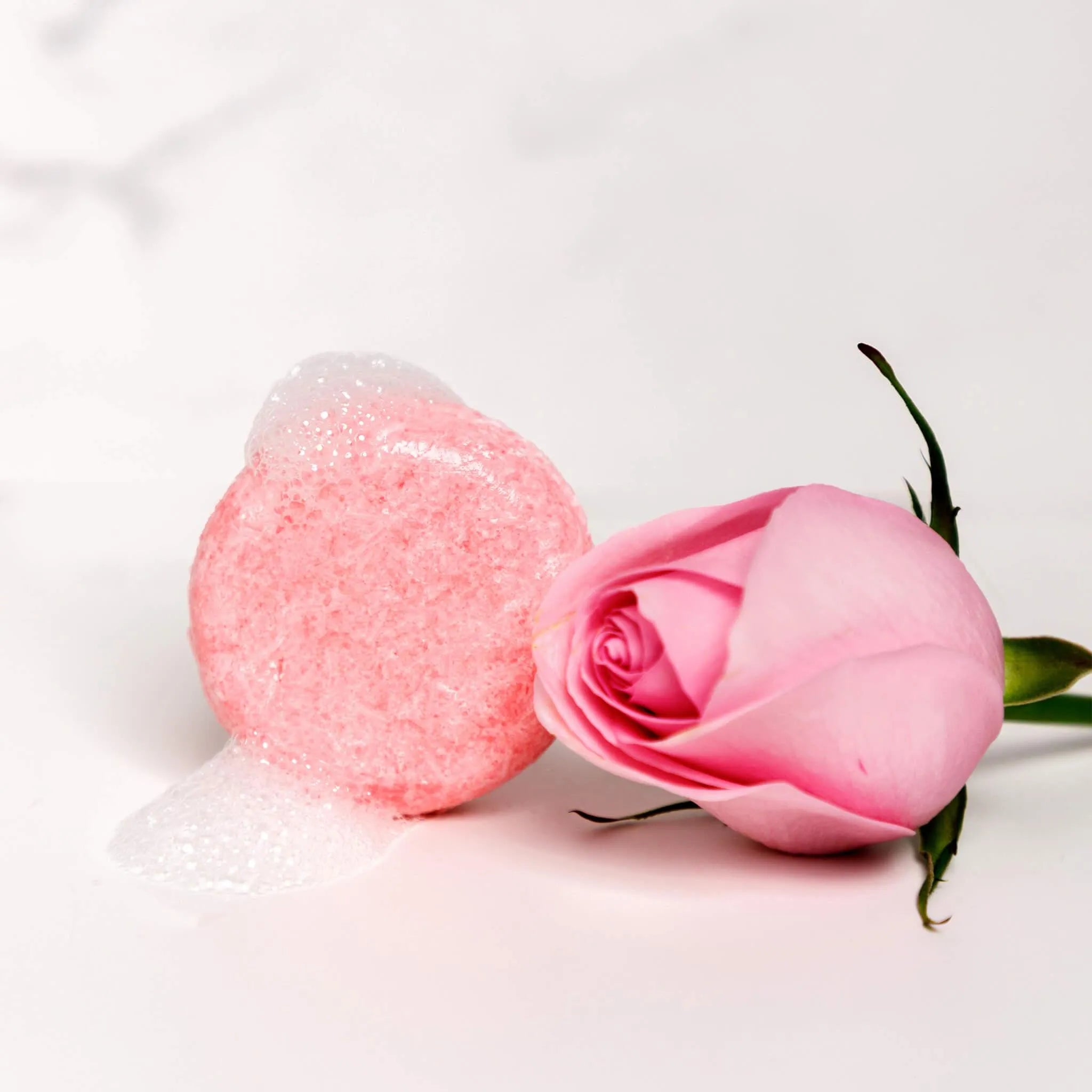
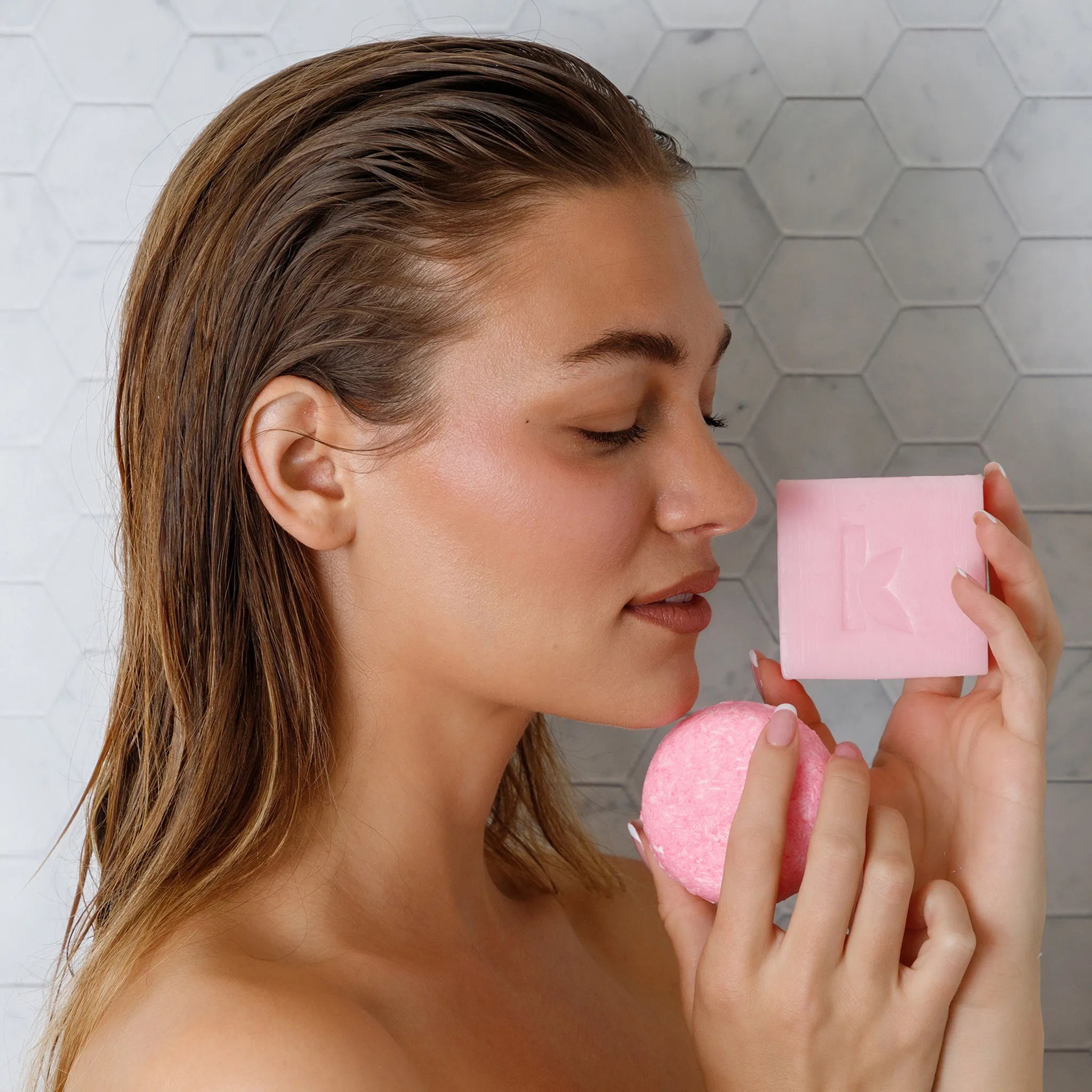
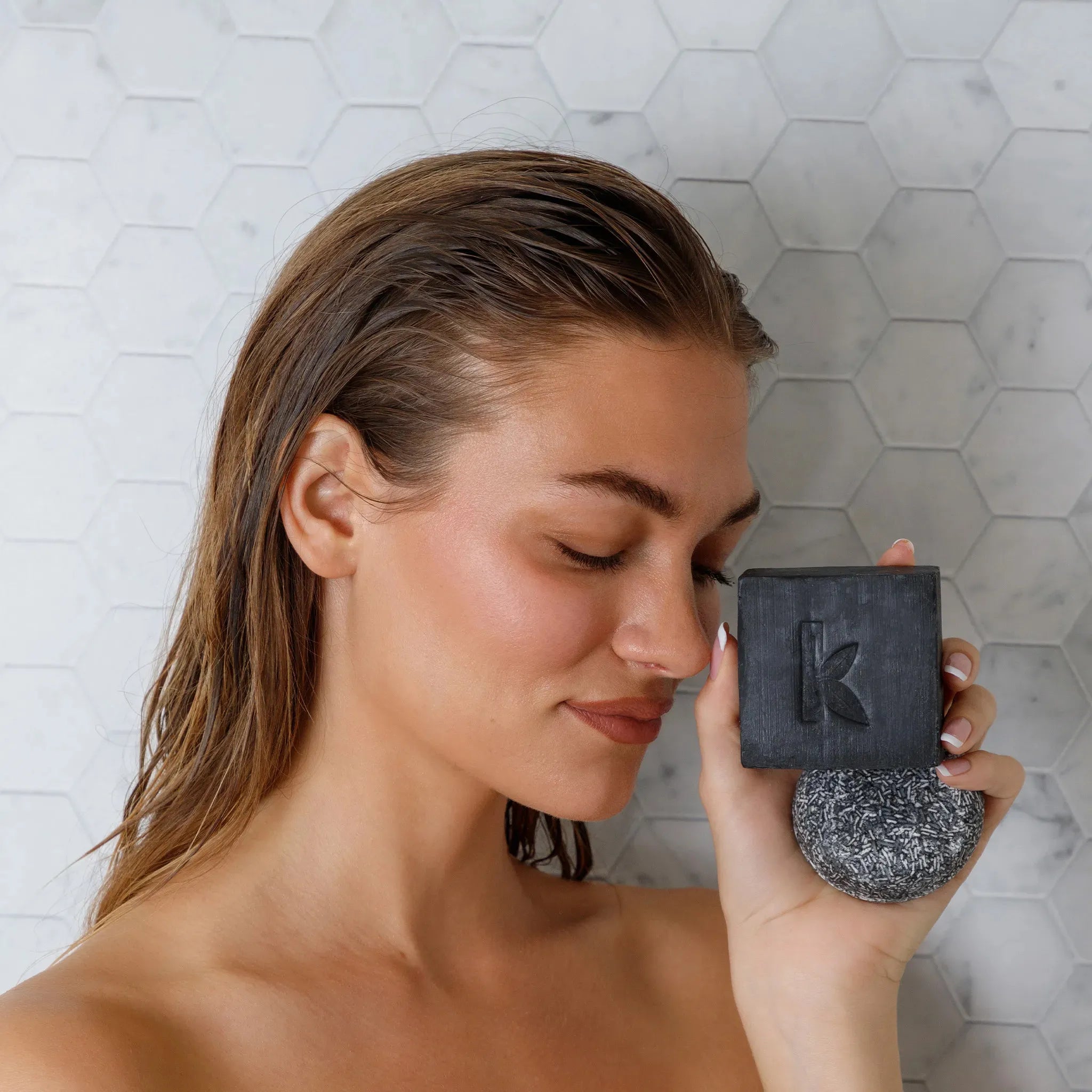
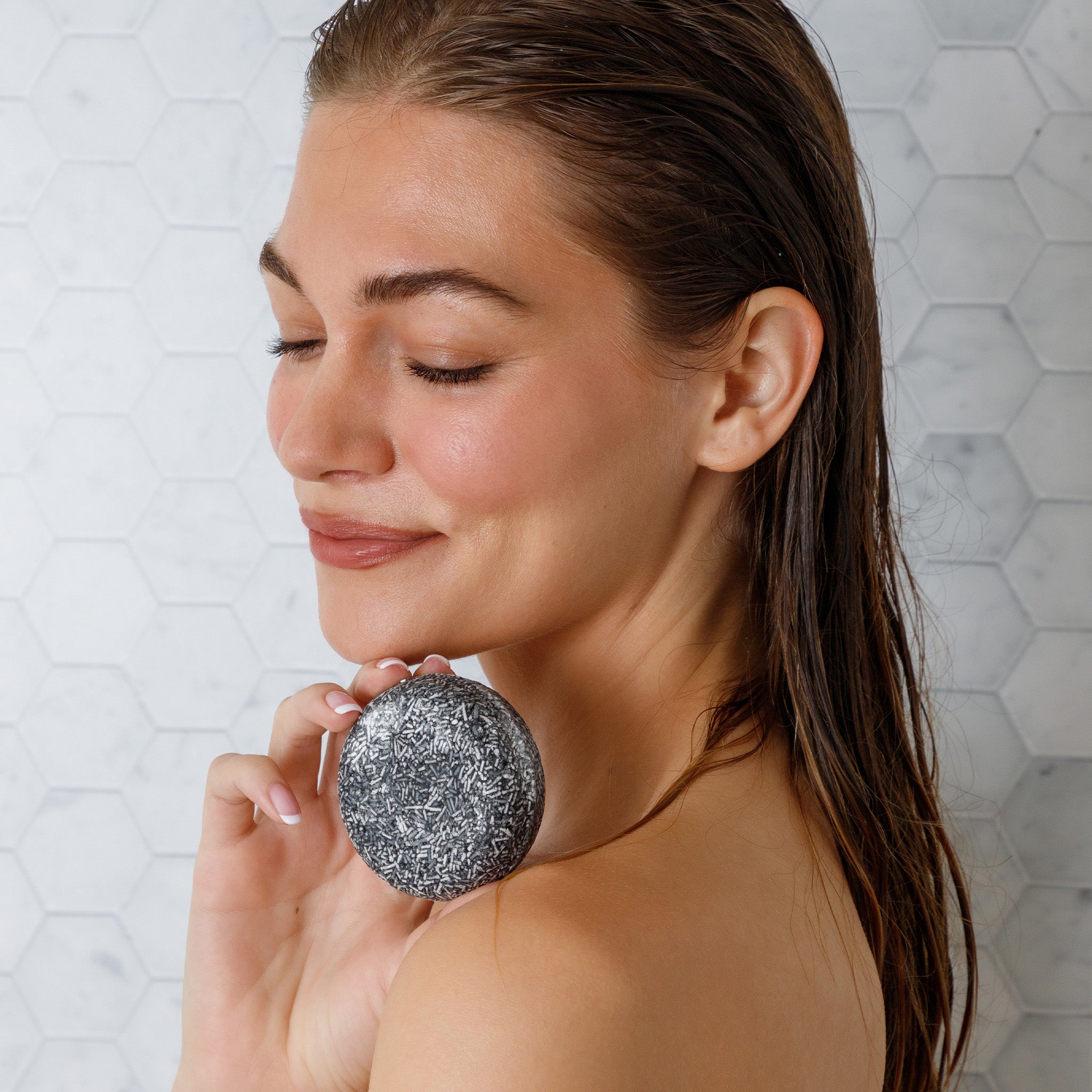
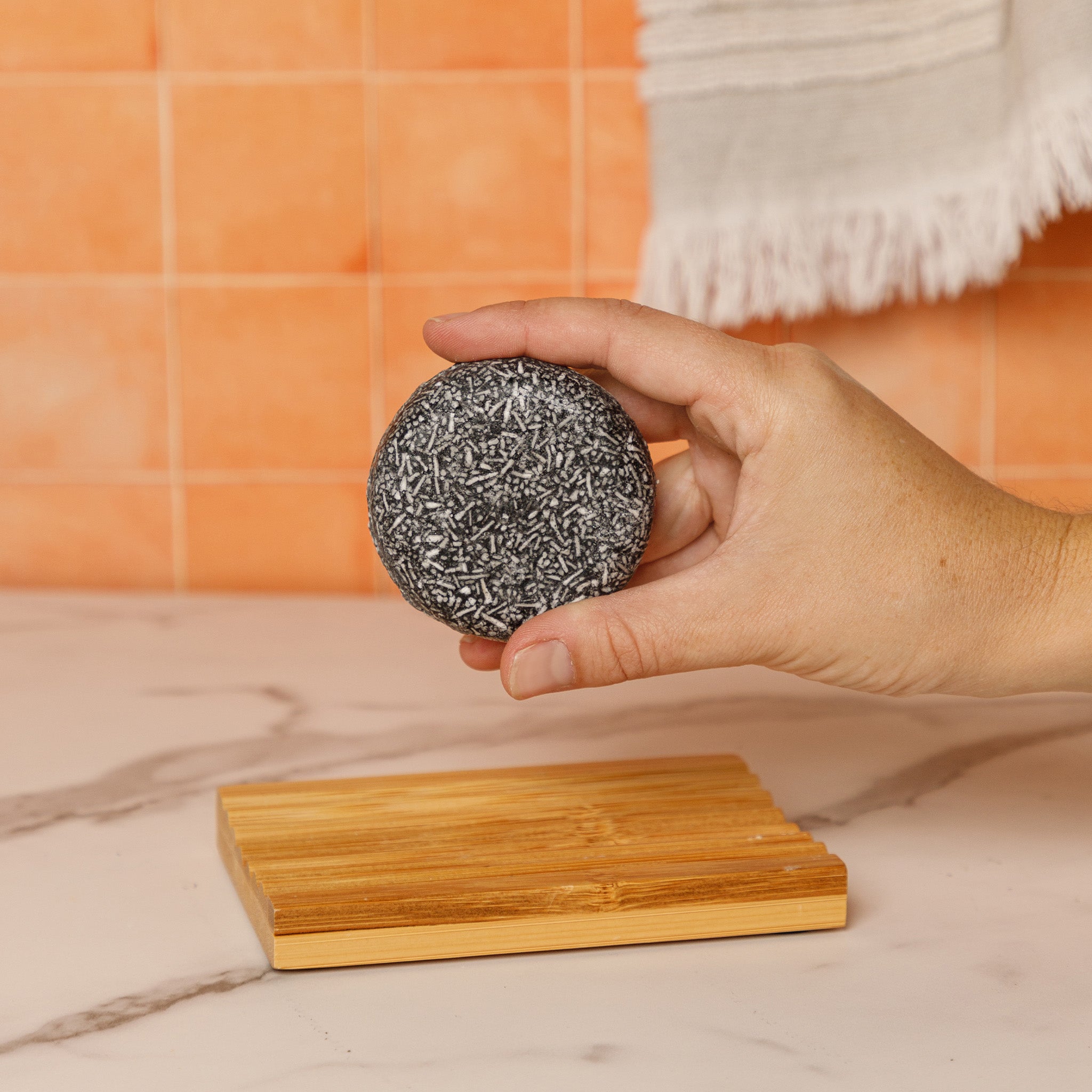
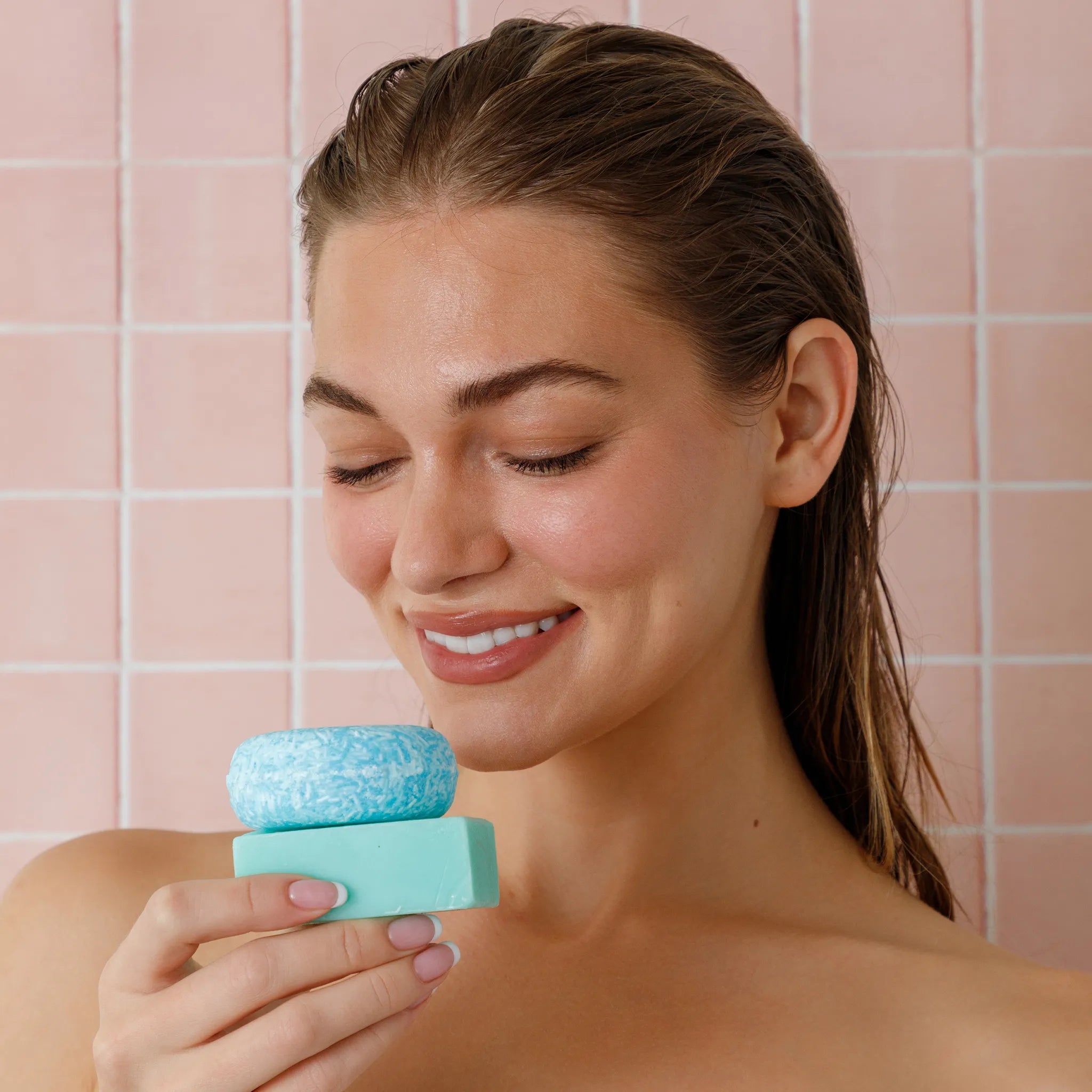
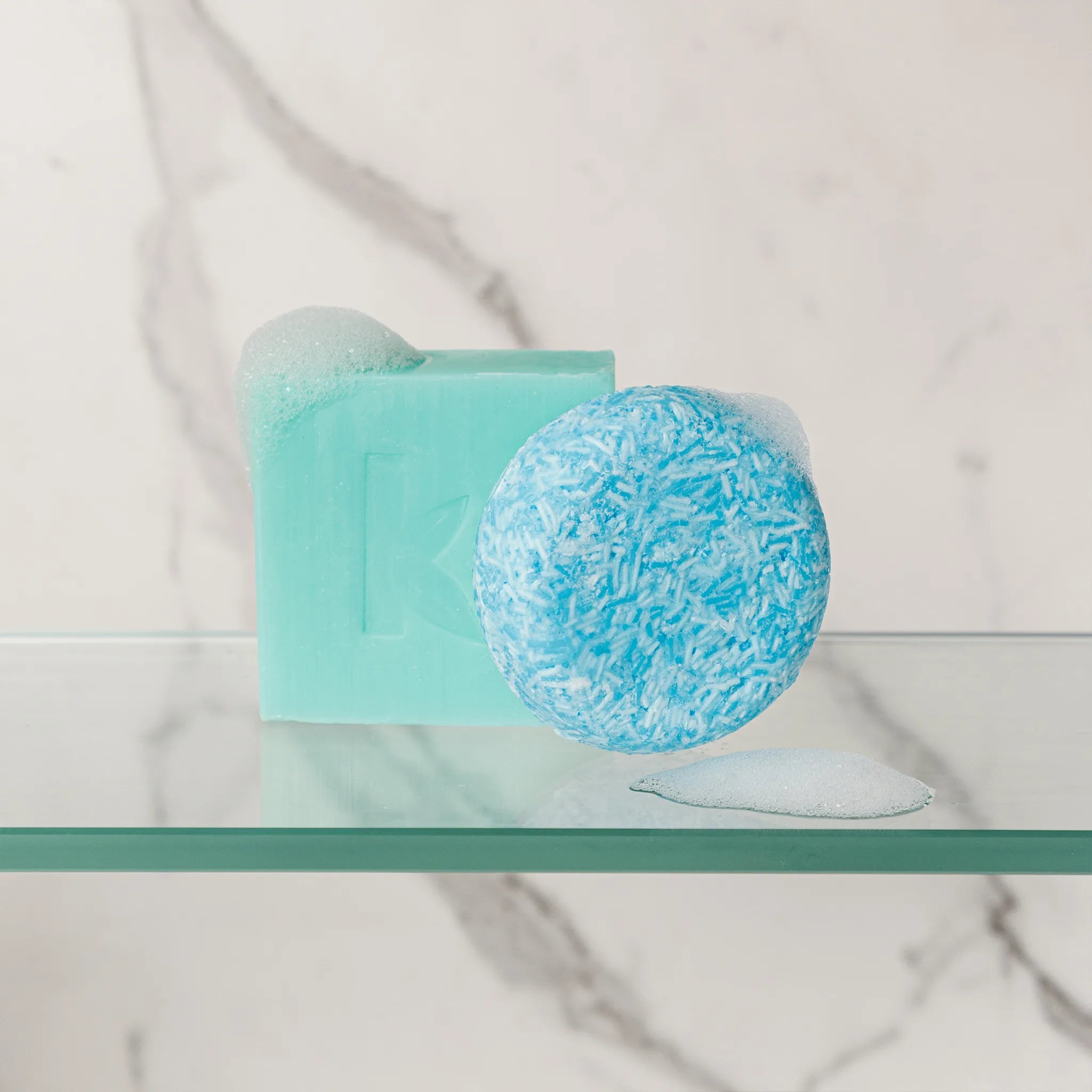
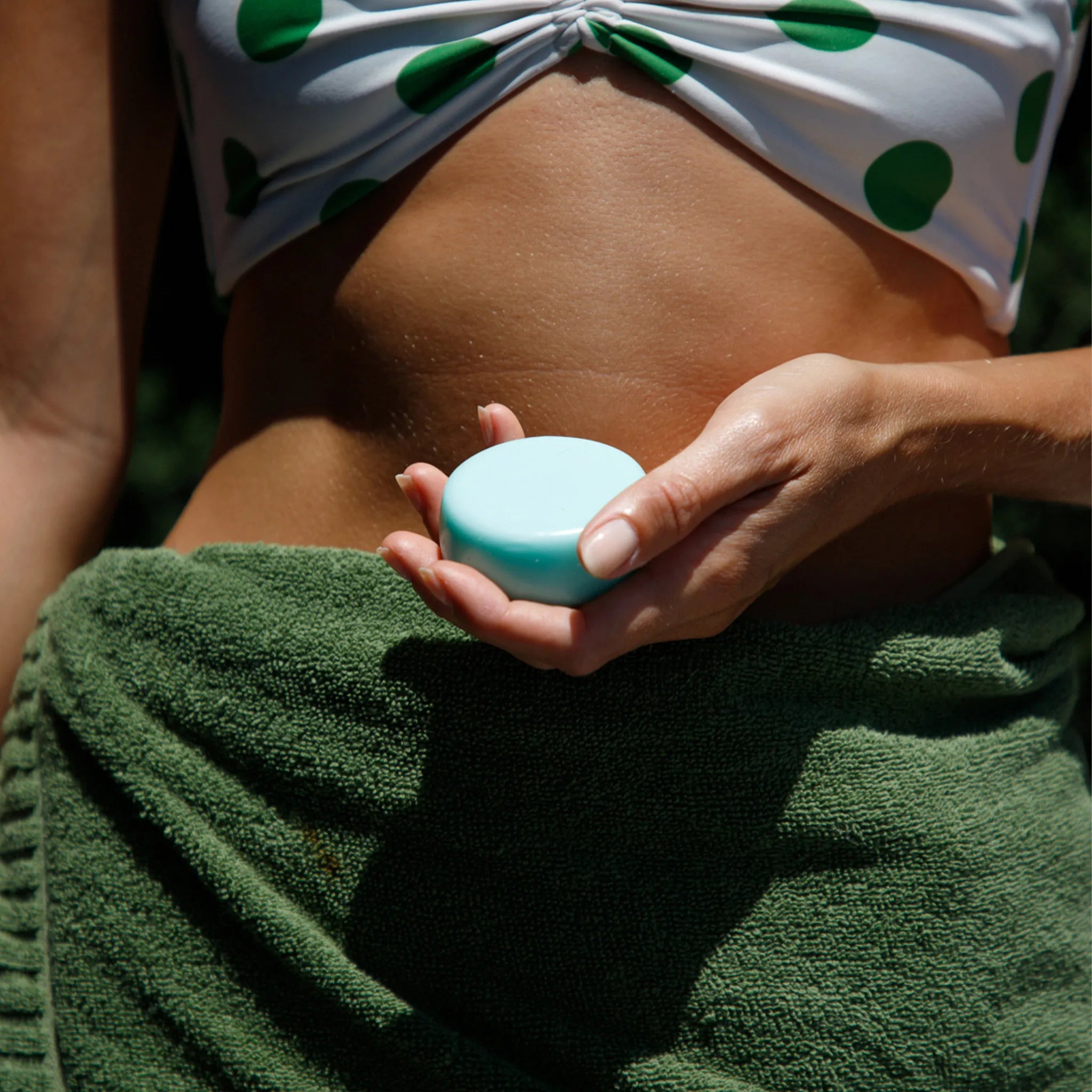
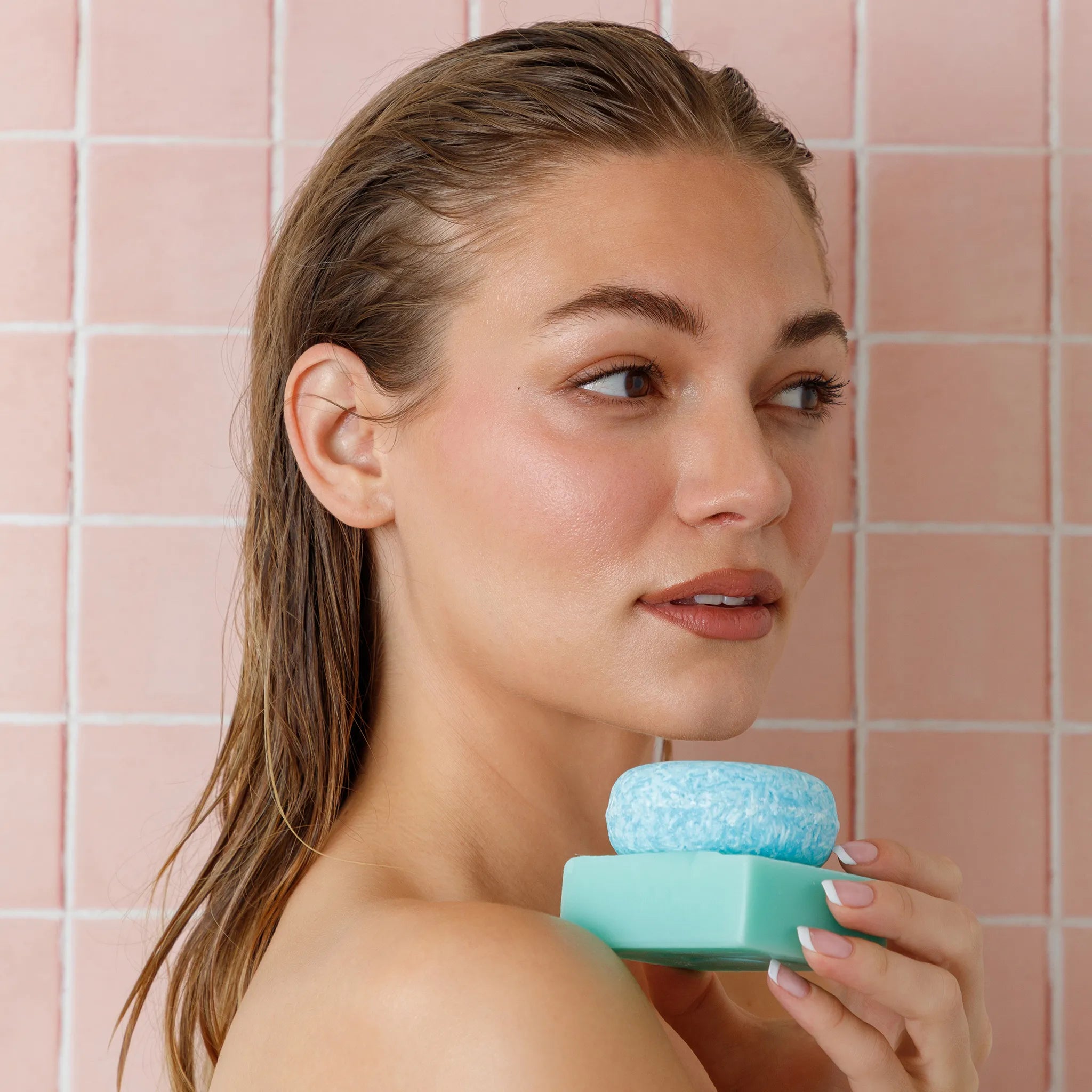
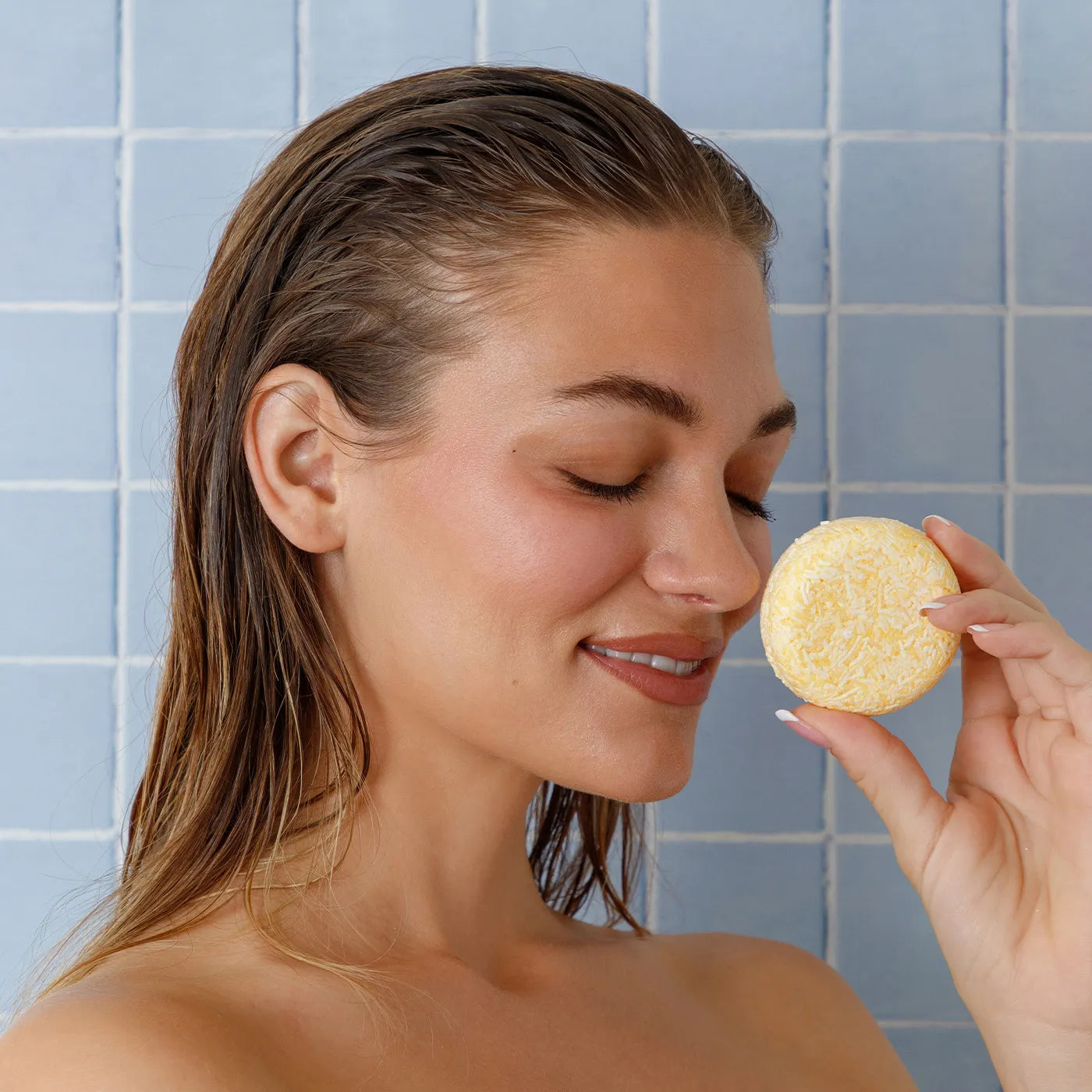
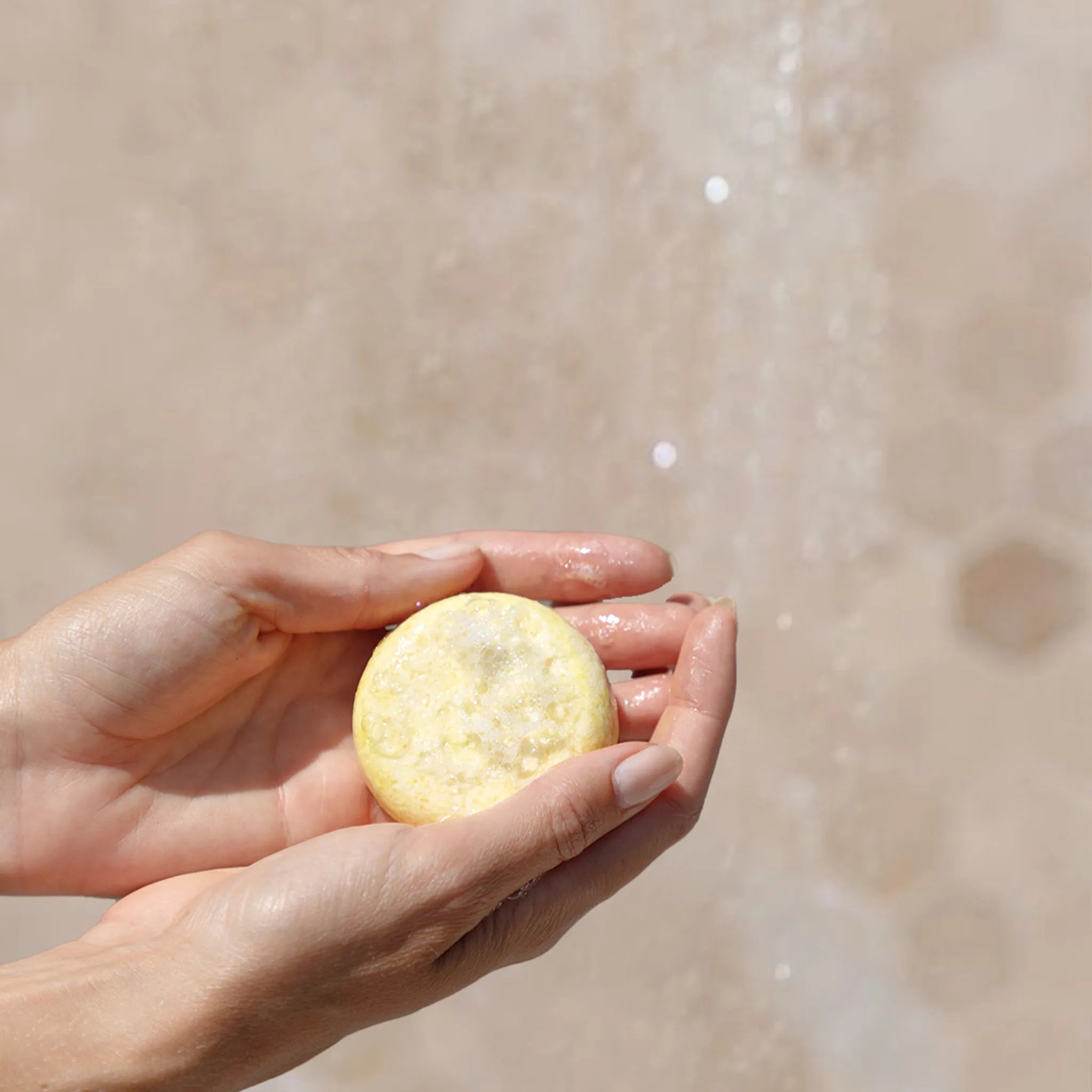
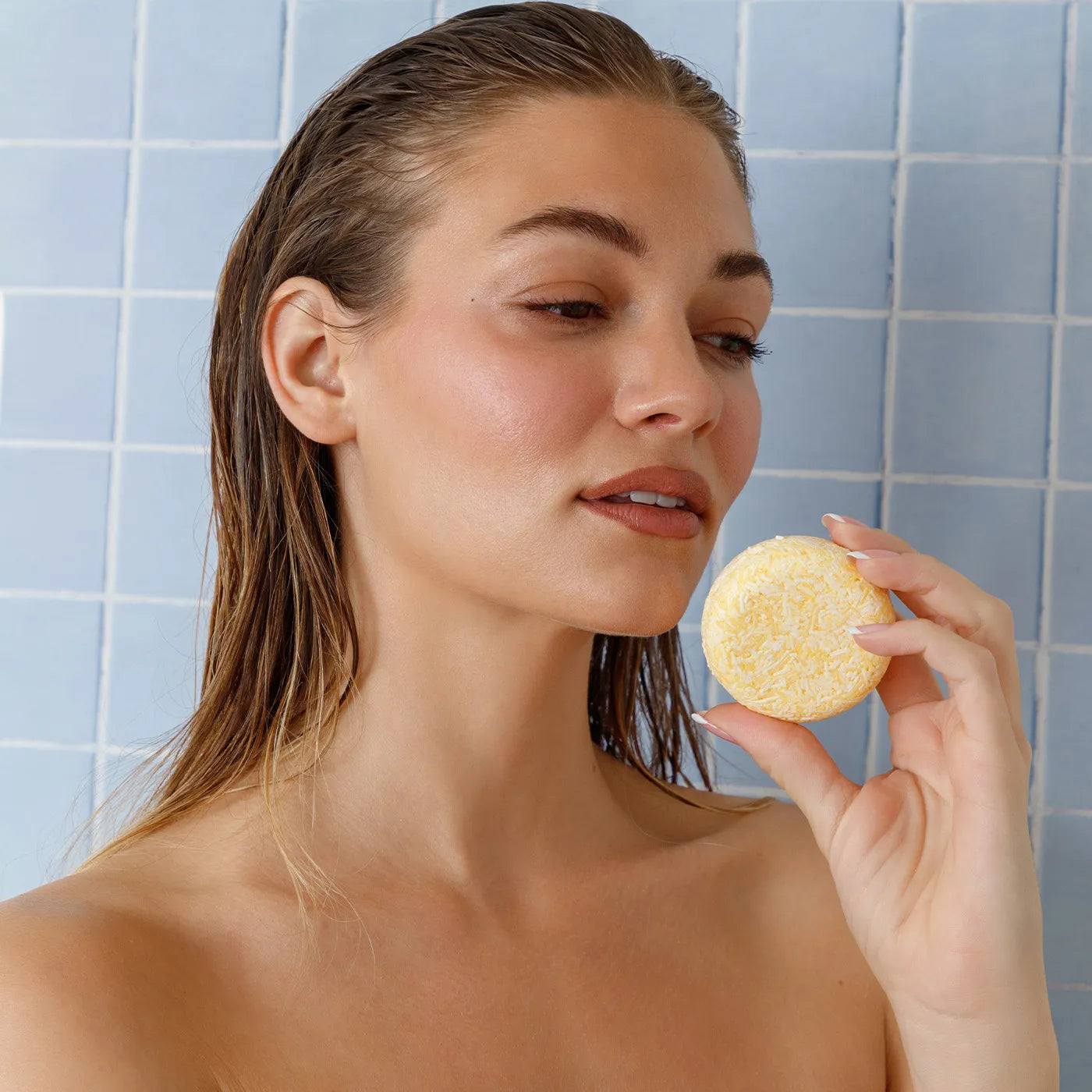
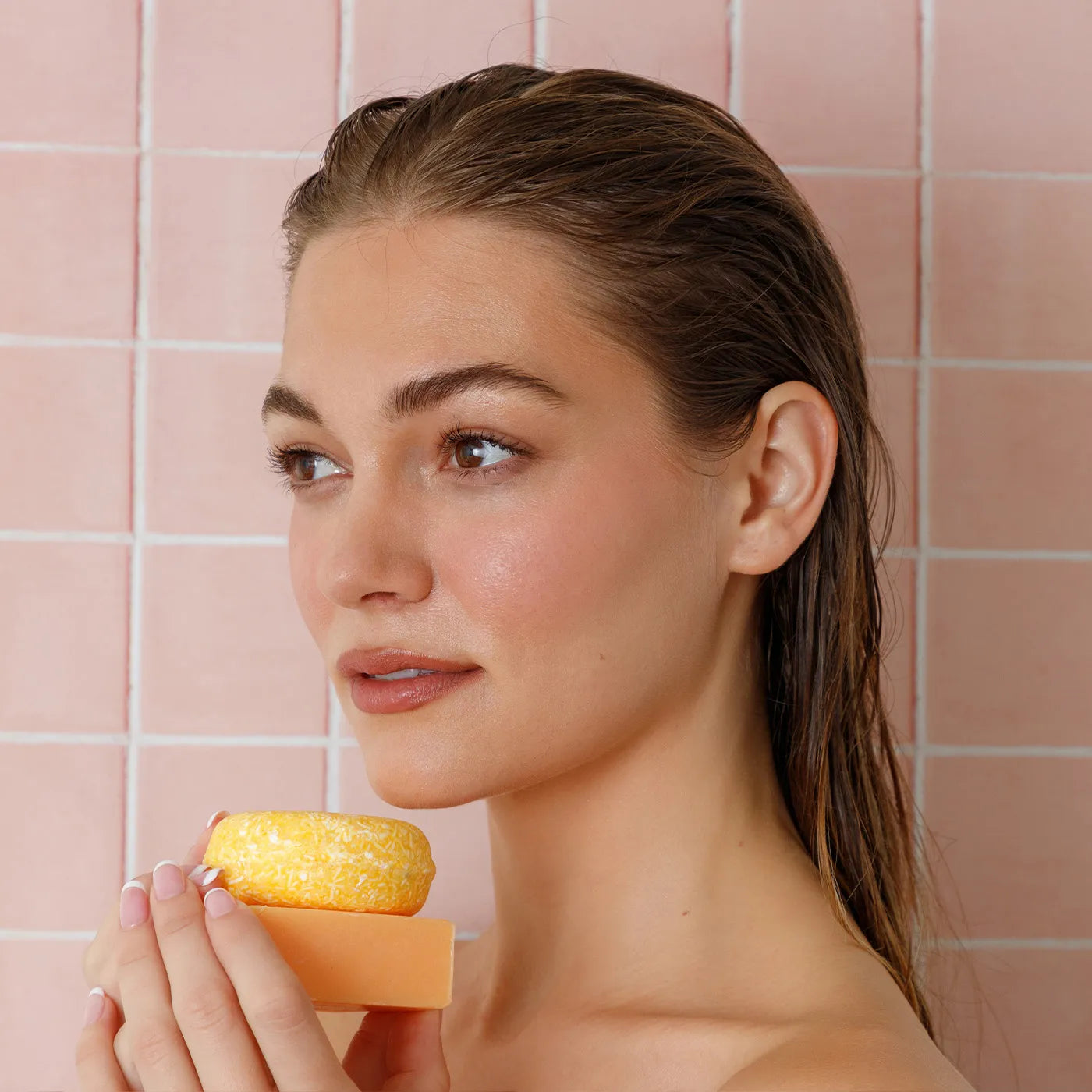
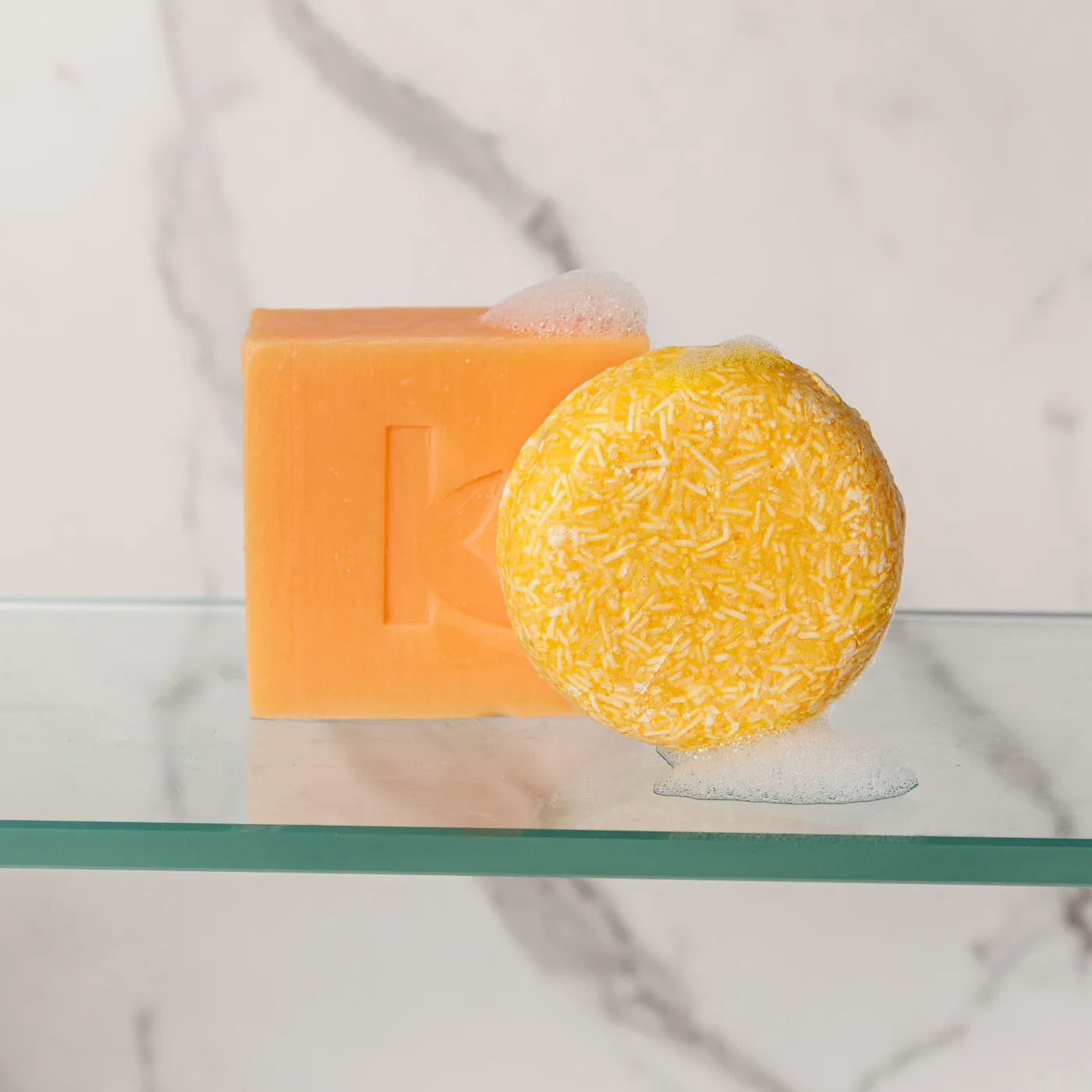
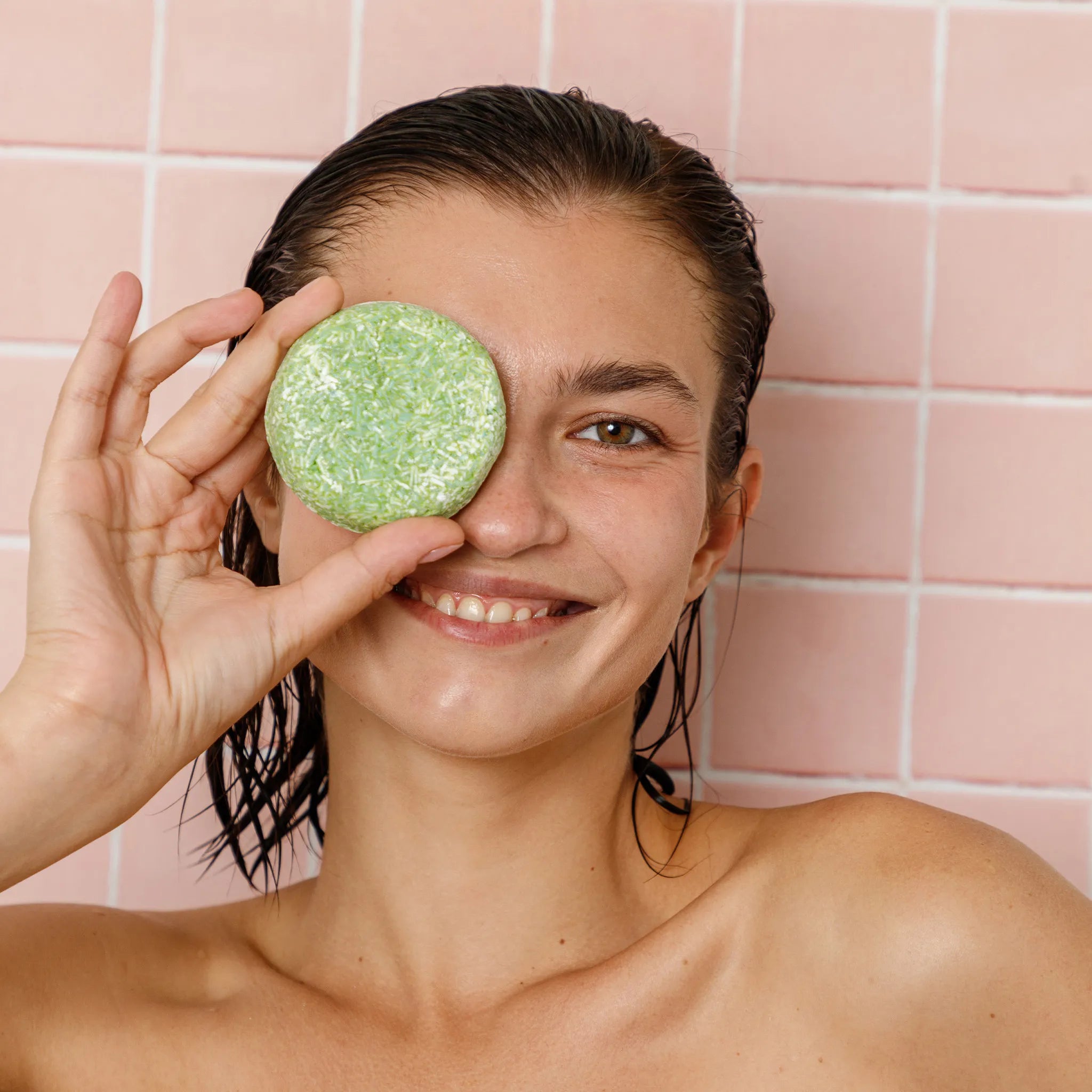
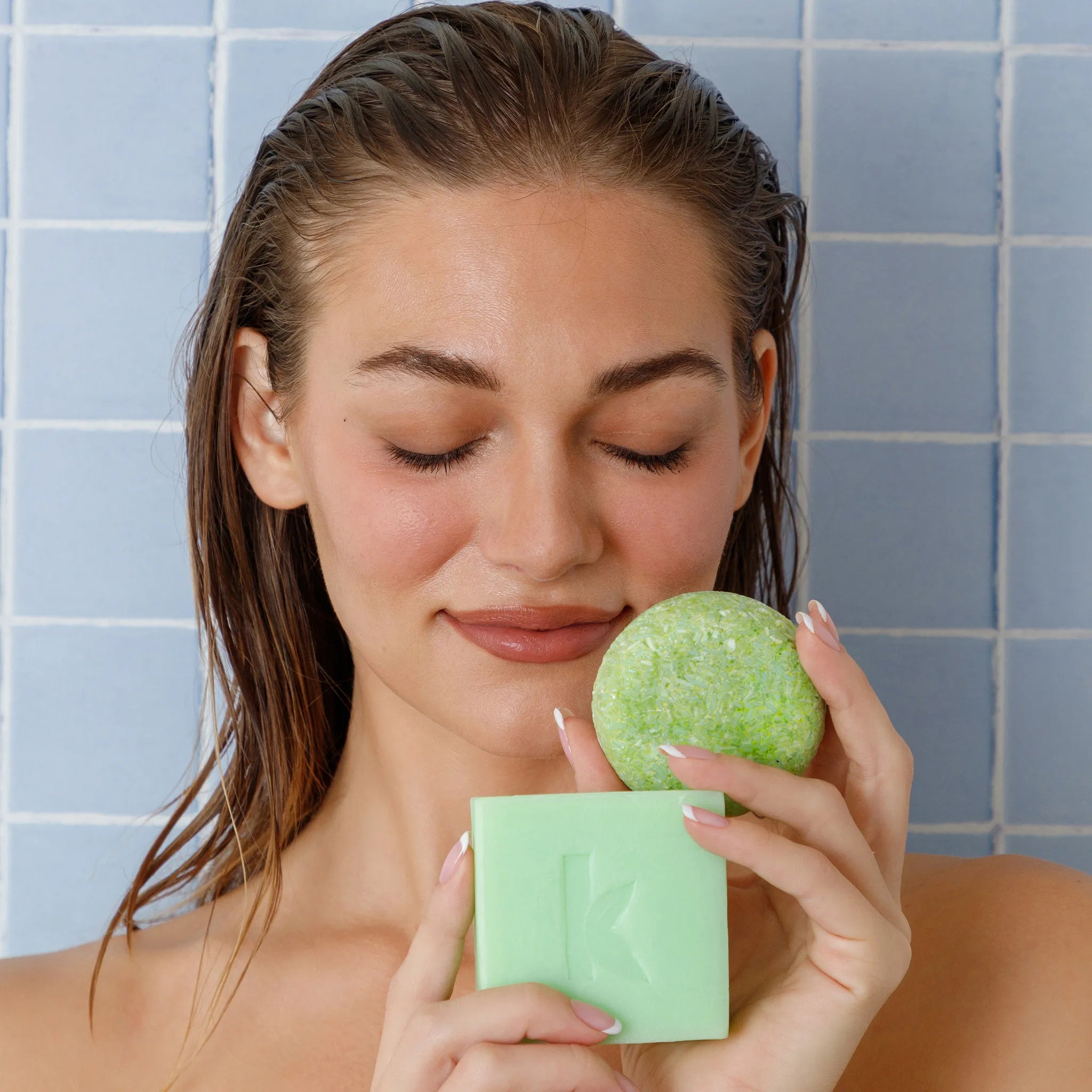
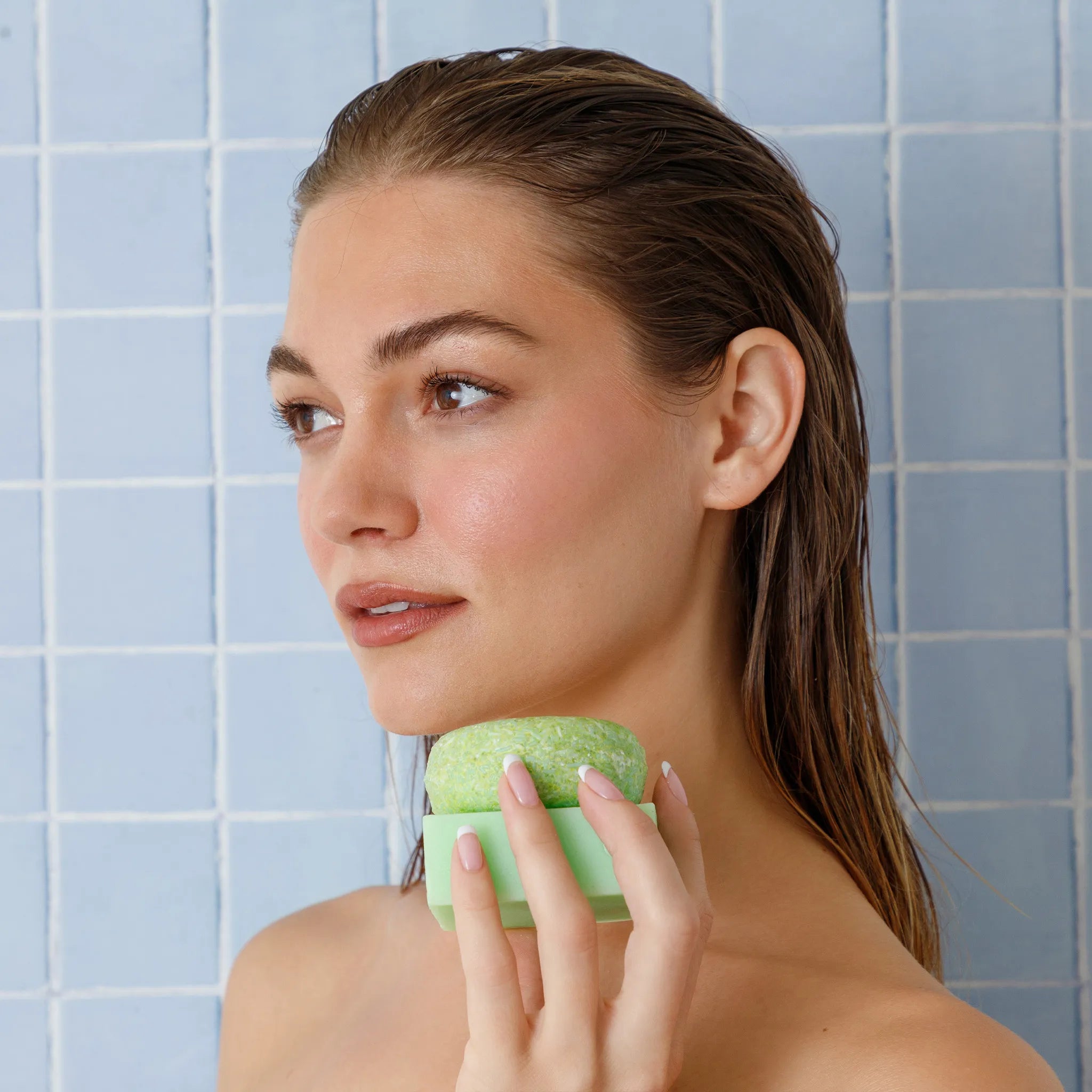
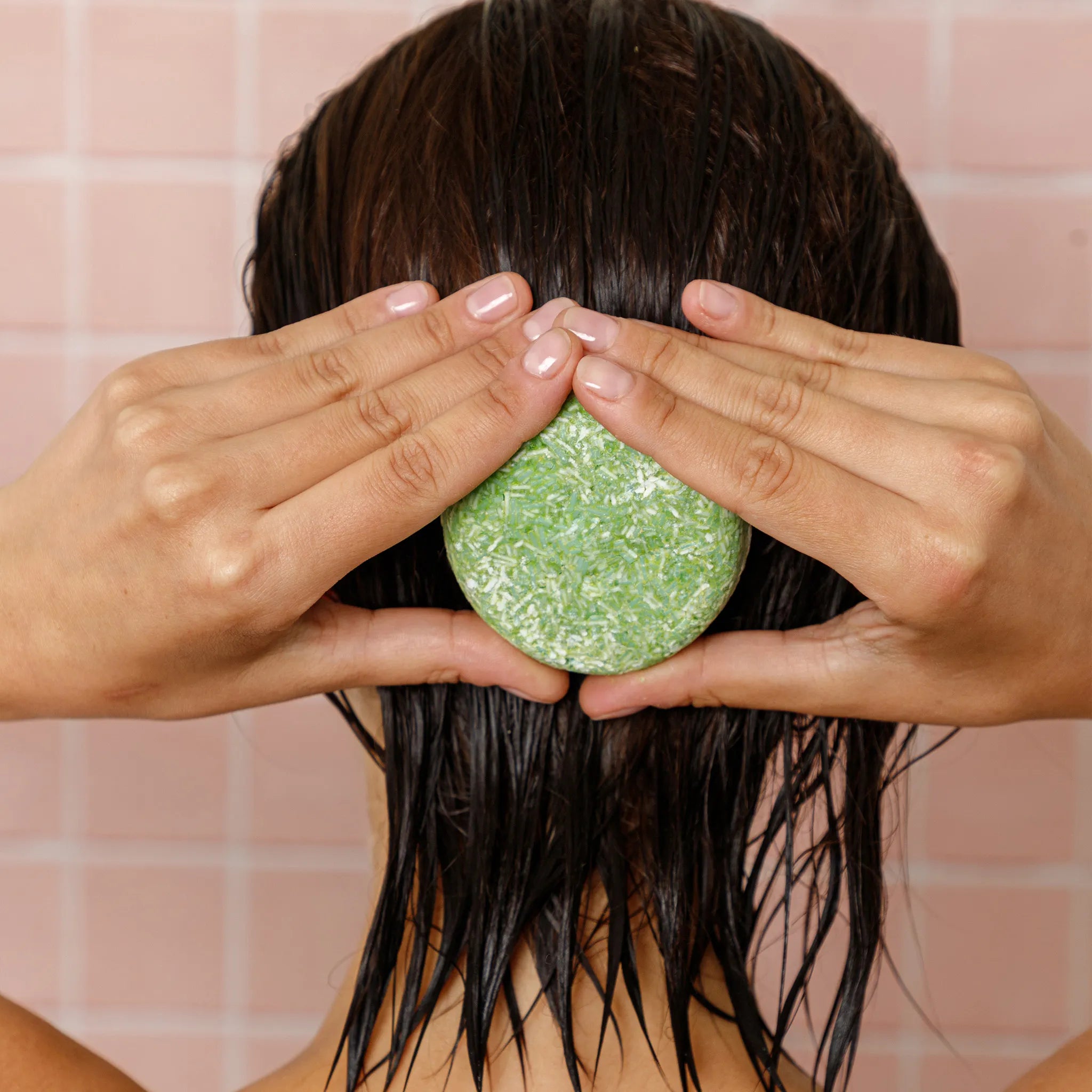
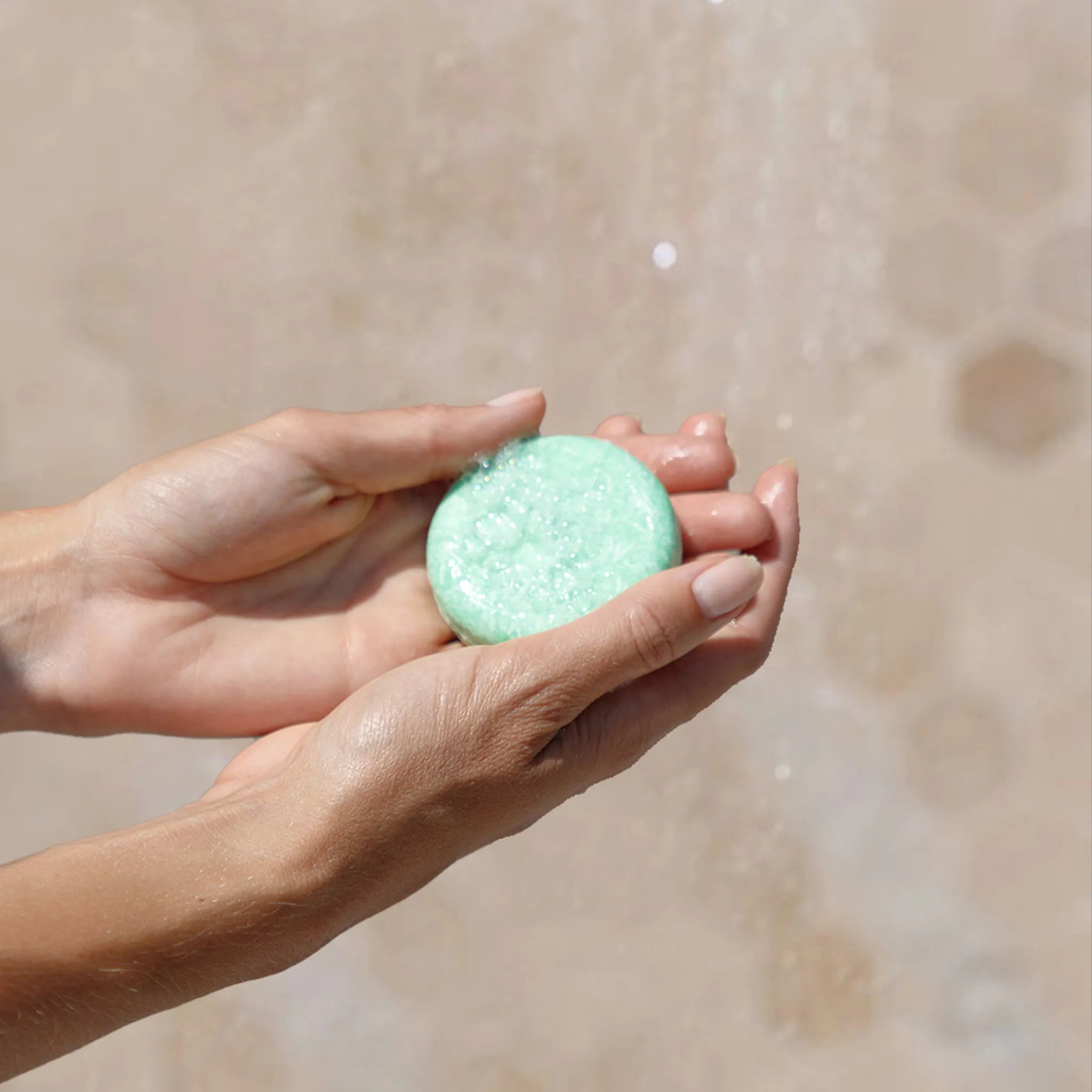
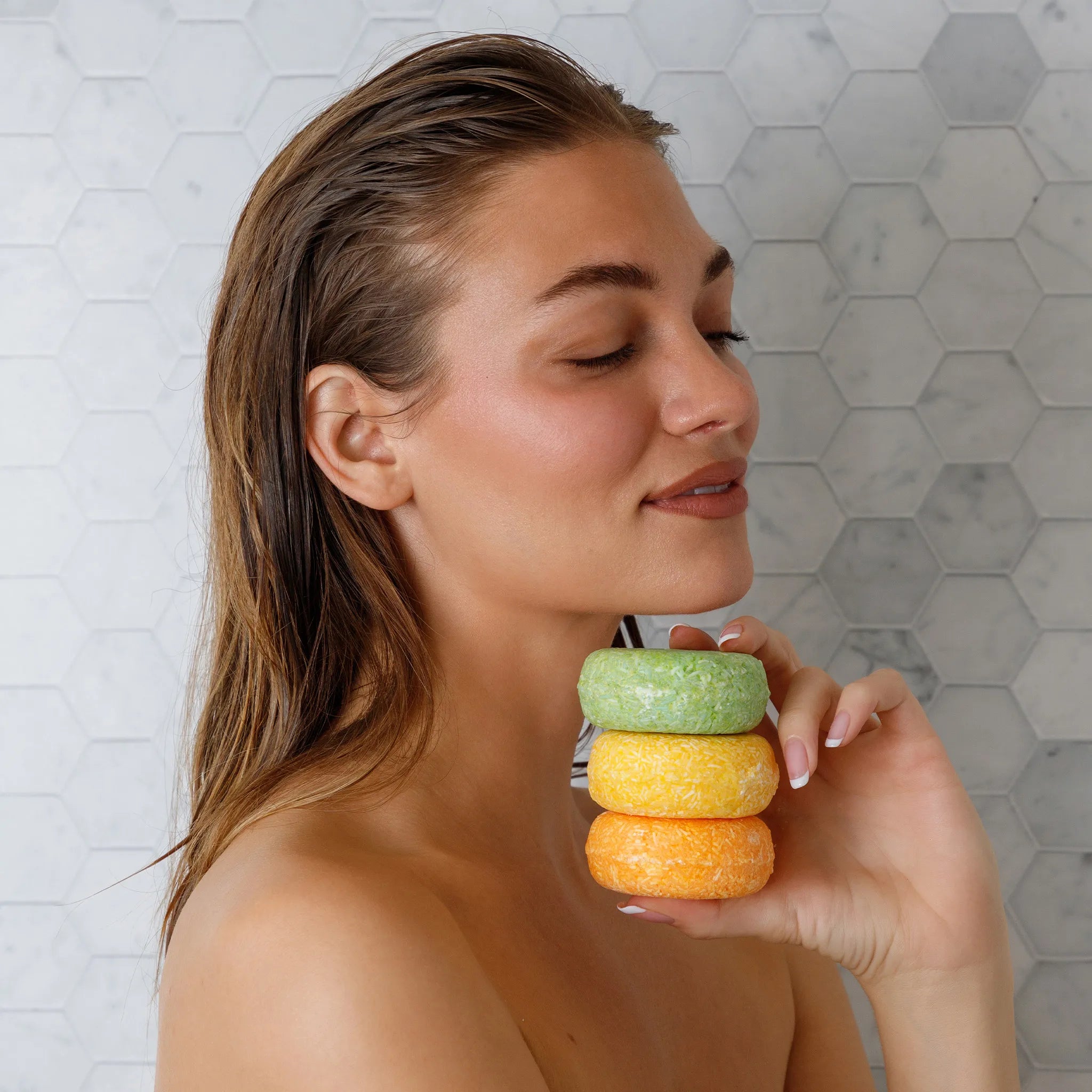
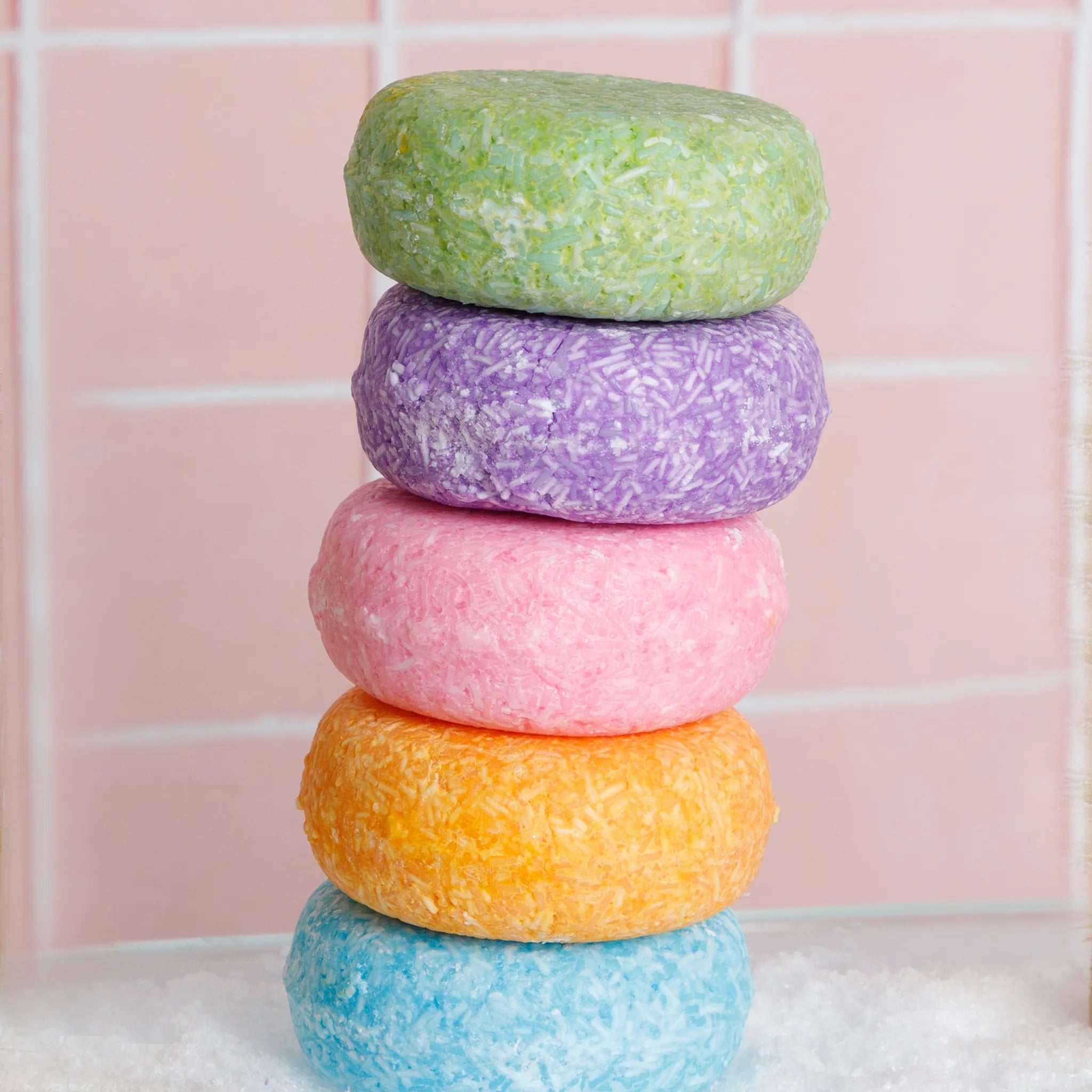
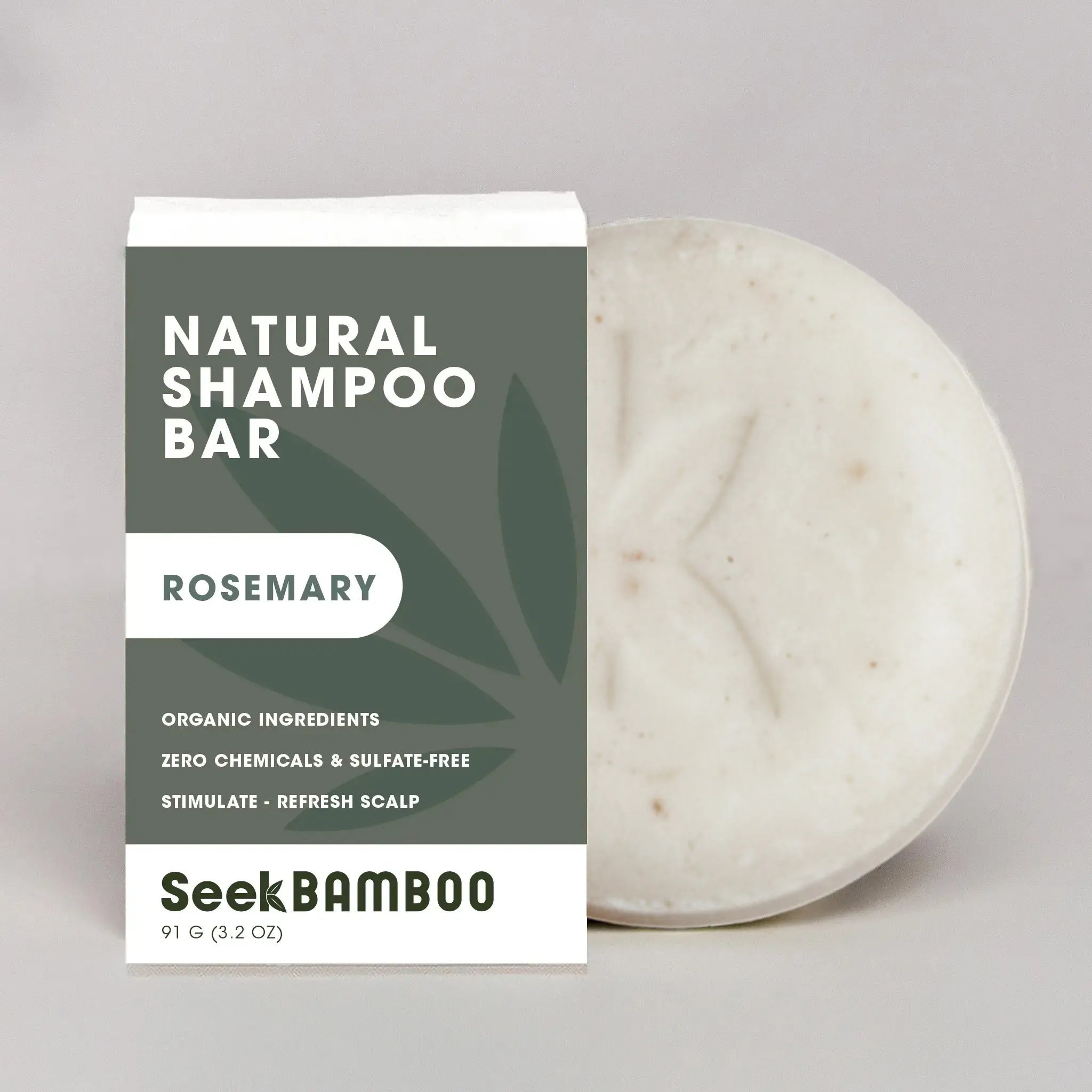
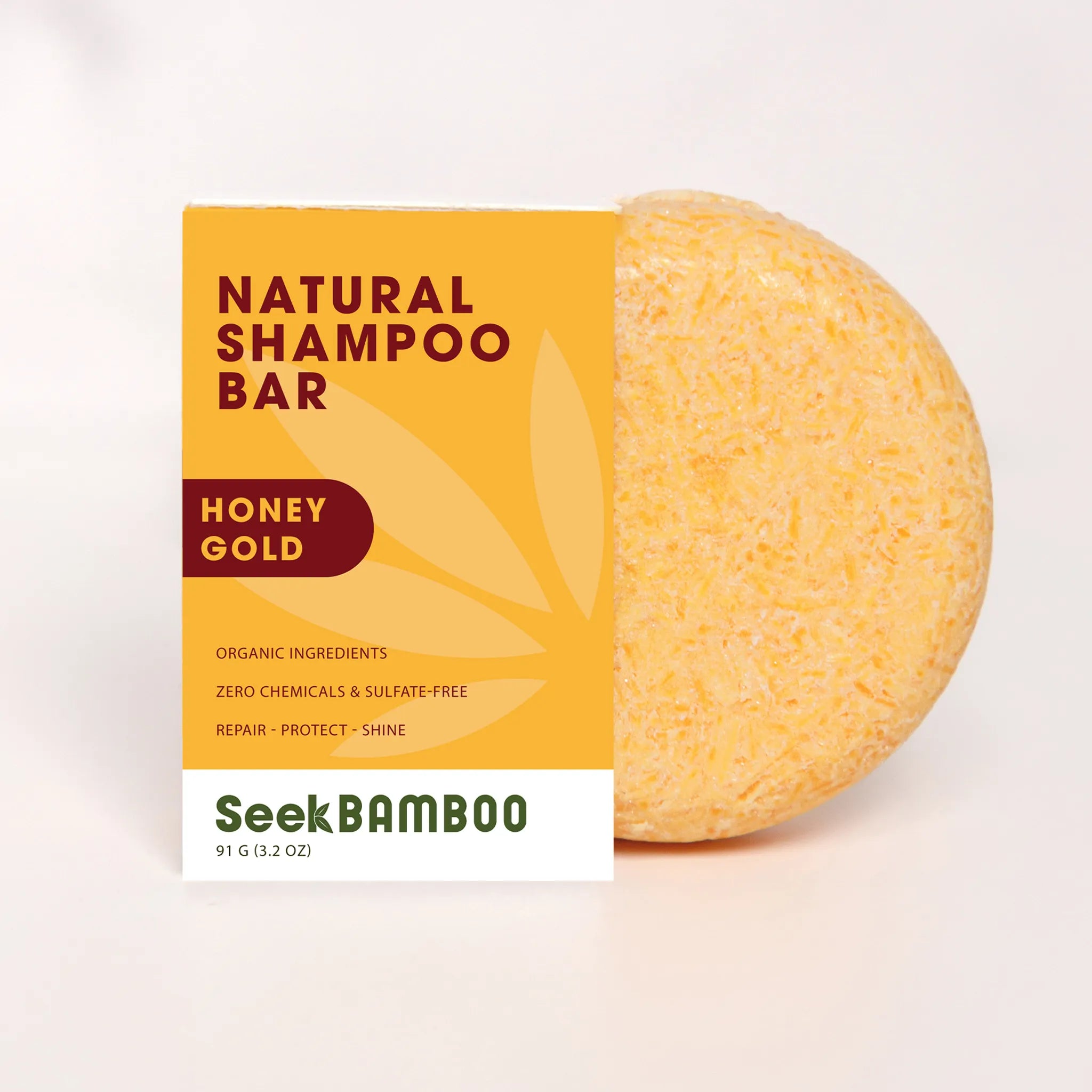
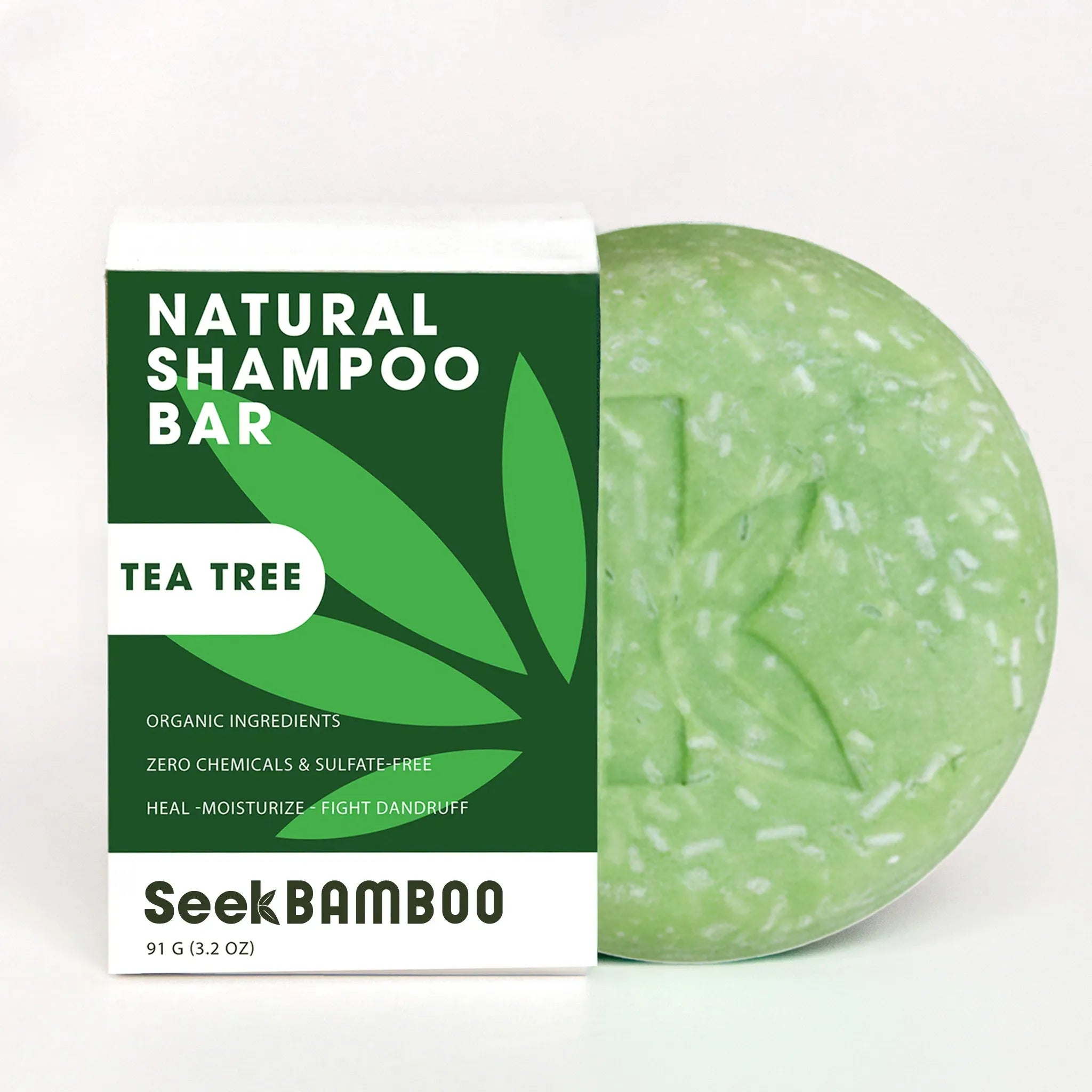
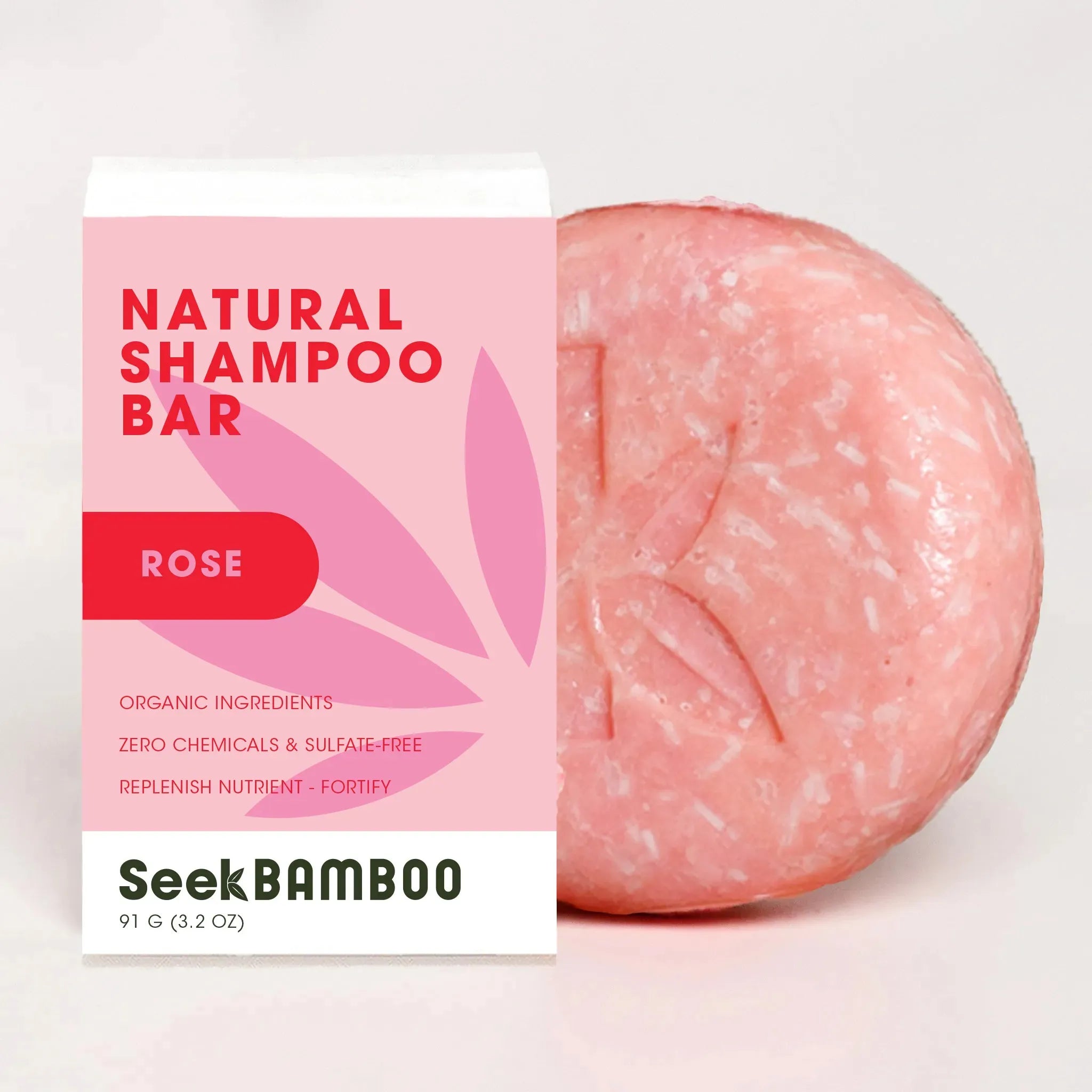
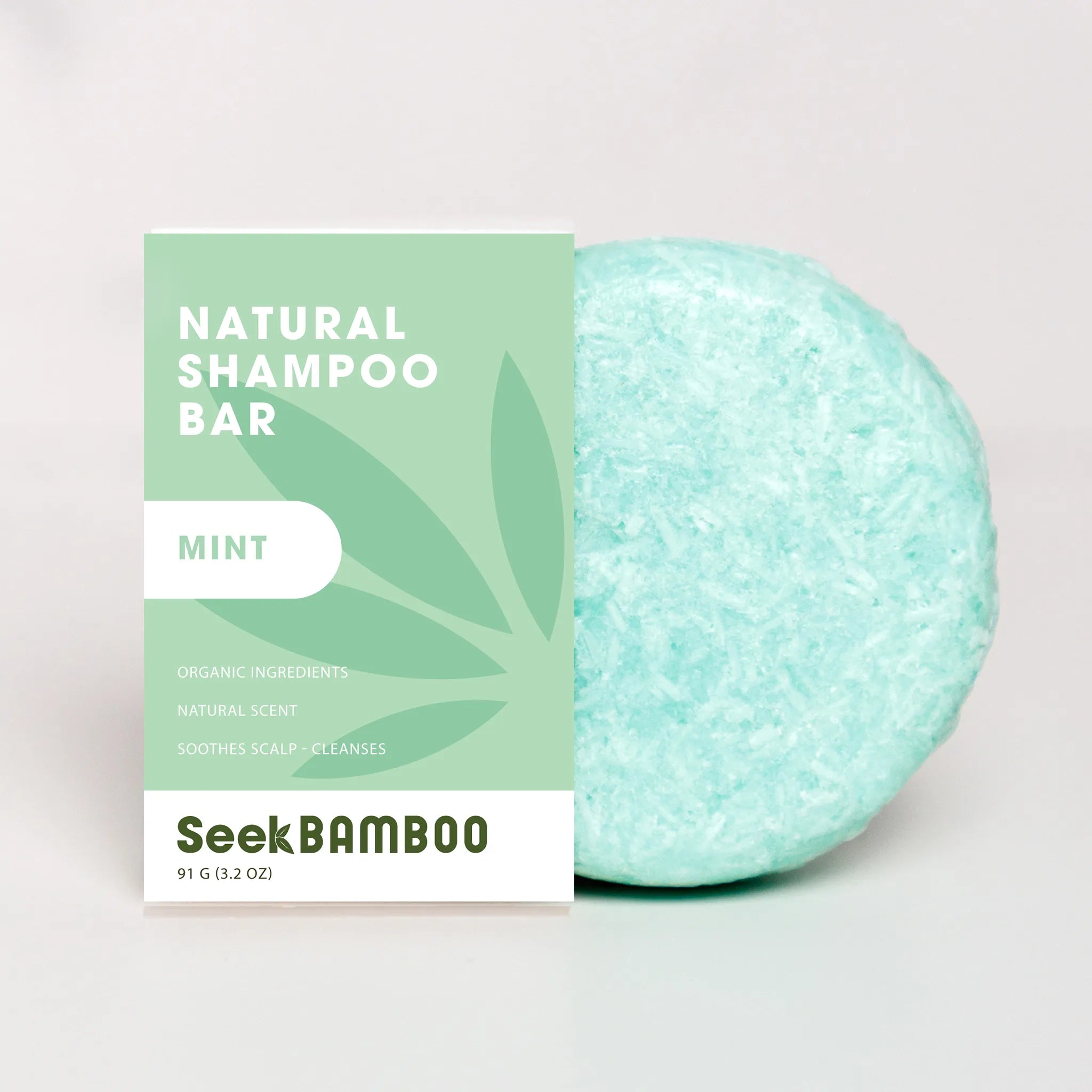
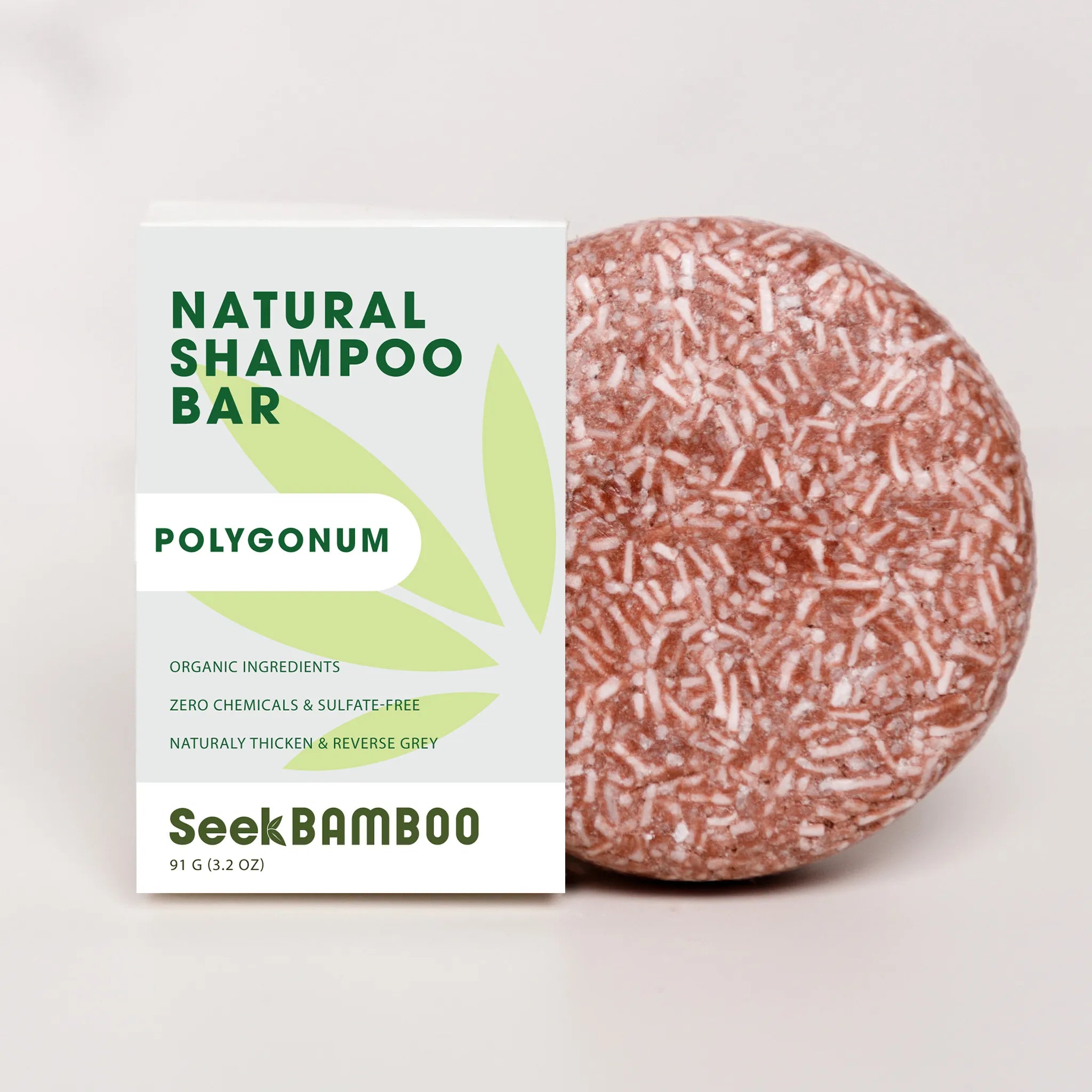
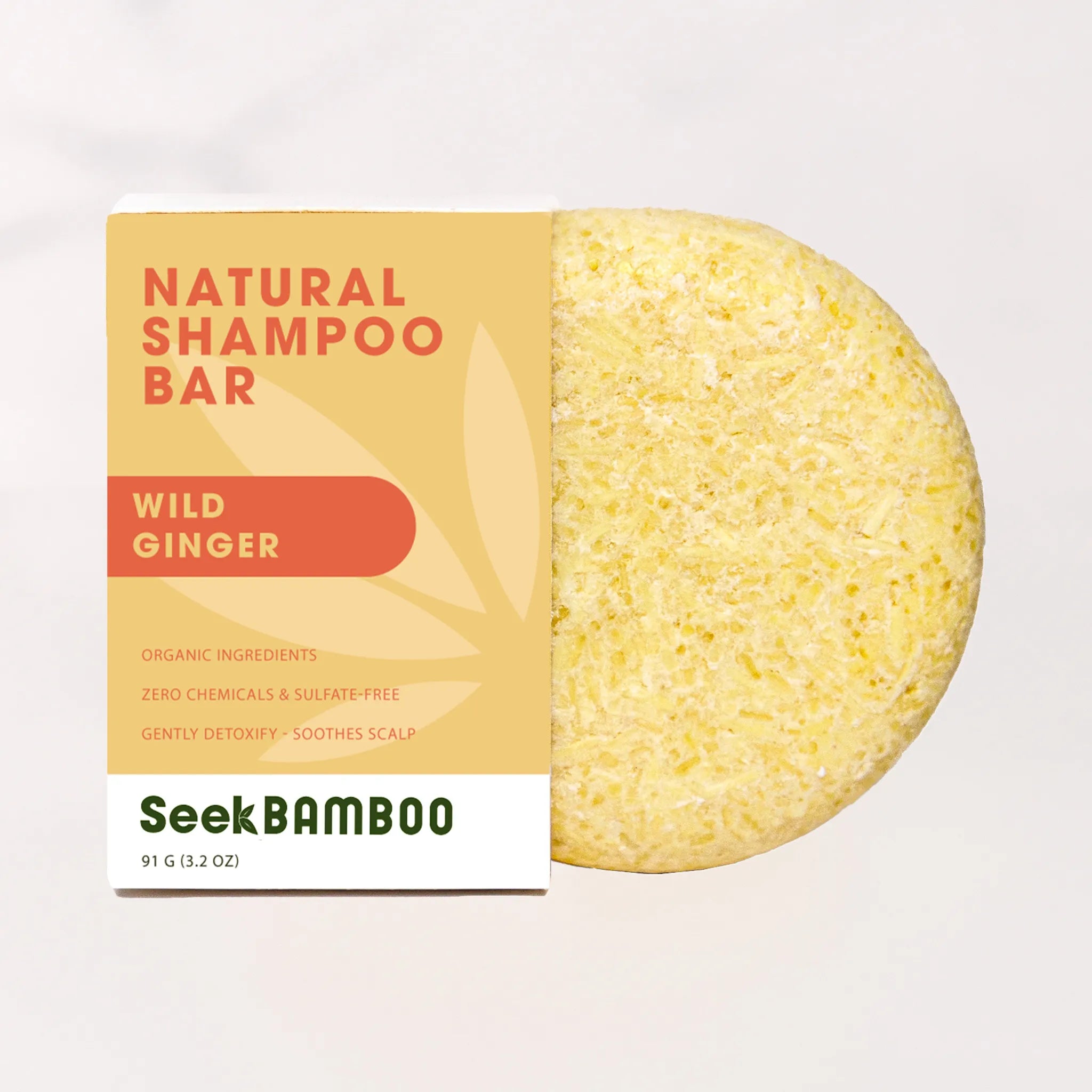
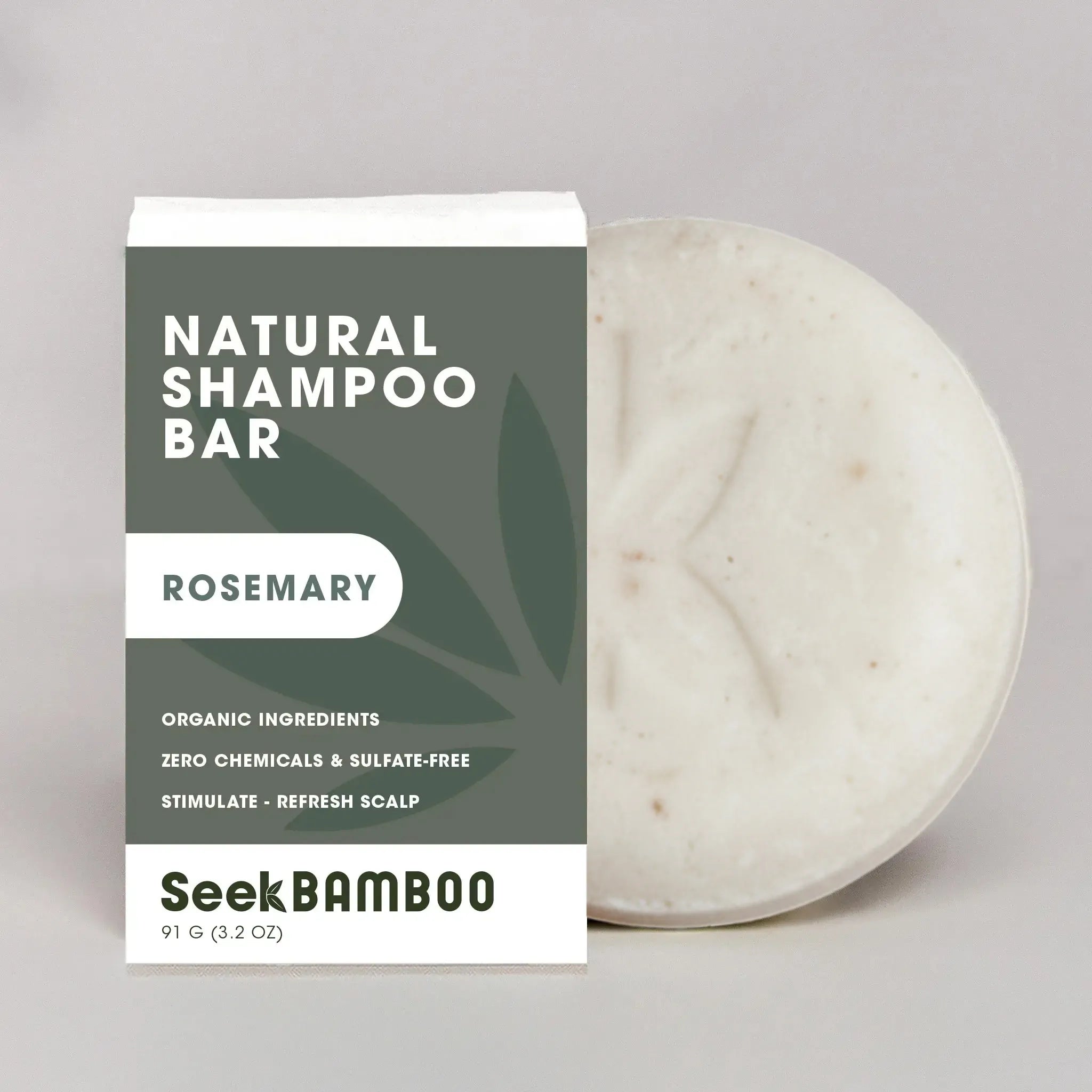
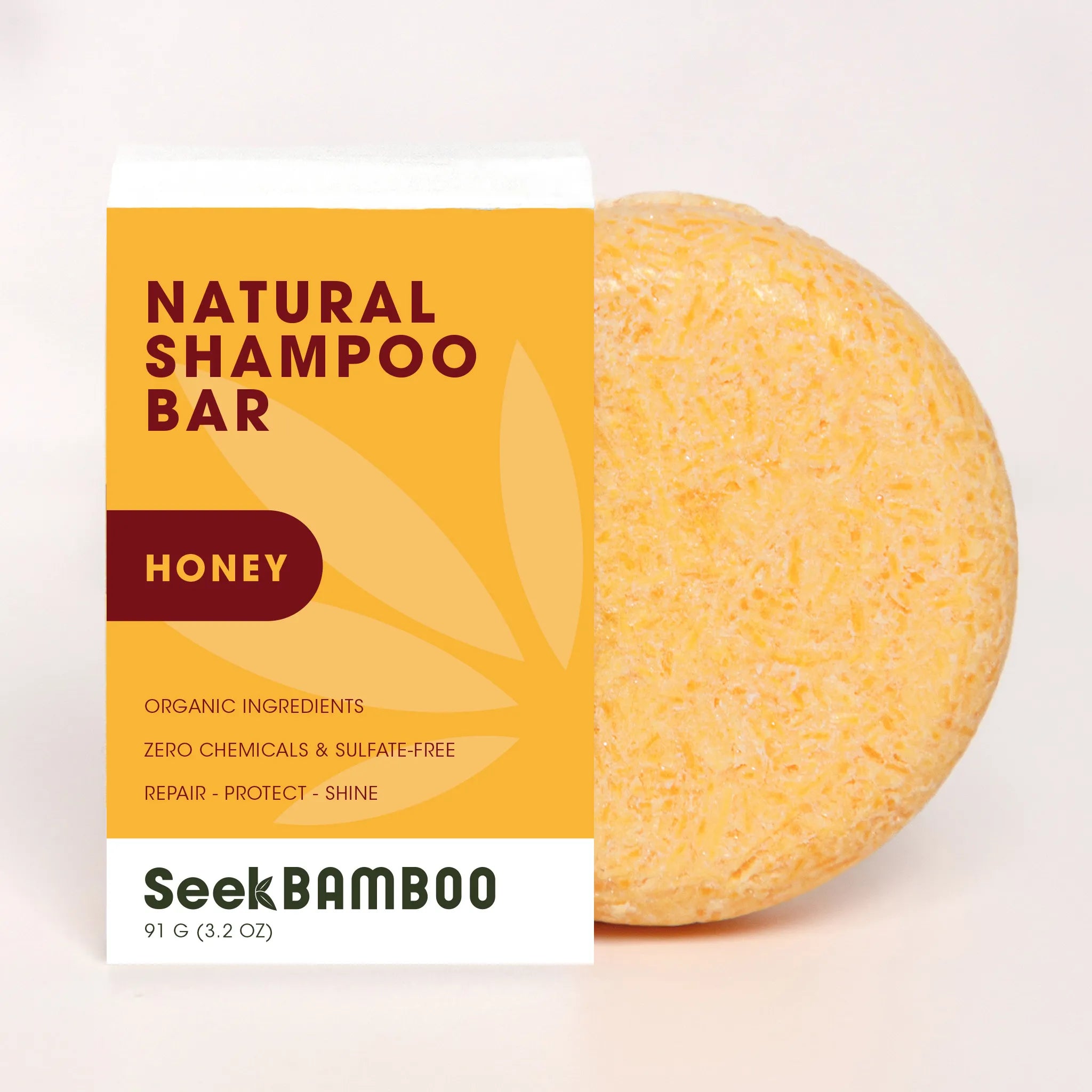
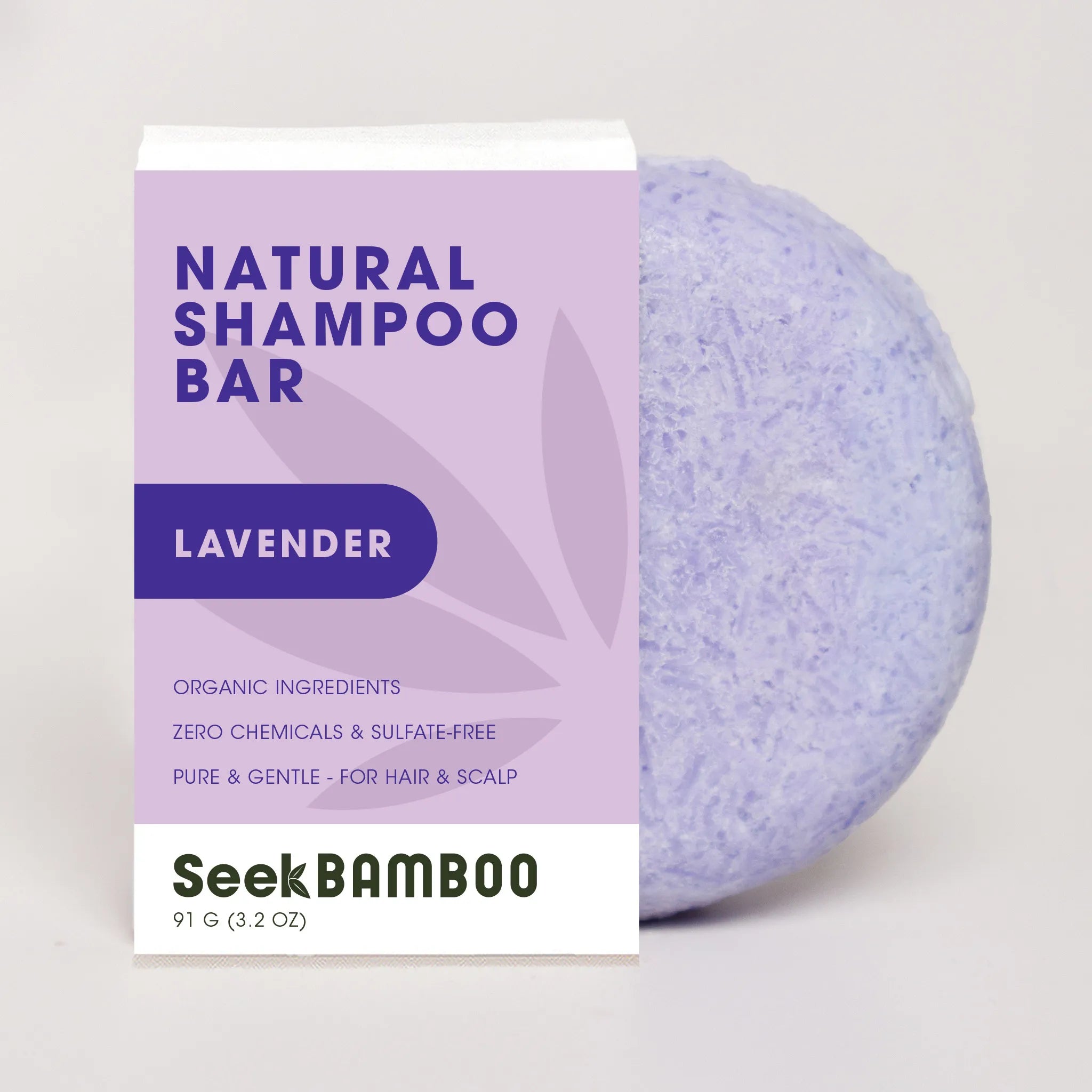
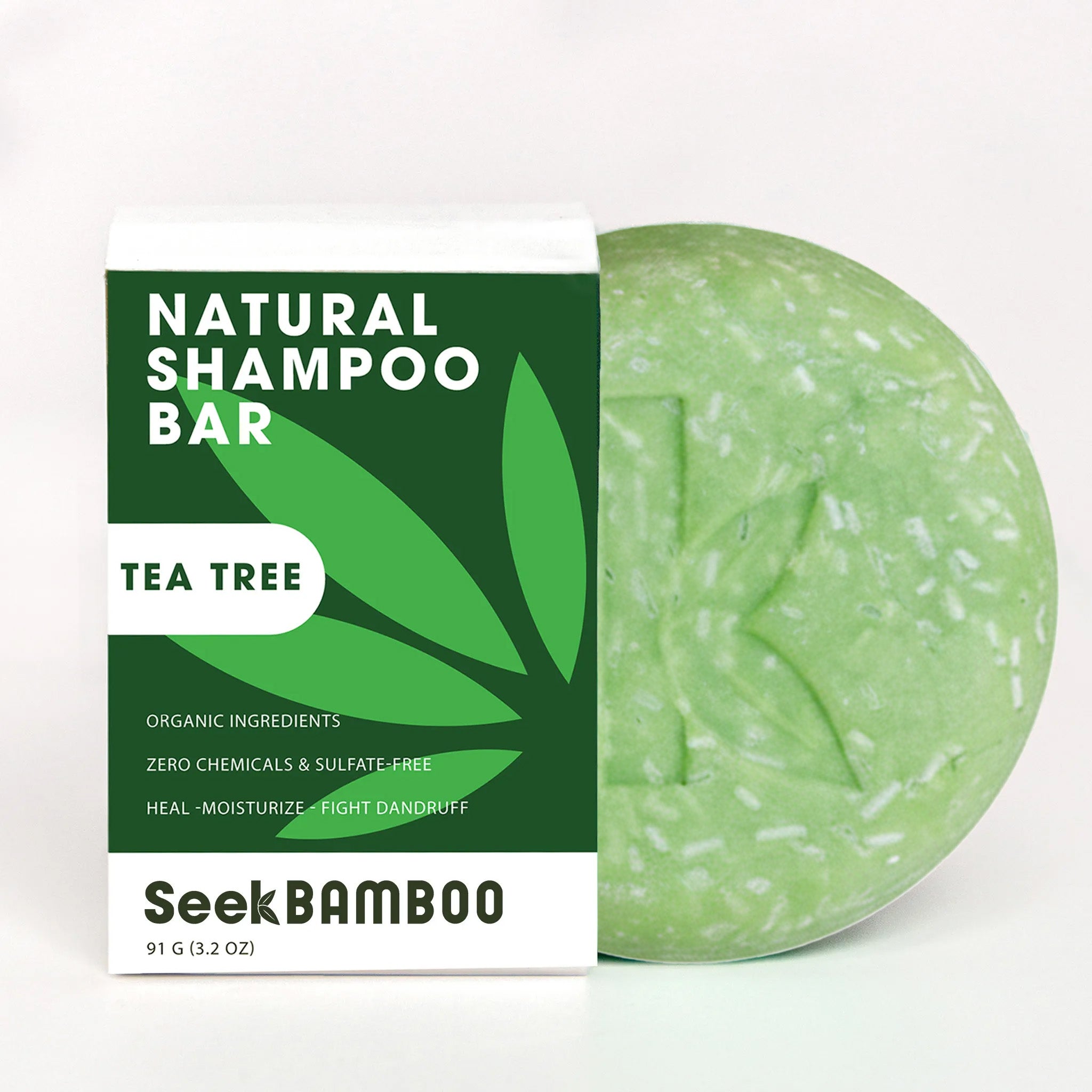
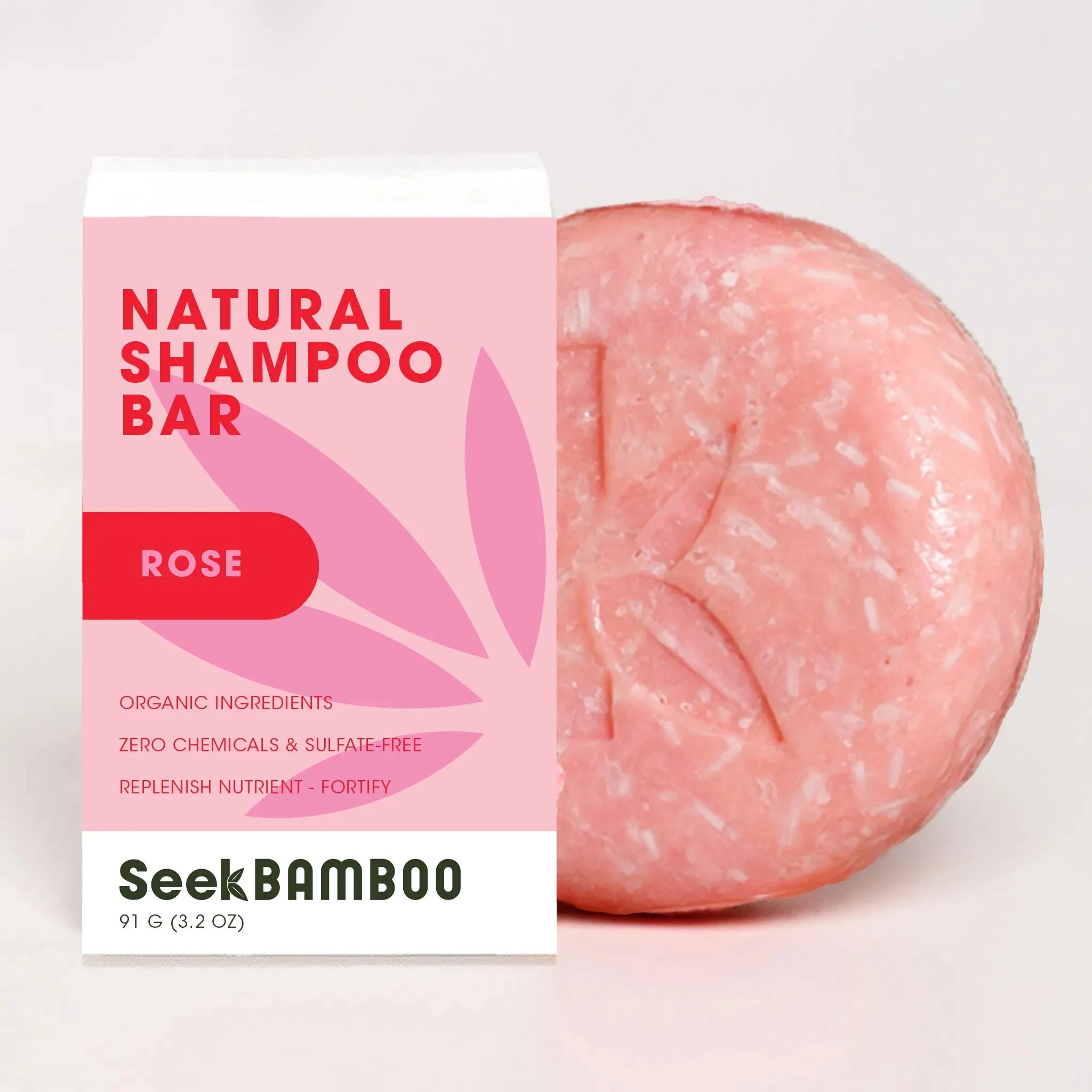
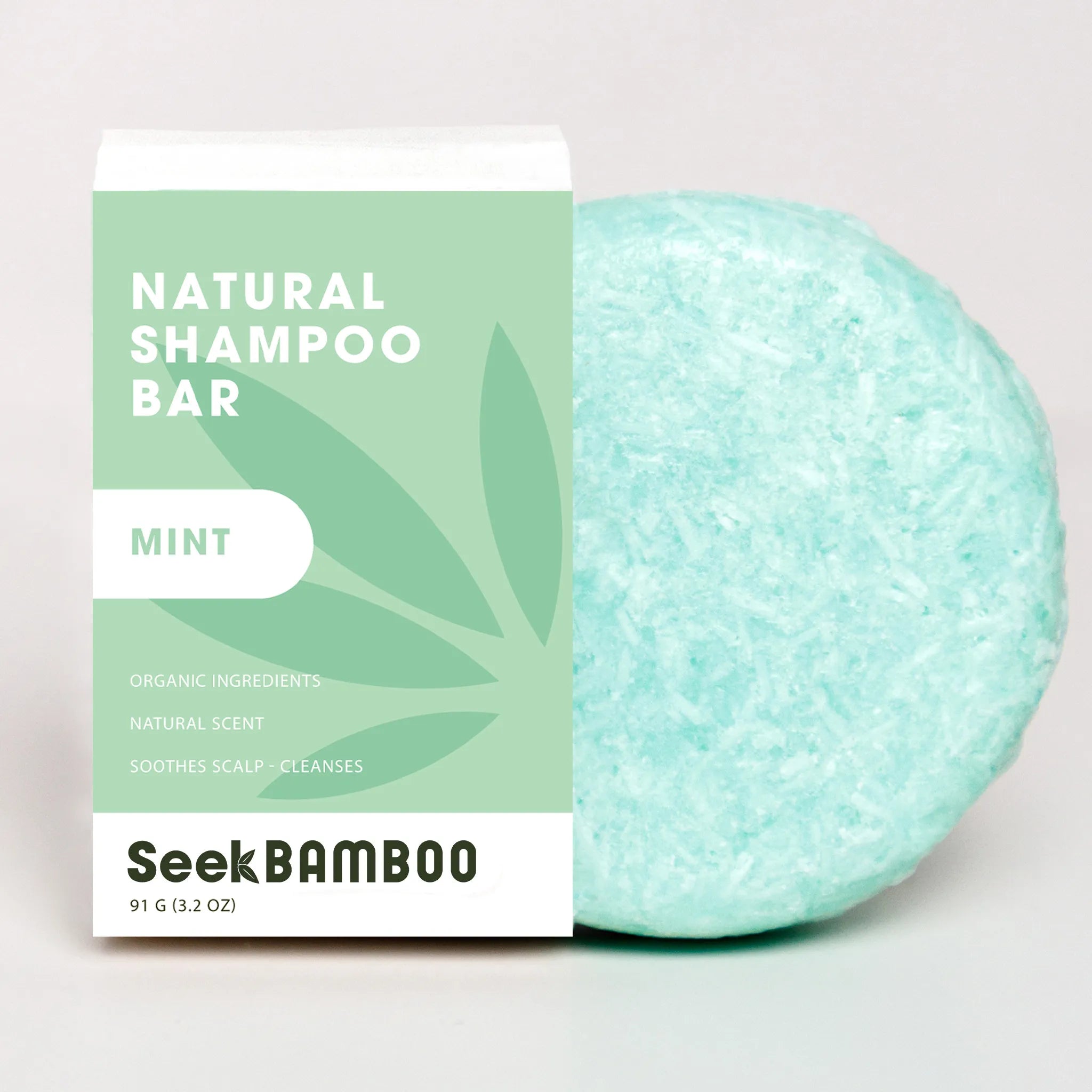
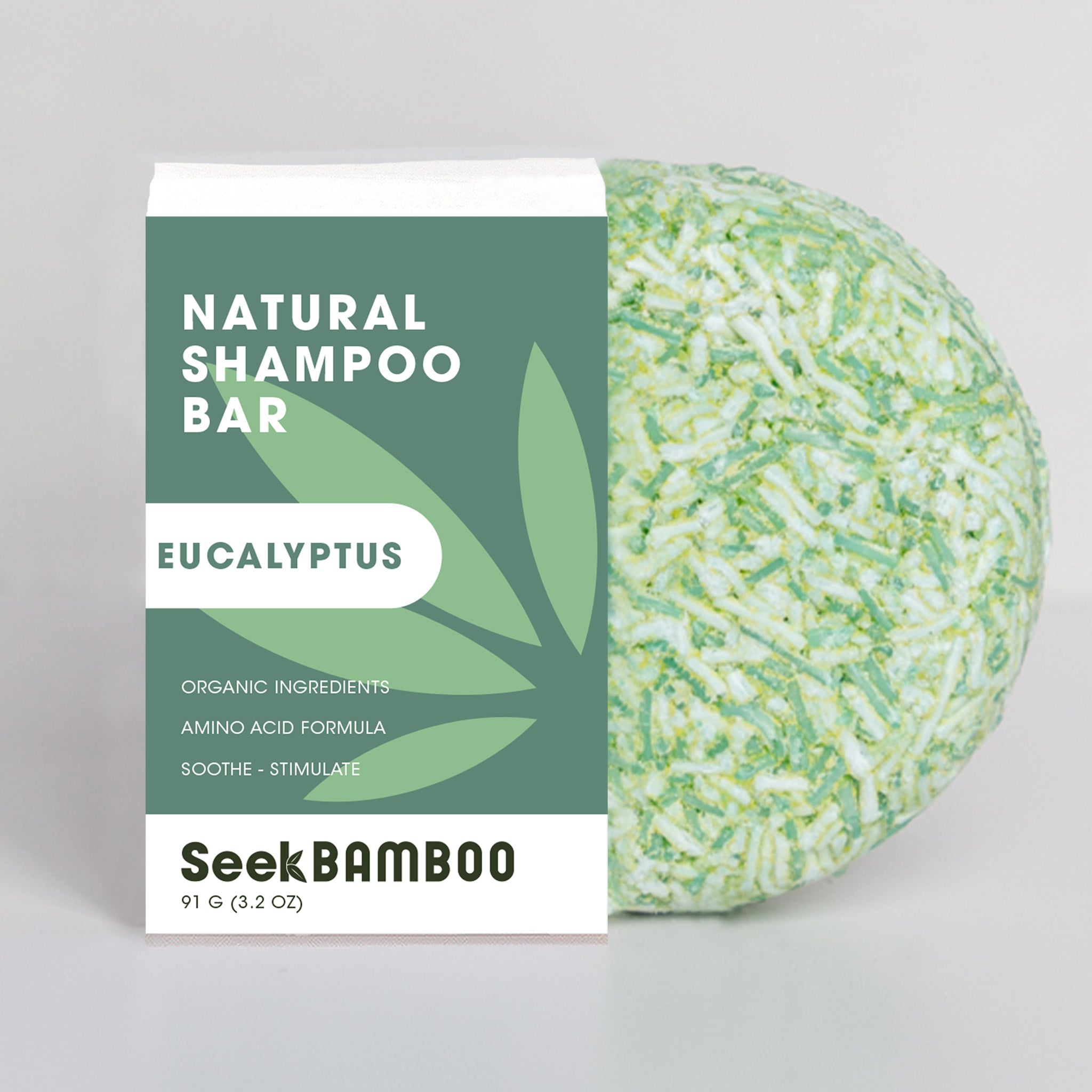
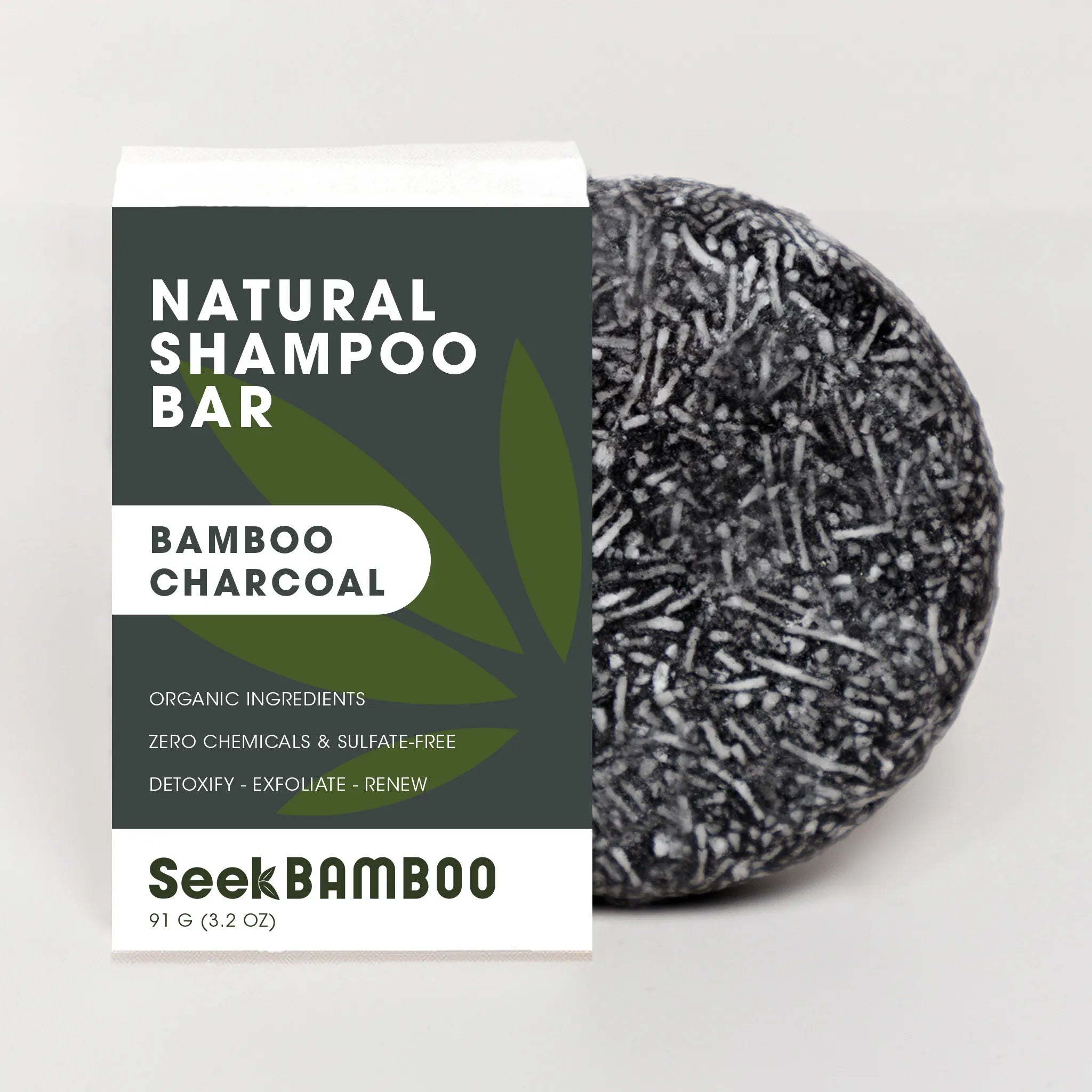
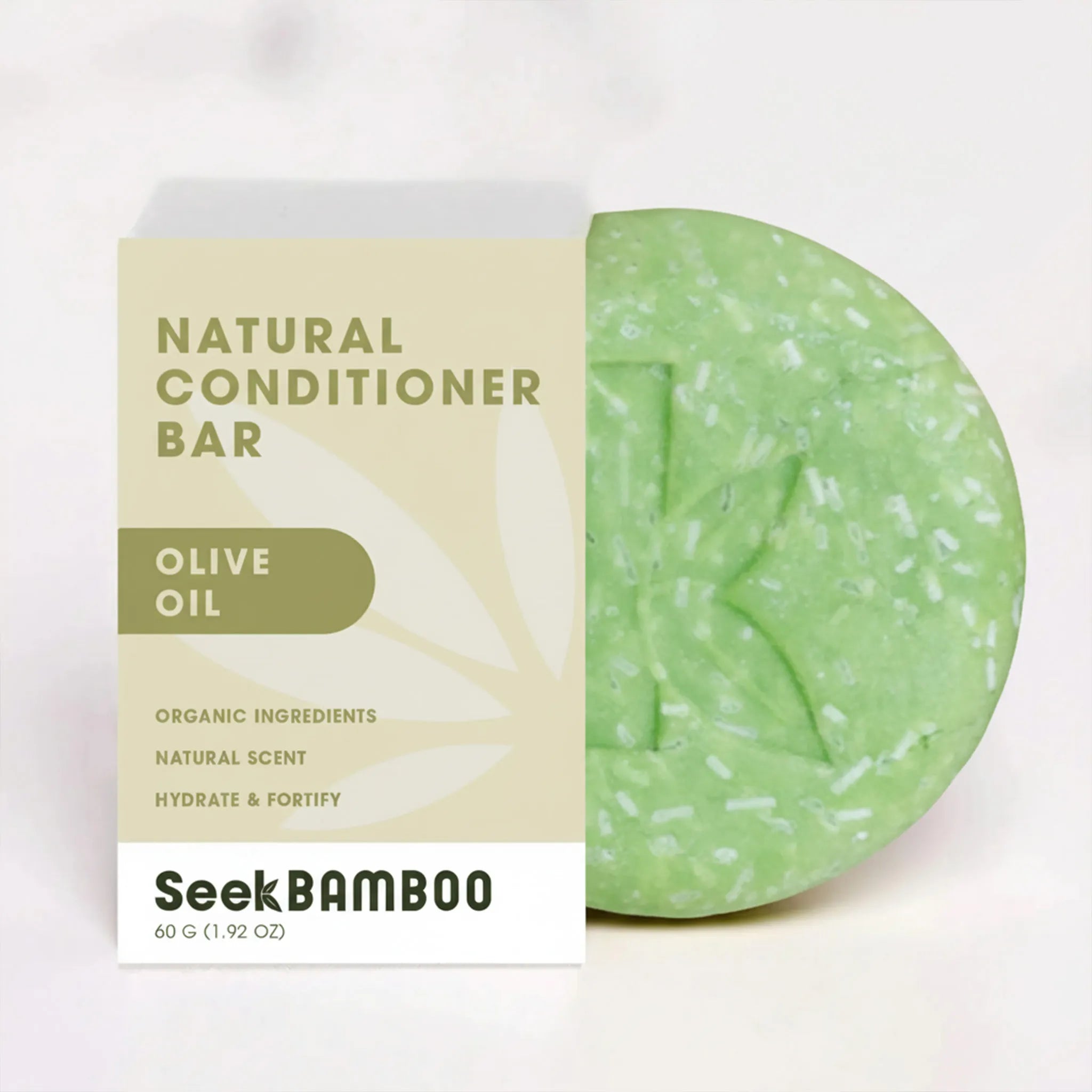
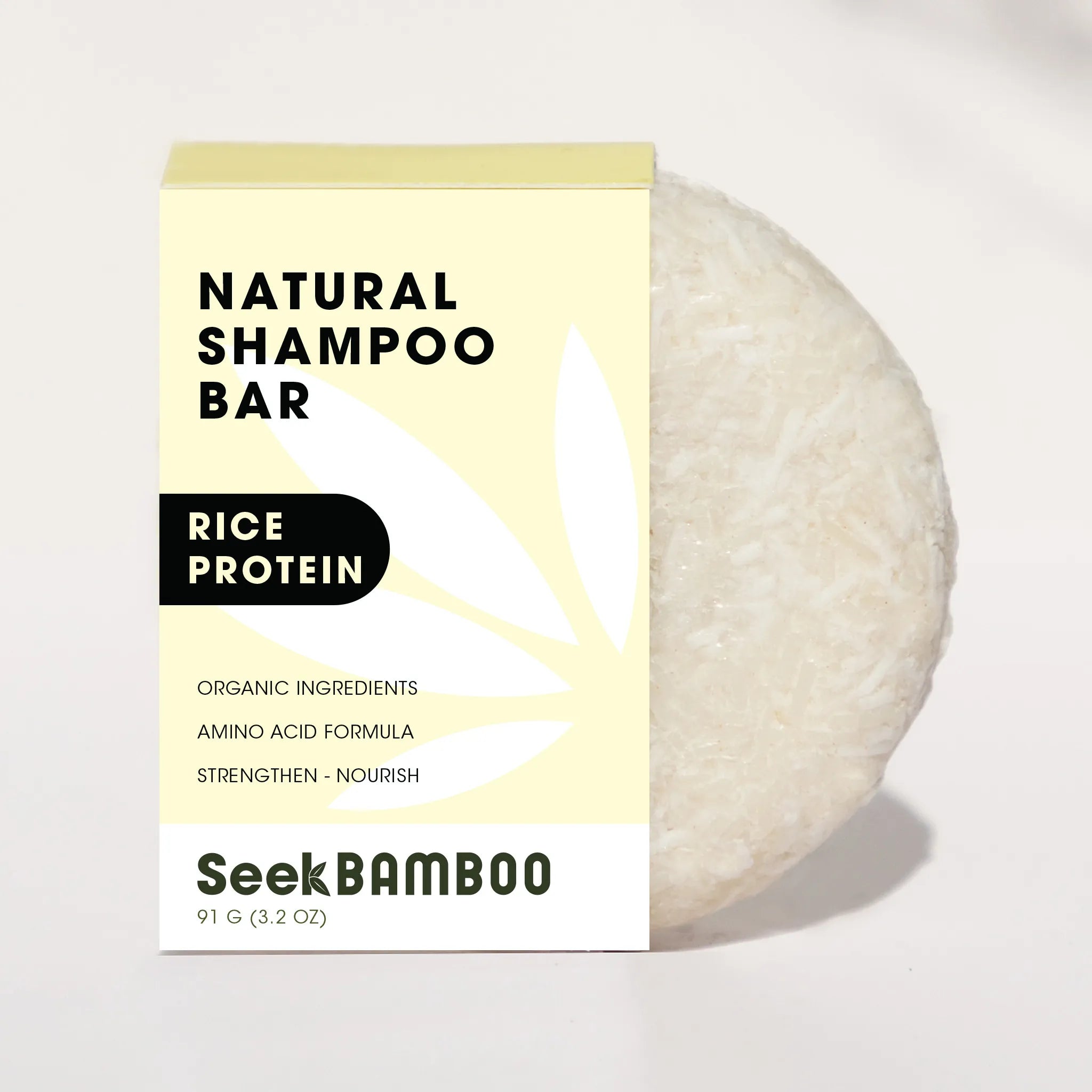
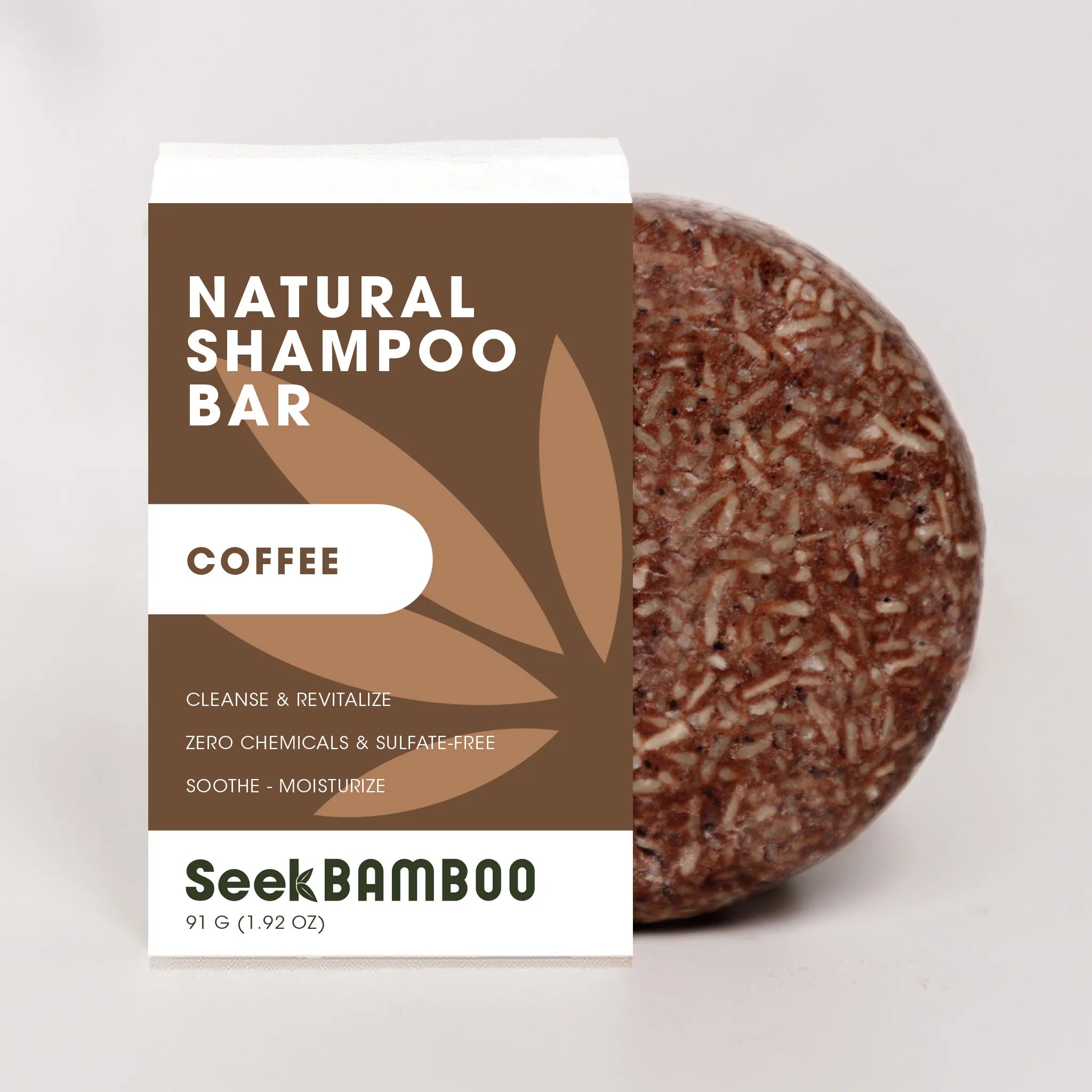
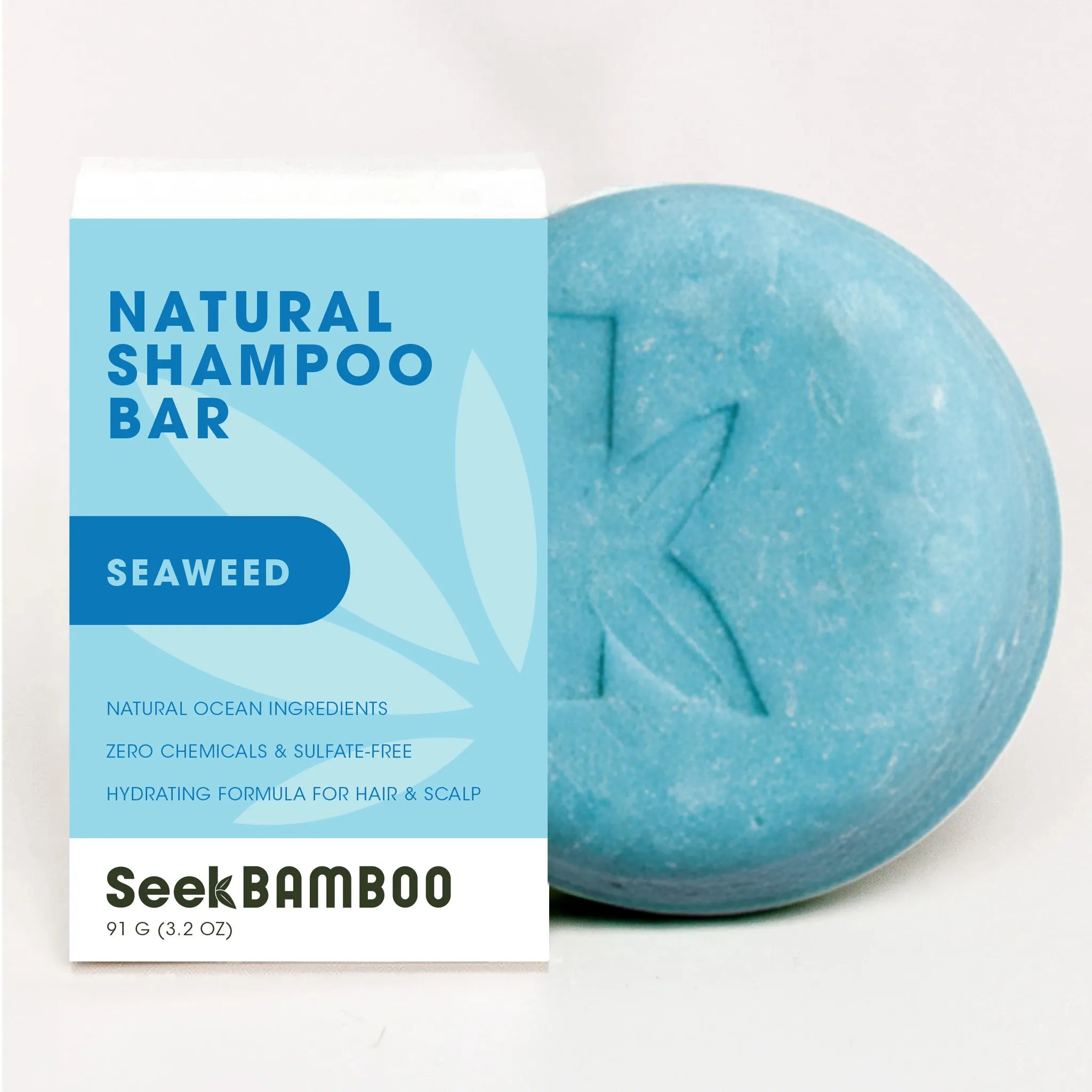
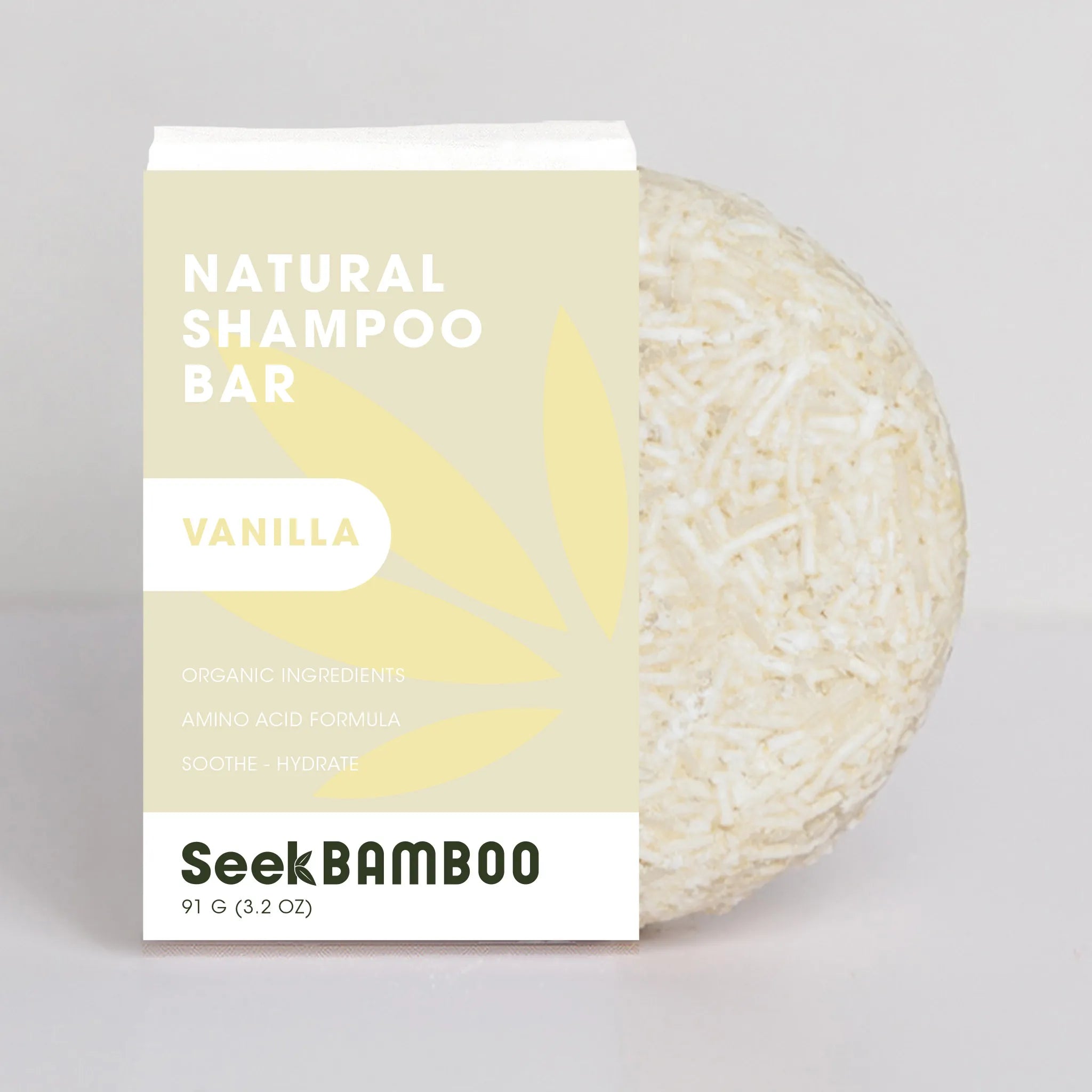
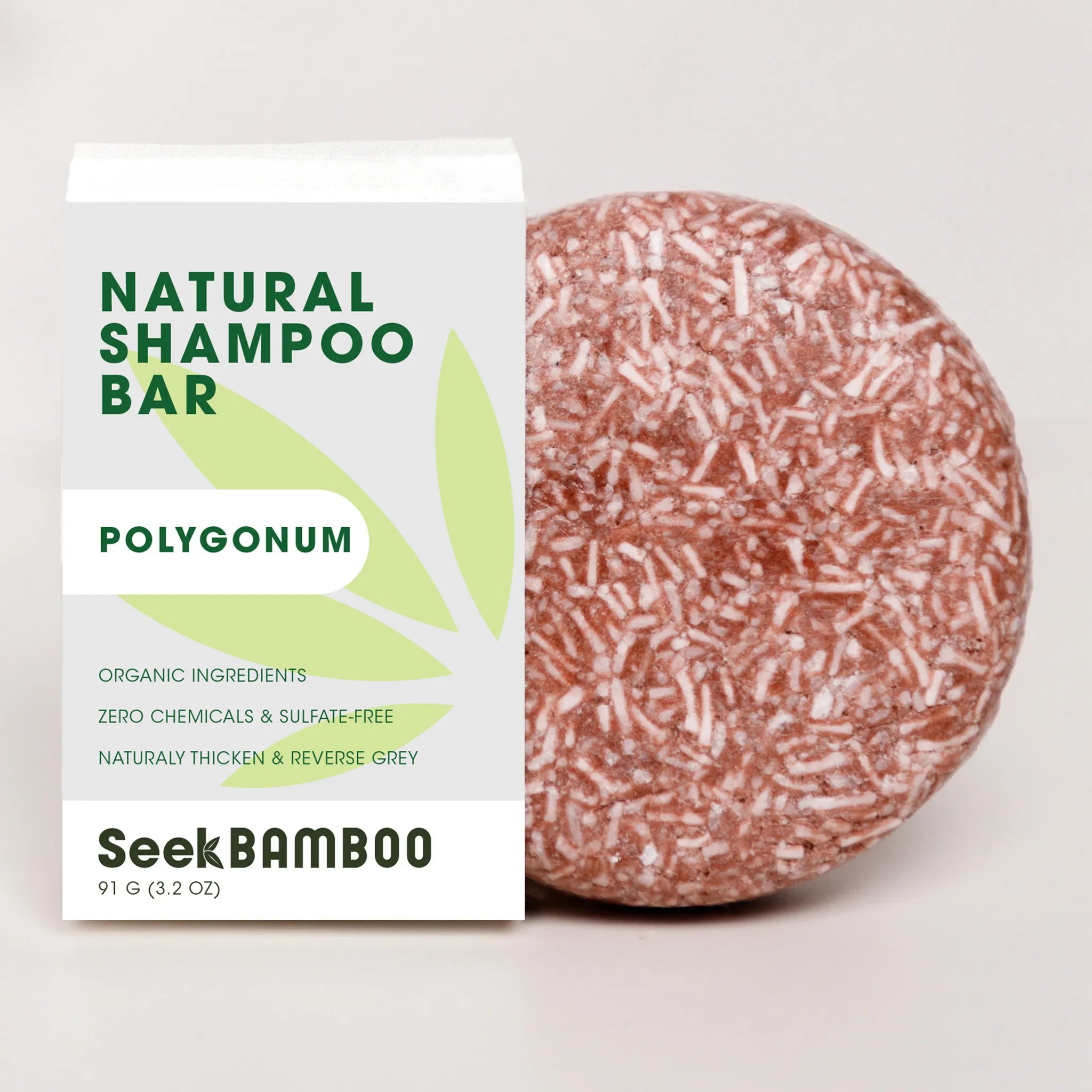
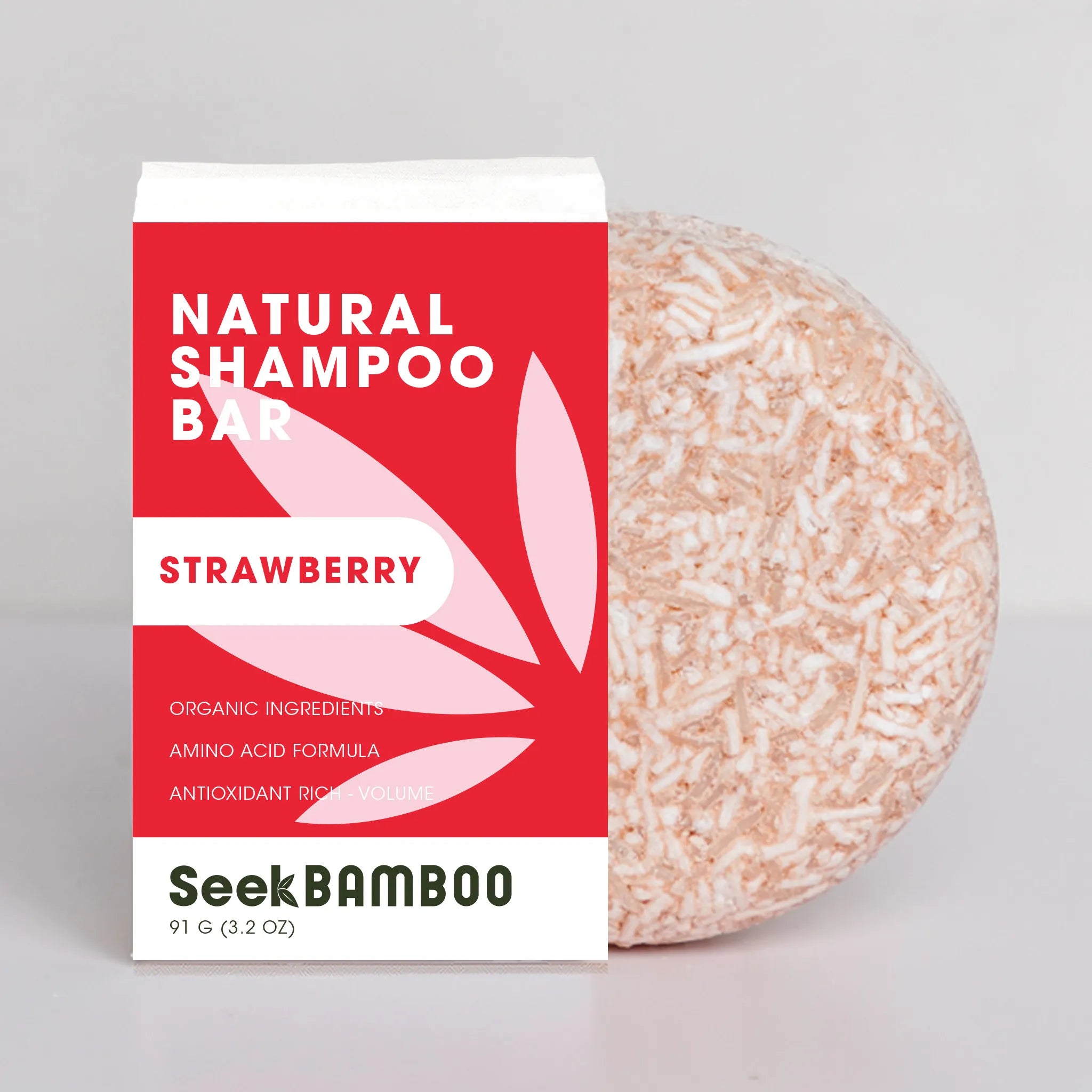
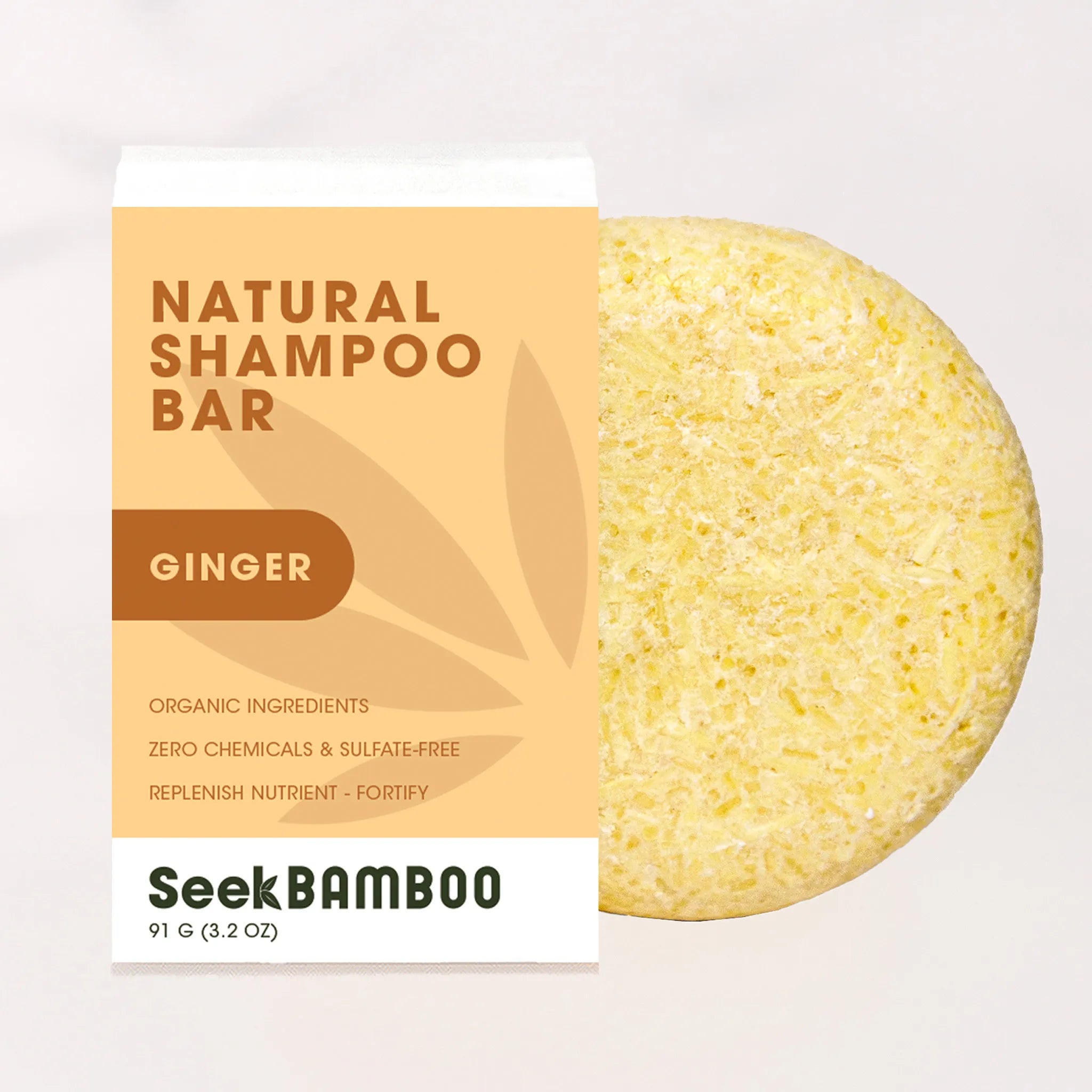
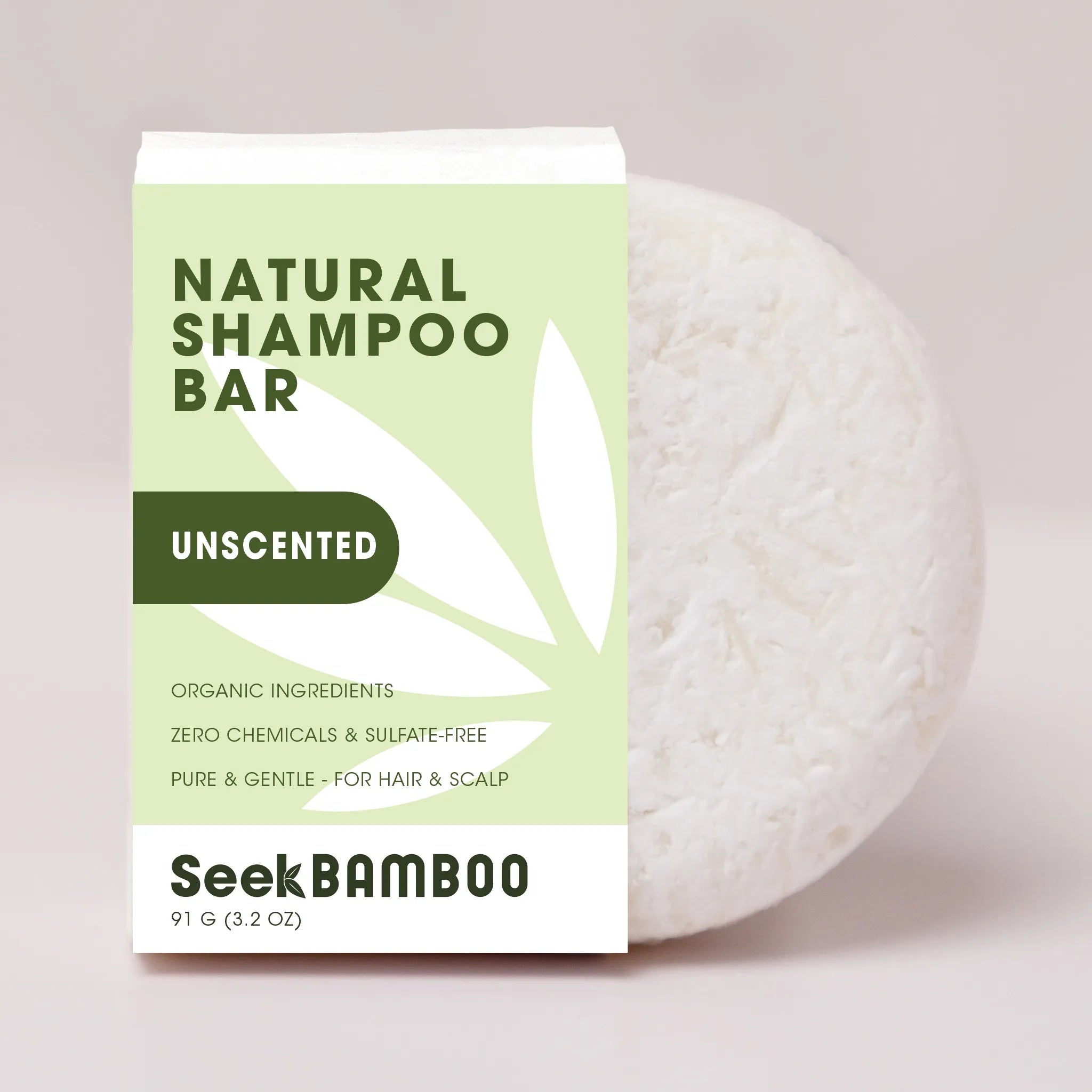
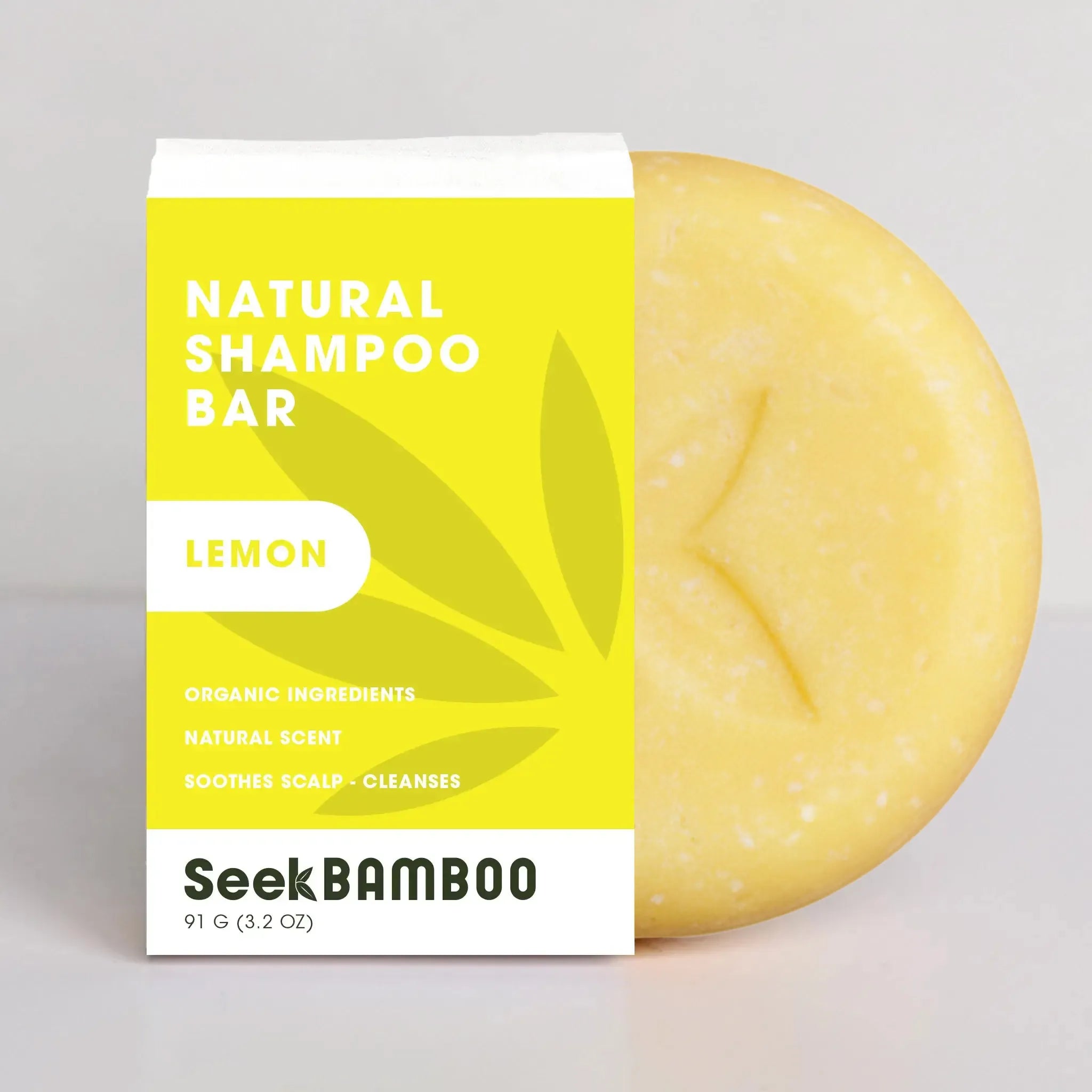
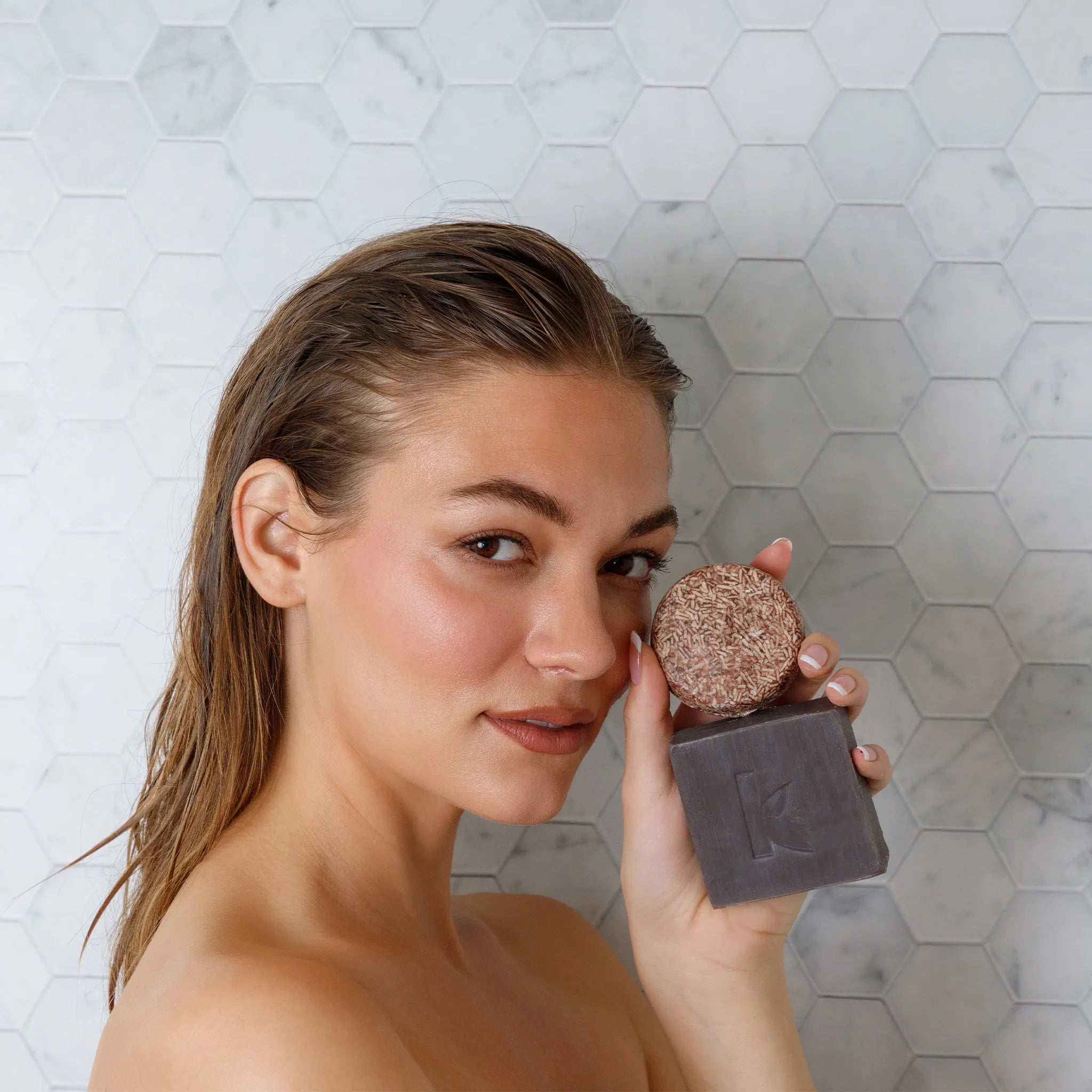
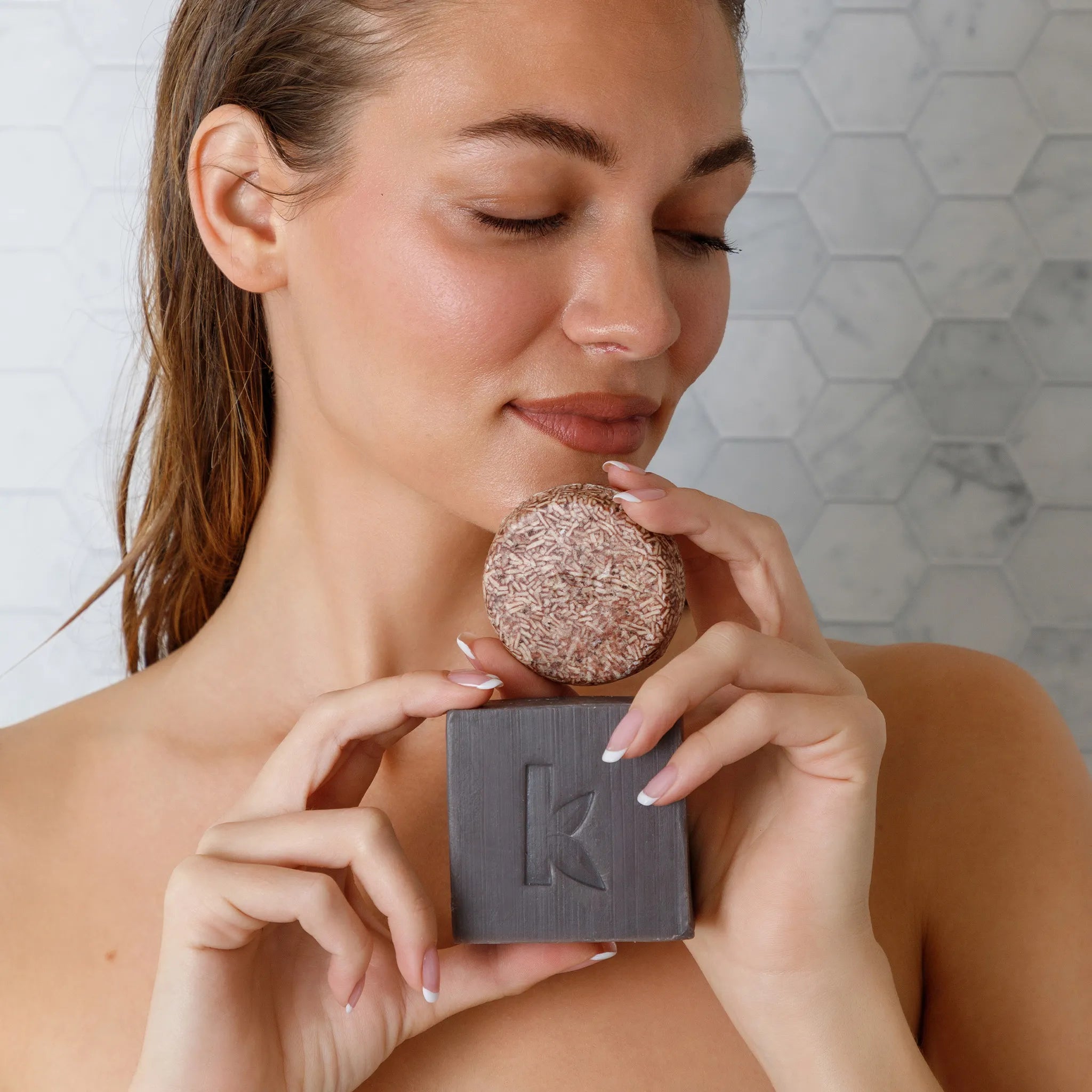
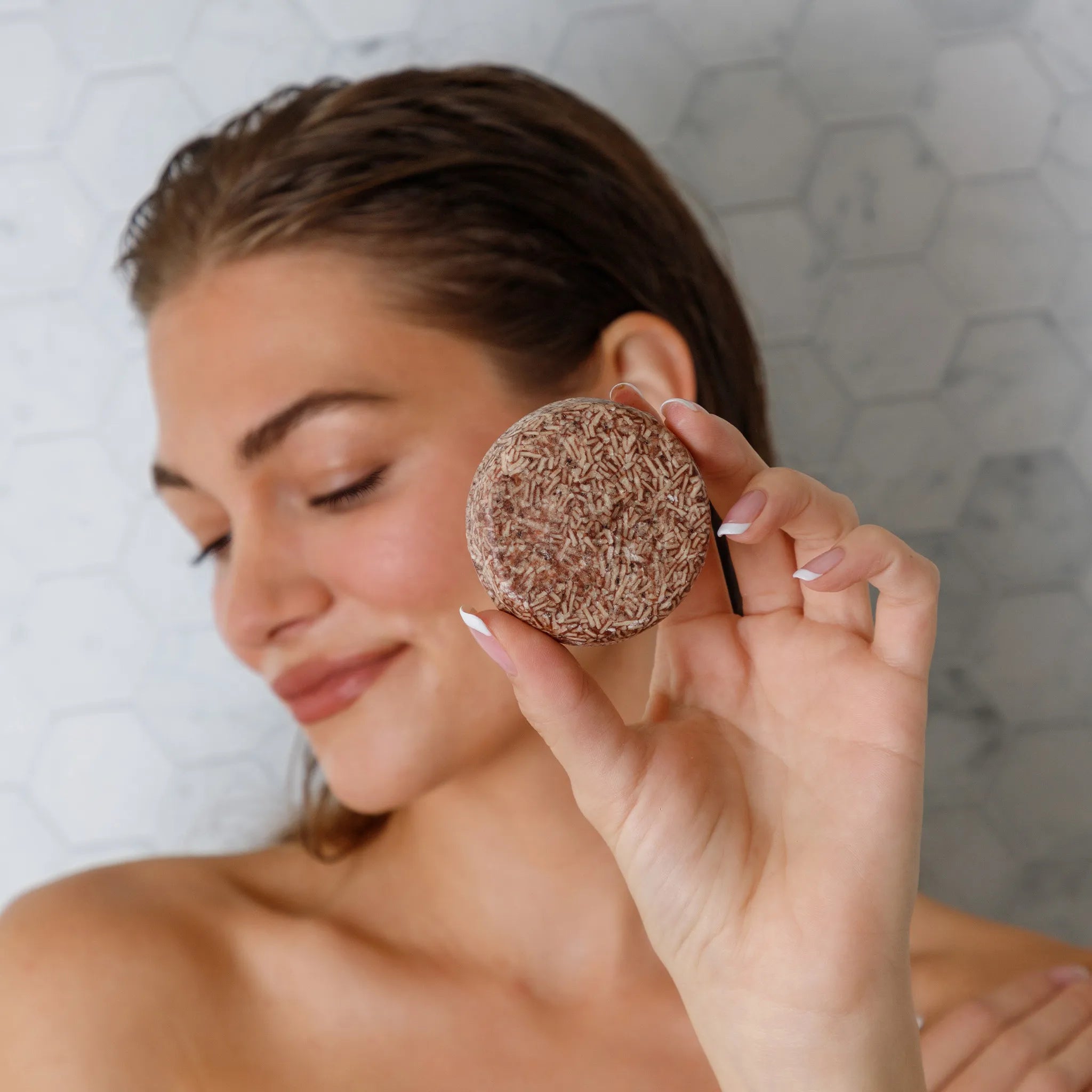
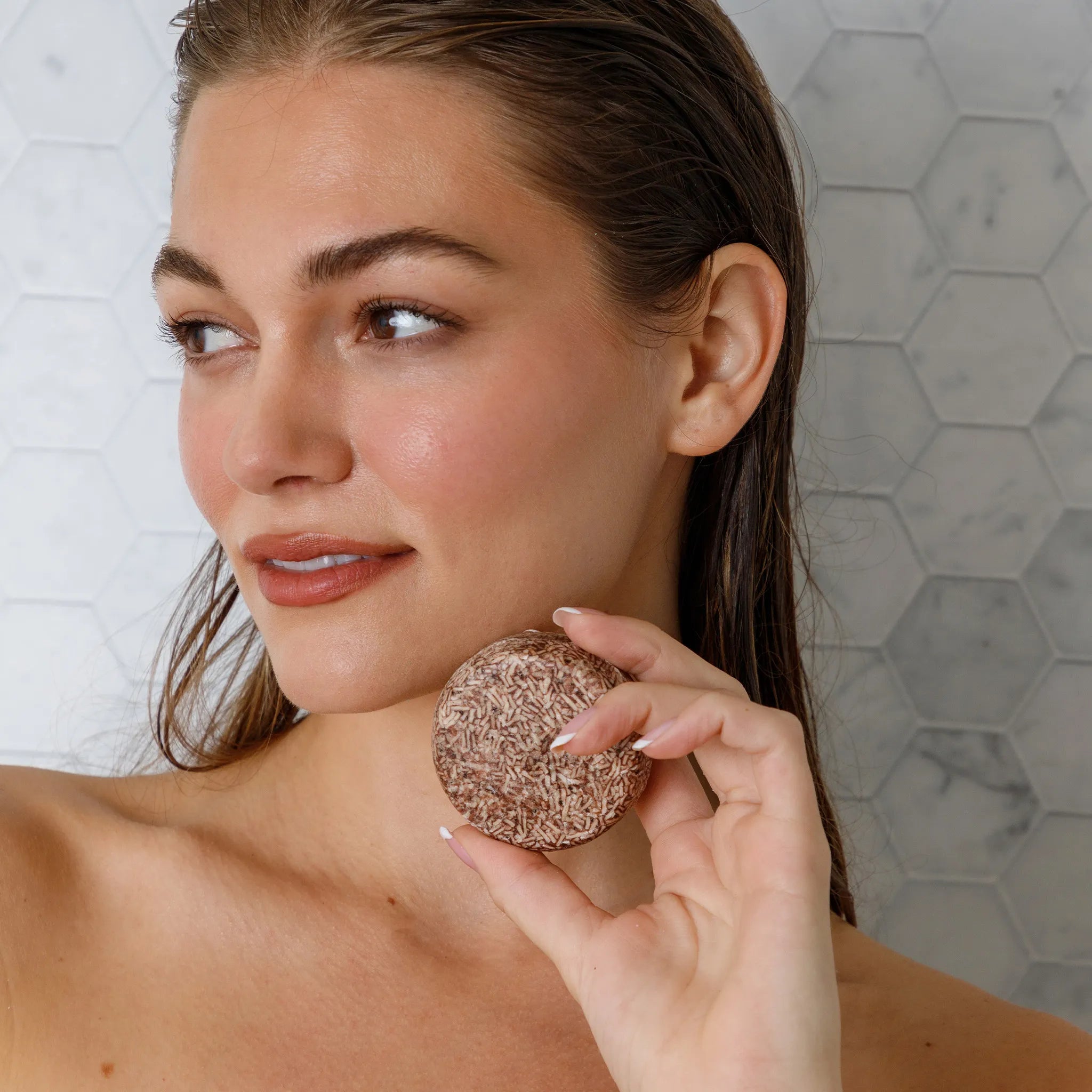
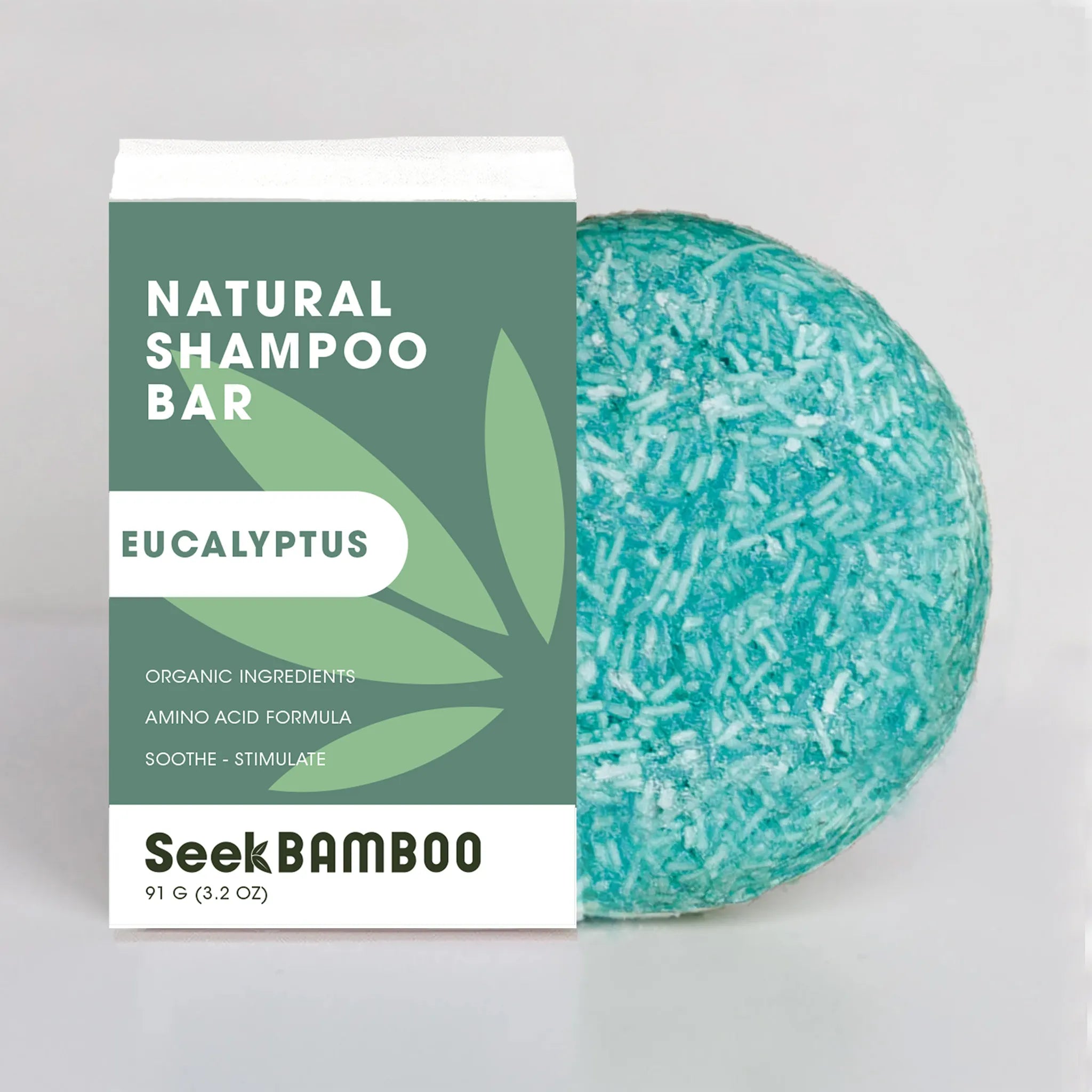
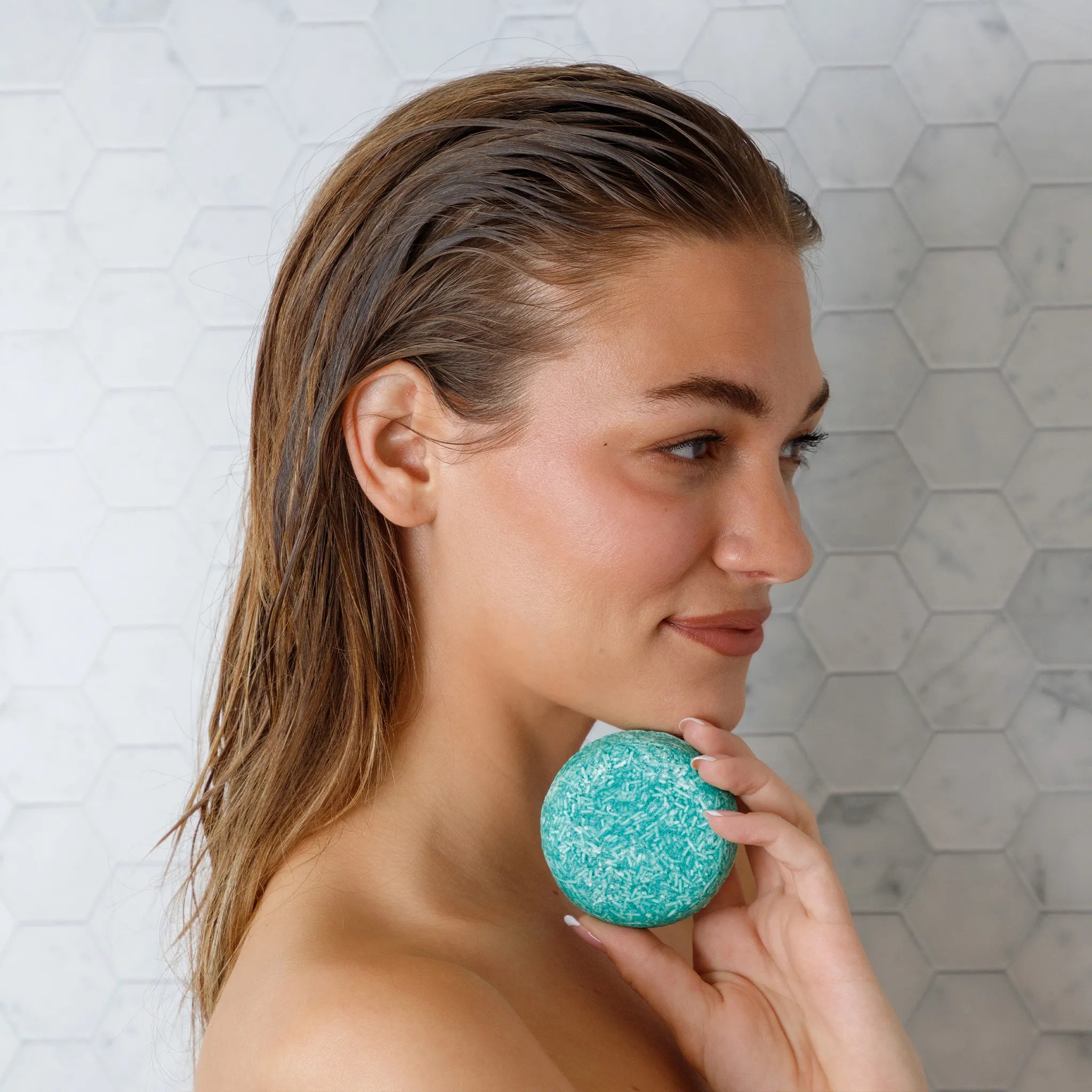
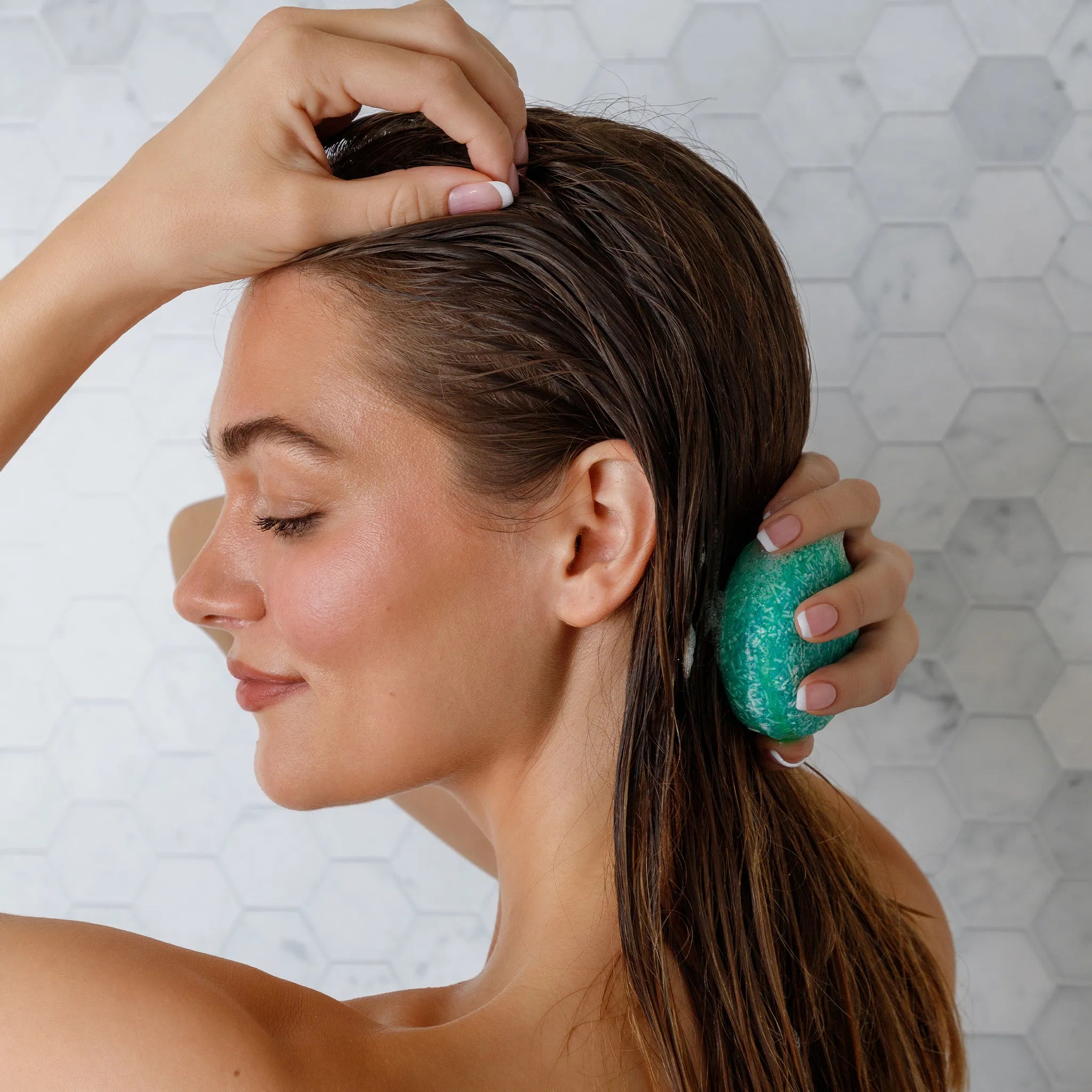
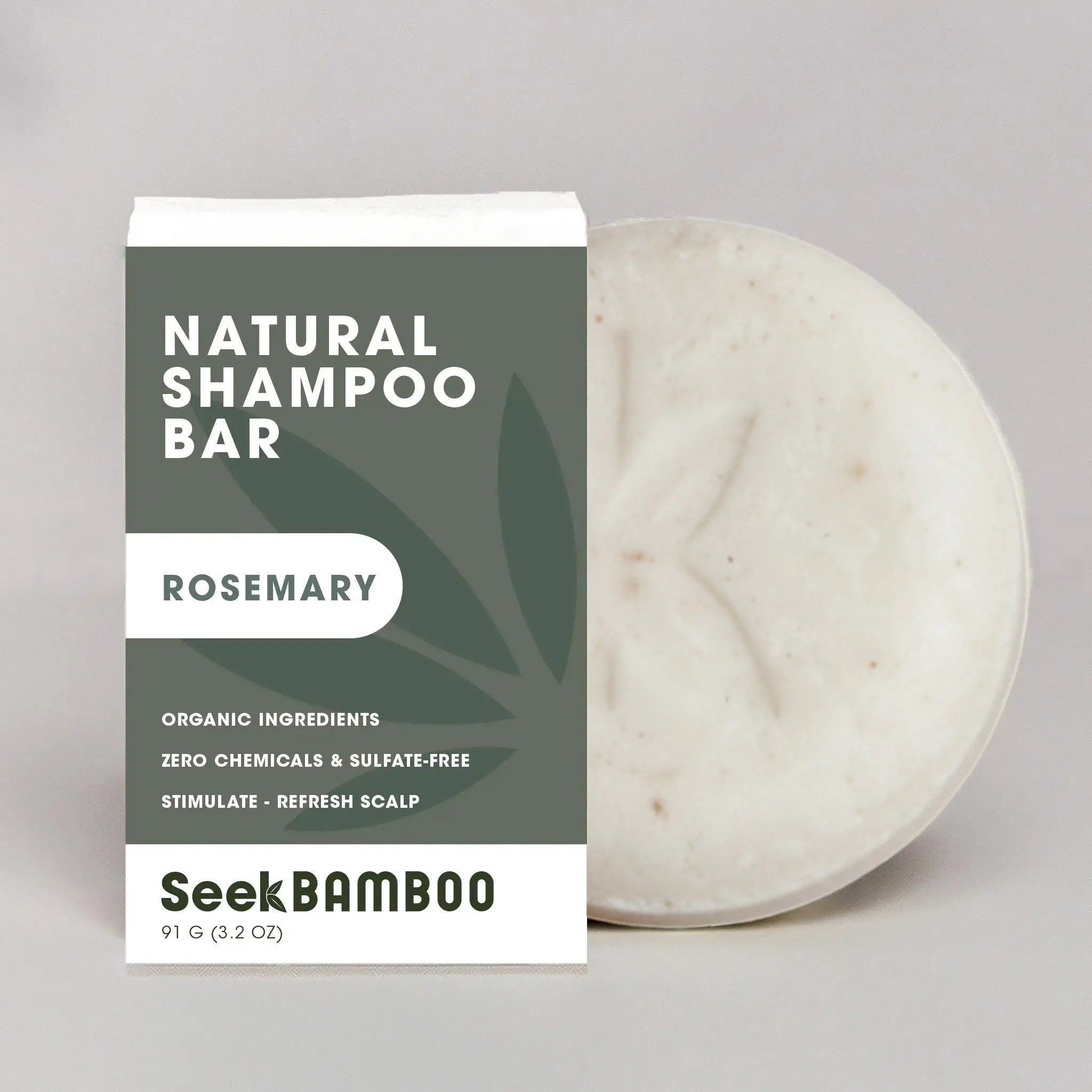
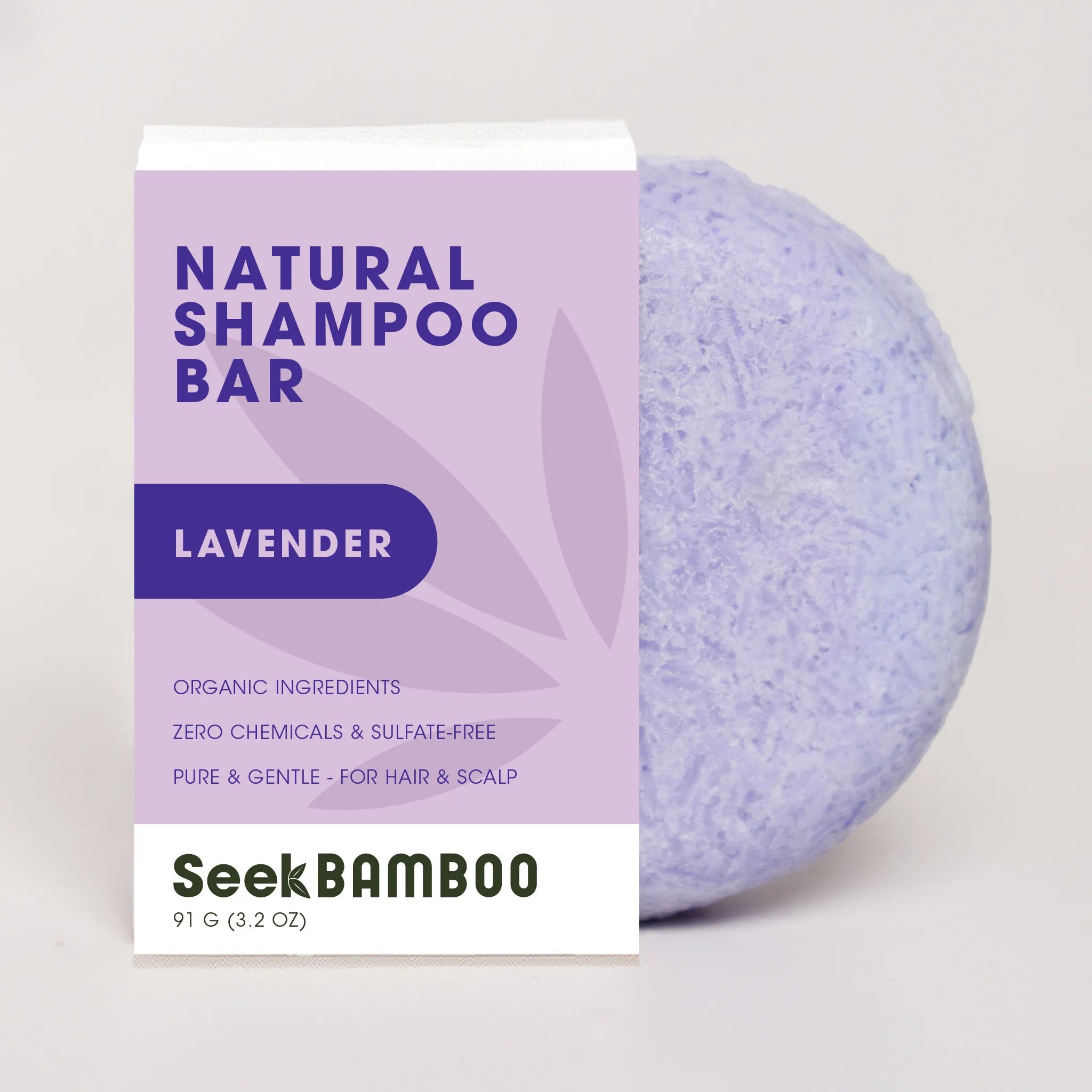
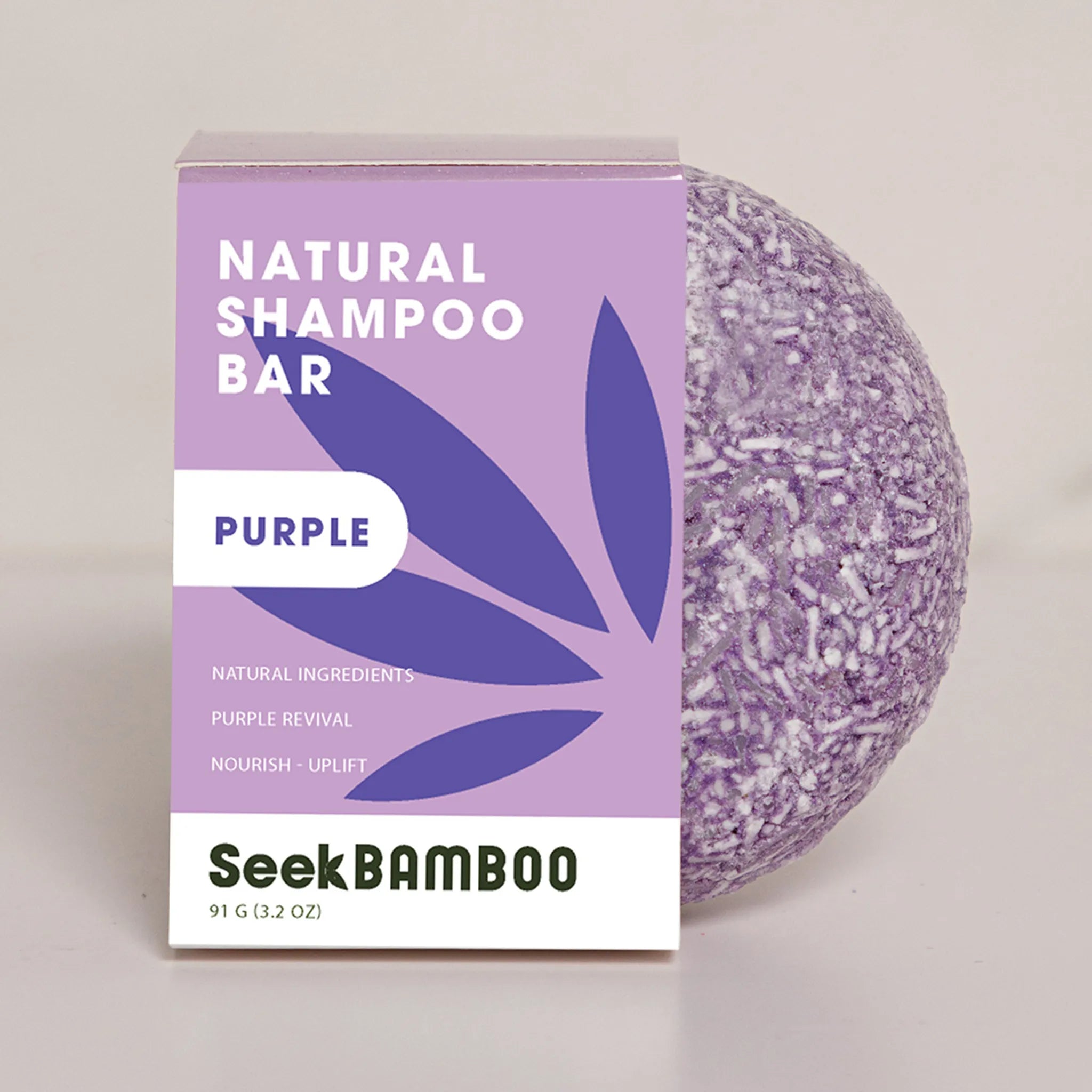
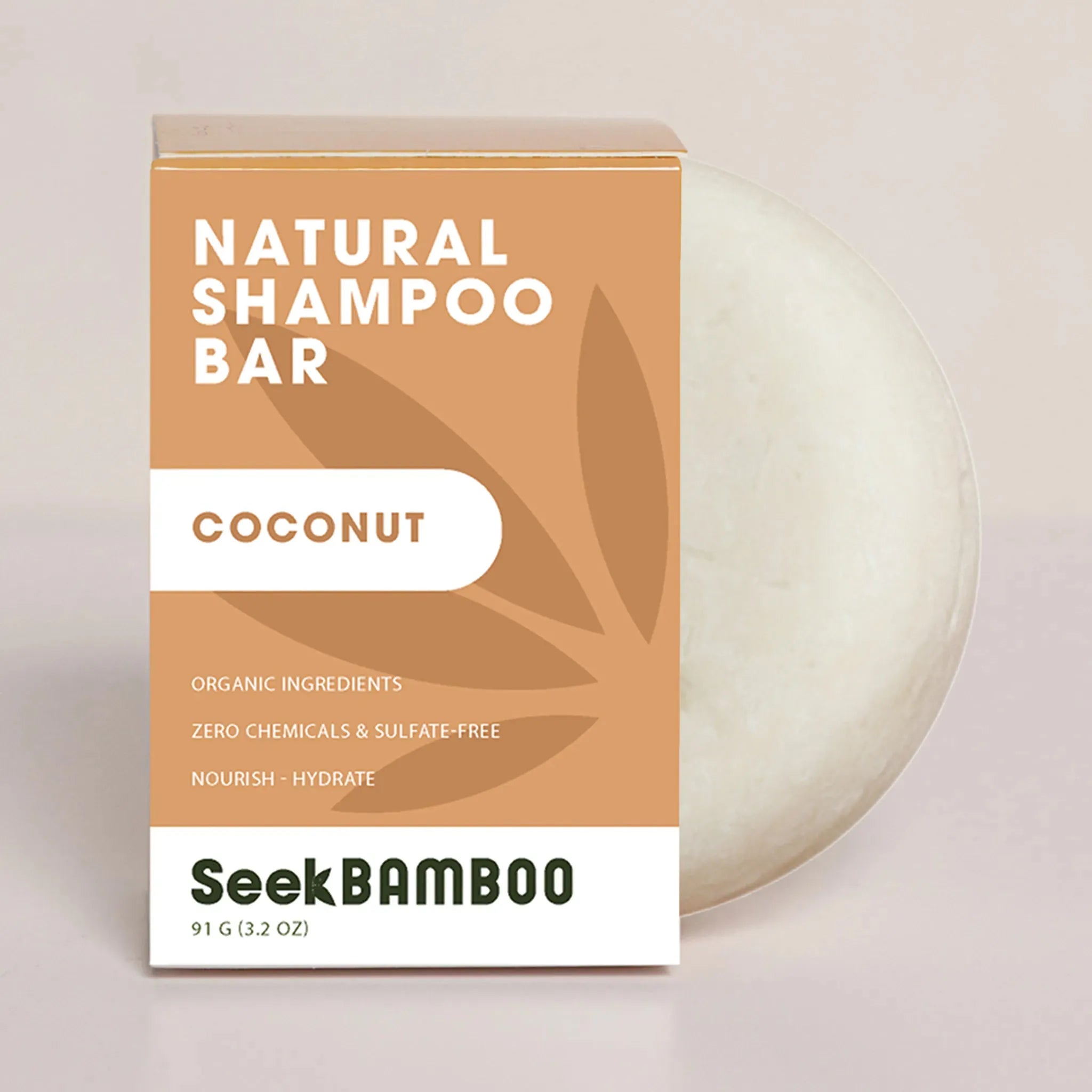
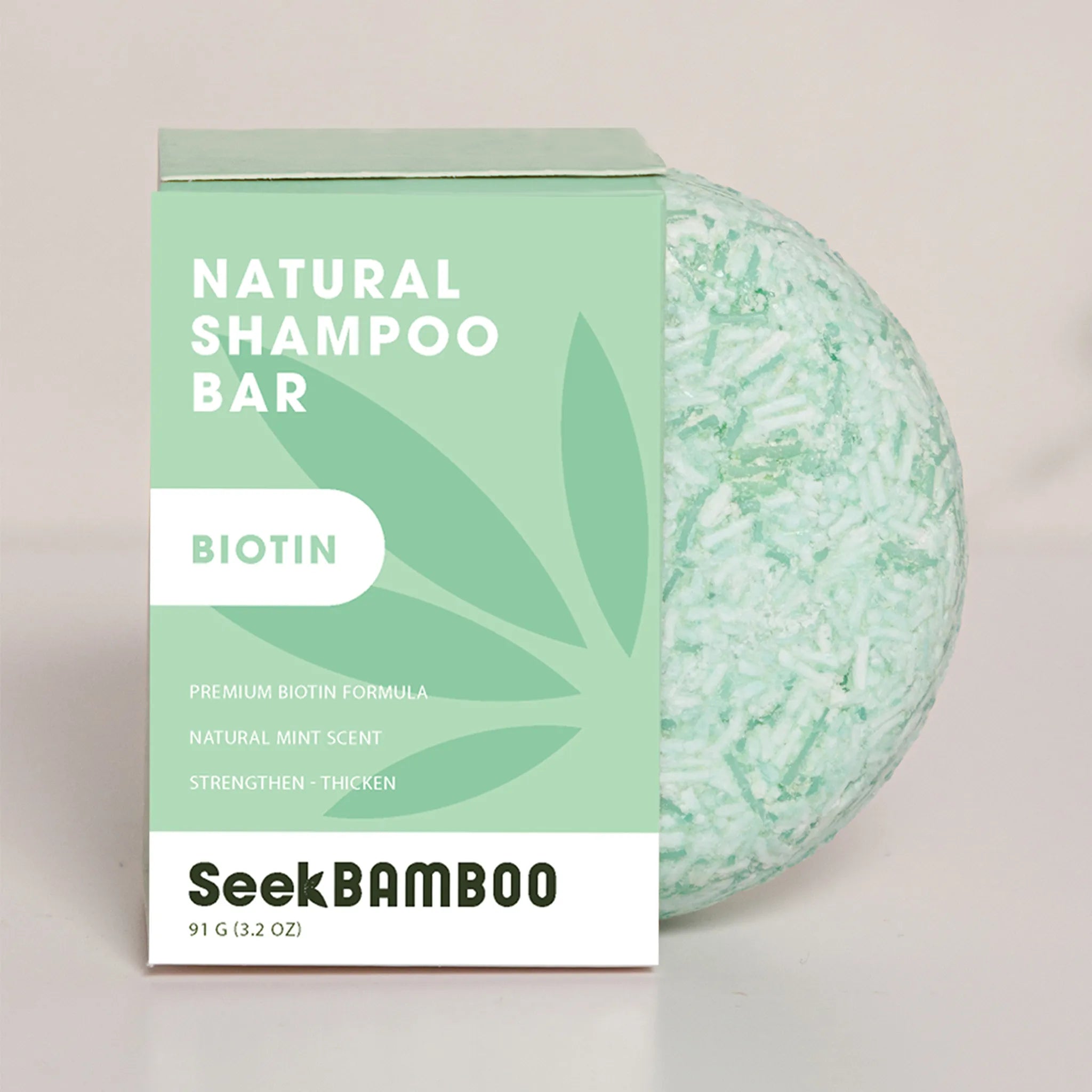
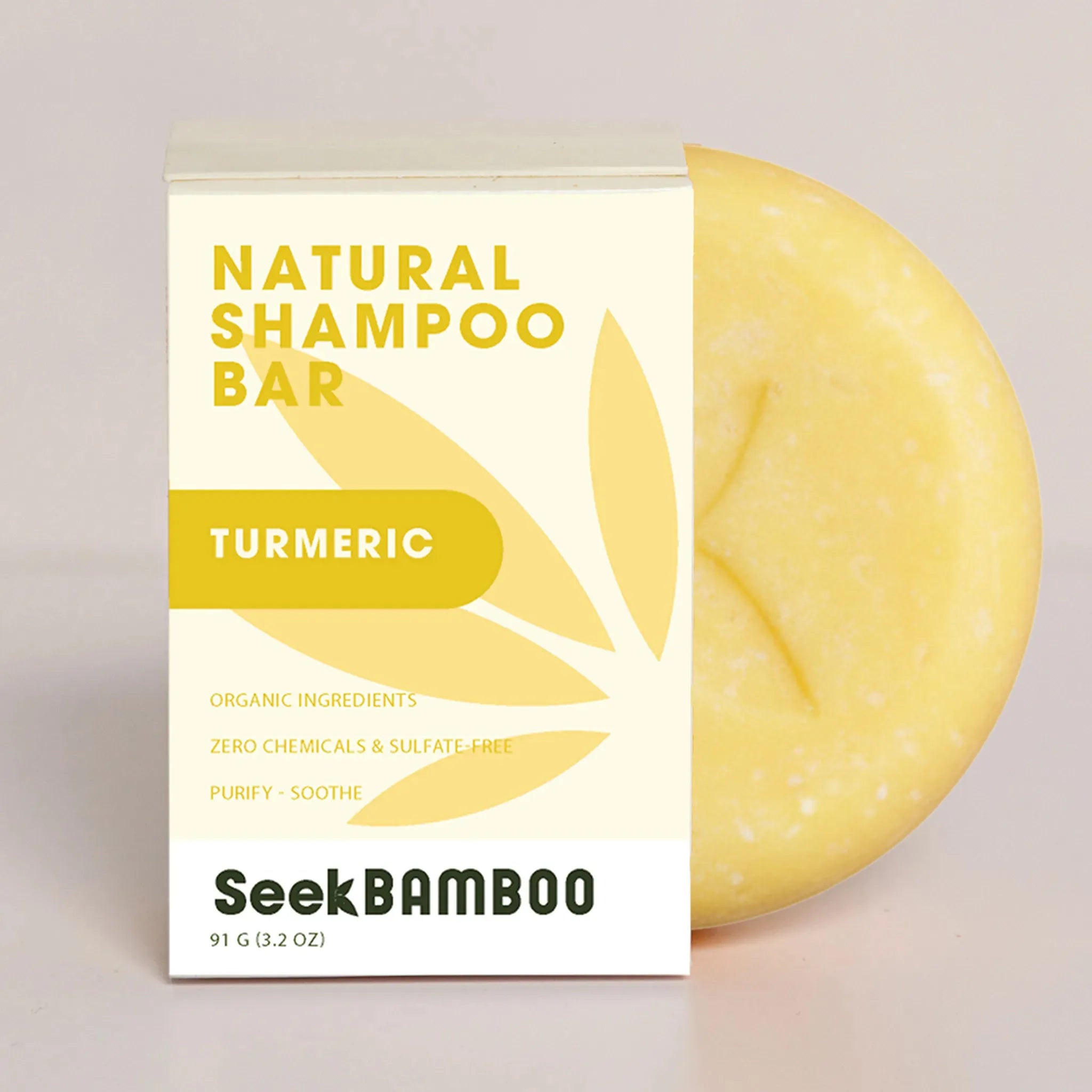
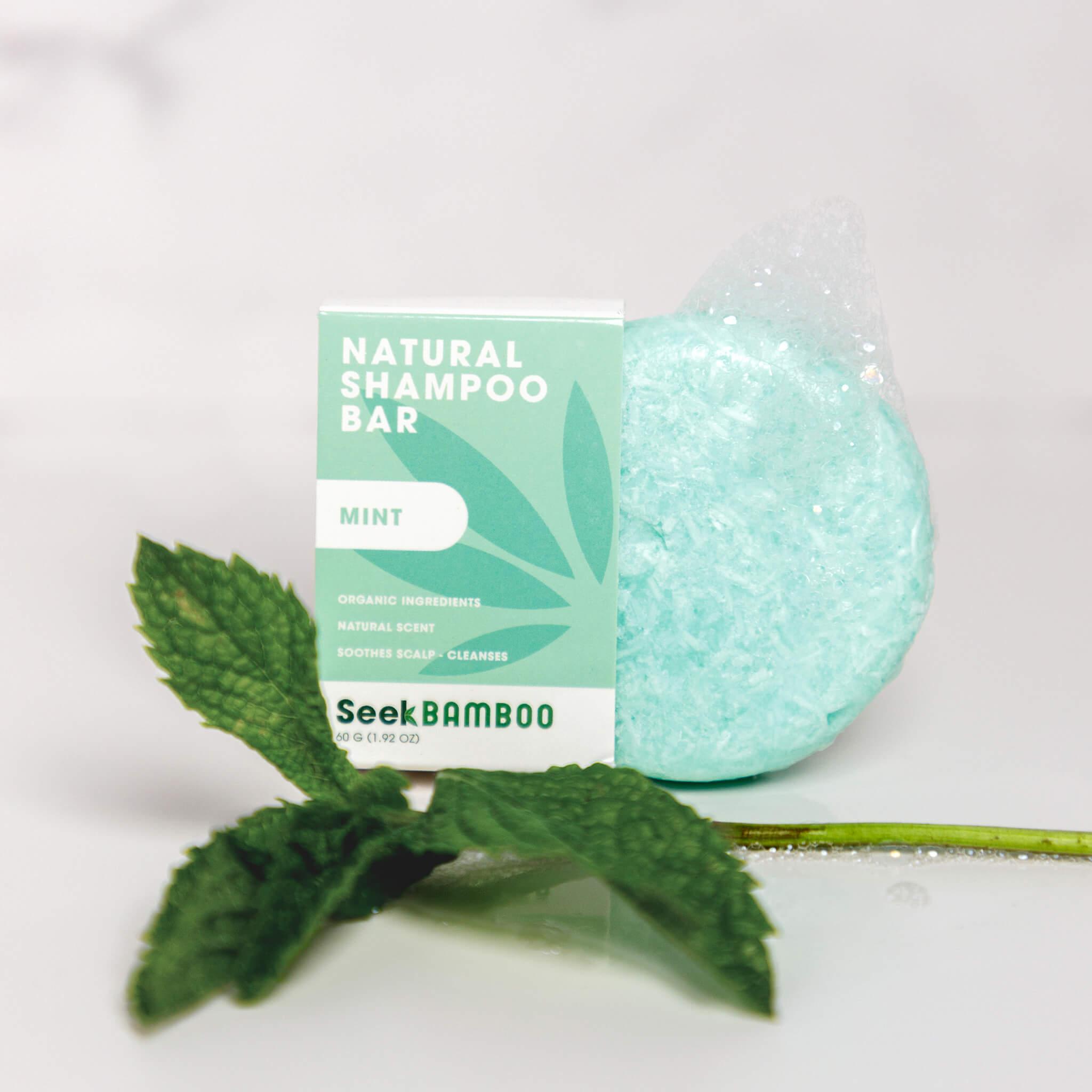
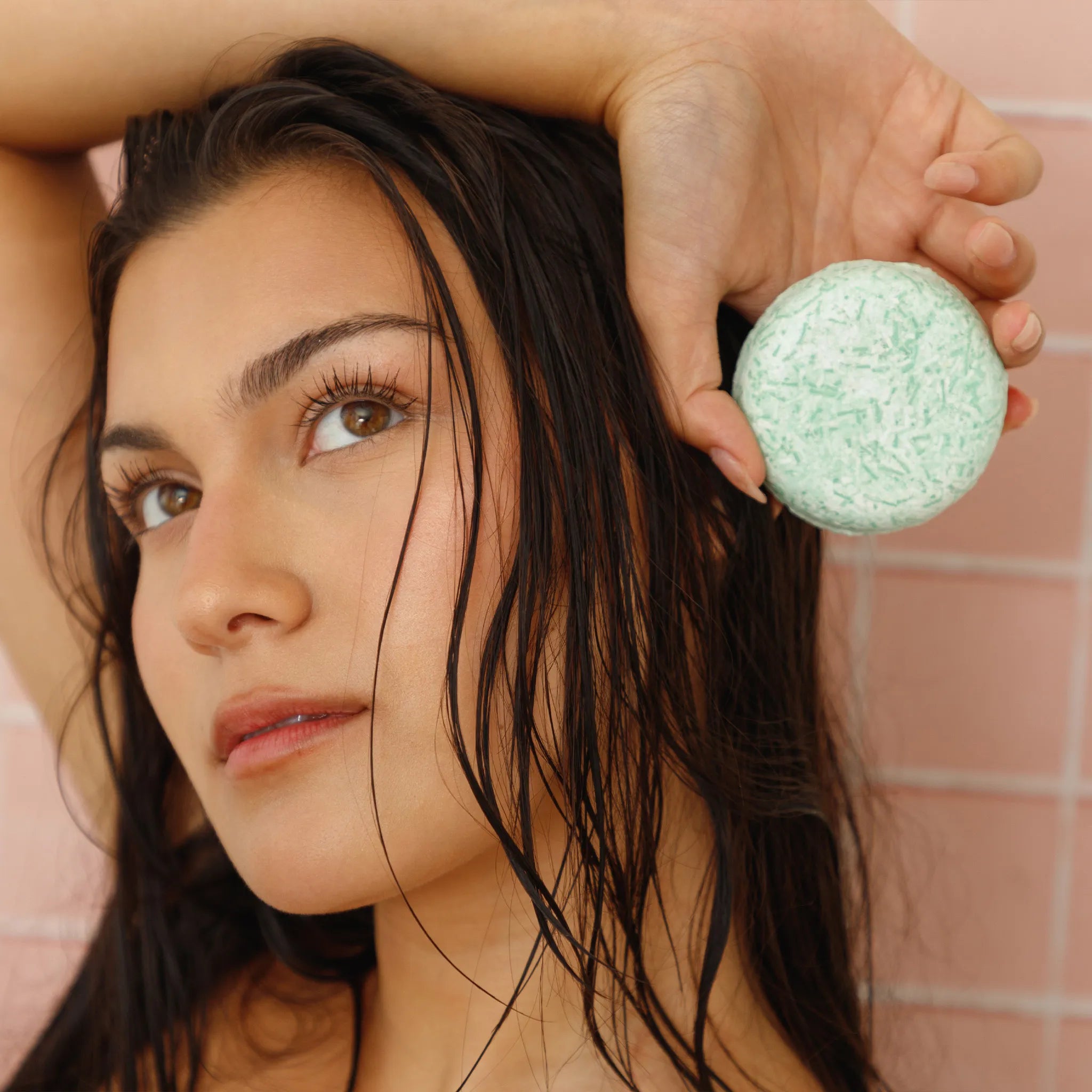
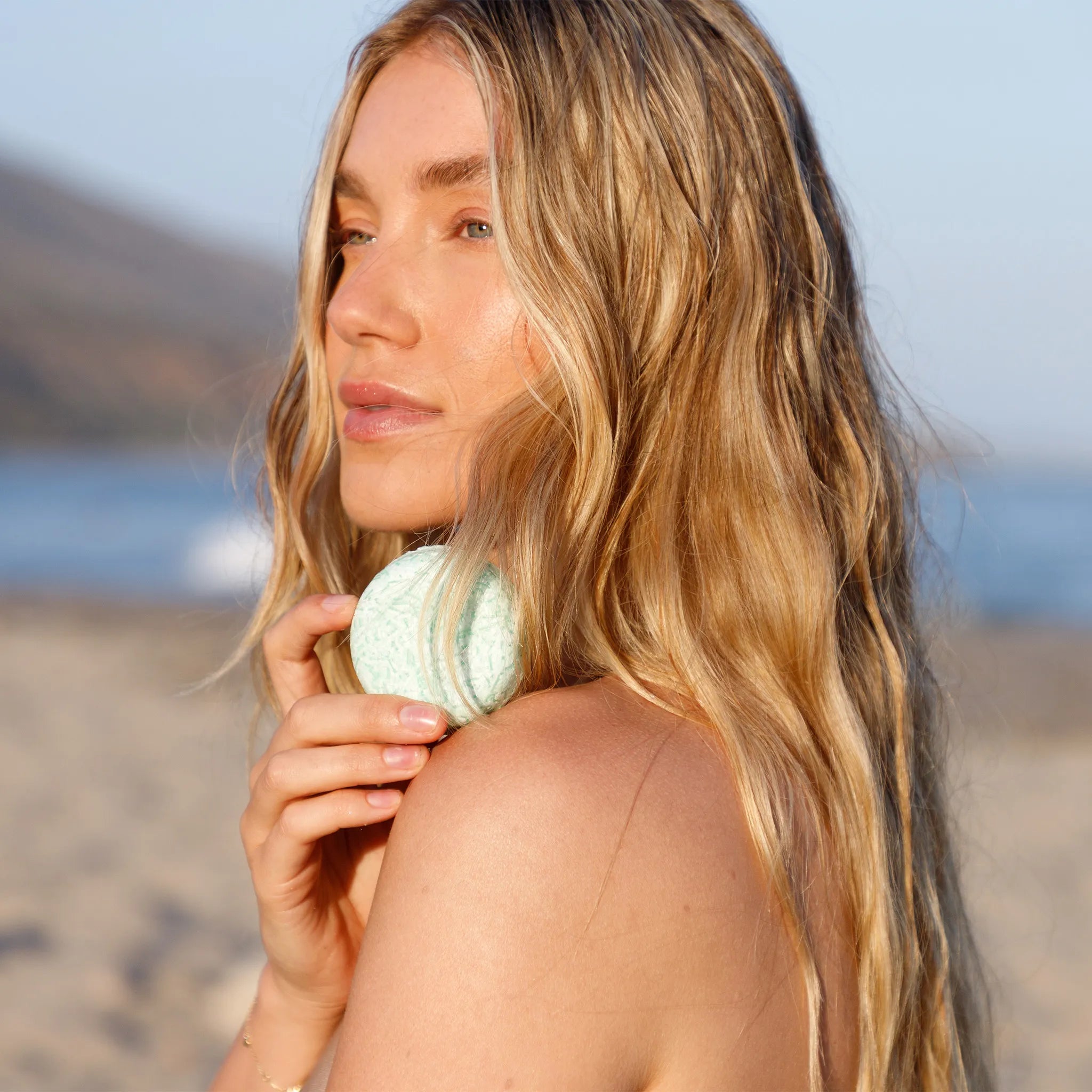
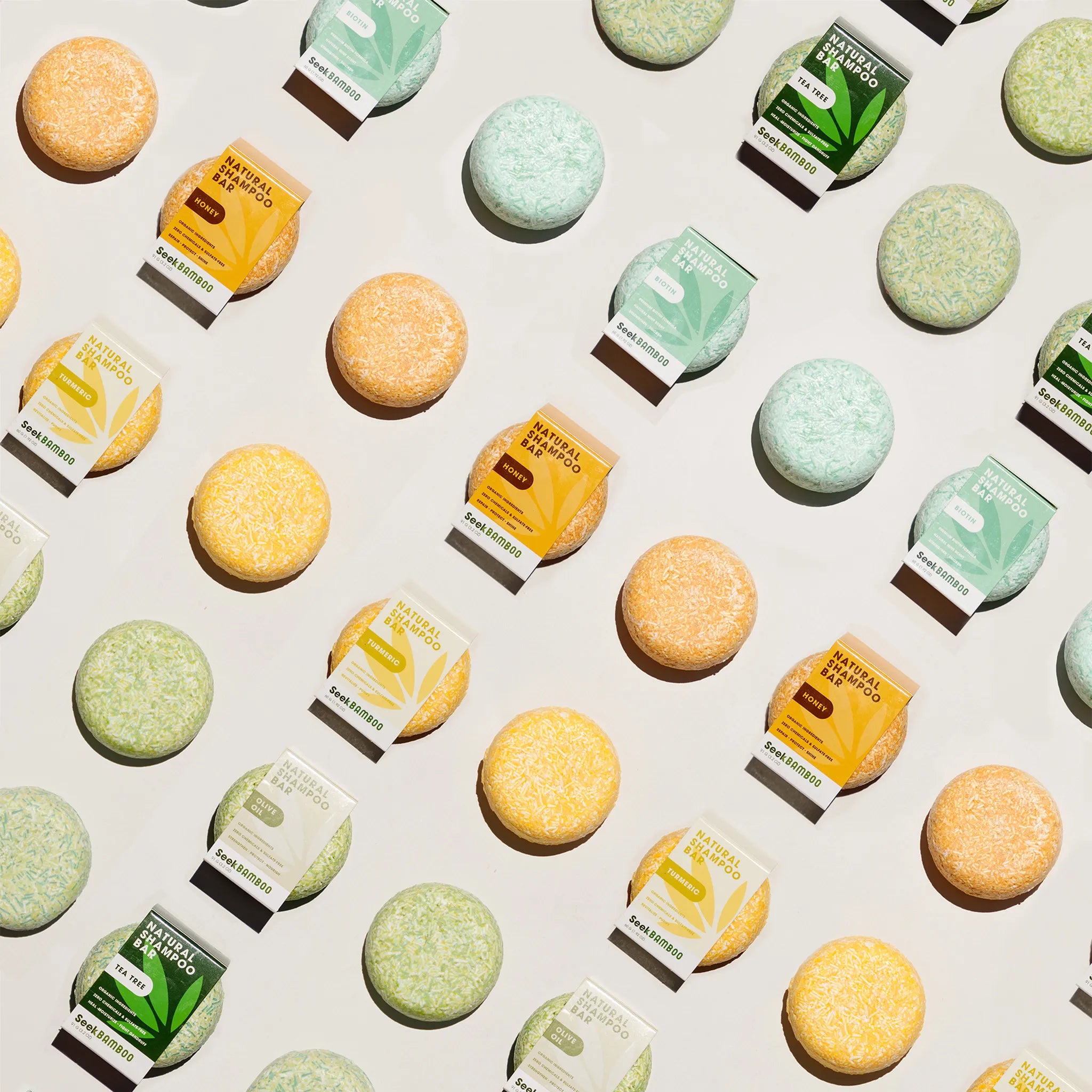
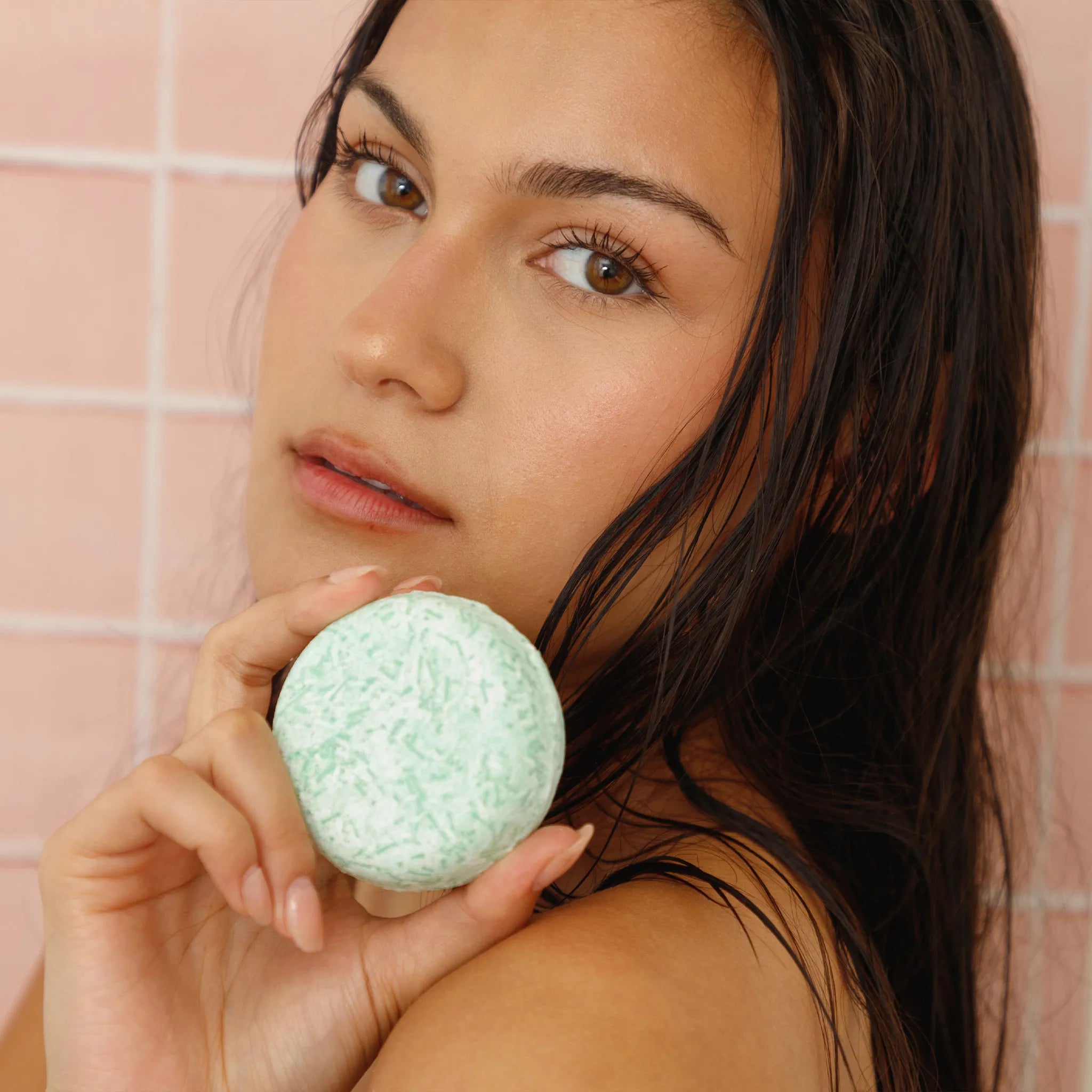
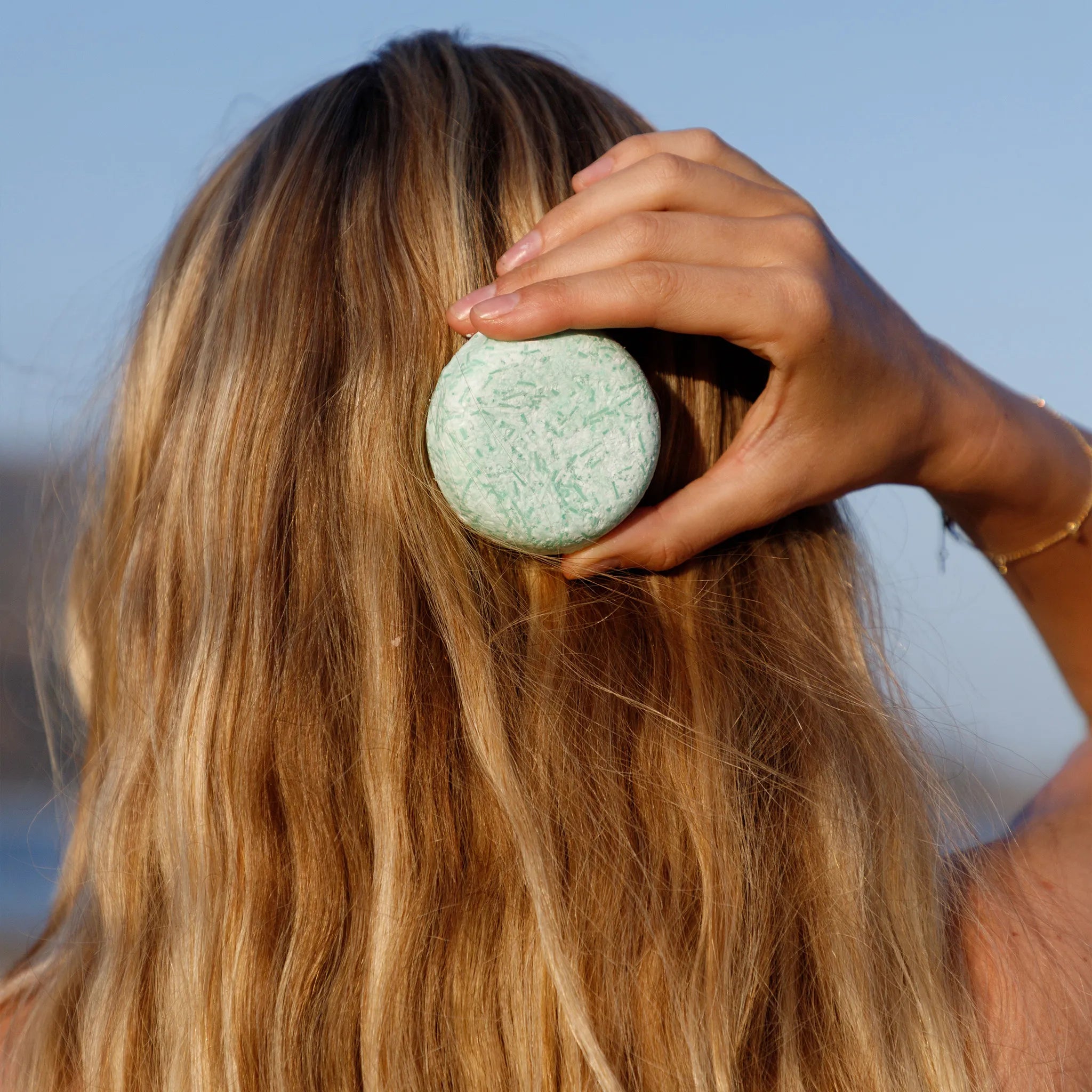
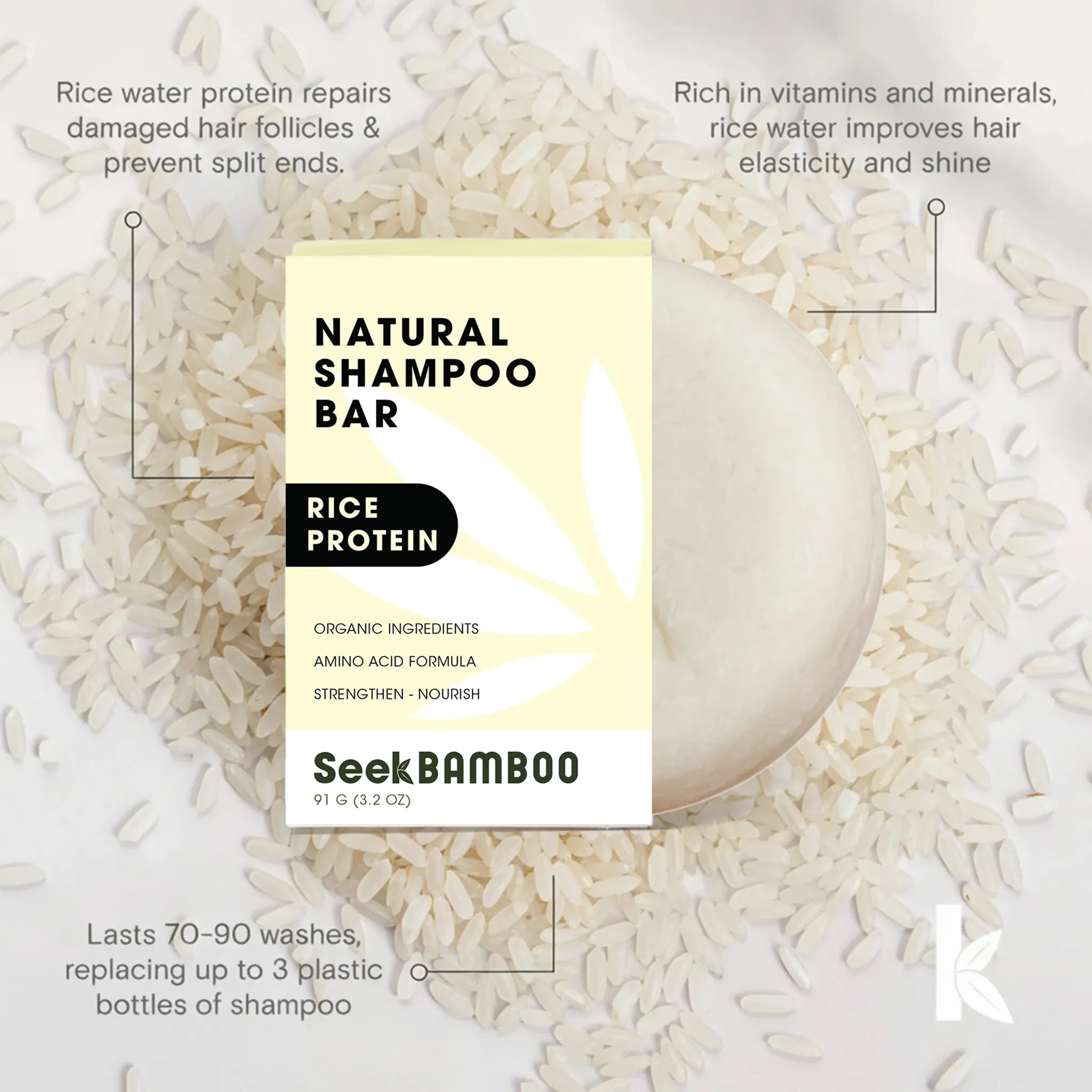
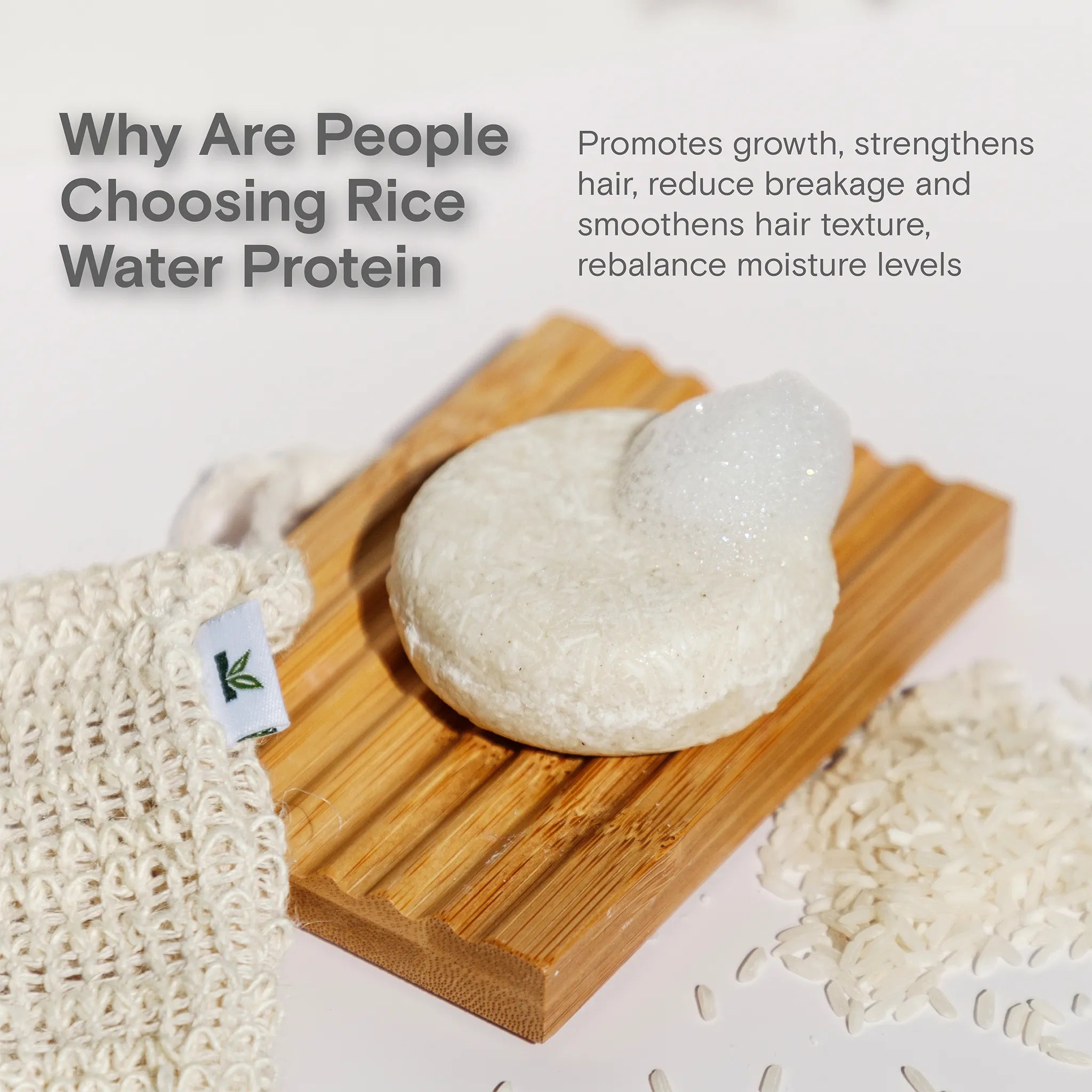
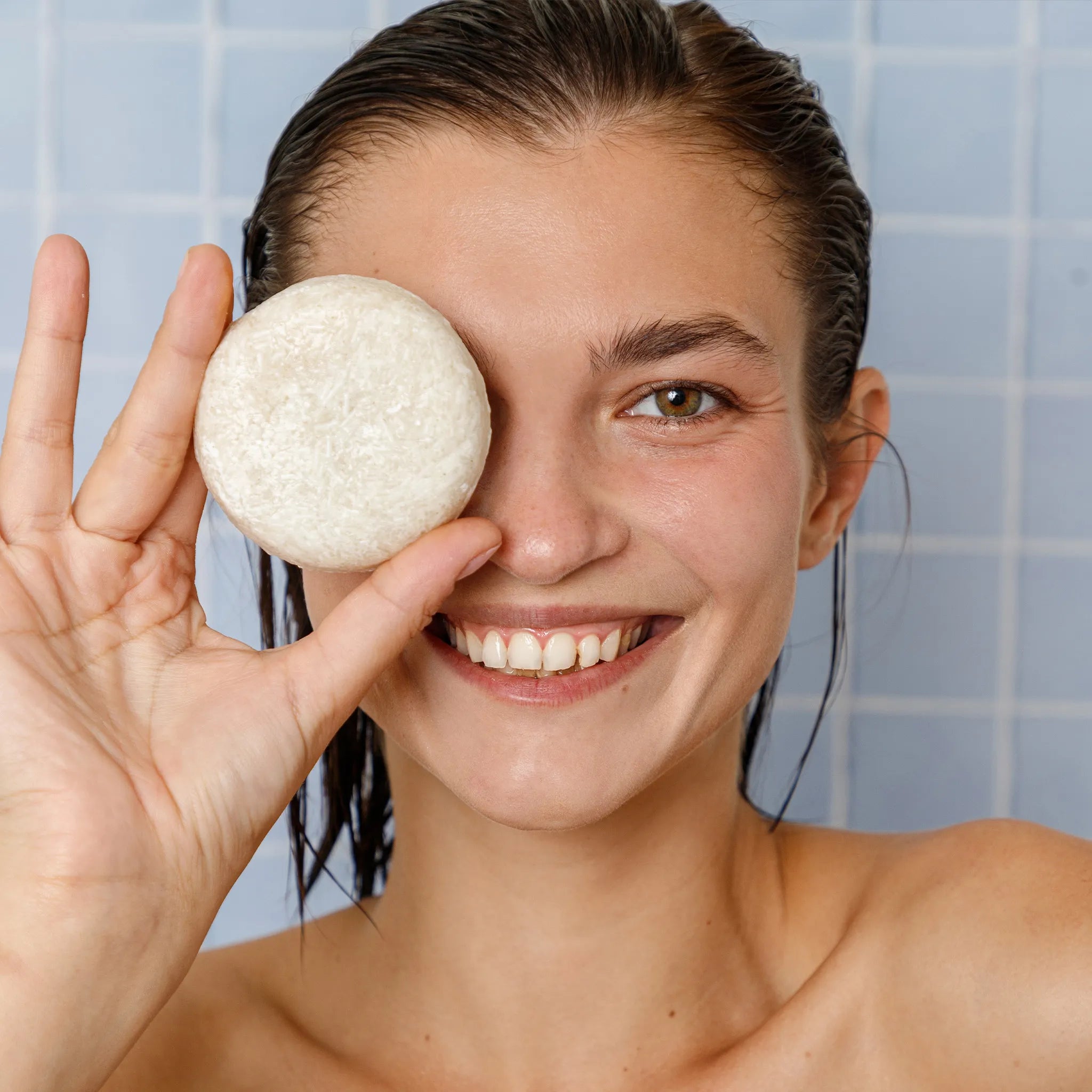
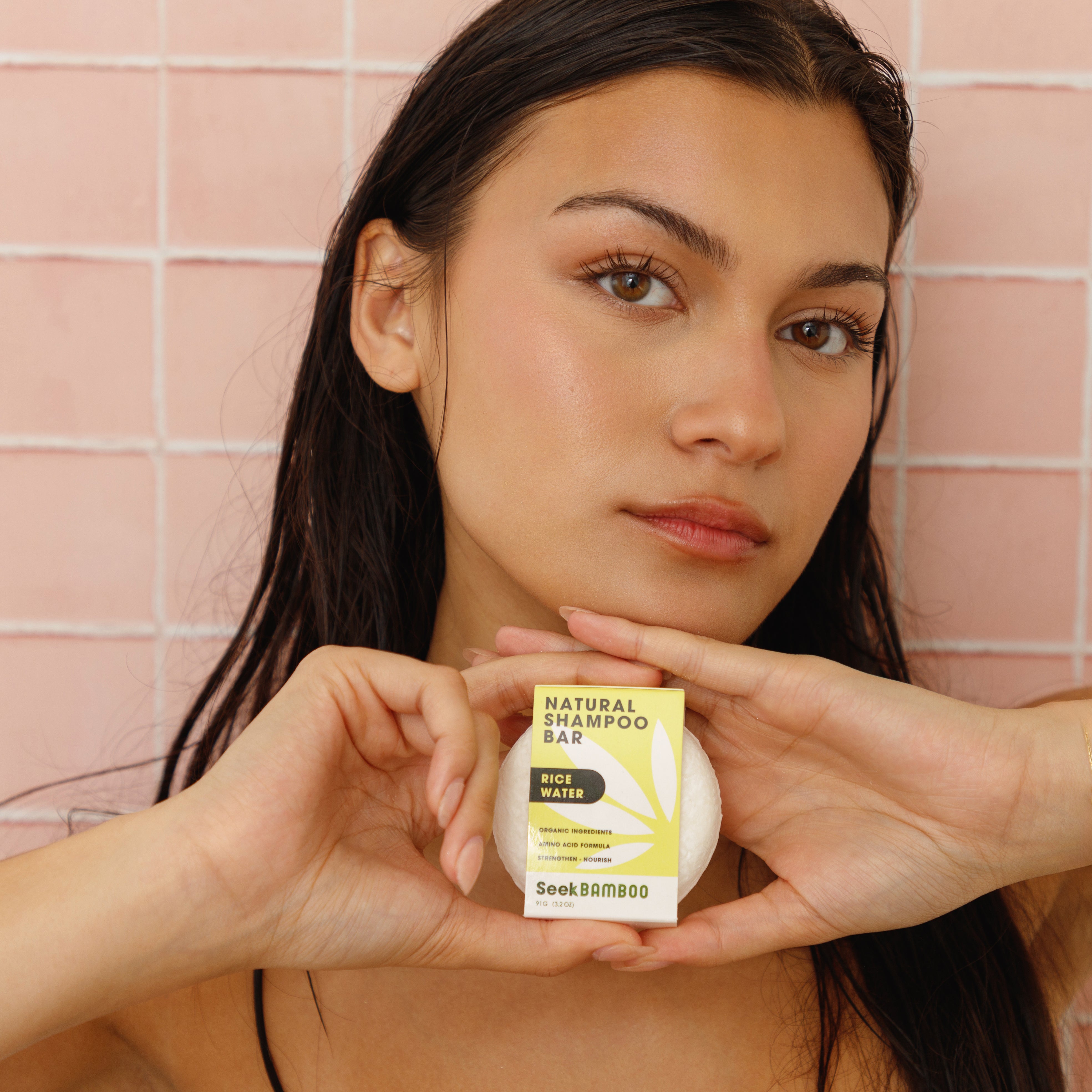
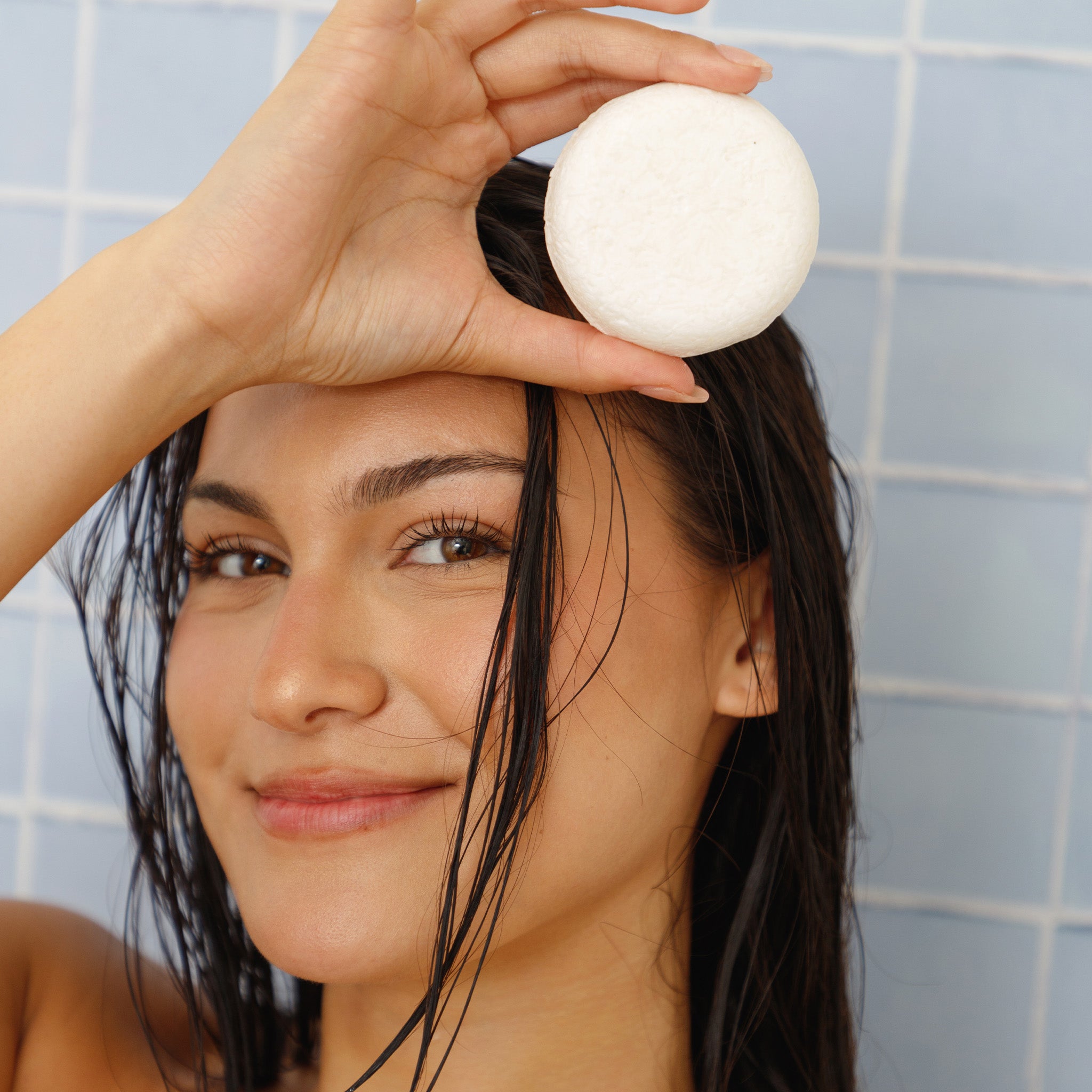
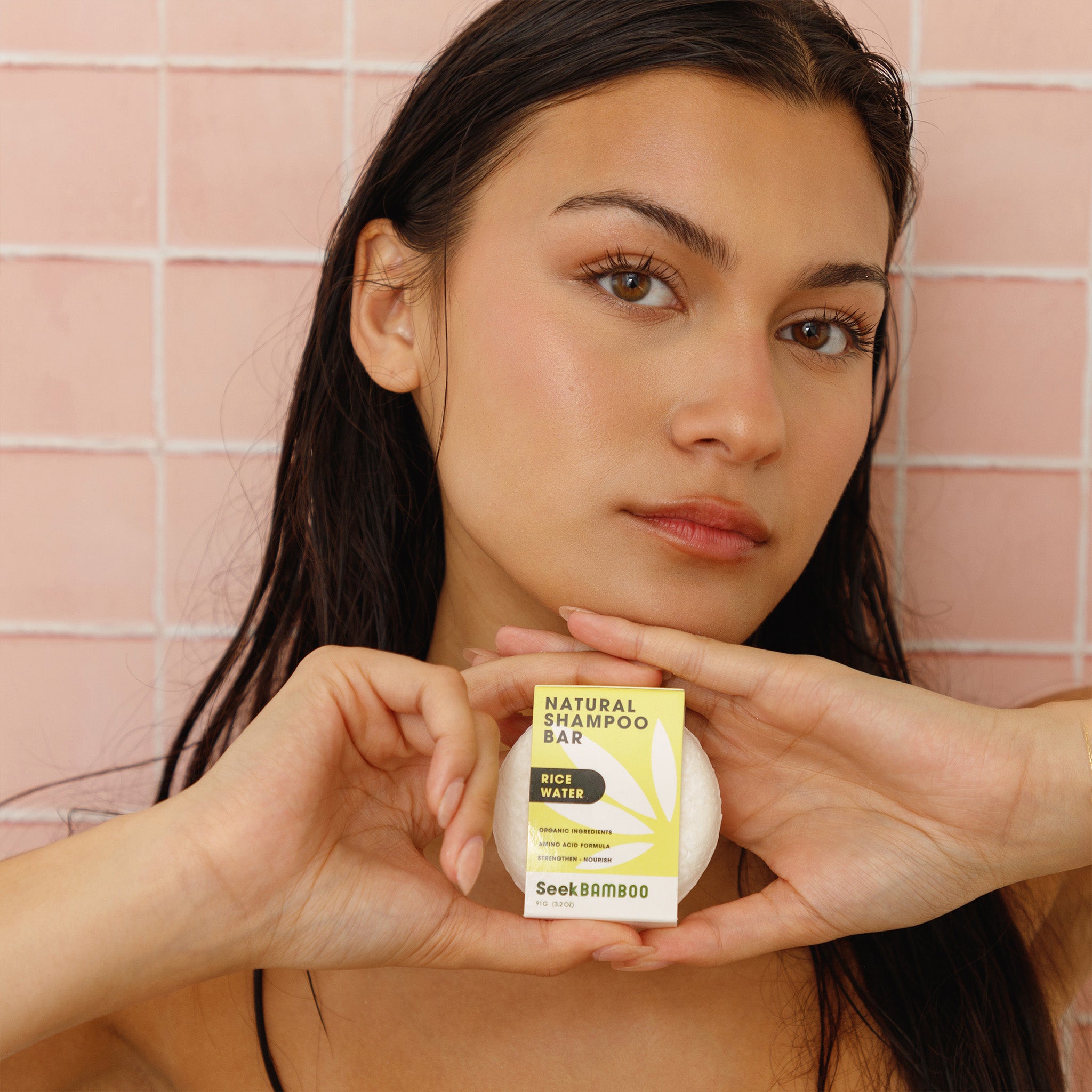
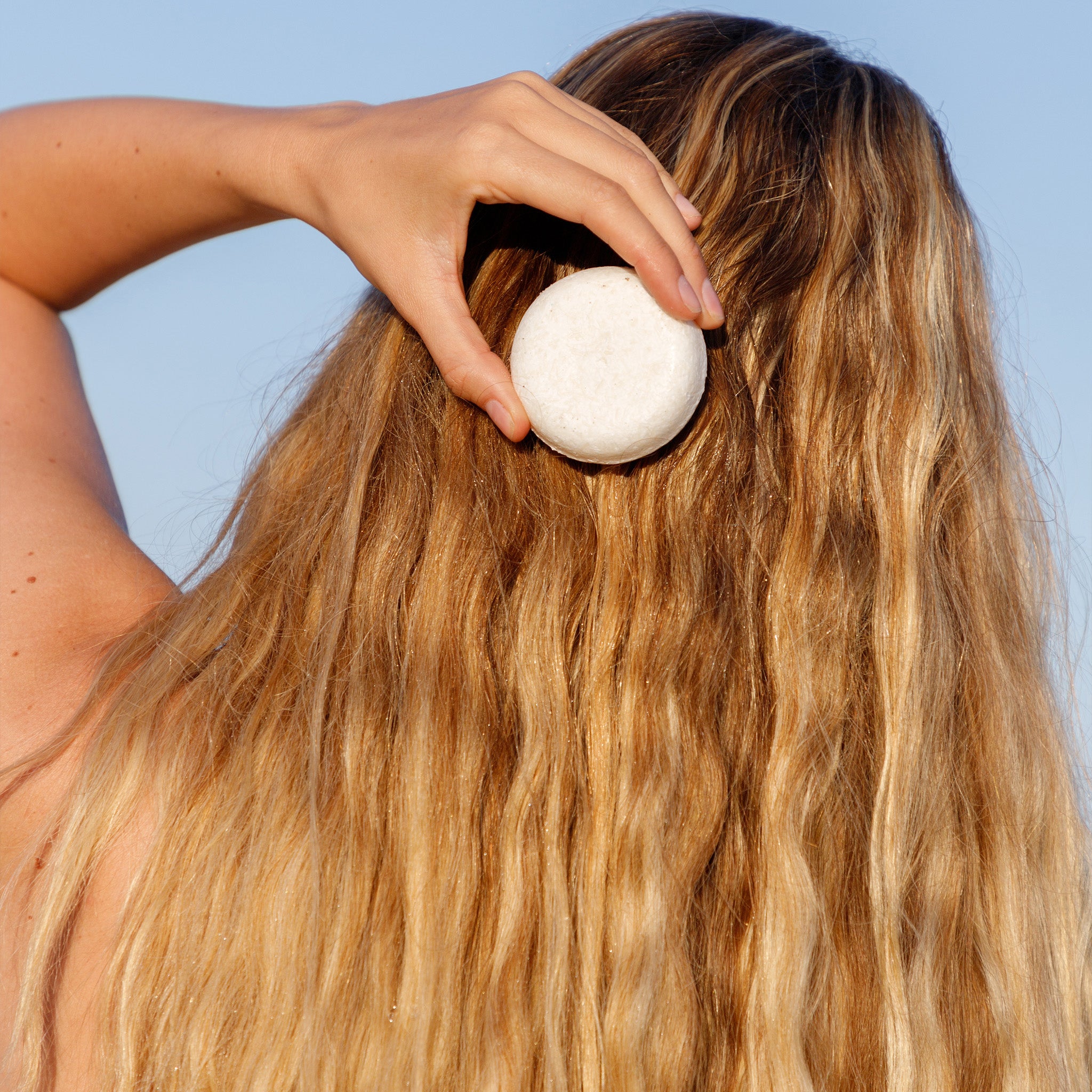
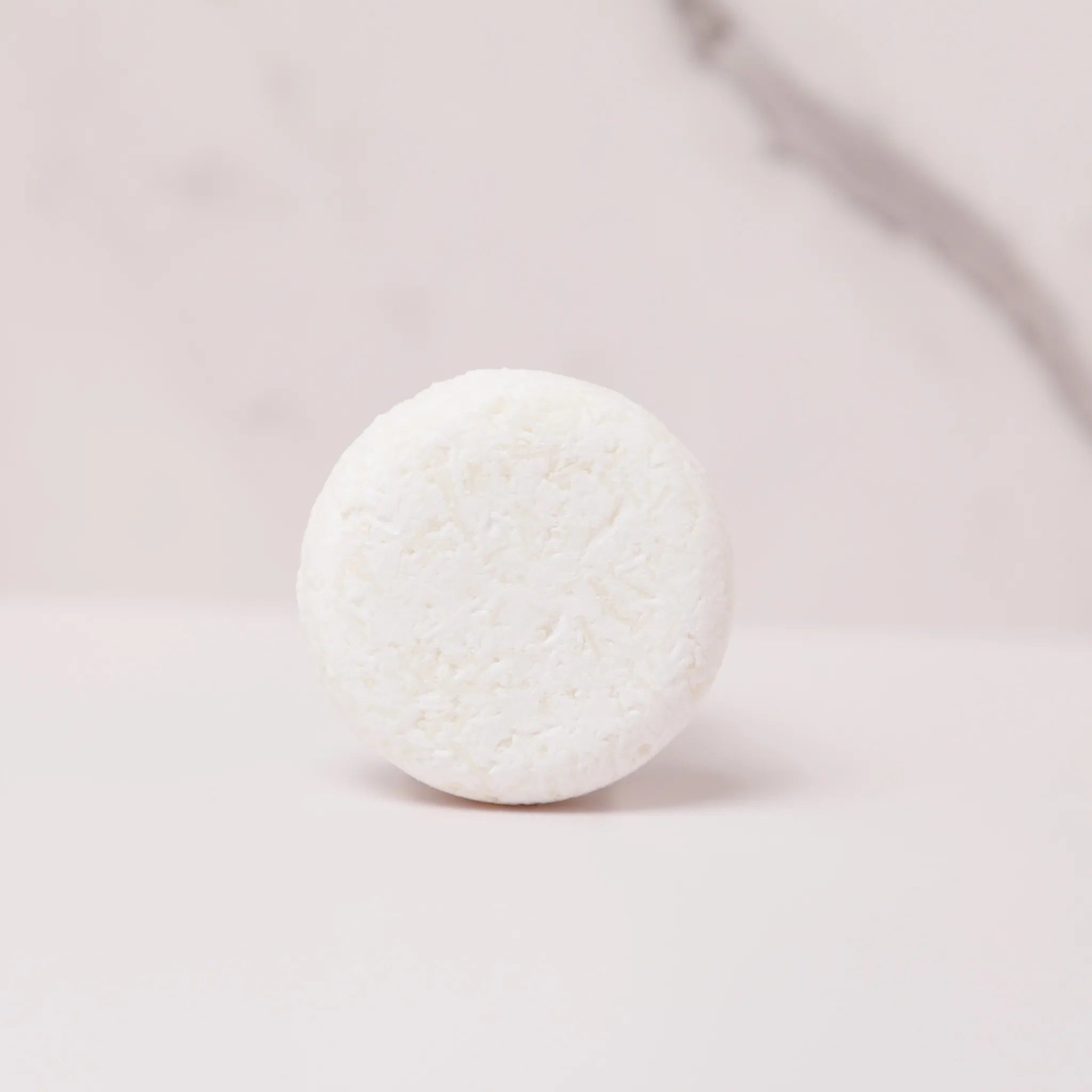
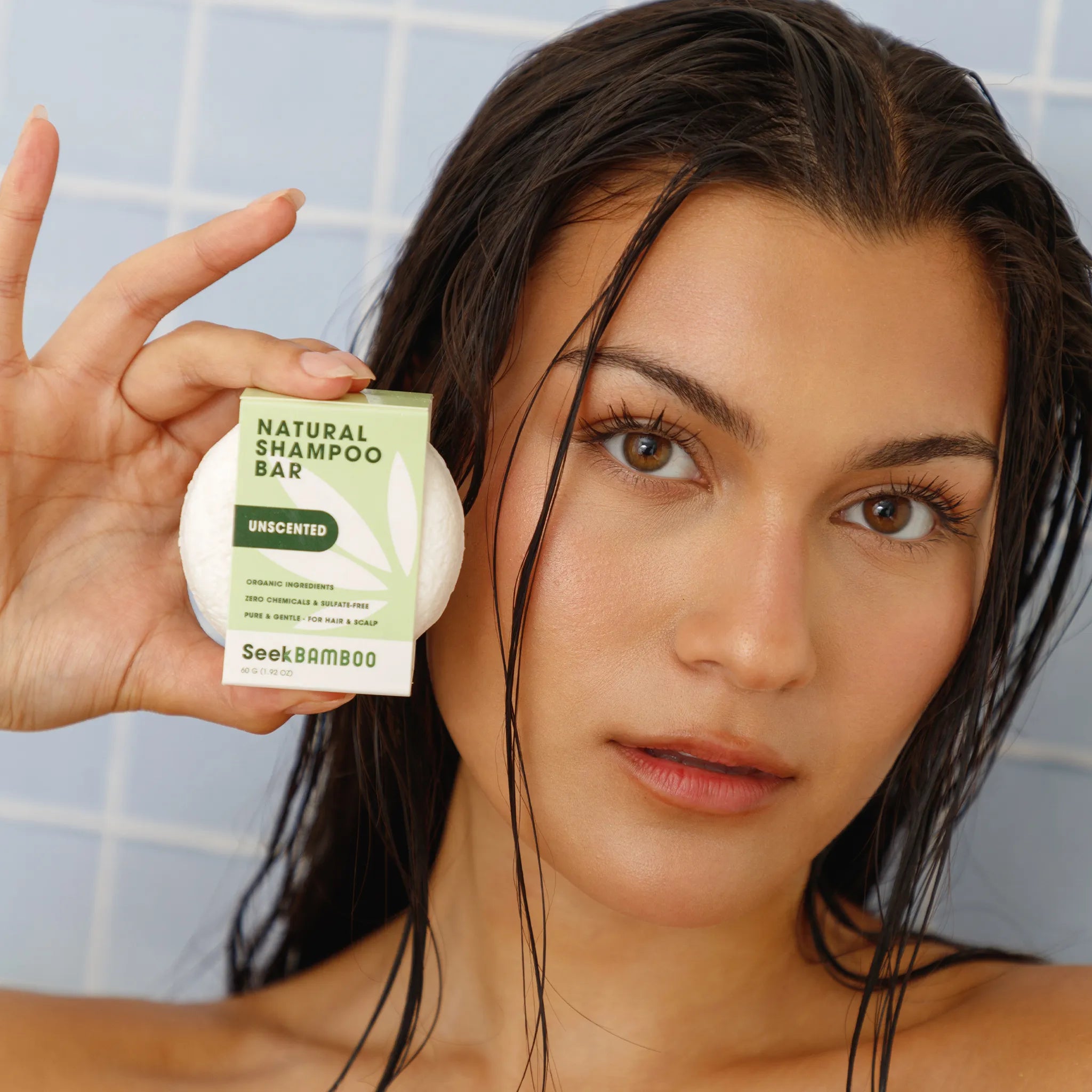
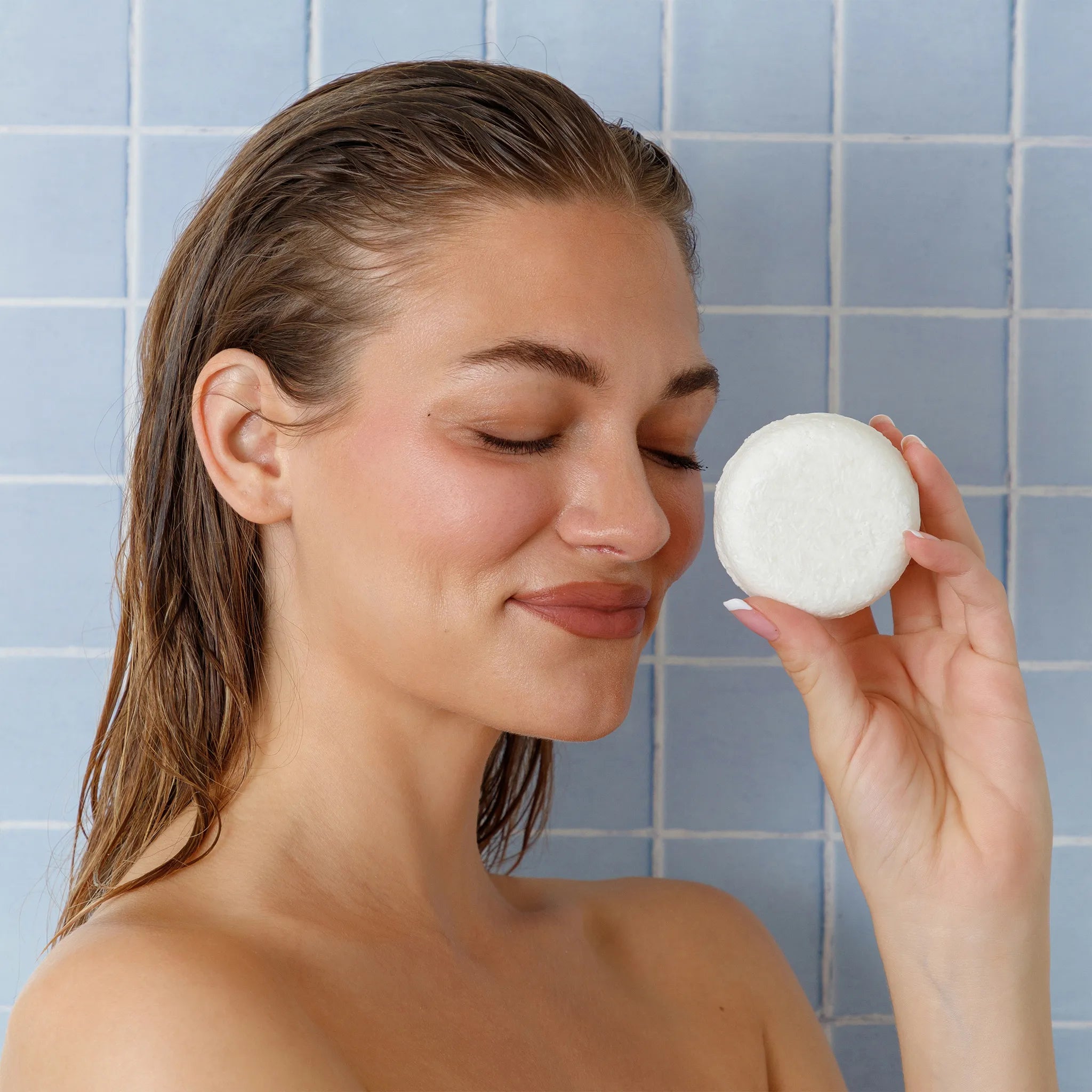
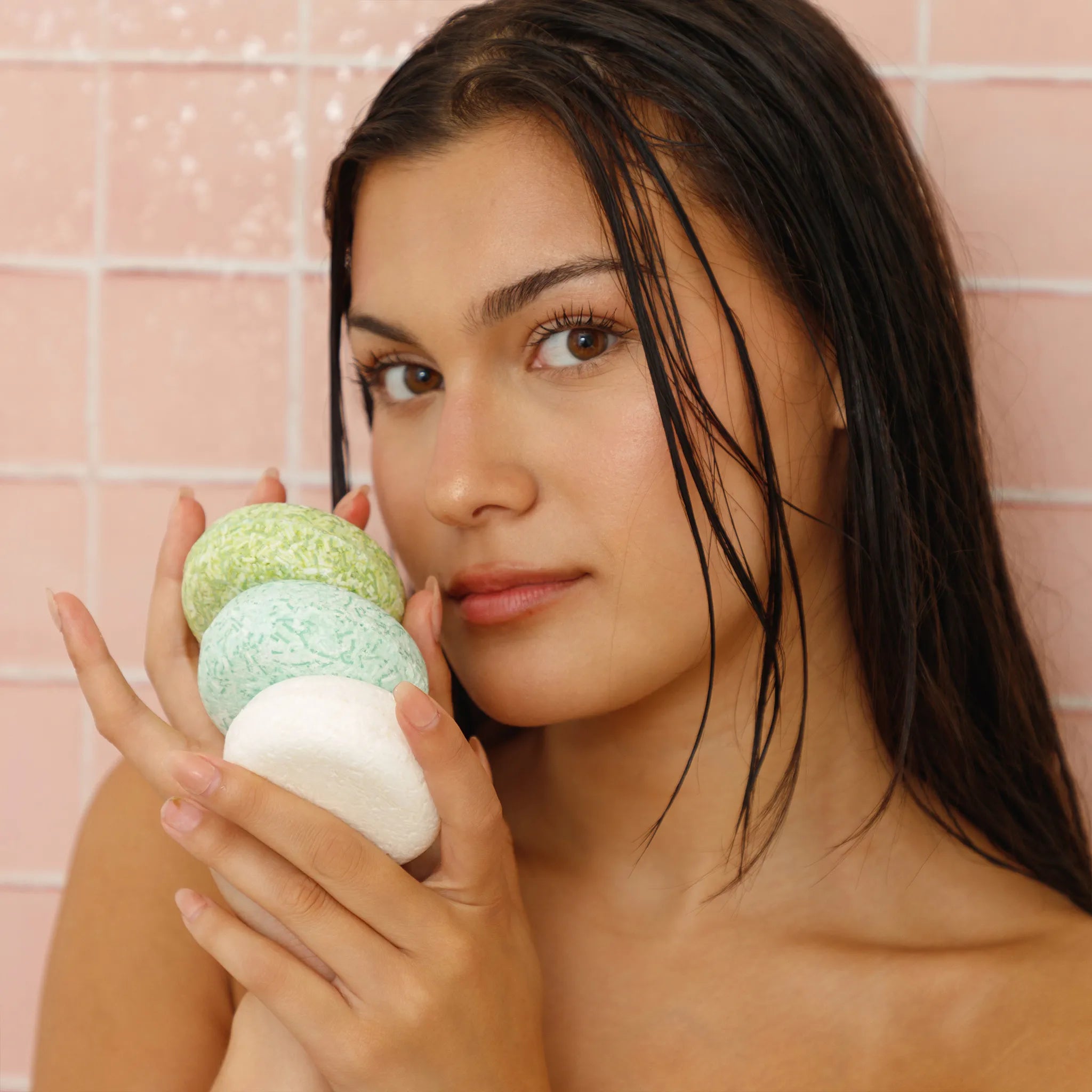
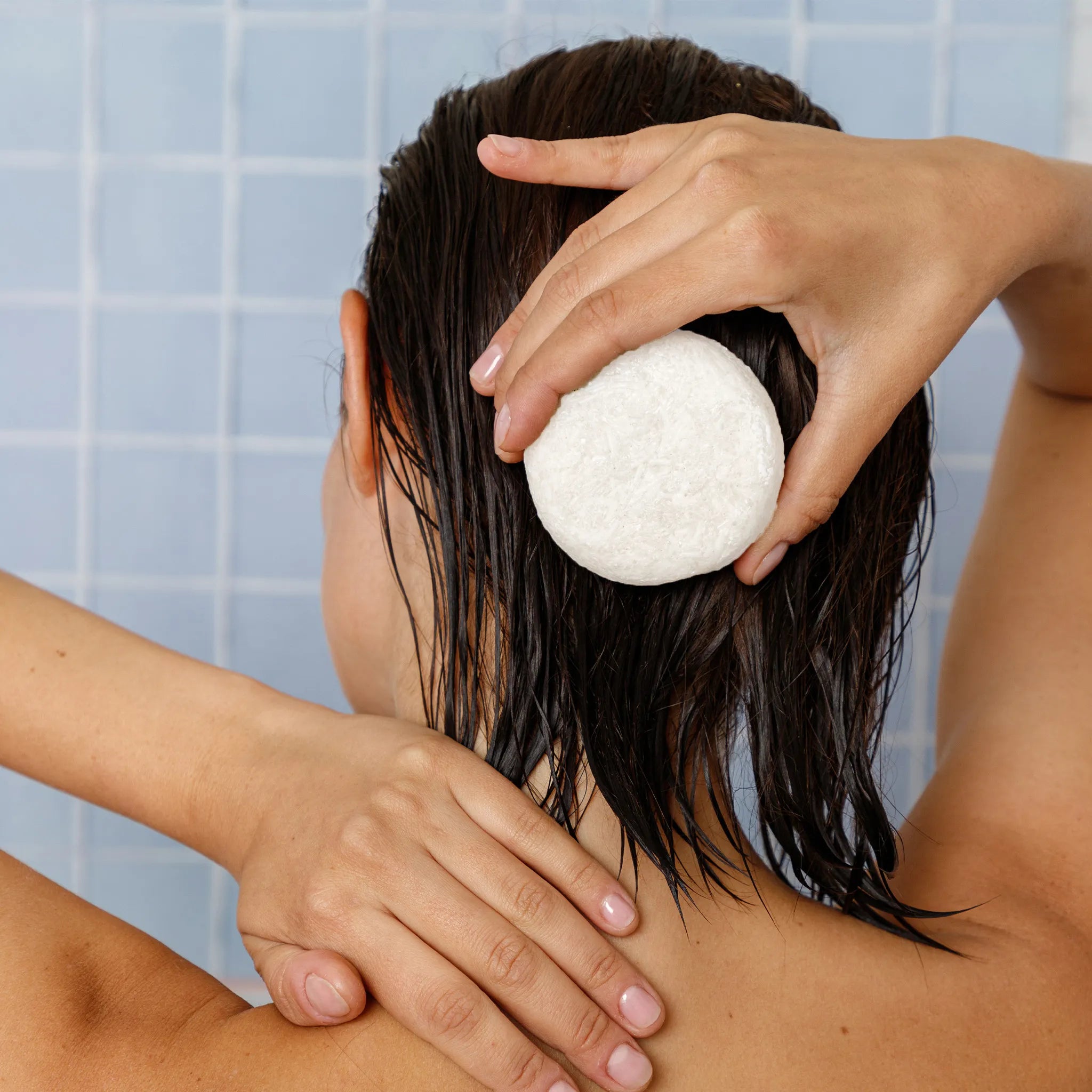
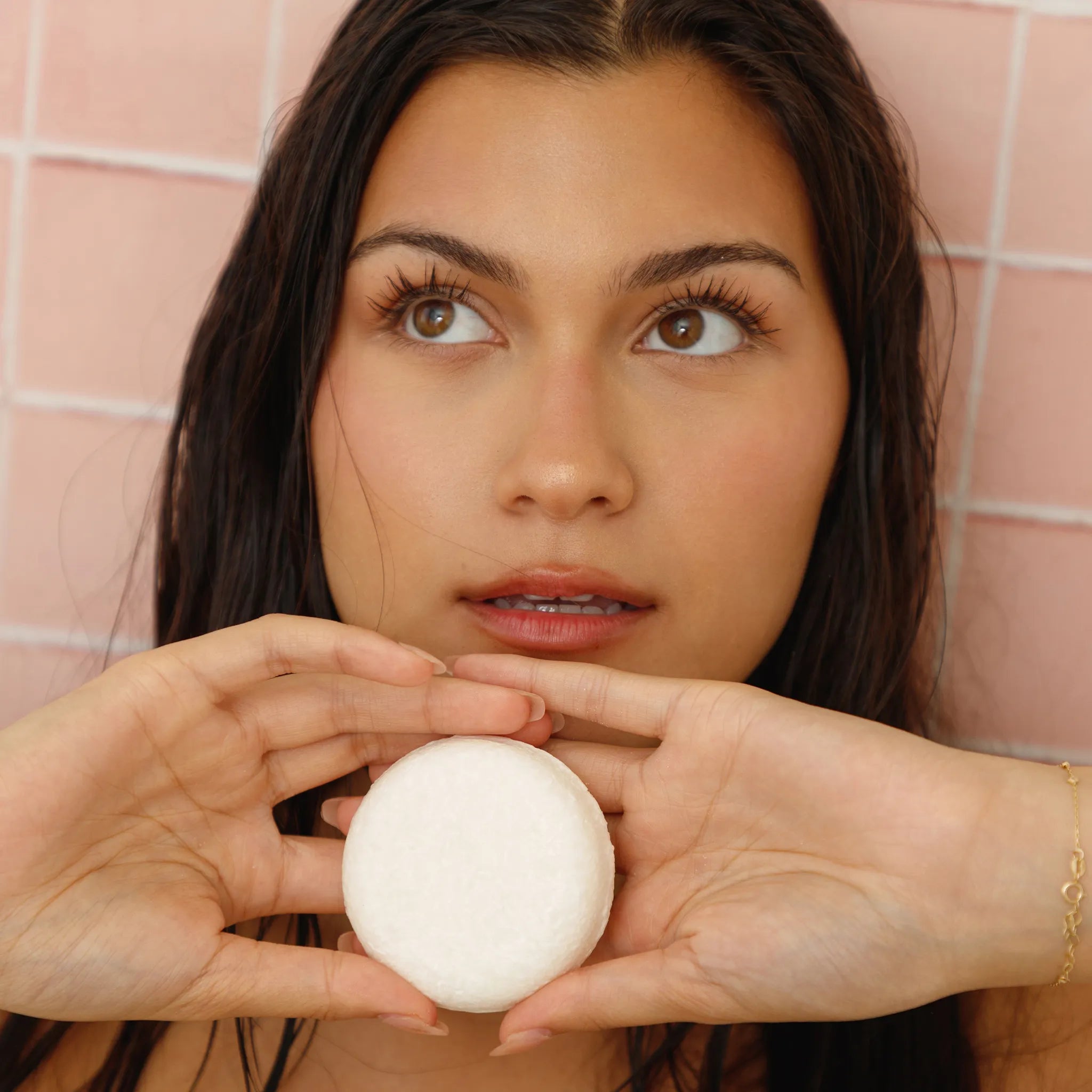
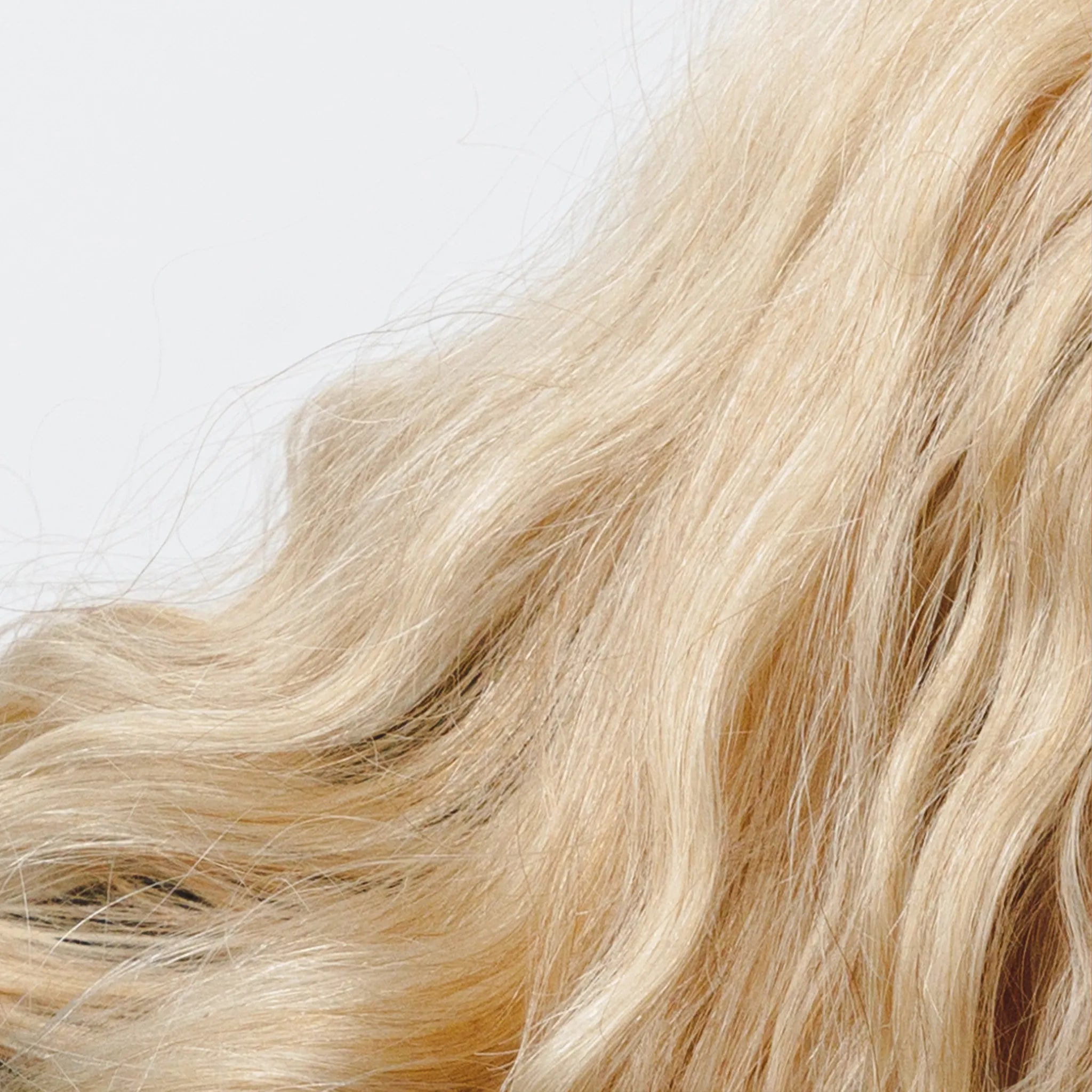
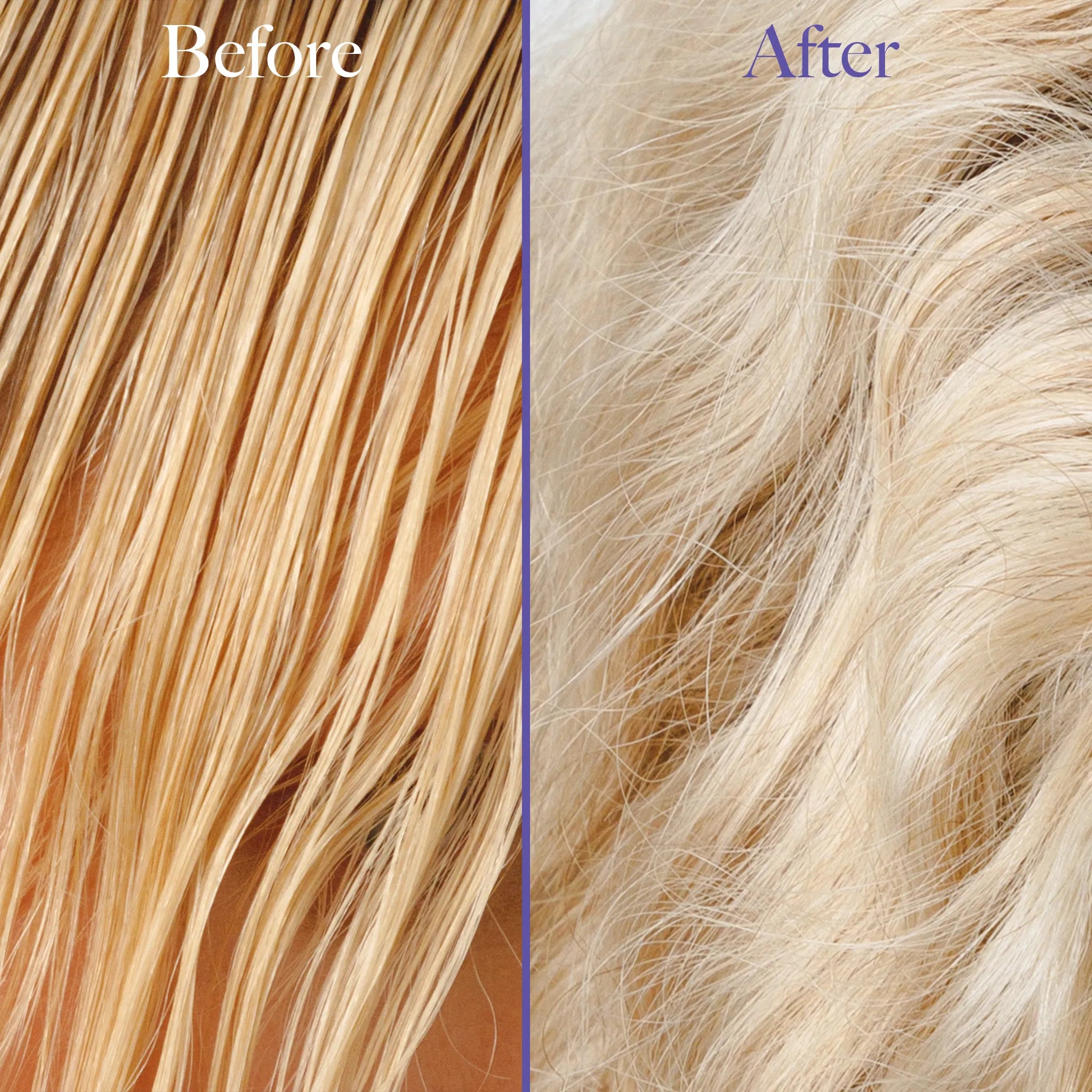
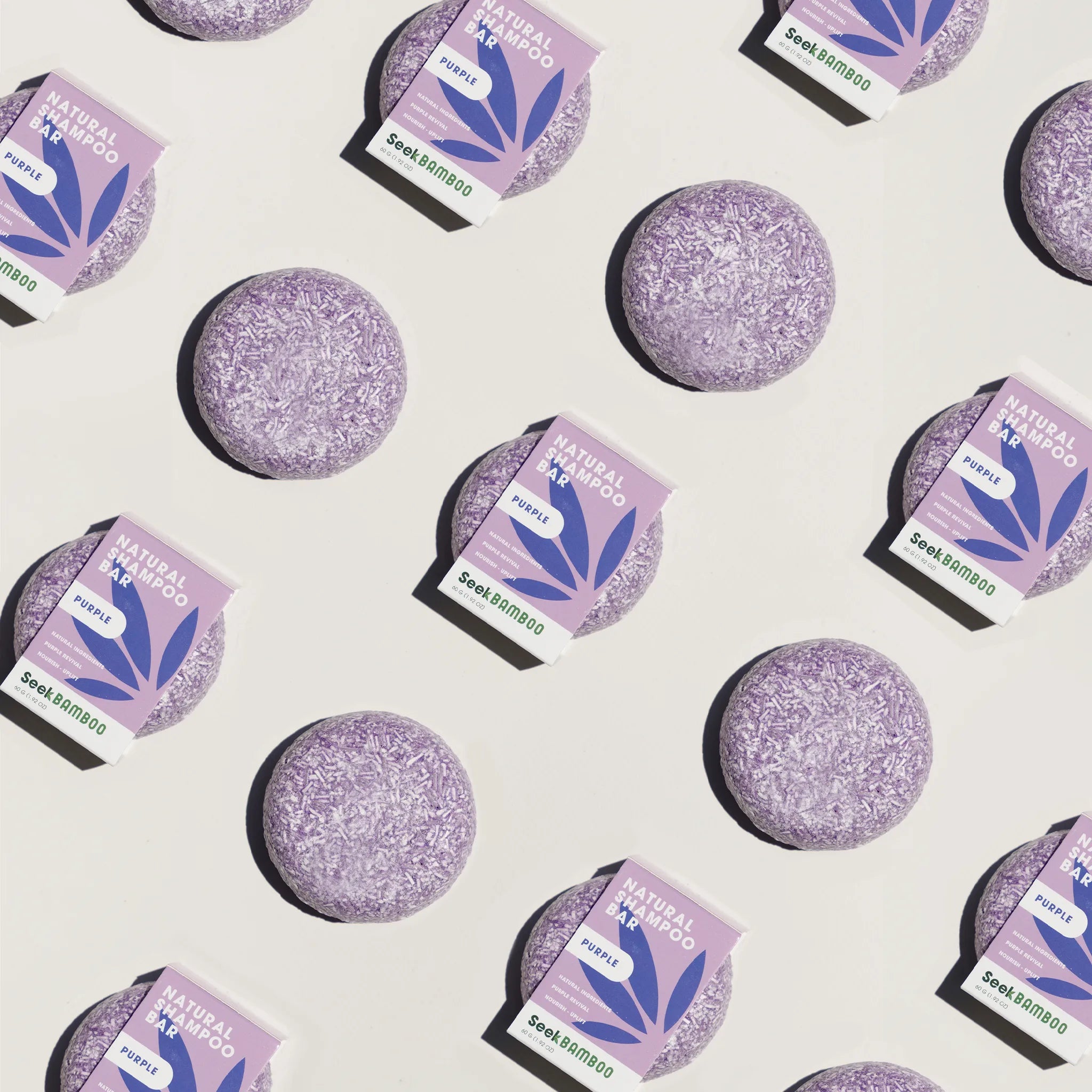
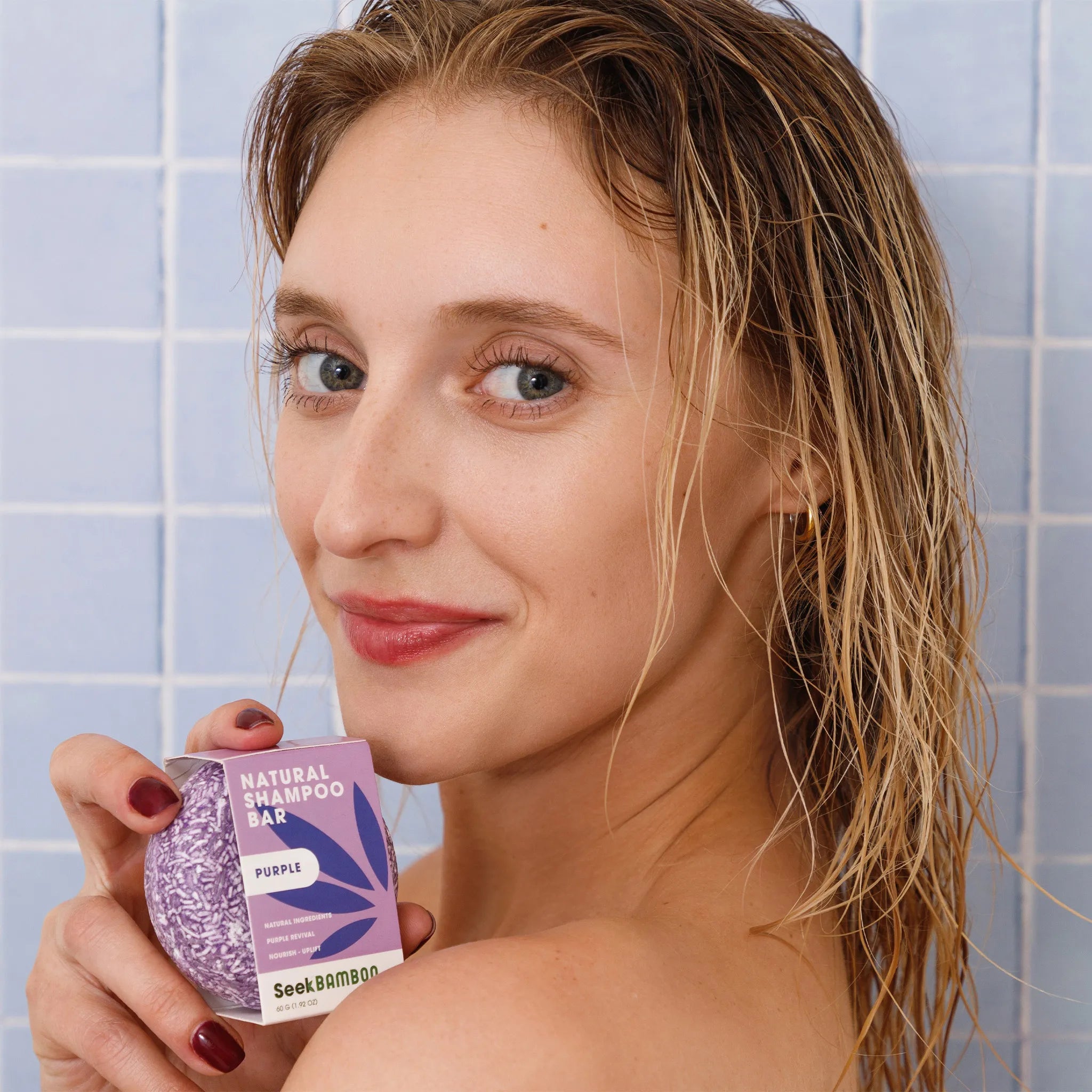
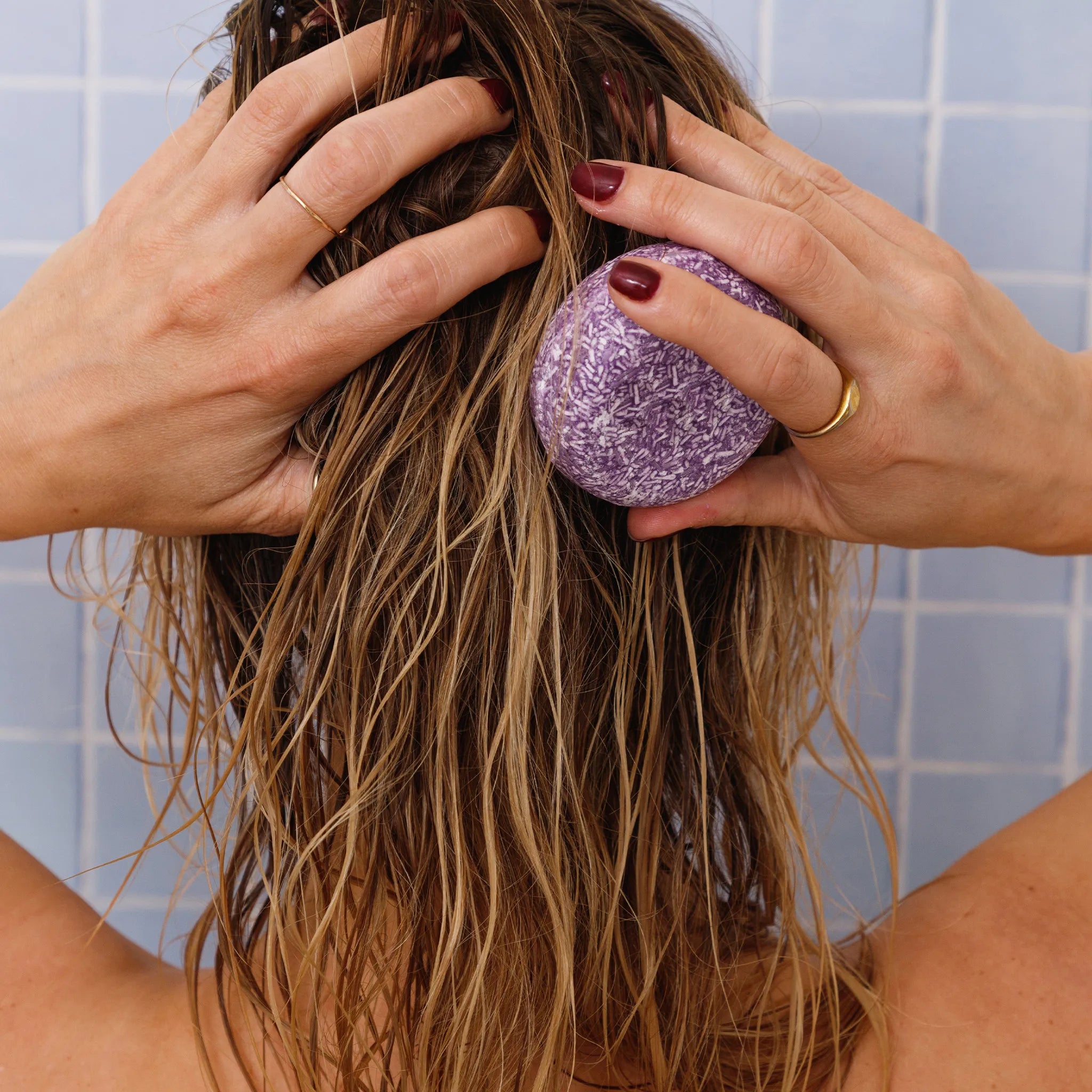
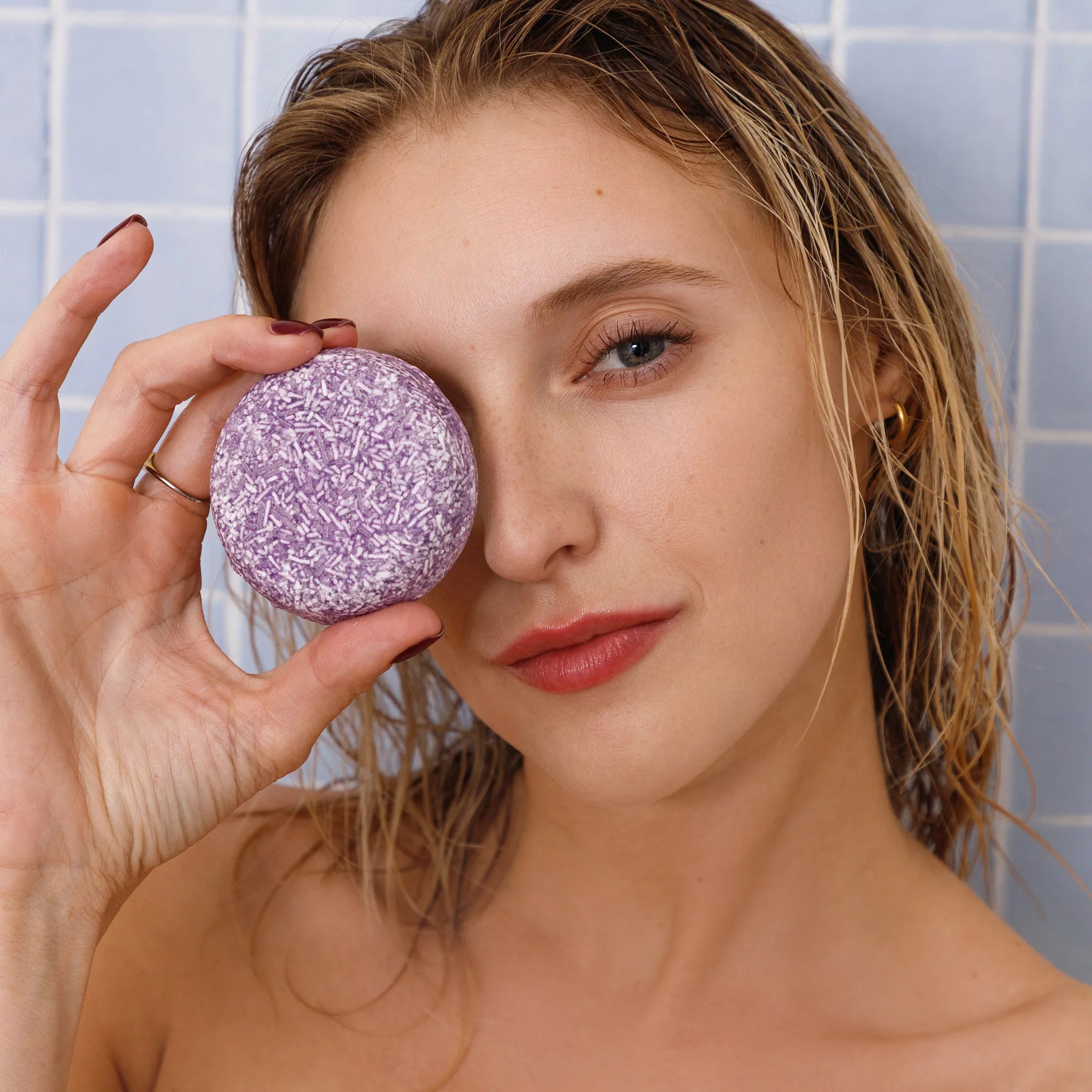
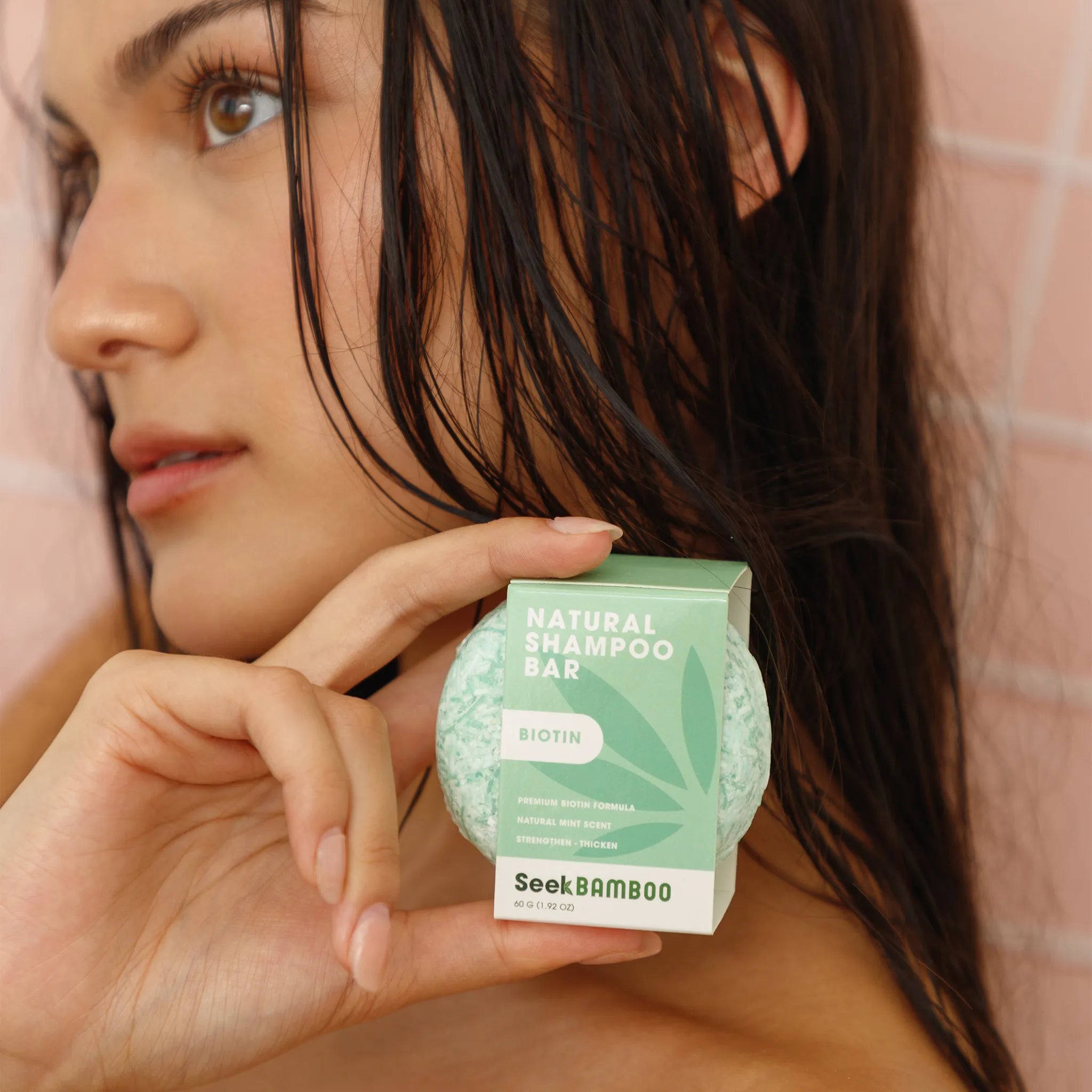
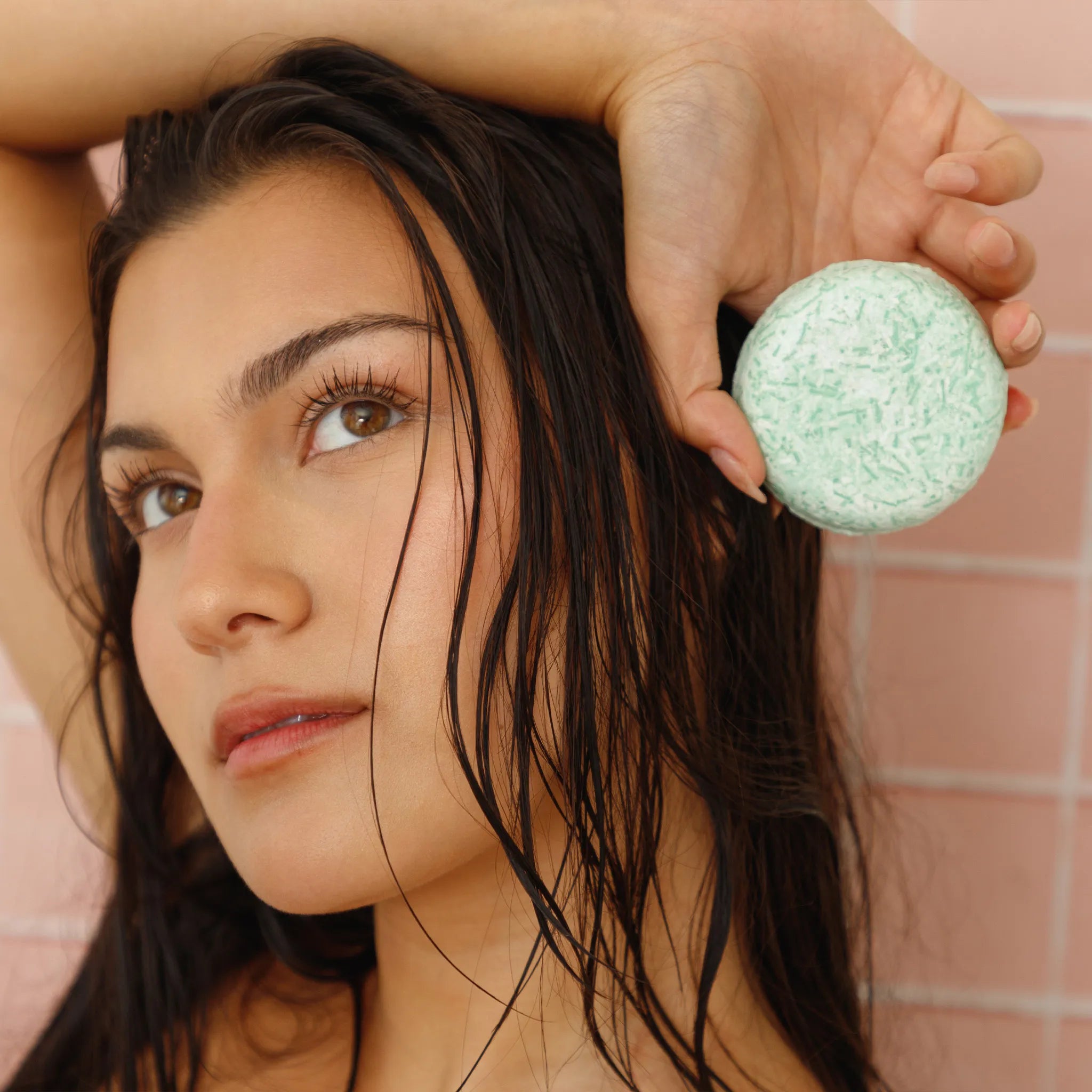
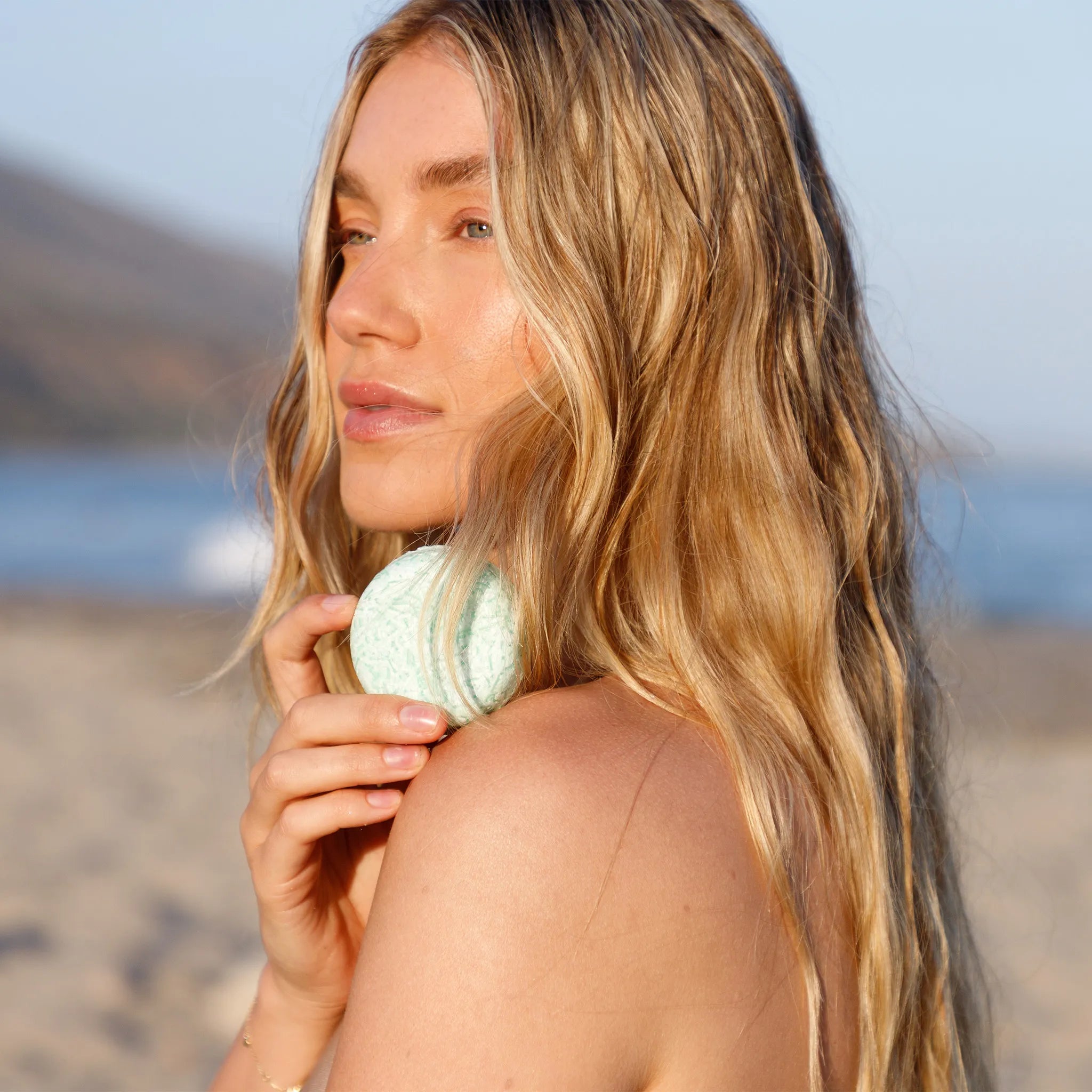
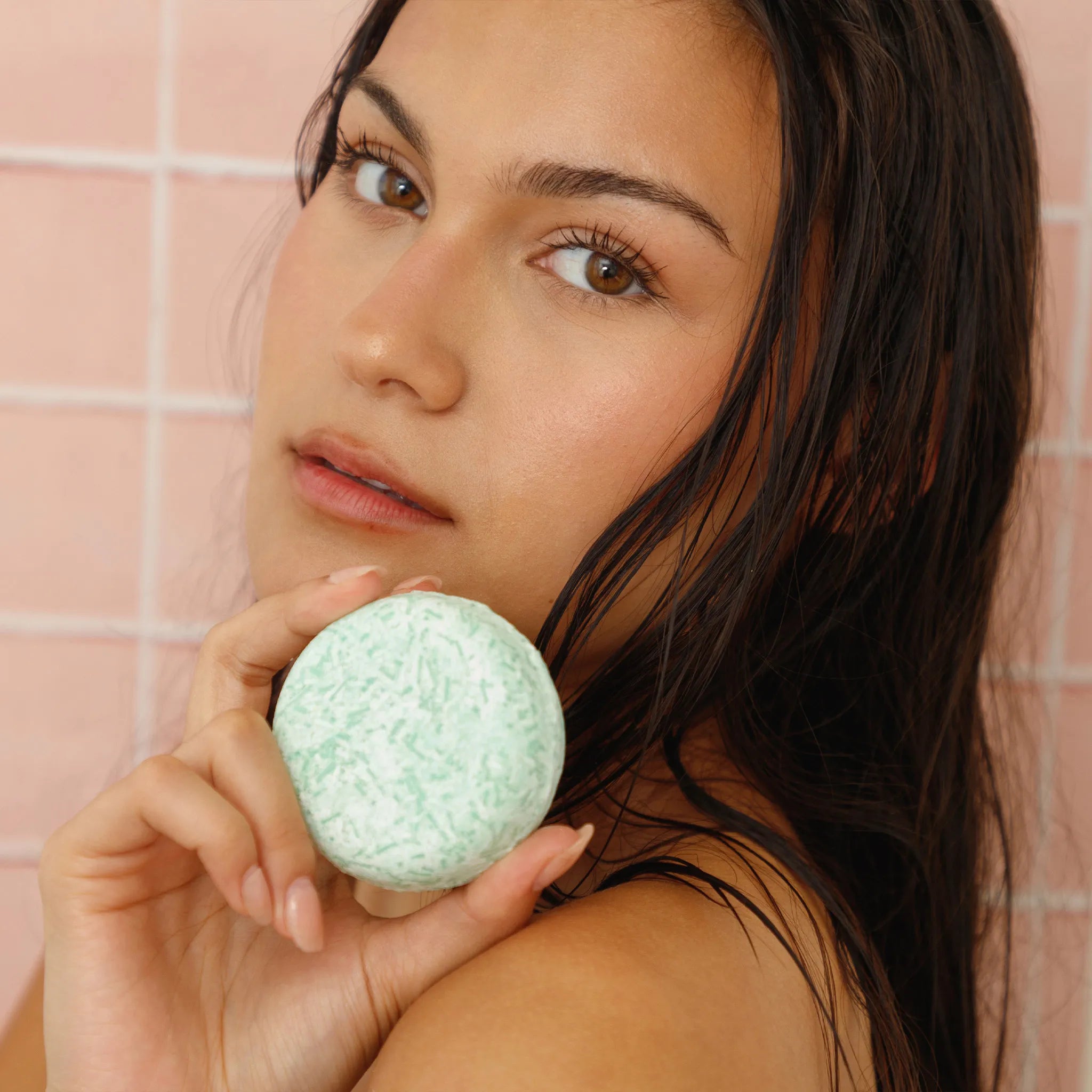
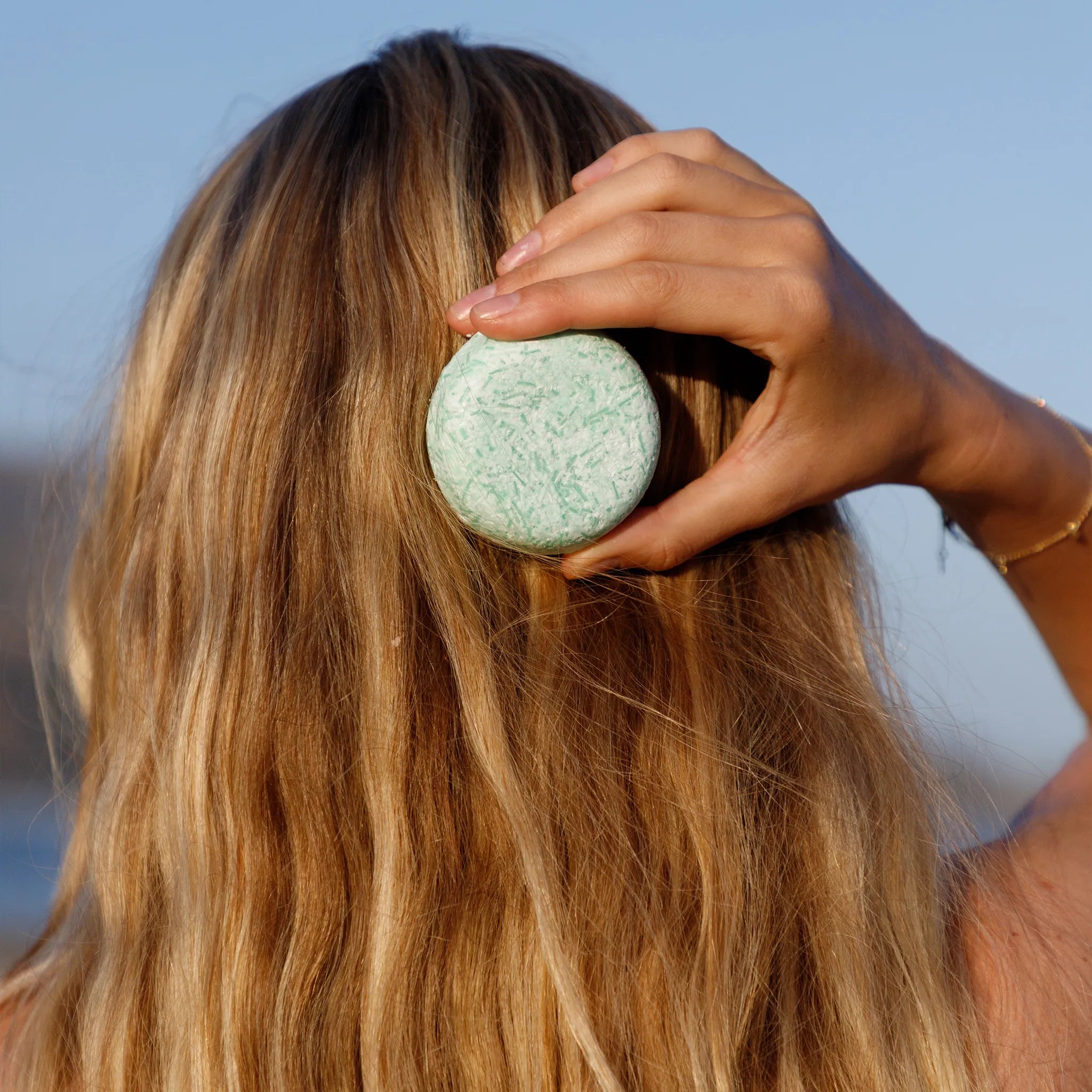
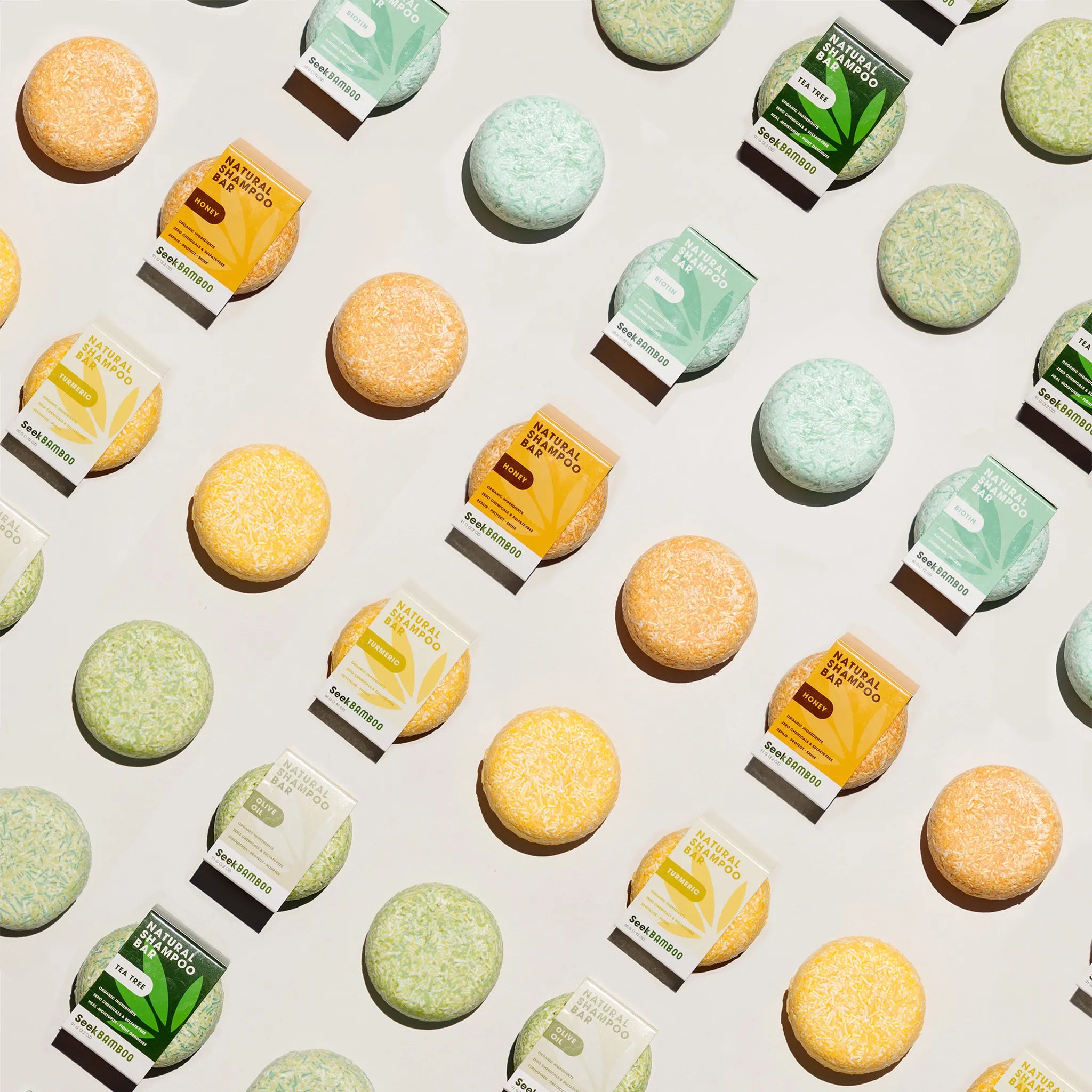
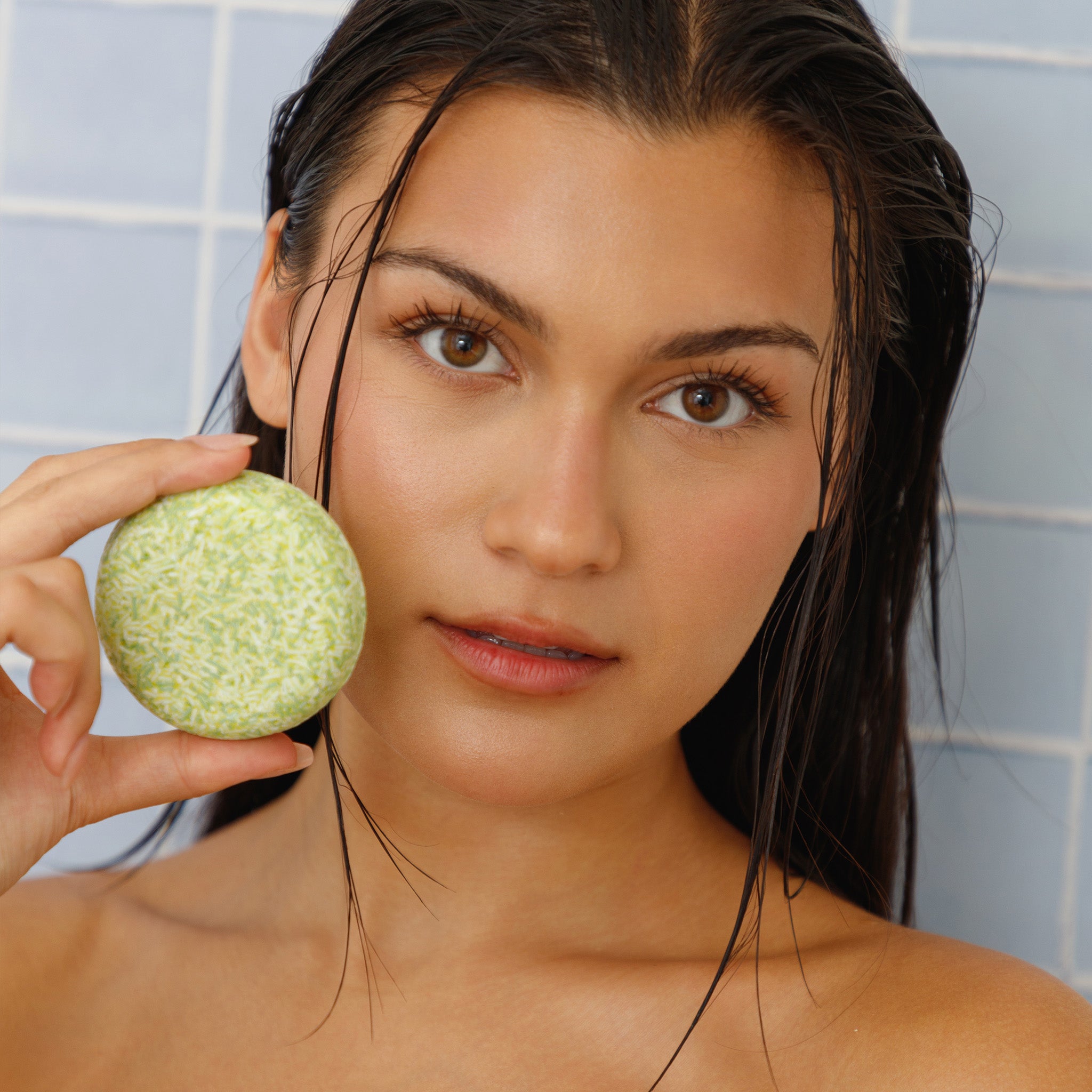
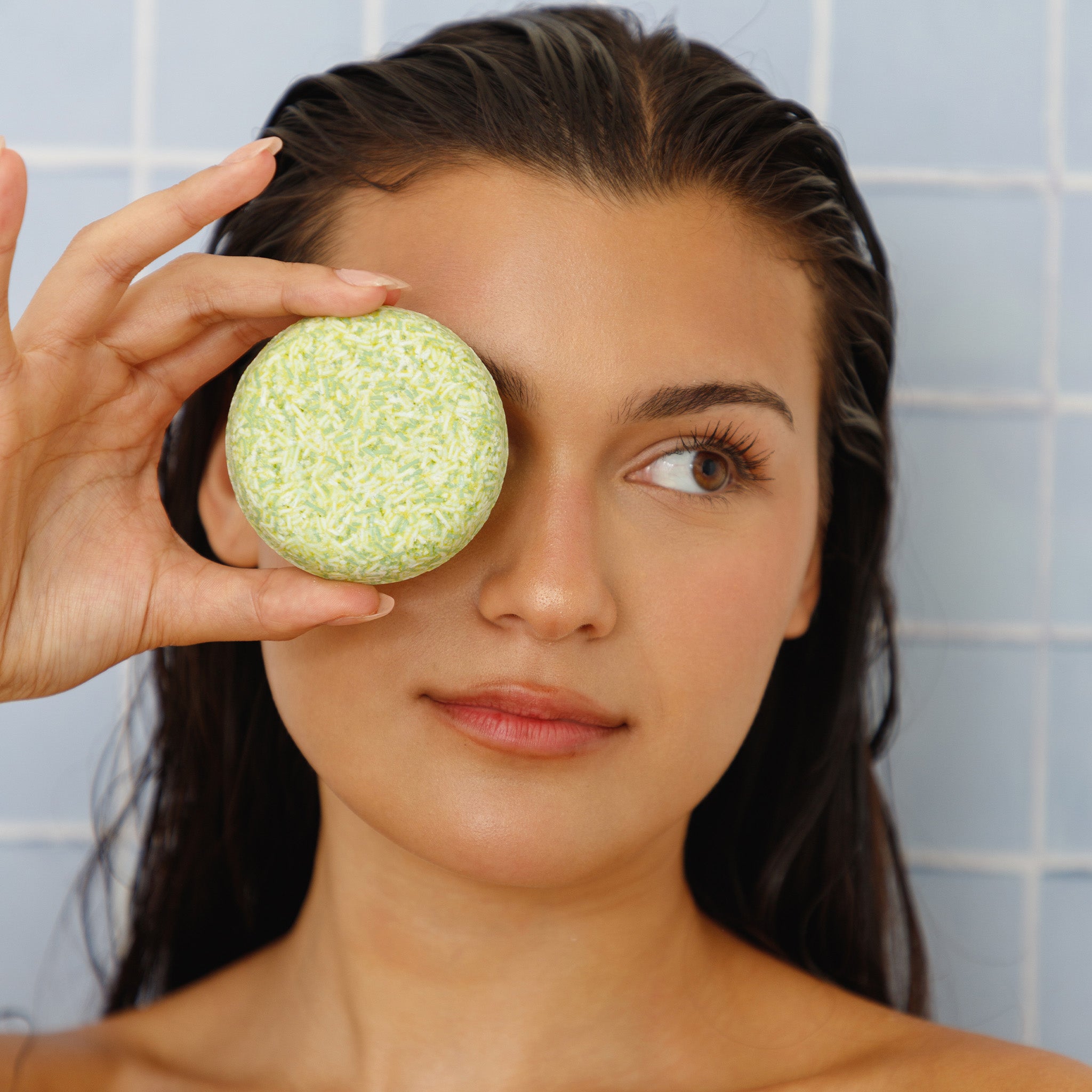
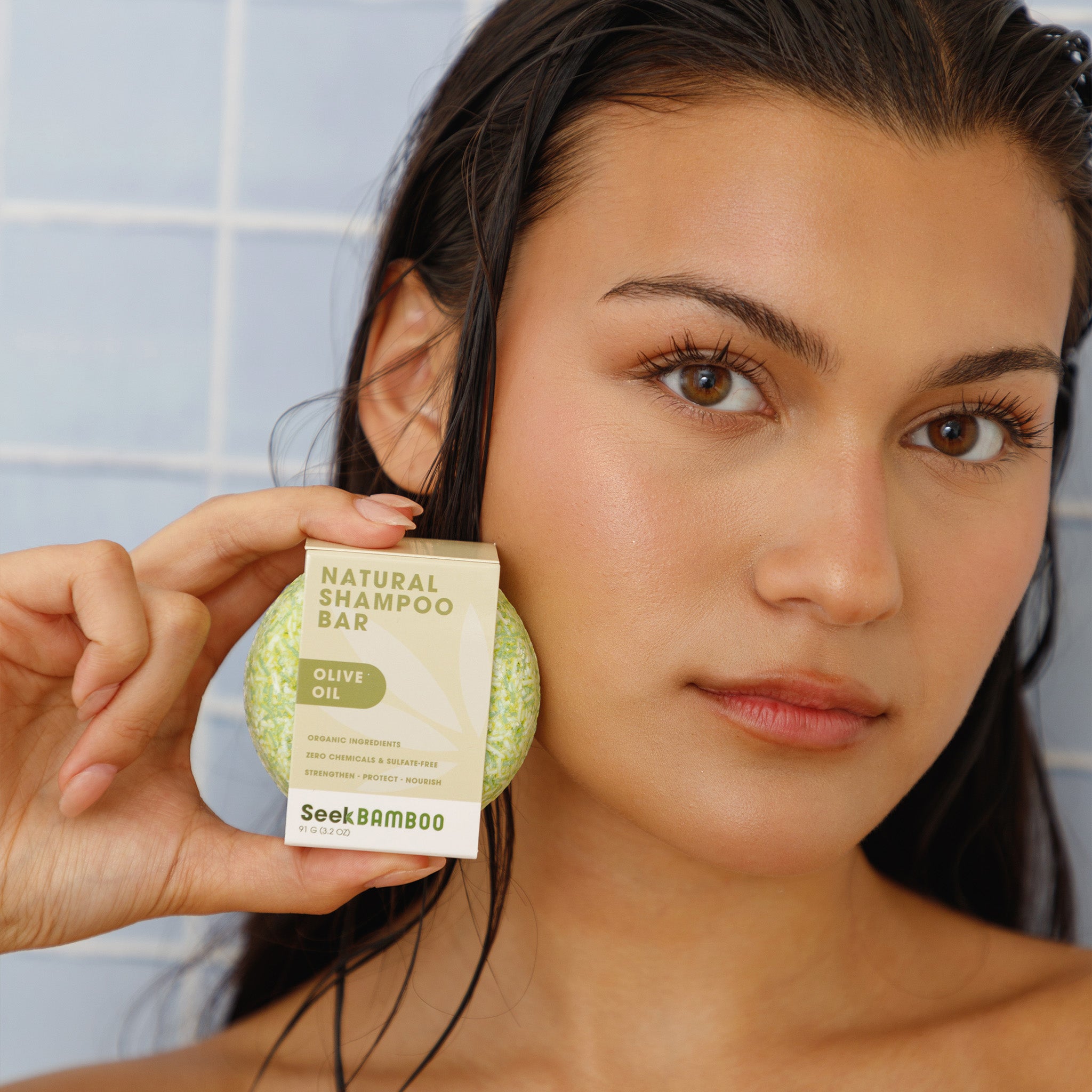
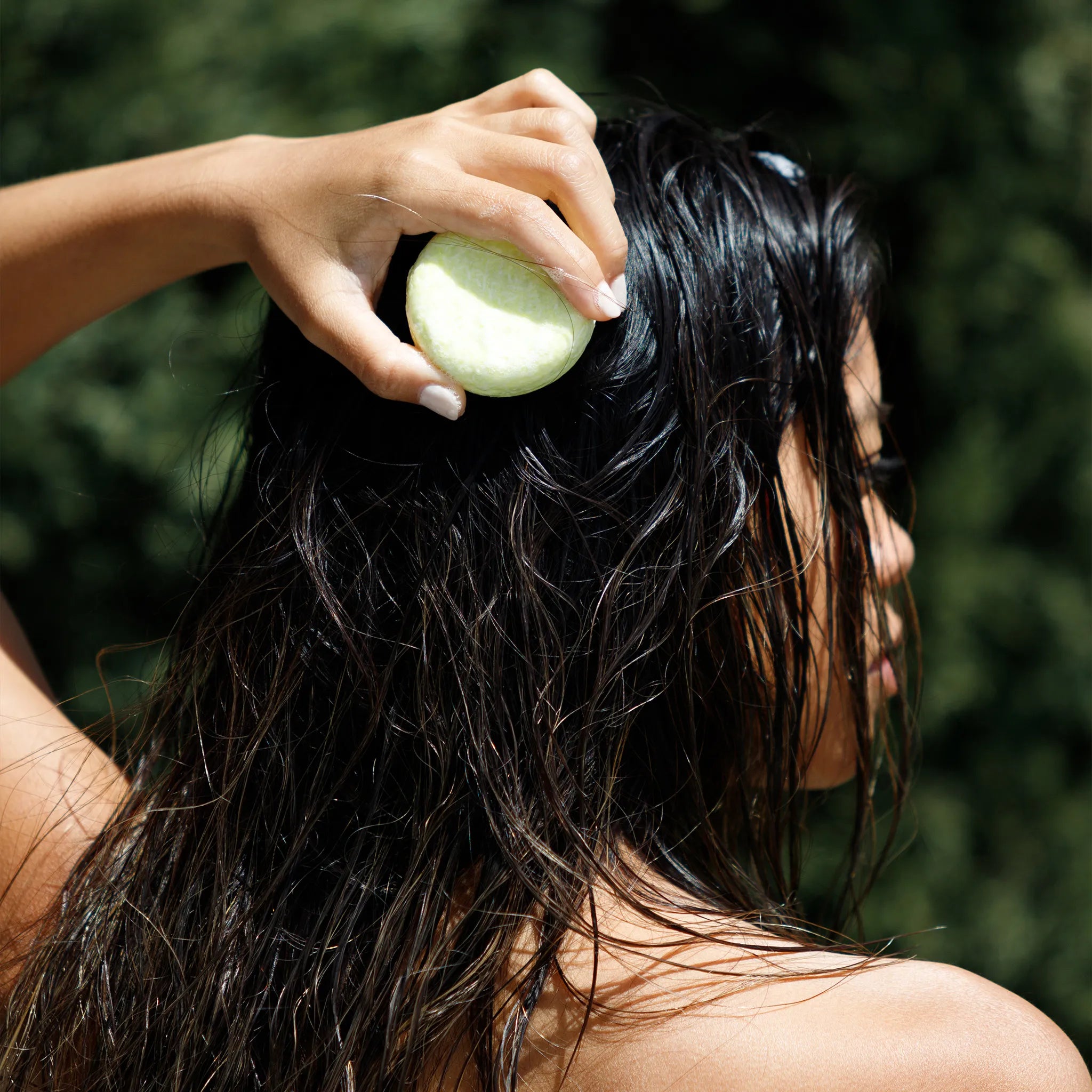
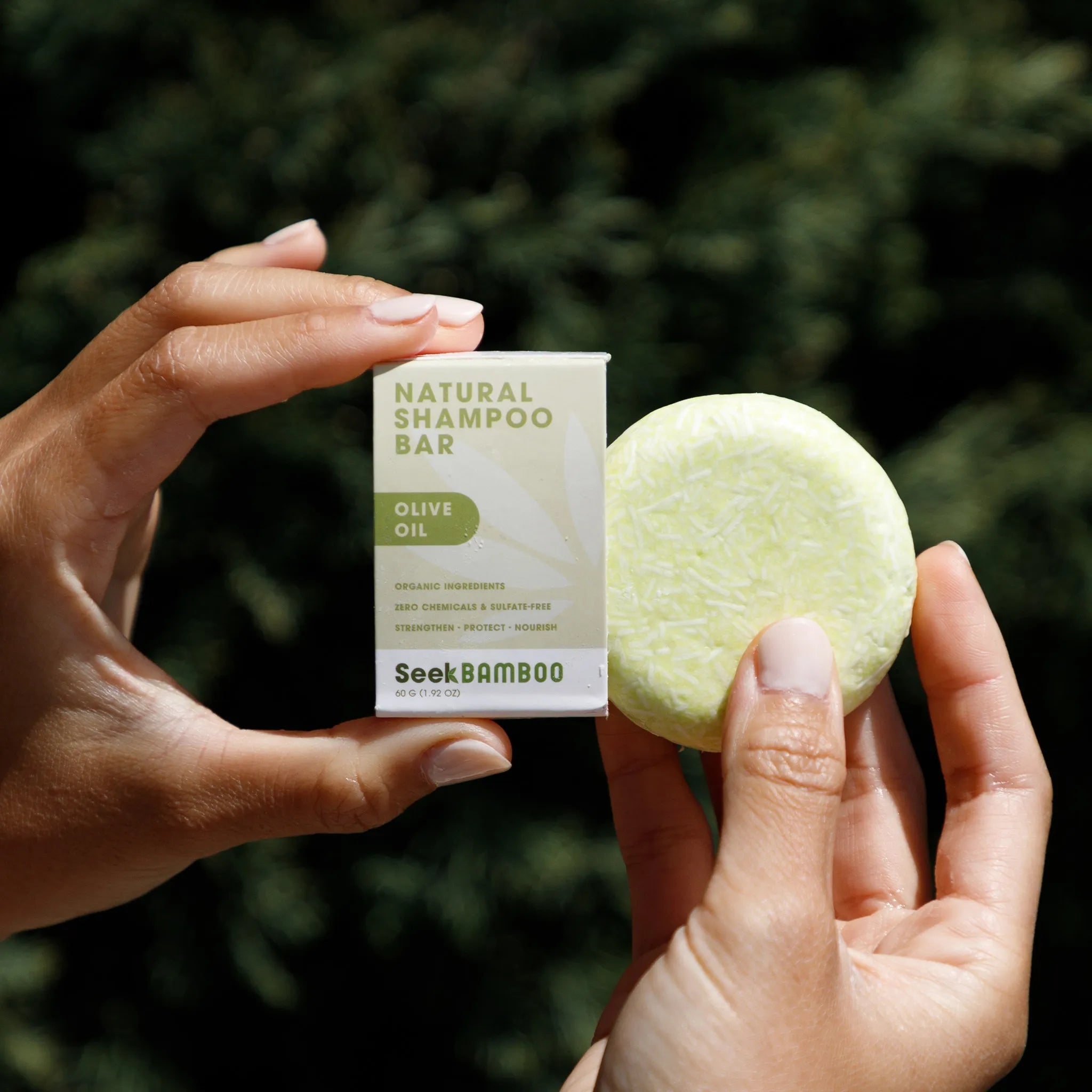
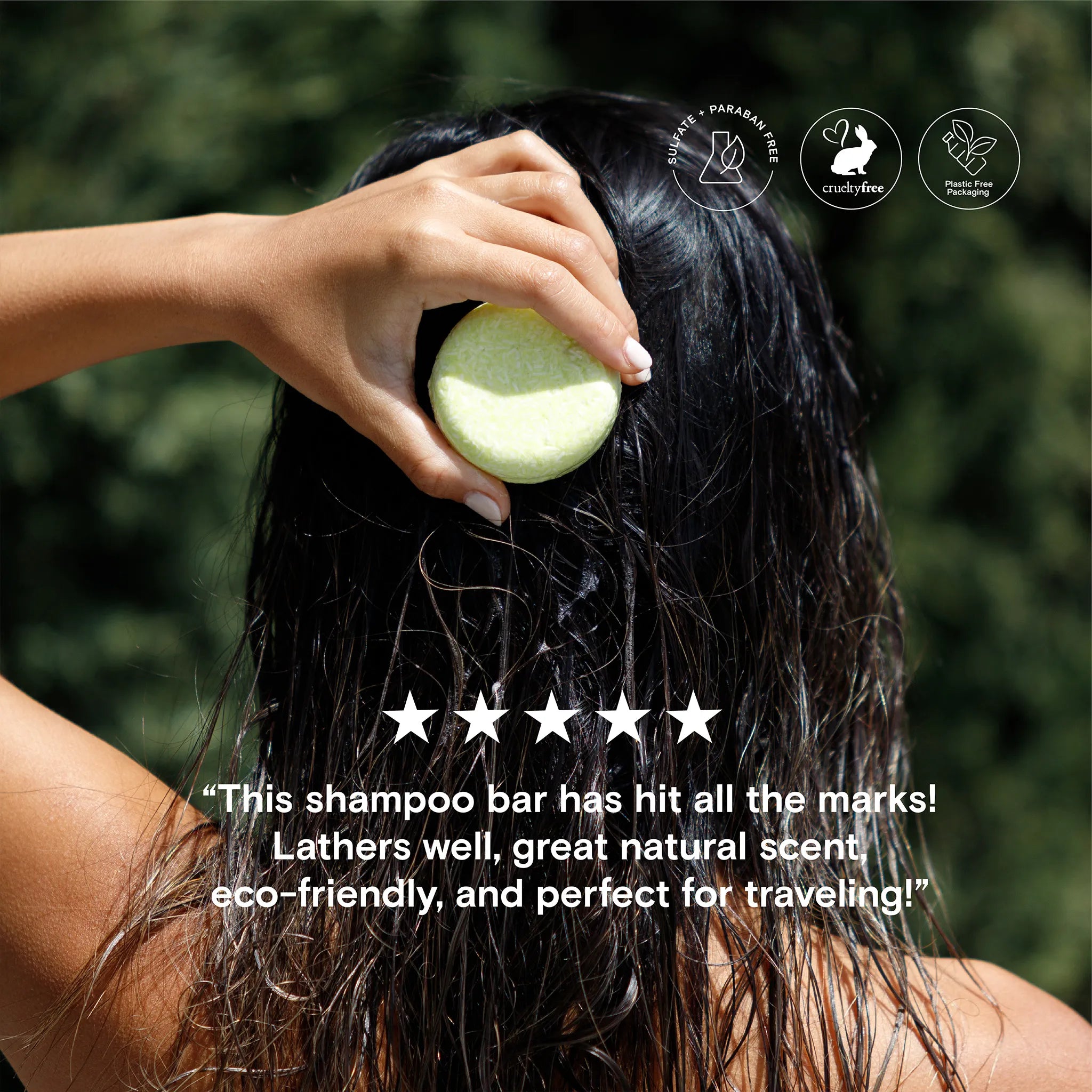
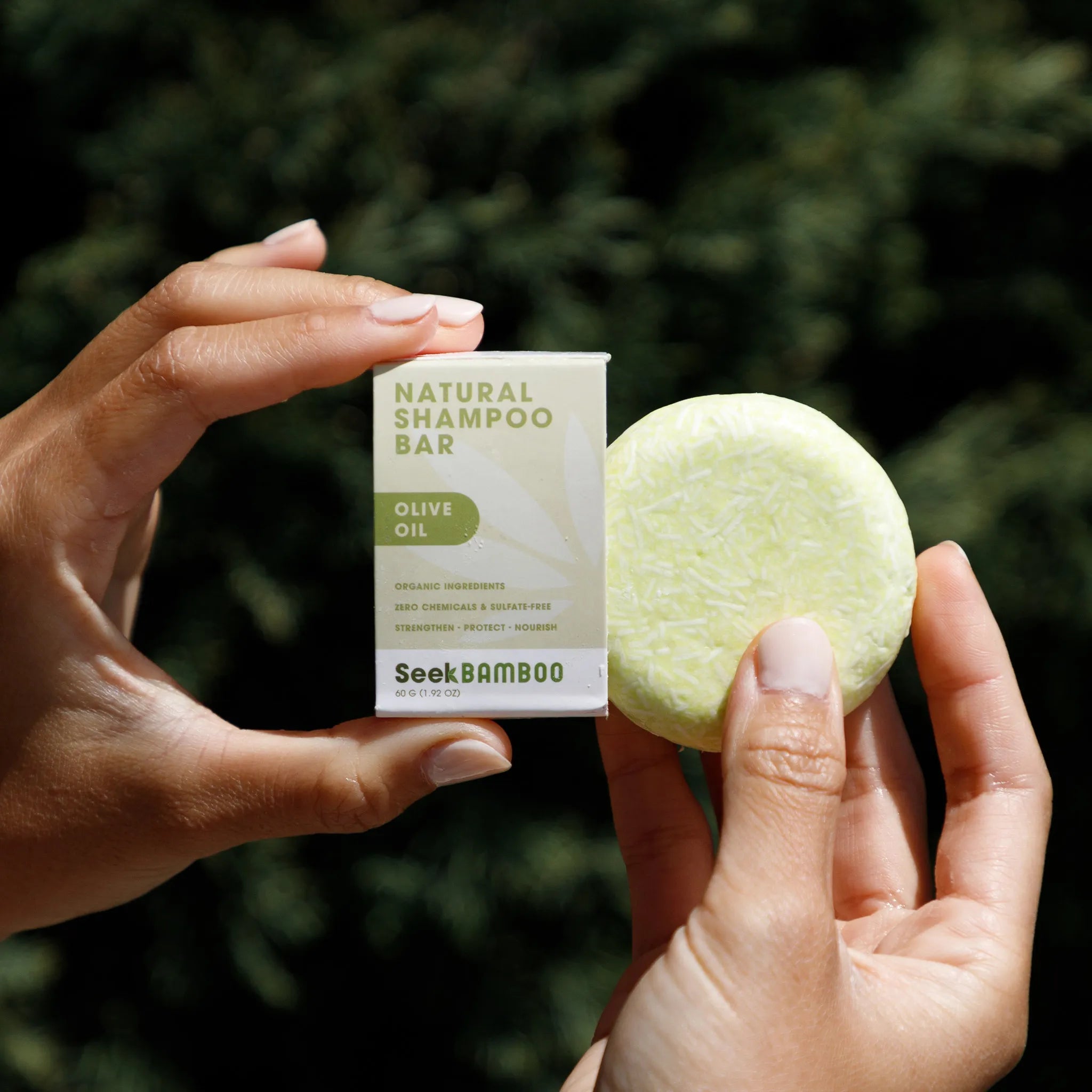
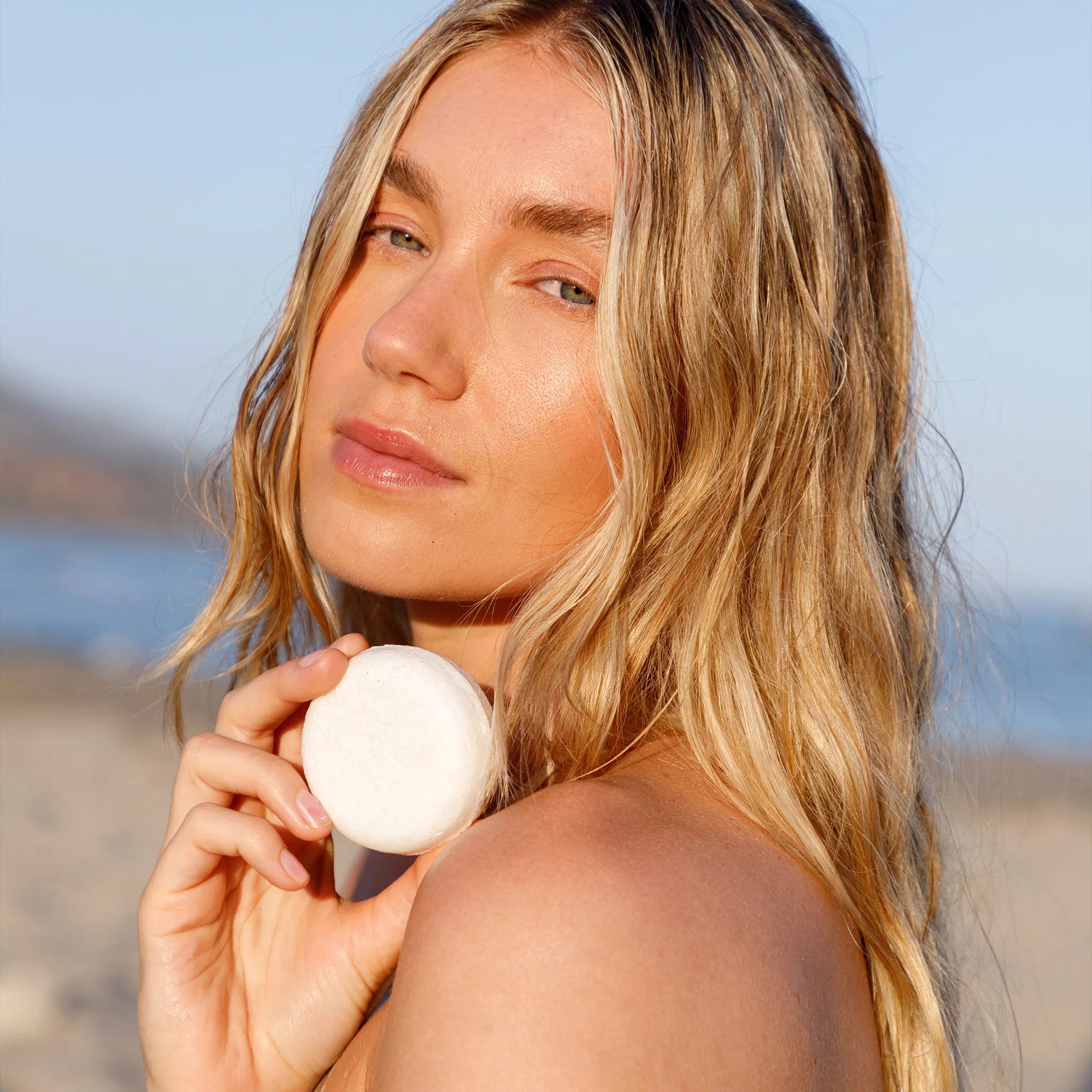
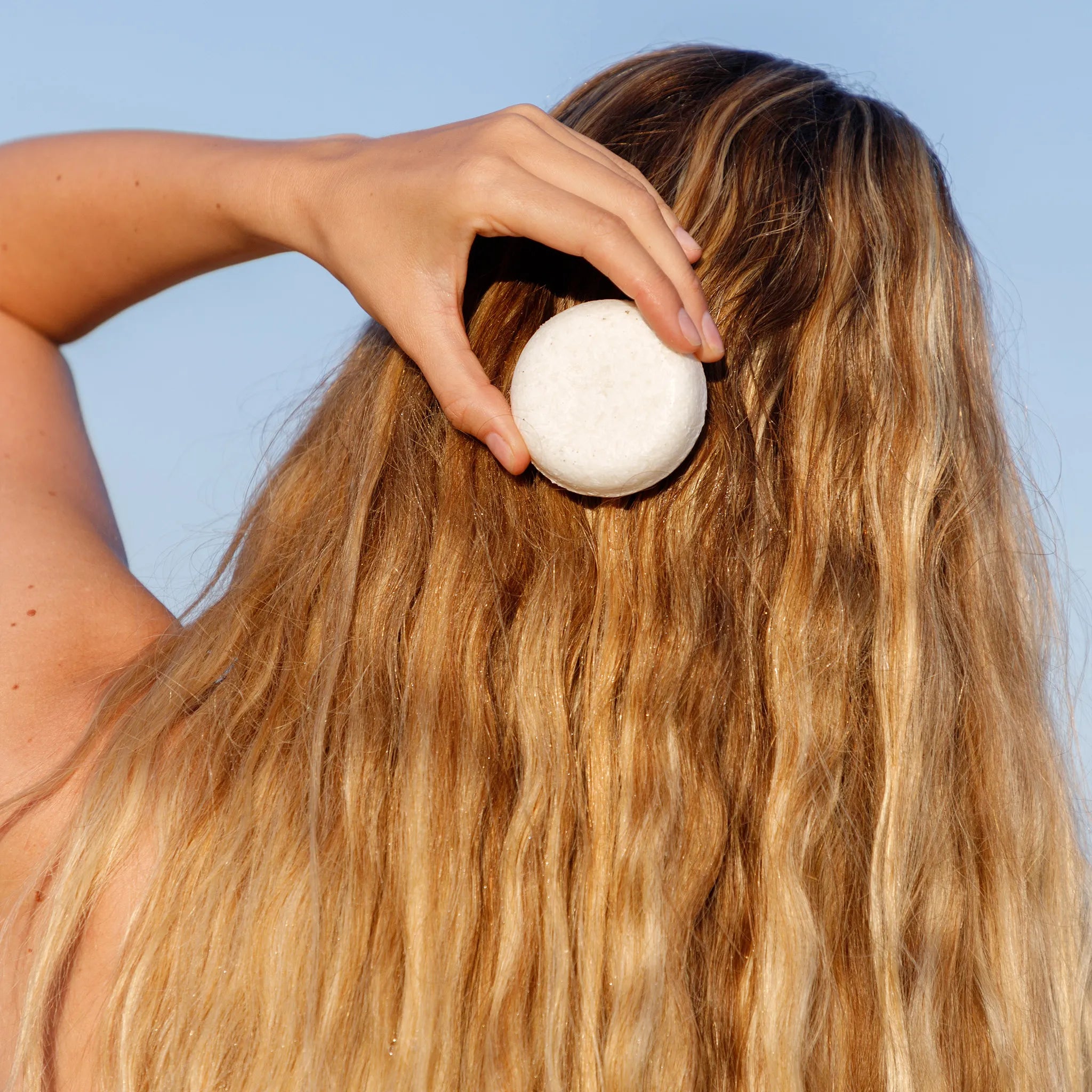
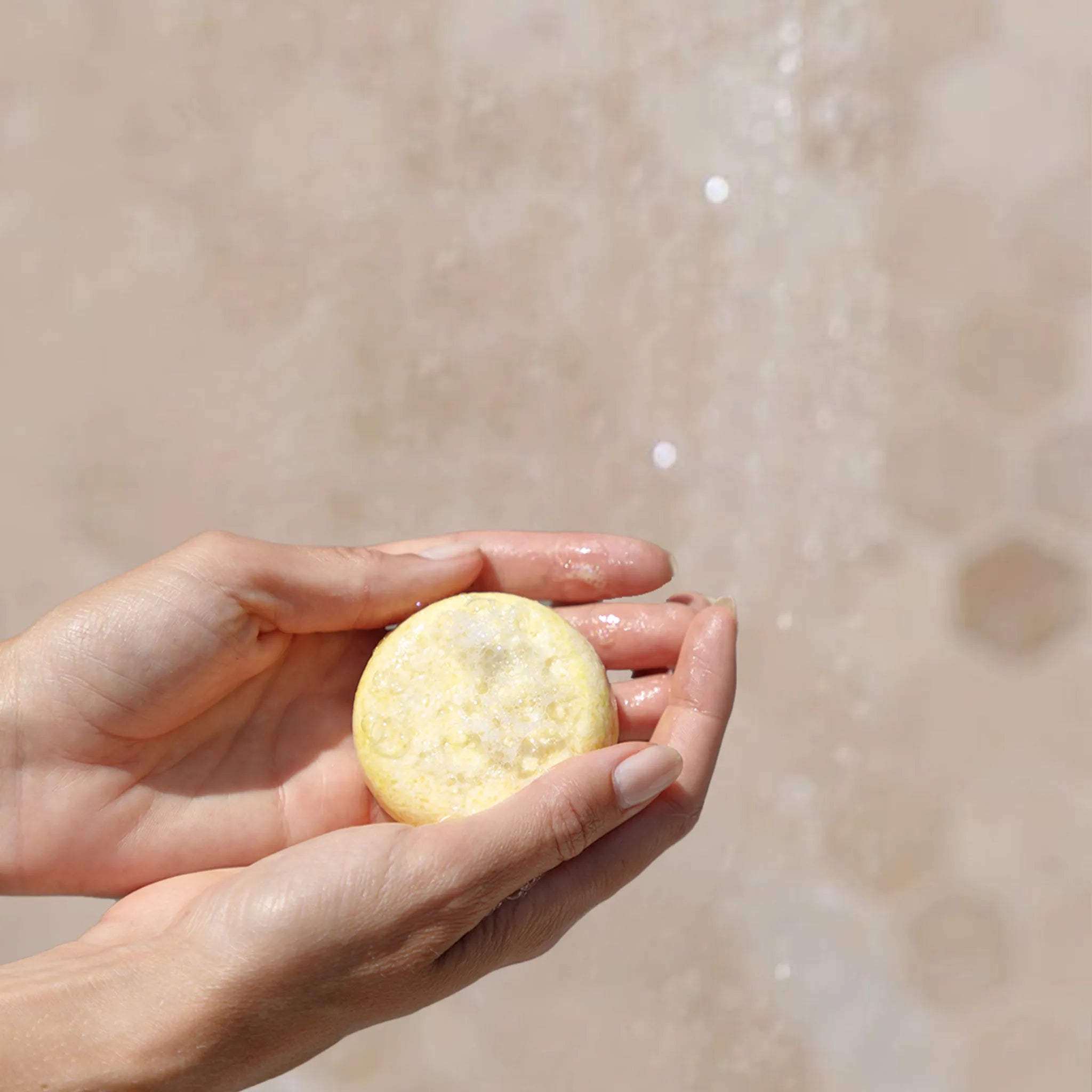
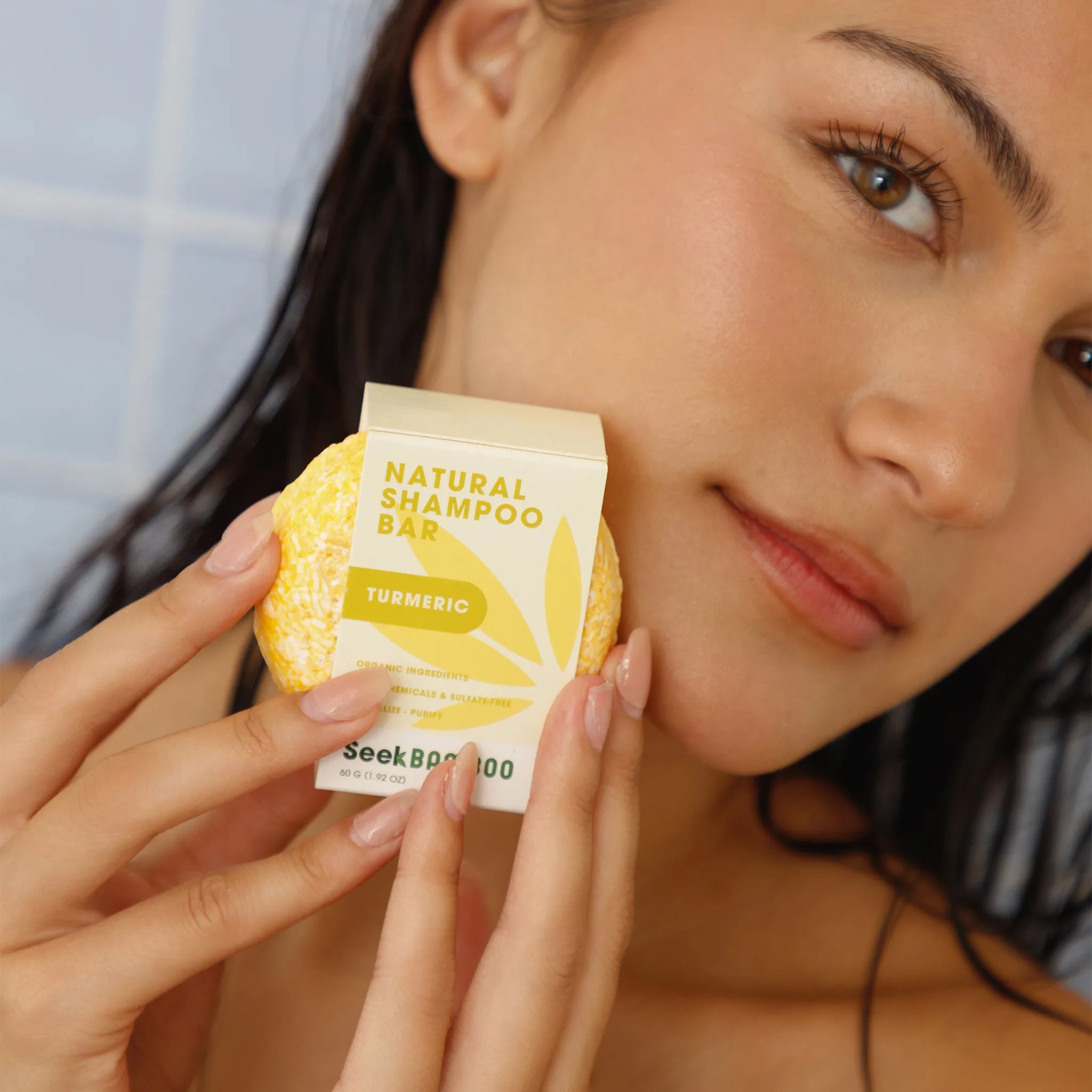
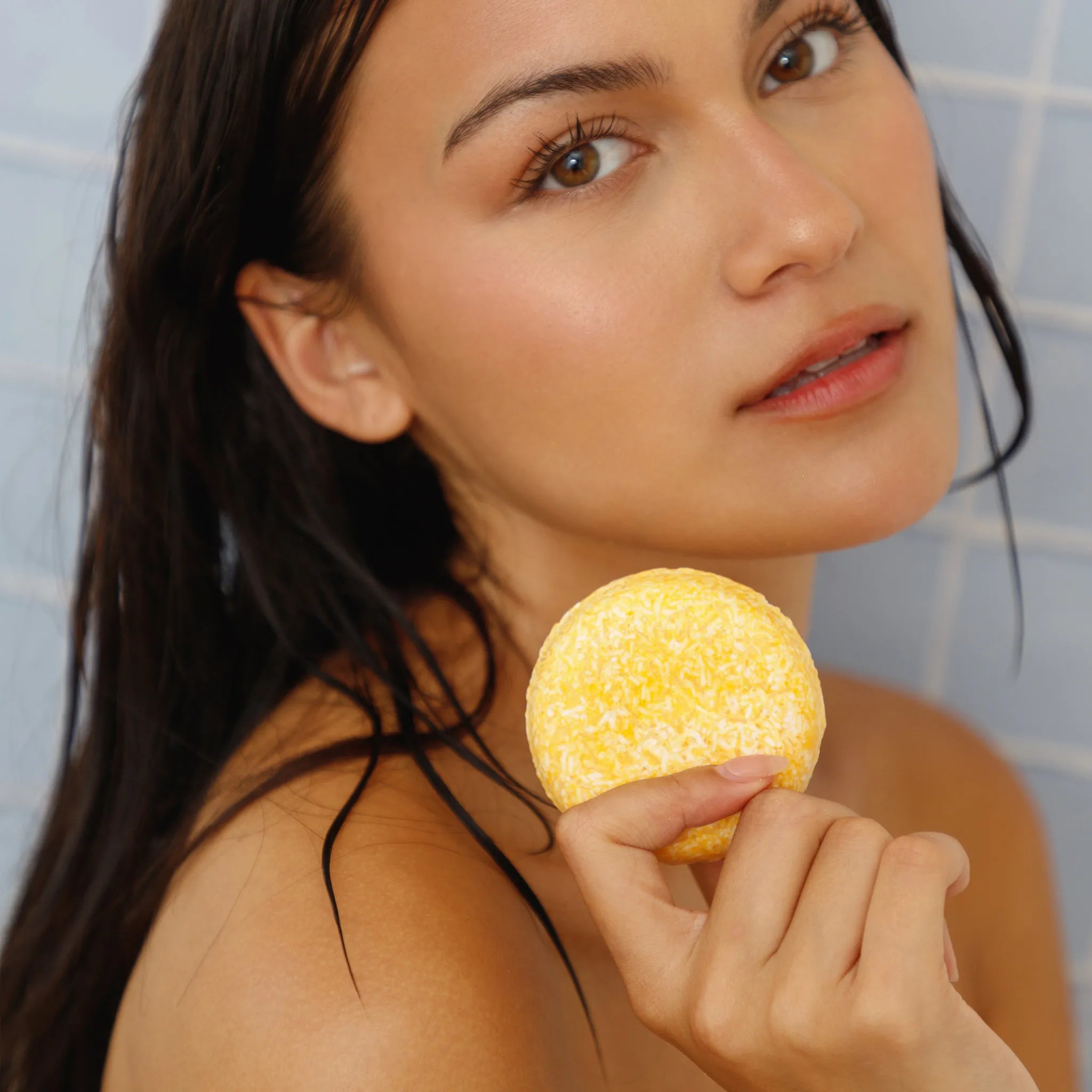

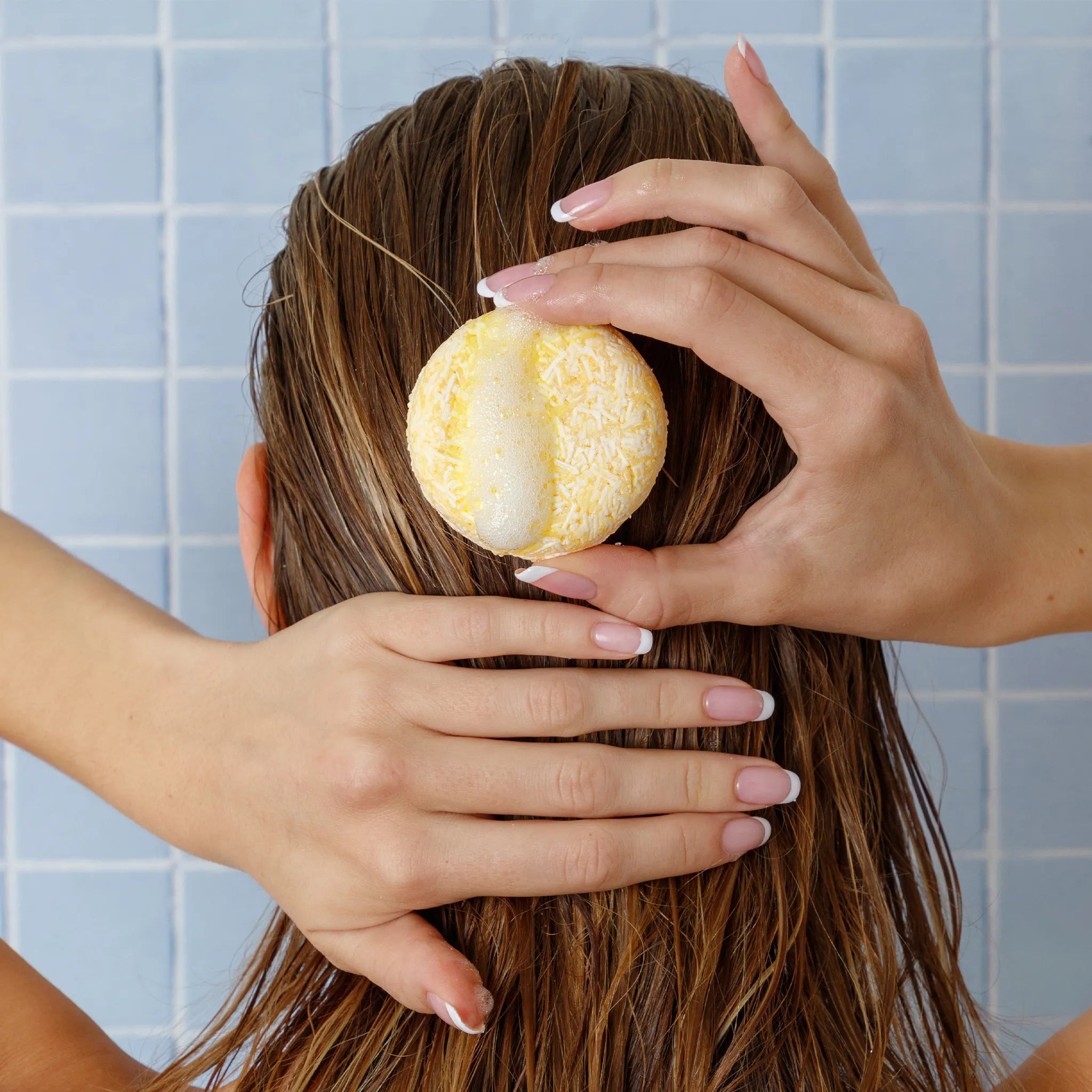
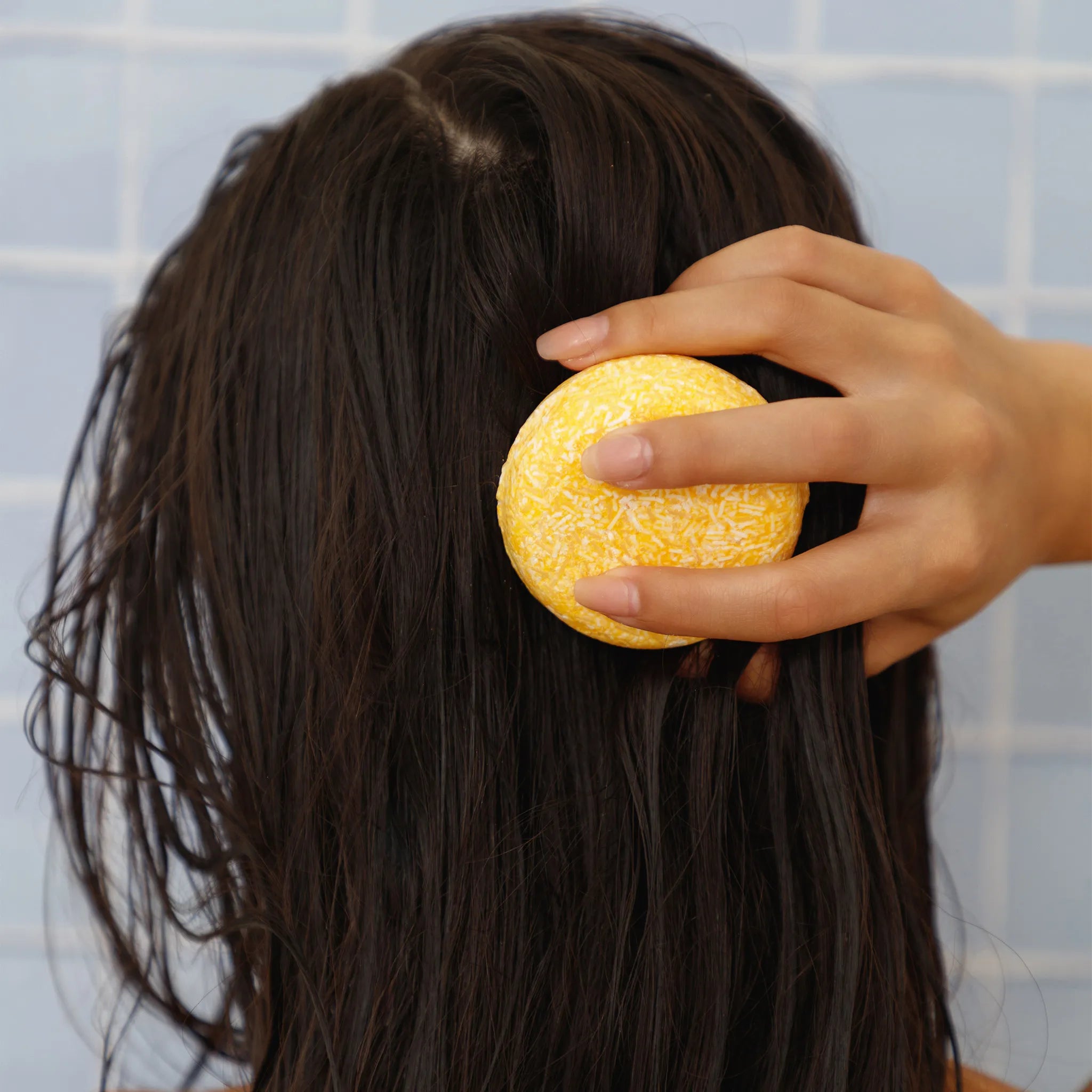
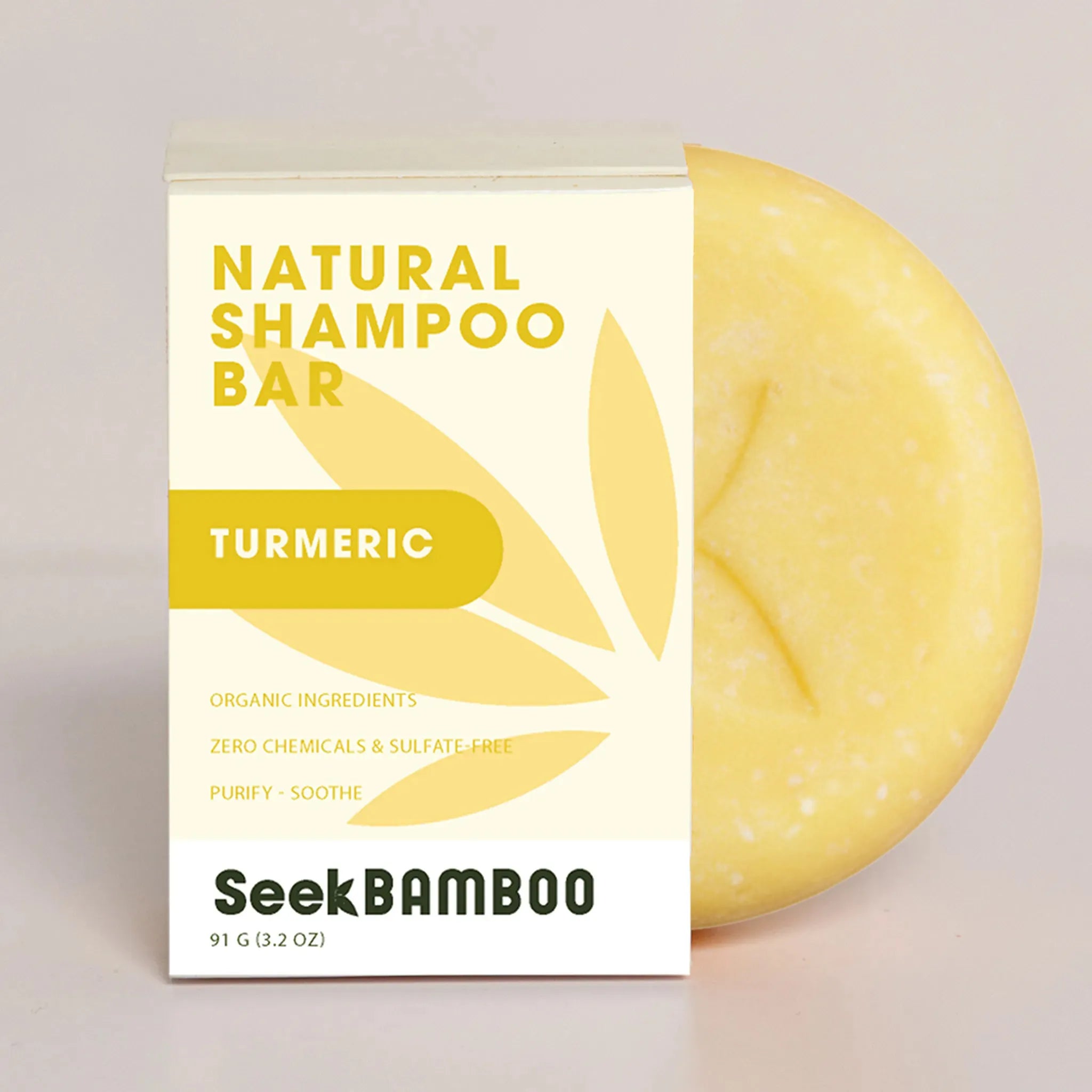
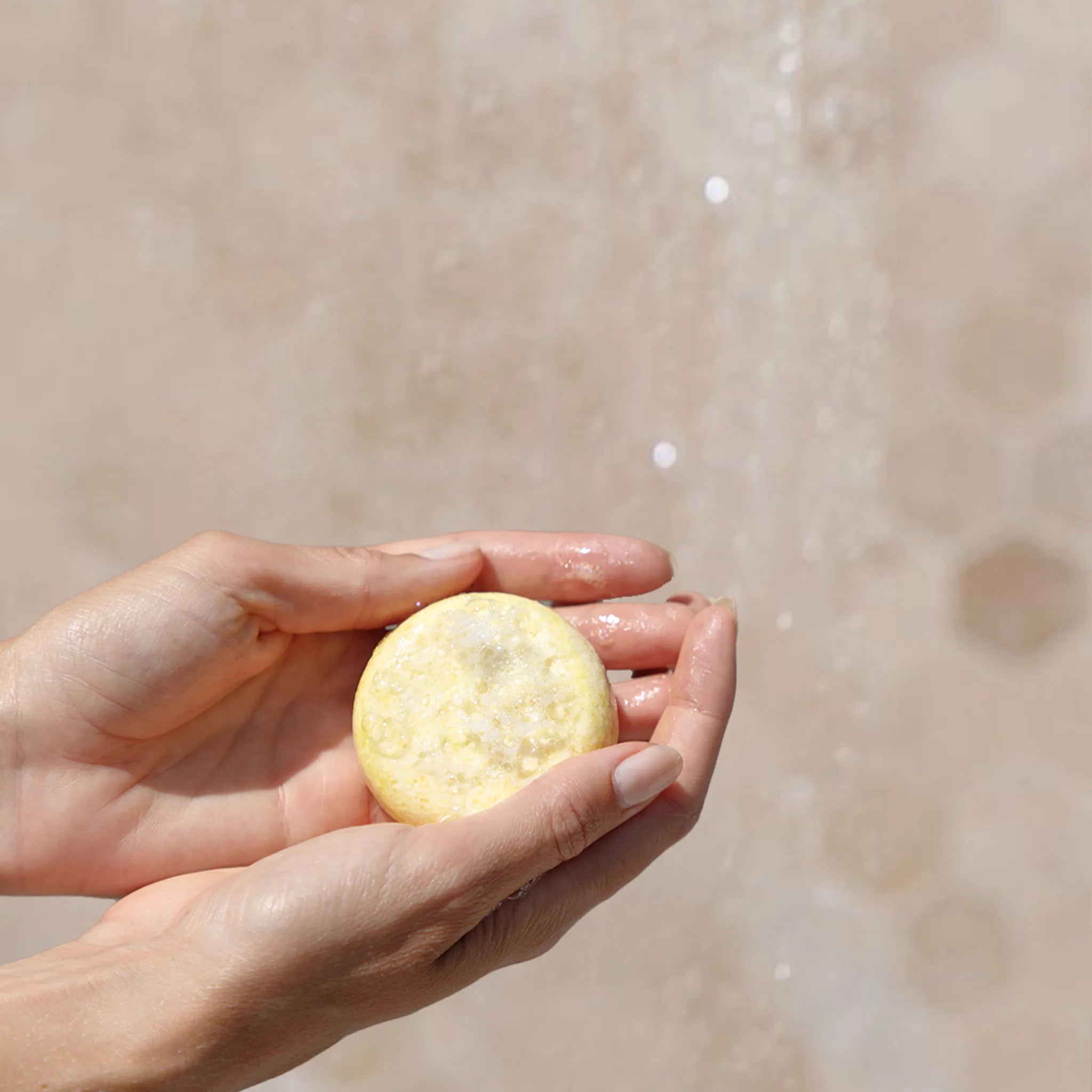
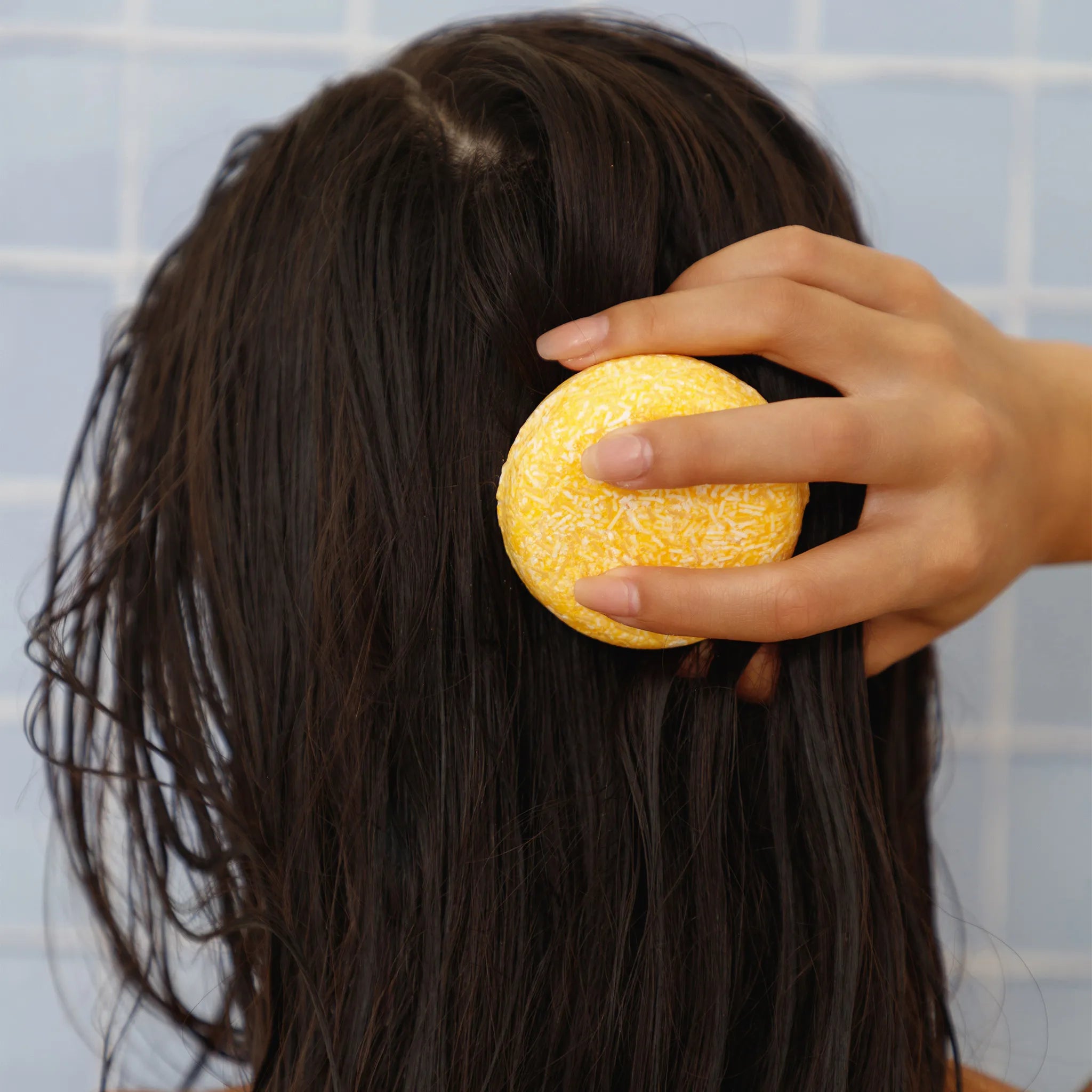
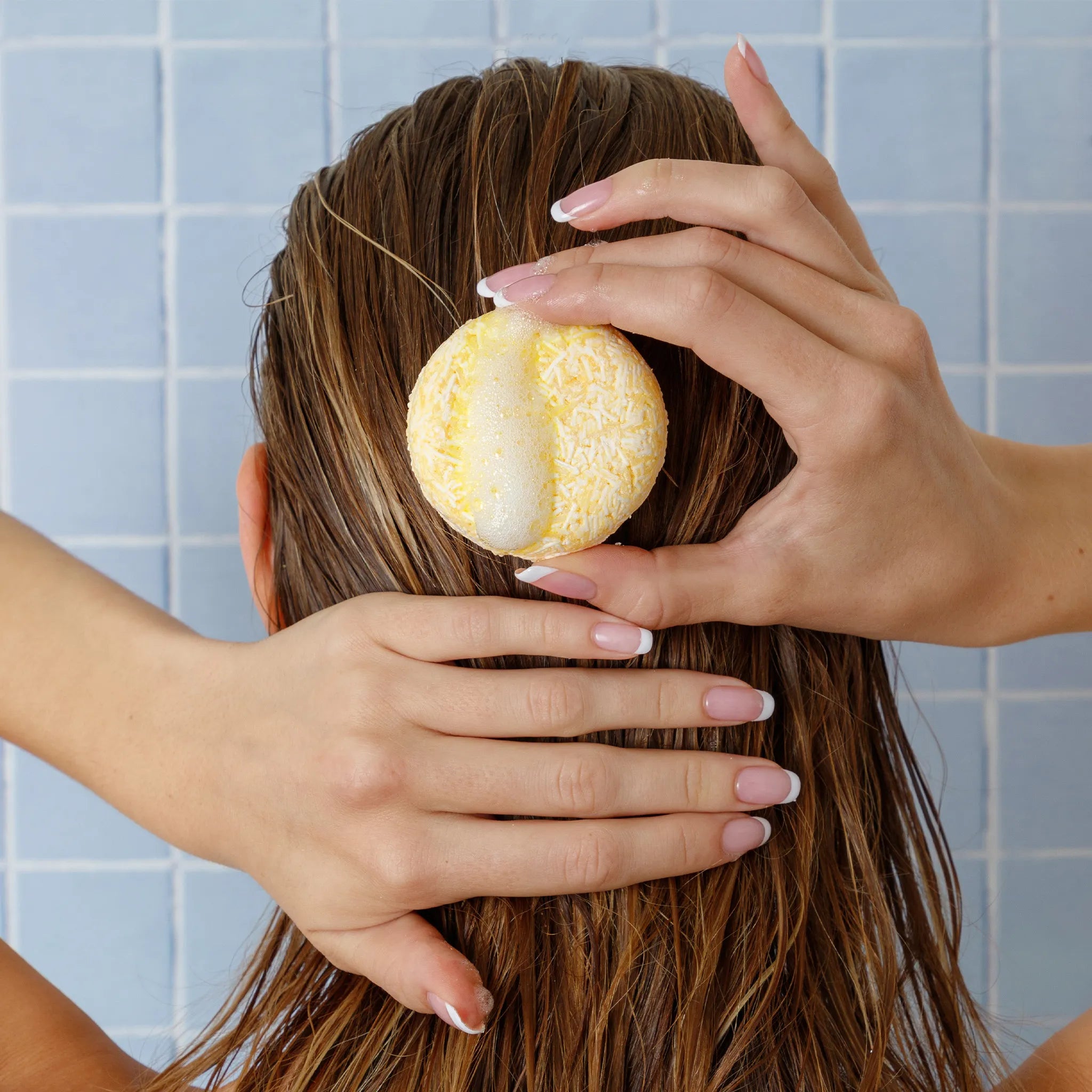

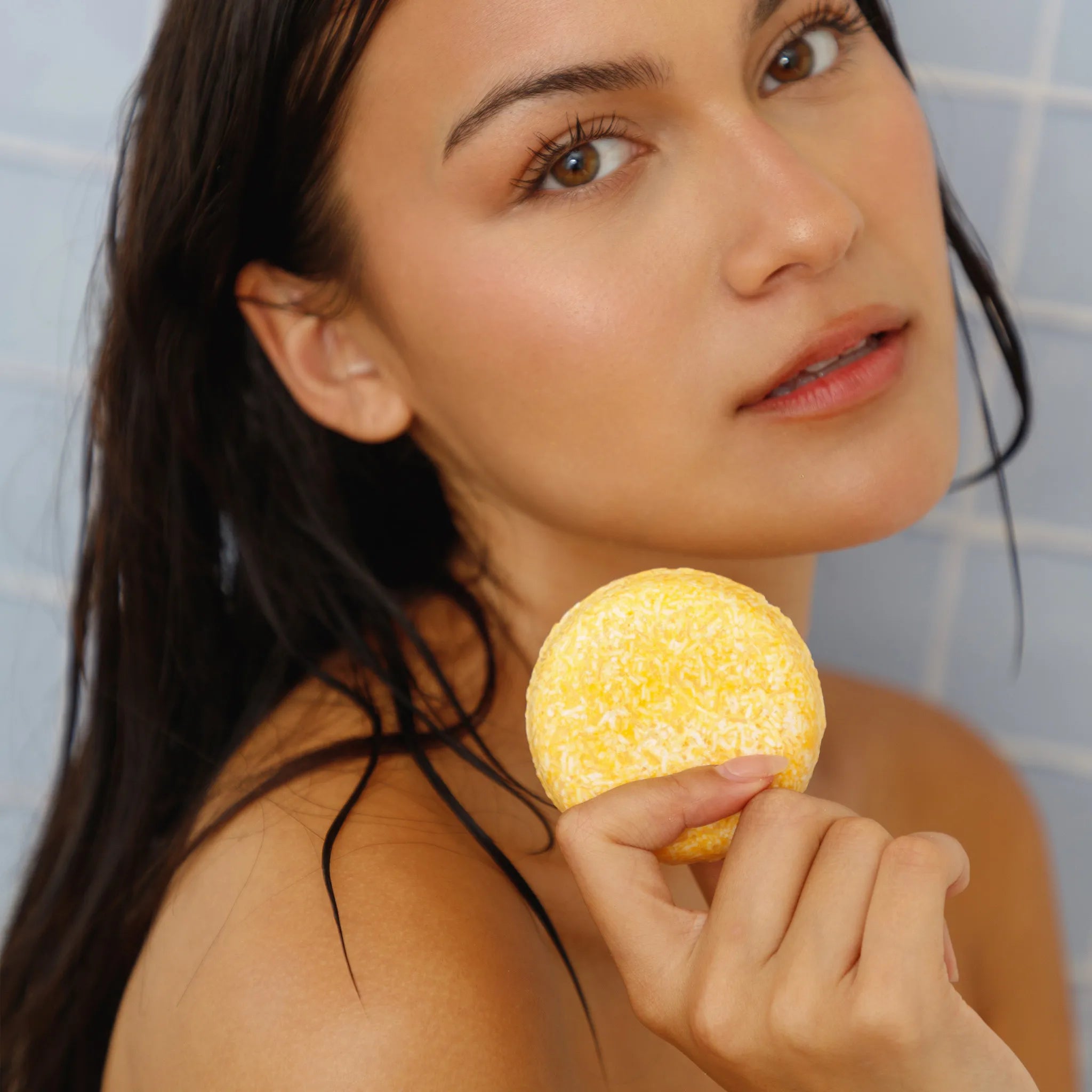
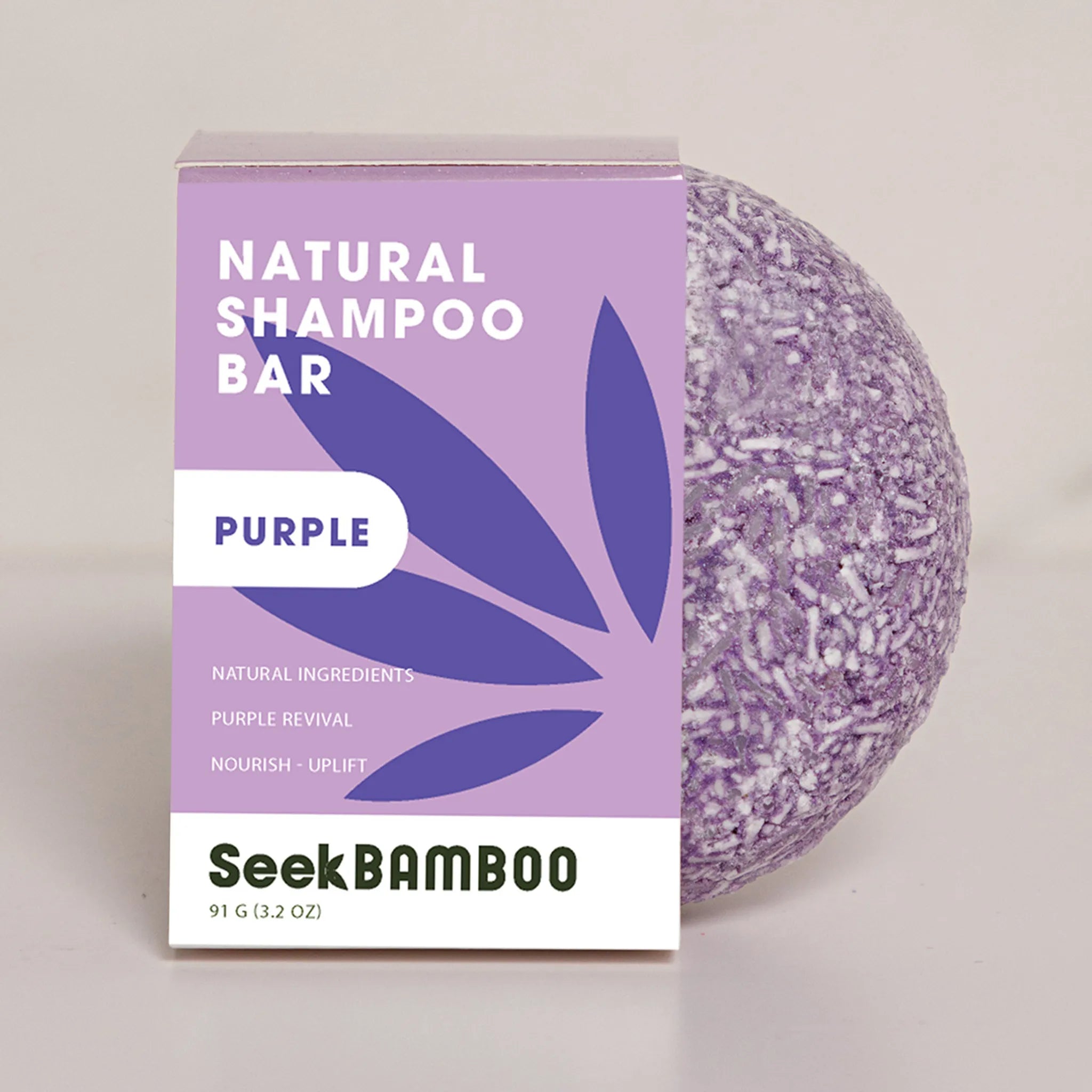
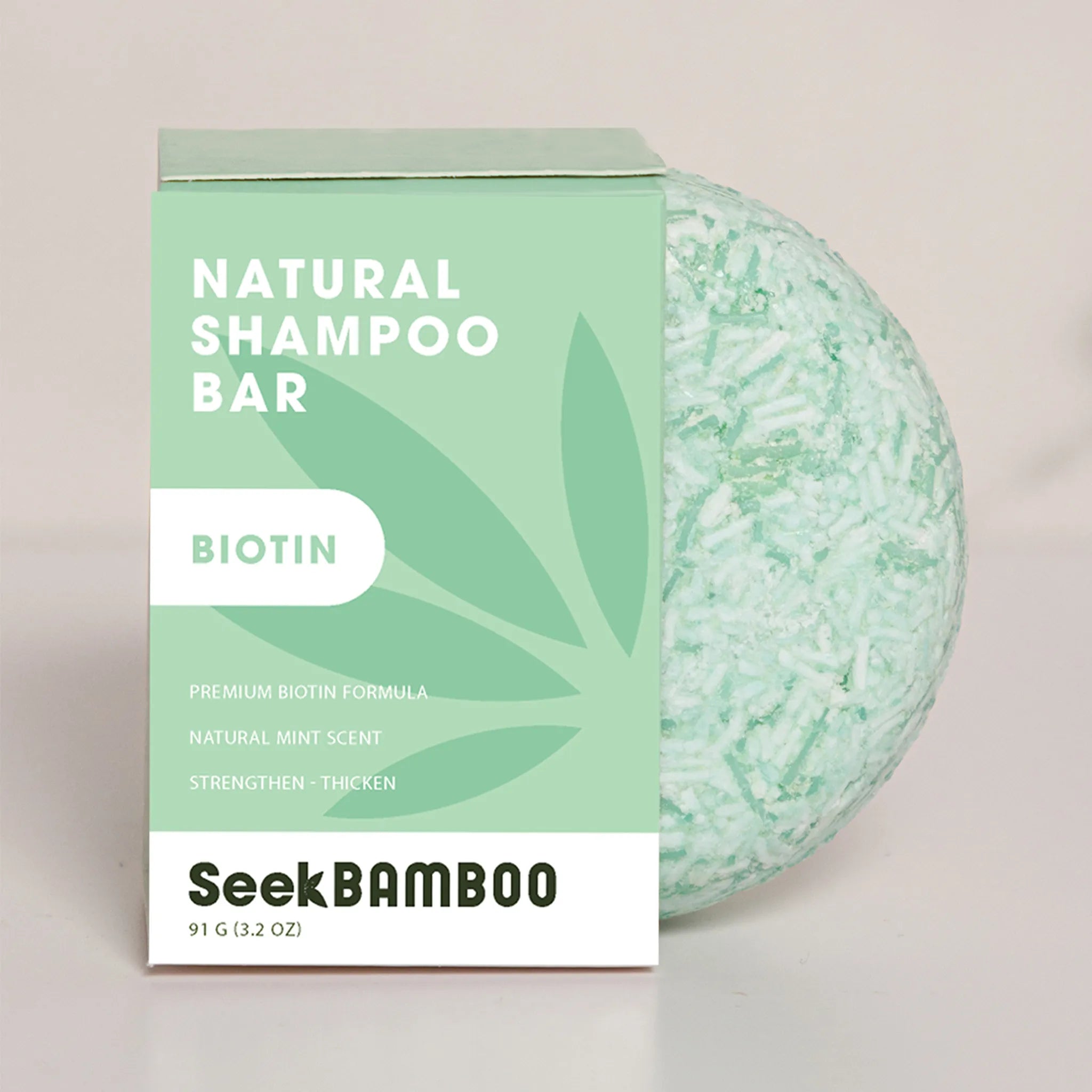
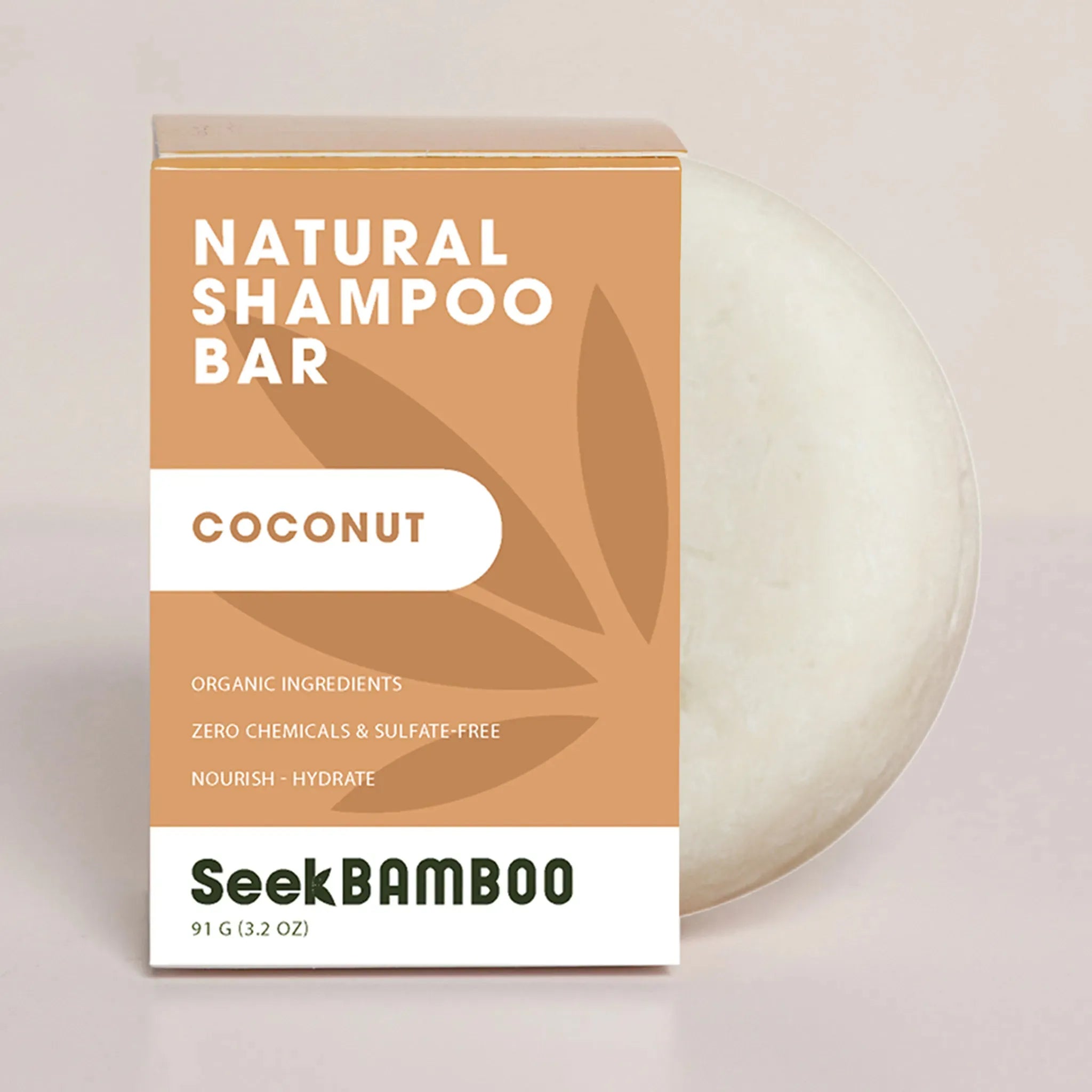
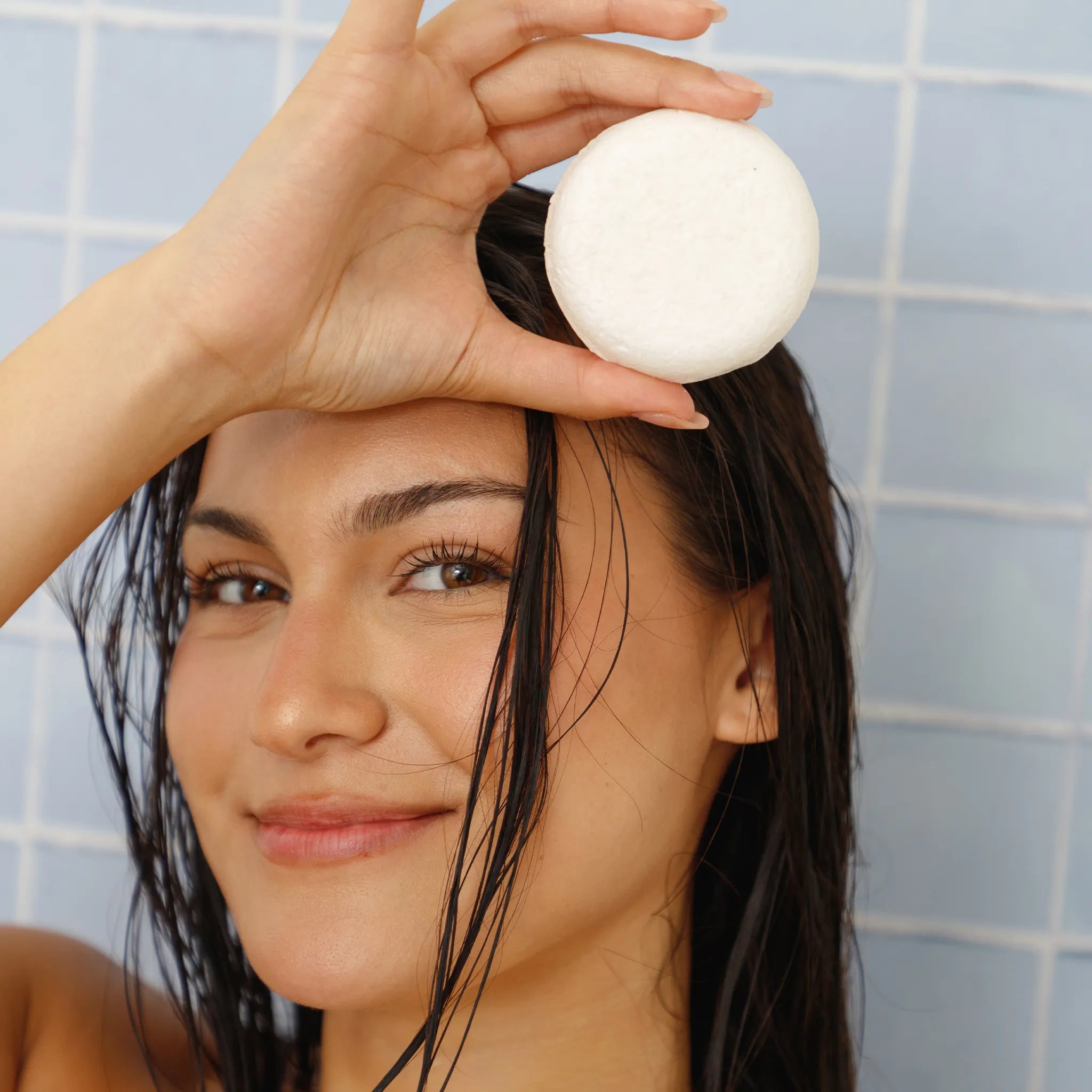
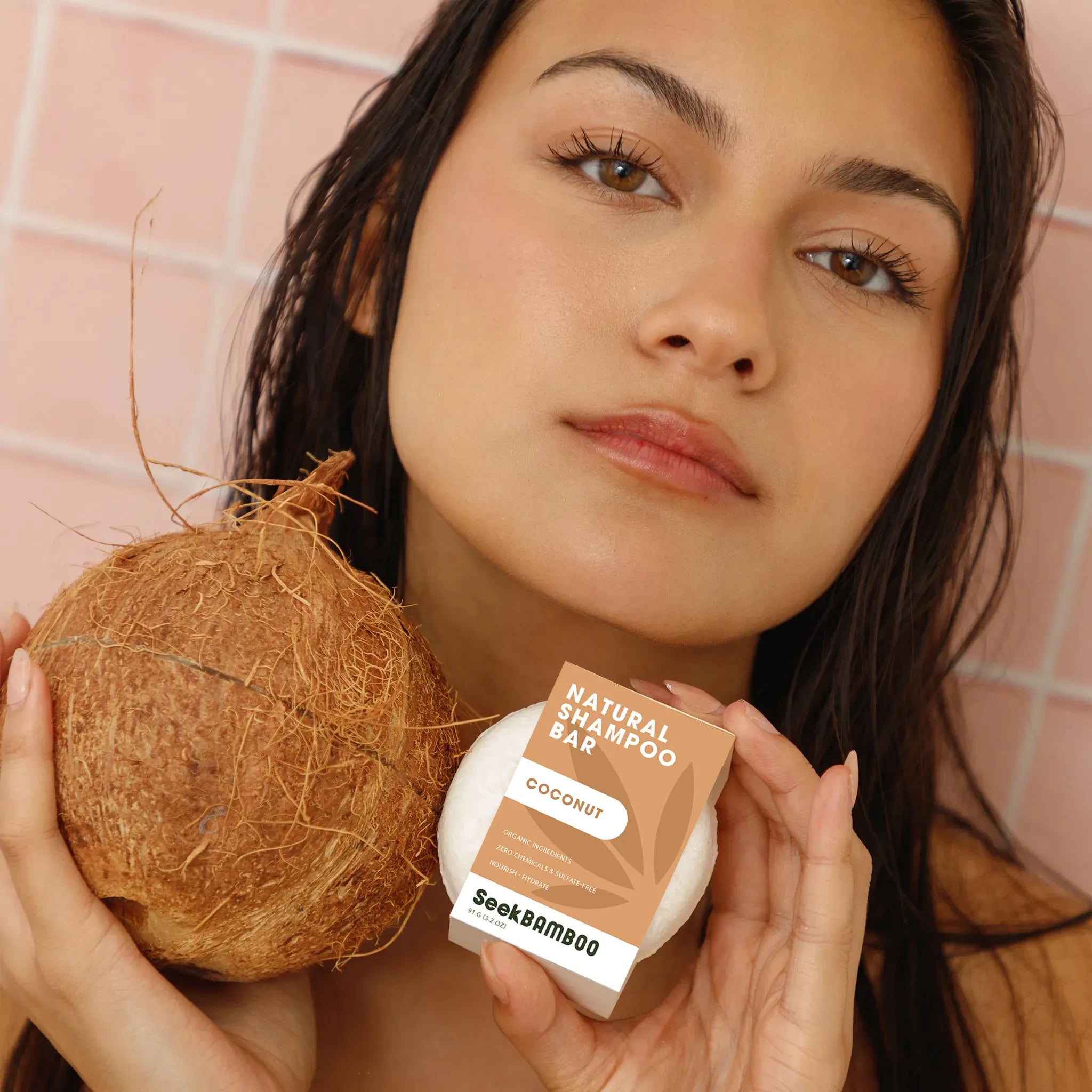
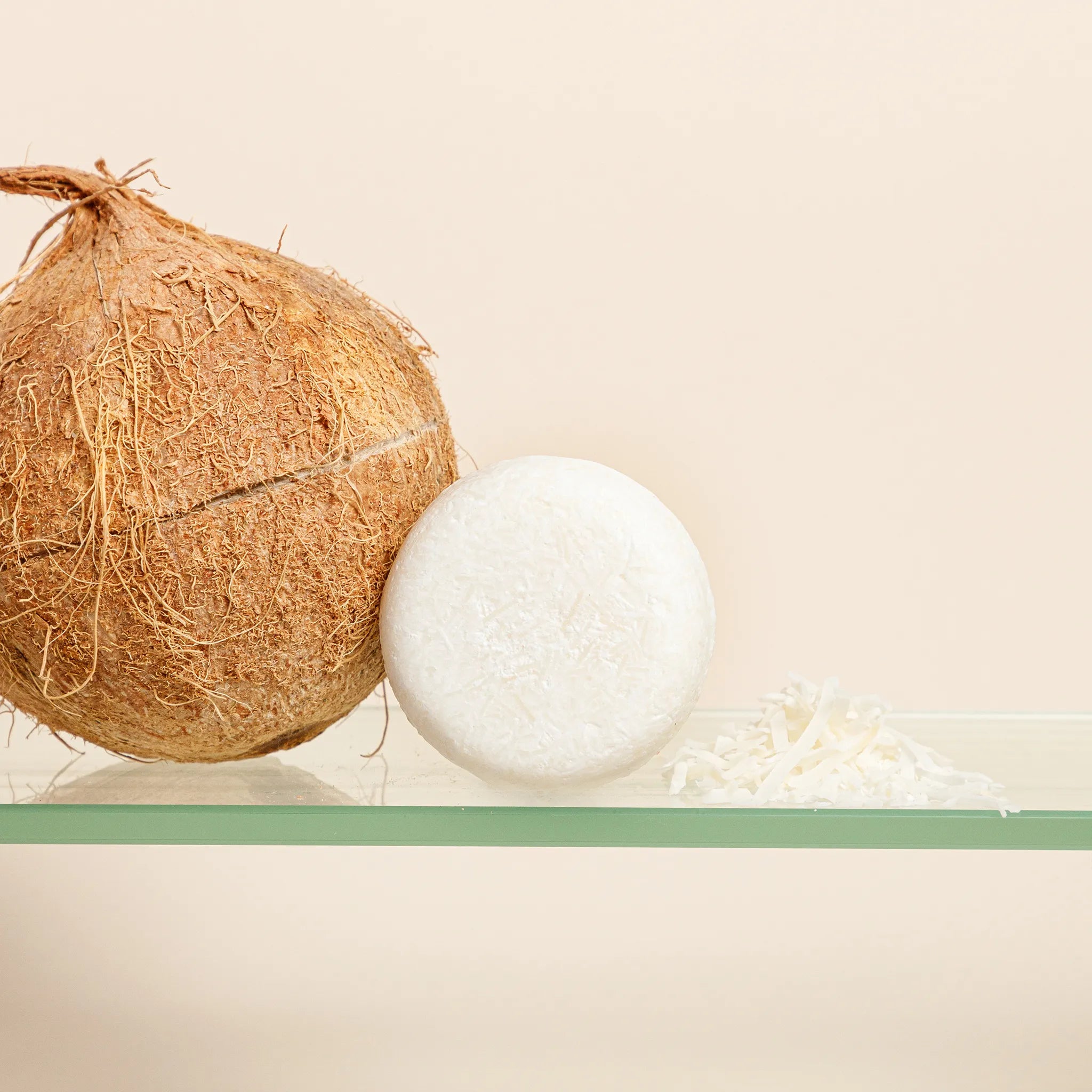
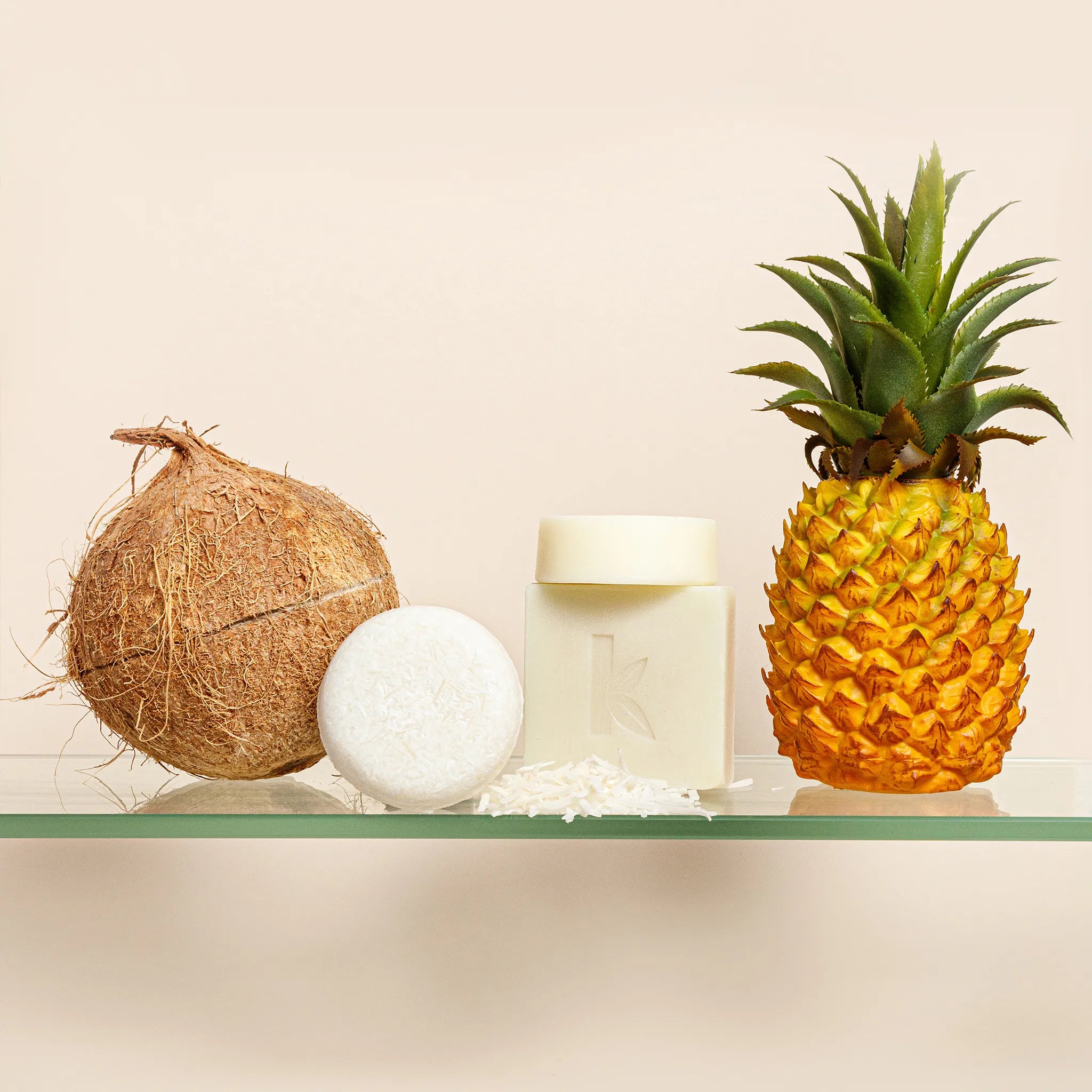
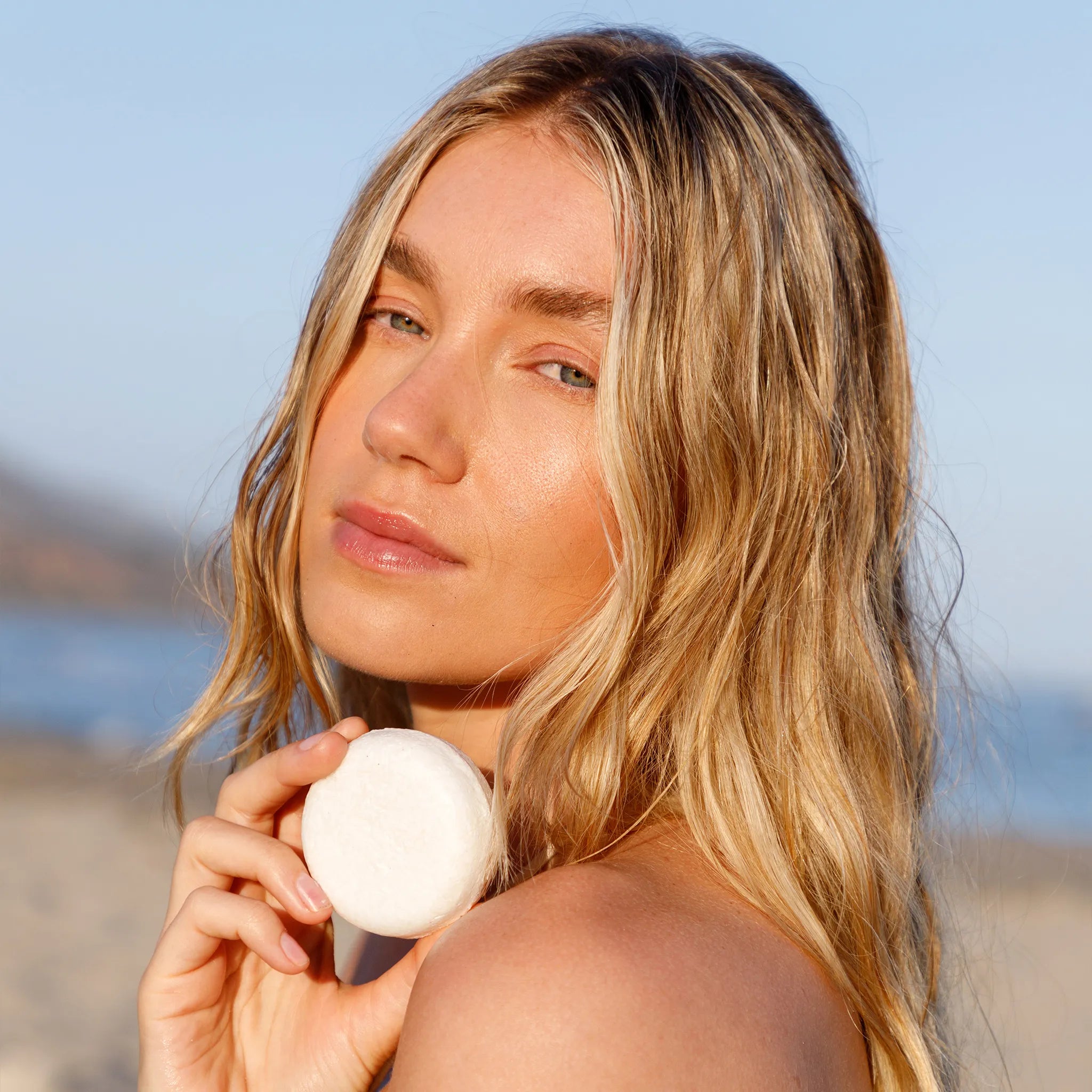
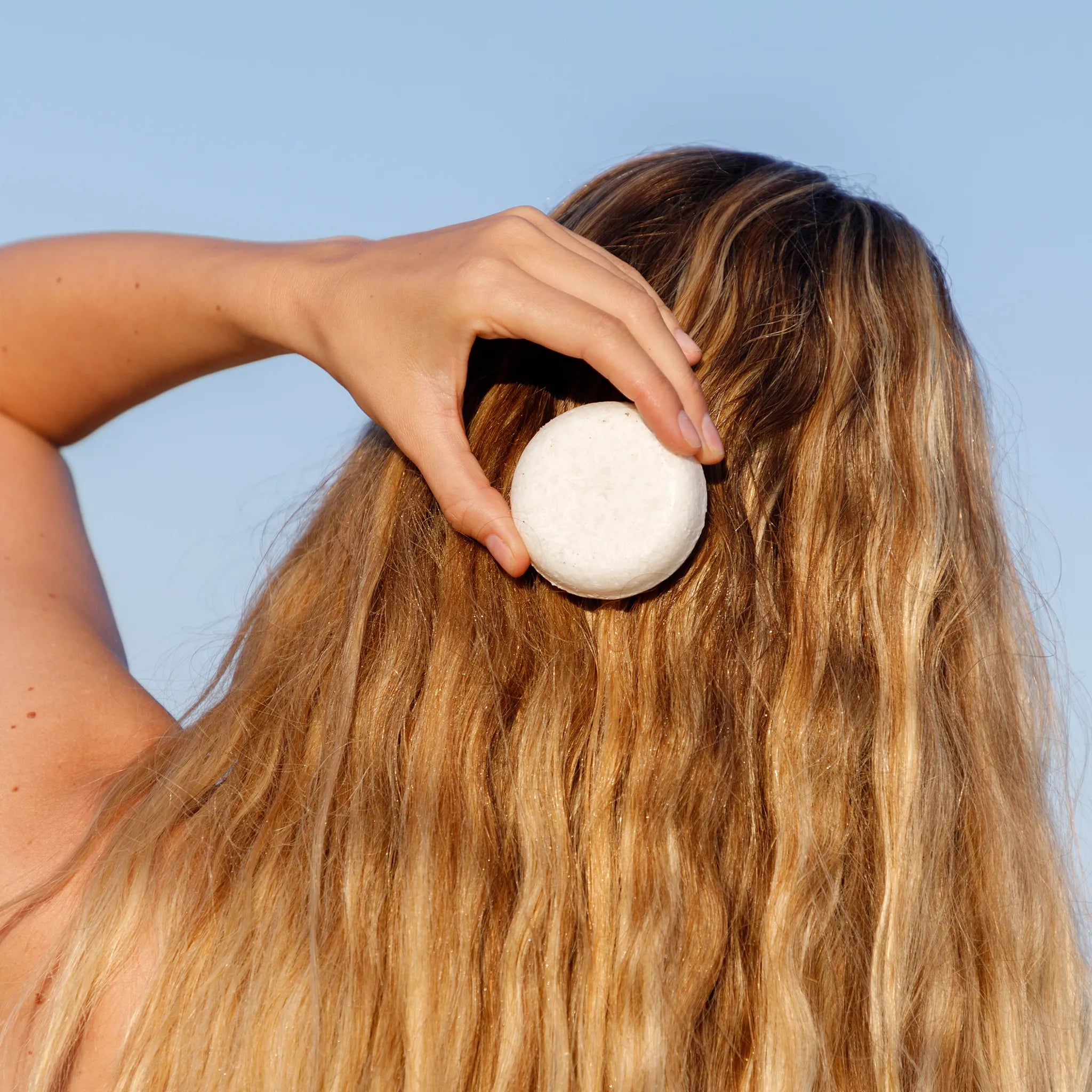
Description
✓ Free of sulfates, palm oil, parabens, dyes, & synthetic fragrances
✓ Amino acid formula for all hair types, promoting strength, volume & vitality
✓ Packed with antioxidants & vitamins
✓ Larger 3.2 oz size lasts 70-90 washes, replacing up to 3 plastic bottles of shampoo
✓ Plastic-free & eco-friendly packaging, making it a sustainable choice for both your hair & the planet
Benefits of Jojoba Oil for Hair
Jojoba oil is a versatile and nourishing natural ingredient that offers numerous benefits for hair care. From moisturizing and hydrating to promoting hair growth and adding shine, jojoba oil is a multi-purpose solution that can transform the health and appearance of your hair. Let’s explore these key benefits in detail:
Moisturizes and Hydrates
One of the primary benefits of jojoba oil is its ability to effectively moisturize and hydrate both the scalp and hair. Jojoba oil is structurally similar to the scalp’s natural sebum, allowing it to penetrate deeply into the hair shaft and scalp without leaving a greasy residue. This makes it an excellent moisturizer for all hair types, including dry and brittle hair that needs extra hydration.
Jojoba oil works by locking in moisture, forming a protective barrier on the hair shaft that prevents moisture loss. This is particularly beneficial for those with dry or damaged hair, as it helps to restore the hair’s natural moisture balance, reducing frizz and improving manageability. The oil's lightweight texture ensures that it hydrates without weighing down the hair, leaving it feeling soft, smooth, and healthy.
Balances Scalp Oil Production
Jojoba oil is known for its ability to mimic the natural oils produced by the scalp, known as sebum. This unique characteristic allows jojoba oil to help regulate and balance oil production on the scalp. For individuals with an oily scalp, jojoba oil can prevent overproduction of sebum, reducing greasiness and keeping the scalp fresh. Conversely, for those with a dry scalp, jojoba oil can provide the necessary moisture without clogging pores, helping to maintain a balanced scalp environment.
By balancing scalp oil production, jojoba oil can prevent the scalp from becoming too oily or too dry, promoting overall scalp health. This balance is crucial for preventing common scalp issues such as dandruff, flakiness, and irritation. Regular use of jojoba oil can help achieve a healthy scalp environment, conducive to strong and healthy hair growth.
Reduces Dandruff and Dry Scalp
Dandruff and a dry, flaky scalp can be uncomfortable and unsightly. Jojoba oil’s moisturizing properties make it an excellent remedy for these issues. By hydrating the scalp and preventing dryness, jojoba oil helps reduce flakiness and the itchiness often associated with dandruff. Its soothing properties help calm irritation, creating a healthier scalp environment that is less prone to dandruff.
Jojoba oil also has mild antimicrobial properties, which can help prevent the growth of fungi and bacteria that contribute to dandruff and scalp infections. By maintaining a well-hydrated and clean scalp, jojoba oil reduces the conditions that lead to dandruff, promoting a clearer, healthier scalp over time.
Reduces Dandruff and Dry Scalp
Dandruff and a dry, flaky scalp can be uncomfortable and unsightly. Jojoba oil’s moisturizing properties make it an excellent remedy for these issues. By hydrating the scalp and preventing dryness, jojoba oil helps reduce flakiness and the itchiness often associated with dandruff. Its soothing properties help calm irritation, creating a healthier scalp environment that is less prone to dandruff.
Jojoba oil also has mild antimicrobial properties, which can help prevent the growth of fungi and bacteria that contribute to dandruff and scalp infections. By maintaining a well-hydrated and clean scalp, jojoba oil reduces the conditions that lead to dandruff, promoting a clearer, healthier scalp over time.
Promotes Hair Growth
Jojoba oil is believed to promote healthier hair growth by unclogging hair follicles and maintaining a healthy scalp environment. Clogged follicles can impede hair growth and lead to thinning or hair loss. The light, non-comedogenic nature of jojoba oil helps clear away sebum buildup, dead skin cells, and other debris that can block hair follicles, allowing for unobstructed hair growth.
Studies have suggested that jojoba oil can improve hair thickness and growth due to its ability to nourish hair follicles and reduce hair loss. By providing essential nutrients and creating a clean, balanced scalp environment, jojoba oil supports the natural hair growth cycle, helping to achieve thicker, fuller hair.
Adds Shine and Softness
Jojoba oil is excellent for enhancing the natural shine and softness of hair. Its ability to smooth the hair cuticle, which is the outermost layer of the hair shaft, helps reflect light better, resulting in shinier, more lustrous hair. Unlike heavy oils that can weigh hair down, jojoba oil has a lightweight texture that enhances shine without leaving a greasy finish.
Additionally, jojoba oil’s moisturizing properties add softness to the hair, making it more manageable and easier to style. It can help detangle hair and reduce frizz, giving your hair a smoother, silkier texture. The result is hair that looks and feels healthier, with a natural shine that enhances its overall appearance.
Strengthens Hair and Prevents Breakage
Jojoba oil is also known for its ability to strengthen hair strands and prevent breakage. It contains essential fatty acids and nutrients that help repair damaged hair and restore its strength. By penetrating deep into the hair shaft, jojoba oil reinforces the hair from within, reducing brittleness and preventing split ends.
Regular application of jojoba oil can help protect hair from environmental stressors such as UV rays, pollution, and heat styling, which can weaken hair and cause breakage. By nourishing and fortifying the hair strands, jojoba oil helps maintain the hair's structural integrity, resulting in stronger, more resilient hair that is less prone to damage and breakage.
Heading
Jojoba oil is a versatile hair care ingredient suitable for a variety of hair types. Its unique properties make it an excellent choice for addressing the specific needs of different hair textures and conditions. Whether you have dry and damaged hair, curly and coily locks, or fine and oily strands, jojoba oil offers targeted benefits that can help you achieve healthier, more manageable hair. Let’s explore how jojoba oil works for each hair type:
Dry and Damaged Hair
Dry and damaged hair often lacks the moisture and nutrients needed to maintain its health and vitality. Factors such as heat styling, chemical treatments, and environmental exposure can strip the hair of its natural oils, leaving it dry, brittle, and prone to breakage. Jojoba oil’s moisturizing properties make it an ideal treatment for dry, damaged, or chemically treated hair.
Jojoba oil penetrates deeply into the hair shaft, providing intense hydration and restoring moisture balance. Its composition closely resembles the natural sebum produced by the scalp, allowing it to effectively replenish lost oils without leaving a heavy, greasy residue. This helps to repair the hair cuticle, reduce split ends, and restore the hair's natural shine and elasticity. Regular use of jojoba oil on dry or damaged hair can help improve texture, reduce frizz, and make hair more manageable and resilient against further damage.
Curly and Coily Hair
Curly and coily hair types often require extra moisture and care to maintain their natural curl pattern and prevent frizz. These hair types tend to be more porous and can lose moisture quickly, making them prone to dryness and breakage. Jojoba oil is particularly beneficial for curly and coily hair because of its ability to provide long-lasting hydration without weighing the hair down.
The moisturizing properties of jojoba oil help define curls and enhance their natural shape, providing a soft, bouncy texture. By smoothing the hair cuticle and sealing in moisture, jojoba oil reduces frizz and protects against humidity, which can be especially beneficial in maintaining well-defined curls. Additionally, jojoba oil’s lightweight texture ensures that curls remain light and voluminous rather than weighed down or greasy. This makes it an excellent choice for maintaining healthy, hydrated curls that are full of life and movement.
Fine and Oily Hair
Use this text to share information about your brand with your Fine and oily hair can present unique challenges when it comes to selecting hair care products. Many oils and conditioners can weigh down fine hair, making it appear flat and greasy. Similarly, those with oily hair may struggle to find a product that provides necessary hydration without exacerbating oiliness. Jojoba oil, when used sparingly, can effectively address both of these concerns.
Because jojoba oil is similar in composition to the scalp’s natural sebum, it can help regulate oil production. Applying a small amount of jojoba oil can trick the scalp into producing less oil, thereby balancing oil levels and reducing greasiness. For fine hair, the lightweight nature of jojoba oil ensures that it doesn’t weigh down the hair or leave a heavy residue. A few drops of jojoba oil can be applied to the ends of fine hair to provide moisture and prevent breakage without sacrificing volume or body.customers. Describe a product, share announcements, or welcome customers to your store.
Versatility Across All Hair Types
One of the standout qualities of jojoba oil is its versatility. It can be used as a pre-shampoo treatment, a leave-in conditioner, or a finishing oil to smooth and add shine. For those with combination hair types—such as oily roots and dry ends—jojoba oil offers a balanced solution that hydrates without adding excess oil. Its natural, non-comedogenic properties mean that it won’t clog pores or weigh down hair, making it suitable for a wide range of hair types and needs.
By understanding how jojoba oil can cater to different hair types, you can make an informed decision about how to incorporate it into your hair care routine. Whether you’re looking to hydrate dry and damaged hair, define curls and reduce frizz, or balance oil production in fine or oily hair, jojoba oil provides a natural, effective solution to achieve healthier, more manageable hair.
Jojoba Oil vs. Other Popular Hair Oils
When it comes to hair care, a variety of natural oils are celebrated for their nourishing properties. Among them, jojoba oil, coconut oil, argan oil, and castor oil are some of the most popular choices. Each oil offers unique benefits that cater to different hair types and concerns. Let’s compare jojoba oil to these other popular hair oils and explore when it might be the preferred choice for your hair care routine.
Jojoba Oil vs. Coconut Oil
Coconut oil is widely known for its deep conditioning properties and its ability to penetrate the hair shaft, making it an excellent choice for intense hydration and repair. It is particularly beneficial for dry, damaged, or chemically treated hair. However, coconut oil can be quite heavy and has a tendency to leave a greasy residue, especially for those with fine or oily hair. Some people may also experience protein buildup with frequent use of coconut oil, which can lead to hair becoming stiff or brittle.
Jojoba oil, on the other hand, is much lighter in texture and closely resembles the natural sebum produced by the scalp. This similarity allows jojoba oil to balance scalp oil production, hydrate without leaving a greasy feel, and reduce the risk of clogging hair follicles. It is particularly suitable for those with oily or fine hair, or anyone looking for a lightweight, non-greasy option that still provides moisture and nourishment. Jojoba oil is also less likely to cause buildup, making it a better option for frequent use.
Jojoba Oil vs. Argan Oil
Use this text to share information about your brand with your customers. Argan oil, often referred to as "liquid gold," is rich in essential fatty acids, vitamin E, and antioxidants, making it an excellent choice for nourishing and repairing damaged hair. It is particularly beneficial for adding shine, reducing frizz, and protecting hair from heat styling and environmental damage. Argan oil is often used as a finishing oil to smooth the hair cuticle and enhance shine.
While both jojoba oil and argan oil are excellent for moisturizing and adding shine, jojoba oil has a unique ability to regulate the scalp’s natural oil production. This makes it a better choice for those with an oily or flaky scalp, as it helps balance oil levels without clogging pores. Jojoba oil is also lighter than argan oil, making it more suitable for fine hair that might be weighed down by heavier oils. For those seeking a lightweight, balancing oil that also adds moisture and shine, jojoba oil may be preferred over argan oil.Describe a product, share announcements, or welcome customers to your store.
Jojoba Oil vs. Castor Oil
Castor oil is renowned for its ability to promote hair growth due to its high concentration of ricinoleic acid. It is often used in scalp treatments to stimulate hair follicles and encourage thicker, fuller hair. Castor oil is also effective at sealing in moisture, making it a great choice for dry and brittle hair. However, castor oil is very thick and viscous, which can make it difficult to spread and rinse out. It can also leave a heavy, greasy residue if not used sparingly.
Jojoba oil, in contrast, is much lighter and easier to apply. It provides similar scalp benefits without the heaviness, making it a more user-friendly option for daily or frequent use. While castor oil is ideal for targeted hair growth treatments, jojoba oil is better suited for overall scalp health and balancing. Jojoba oil’s ability to cleanse the scalp, unclog hair follicles, and provide lightweight hydration makes it a versatile choice for everyday use, whereas castor oil is often reserved for more intensive treatments.
When to Choose Jojoba Oil Over Other Oils
Jojoba oil may be preferred over other popular hair oils when:
- You have an oily or combination scalp: Jojoba oil’s similarity to natural sebum makes it ideal for regulating oil production, balancing a scalp that is either too oily or too dry.
- You want a lightweight, non-greasy moisturizer: Its light texture makes jojoba oil perfect for fine hair or anyone who wants to avoid a greasy finish.
- You need frequent, everyday use: Because it doesn’t build up easily, jojoba oil can be used regularly without weighing down the hair or causing residue buildup.
- You’re looking for versatility: Jojoba oil’s multifunctional properties make it suitable for a variety of uses, from scalp massages and pre-shampoo treatments to leave-in conditioners and finishing oils.
- You have sensitive skin or scalp conditions: Its gentle, soothing properties are excellent for those with sensitive skin or scalp issues like dandruff or eczema.
By understanding the unique benefits of jojoba oil compared to other popular hair oils, you can better determine which oil is best suited to your specific hair needs and goals. Whether you’re looking for deep hydration, scalp balance, or a lightweight option that enhances shine and manageability, jojoba oil provides a versatile, effective solution.
Seek Bamboo Shampoo Bars With Jojoba Oil
Combining the nourishing properties of jojoba oil with other powerful natural ingredients like avocado butter, shea butter, cocoa seed butter, and olive oil creates a luxurious shampoo bar that offers a comprehensive hair care solution. This blend of ingredients works together to cleanse, hydrate, and protect hair, making it an ideal choice for a variety of hair types and concerns. Let’s explore how each ingredient complements jojoba oil in a shampoo bar and the benefits they provide:
Jojoba Oil: The Balancing Moisturizer
Jojoba oil is a star ingredient in many hair care products, particularly shampoo bars, due to its ability to closely mimic the scalp’s natural sebum. This makes it incredibly effective at balancing oil production on the scalp, ensuring that it is neither too oily nor too dry. Jojoba oil penetrates the hair shaft deeply, delivering hydration without leaving a heavy, greasy residue. Its antibacterial and antifungal properties also help keep the scalp clean and healthy, reducing dandruff and preventing scalp infections. In a shampoo bar, jojoba oil provides a lightweight moisturizing effect, making hair soft, manageable, and shiny while also supporting scalp health.
Avocado Butter: Deep Hydration and Nourishment
Avocado butter is rich in vitamins A, D, and E, as well as essential fatty acids, which provide deep hydration and nourishment to the hair and scalp. Its emollient properties help to soften and smooth hair, making it particularly beneficial for dry, damaged, or frizzy hair types. When combined with jojoba oil in a shampoo bar, avocado butter enhances the moisturizing effect, helping to lock in moisture and prevent hair from becoming dry or brittle. It also aids in repairing damage caused by heat styling, chemical treatments, and environmental stressors, promoting stronger, healthier hair.
Shea Butter: Intense Moisture and Protection
Shea butter is a well-known ingredient in hair care for its intense moisturizing and protective properties. Rich in vitamins A and E, shea butter provides essential nutrients that help to nourish both the scalp and hair. It forms a protective barrier around each hair strand, shielding it from environmental damage and preventing moisture loss. Shea butter’s anti-inflammatory properties also help to soothe an irritated or itchy scalp, making it an excellent ingredient for those with sensitive skin or scalp conditions. In a shampoo bar, shea butter works alongside jojoba oil to deeply condition the hair, enhance elasticity, and reduce breakage and split ends.
Cocoa Seed Butter: Smoothing and Strengthening
Cocoa seed butter is another powerful emollient that adds a layer of hydration and protection to the hair. It is rich in fatty acids and antioxidants, which help to smooth the hair cuticle and enhance natural shine. Cocoa butter’s ability to penetrate the hair shaft provides deep conditioning, making hair softer and more manageable. It also helps to protect the hair from damage caused by UV rays and environmental pollutants. In combination with jojoba oil, cocoa seed butter in a shampoo bar helps to strengthen hair, reduce frizz, and maintain a healthy scalp environment conducive to hair growth.
Olive Oil: Nourishing and Repairing
Olive oil has been used for centuries as a natural hair care ingredient due to its moisturizing and nourishing properties. It is rich in antioxidants and vitamins, including vitamin E, which help repair damage to the hair and scalp. Olive oil’s ability to penetrate the hair shaft makes it effective at moisturizing and strengthening hair from the inside out. It also helps to seal in moisture, preventing dryness and brittleness. When combined with jojoba oil in a shampoo bar, olive oil enhances the nourishing effect, providing a powerful blend of hydration, protection, and repair that leaves hair feeling soft, shiny, and resilient.
The Synergy of Ingredients in a Shampoo Bar
When these ingredients—jojoba oil, avocado butter, shea butter, cocoa seed butter, and olive oil—are combined in a shampoo bar, they work synergistically to deliver comprehensive care for the hair and scalp. This blend offers:
Deep Moisturization: The combined moisturizing properties of jojoba oil, avocado butter, shea butter, cocoa seed butter, and olive oil provide intense hydration that penetrates deeply into the hair shaft and scalp, ensuring long-lasting moisture retention.
Scalp Health: Jojoba oil’s balancing properties, combined with the nourishing effects of shea butter and olive oil, help maintain a healthy scalp environment. This combination reduces dryness, dandruff, and irritation, promoting a balanced and healthy scalp.
Strength and Repair: The rich blend of essential fatty acids and vitamins in these ingredients strengthens the hair, reduces breakage, and repairs damage, helping to maintain the hair’s natural elasticity and resilience.
Shine and Smoothness: The emollient properties of cocoa seed butter, avocado butter, and olive oil work together to smooth the hair cuticle, reduce frizz, and enhance shine, leaving hair looking and feeling silky and vibrant.
Jojoba oil has proven to be a versatile and powerful ingredient in hair care, offering benefits for all hair types. Whether you have dry, damaged hair, curls that need definition, or an oily scalp in need of balance, jojoba oil provides a natural solution that works in harmony with your scalp’s natural oils. Its lightweight, non-greasy texture allows it to hydrate deeply, promote healthy hair growth, and strengthen hair strands without weighing down even the finest hair.
When combined with other nourishing ingredients like avocado butter, shea butter, cocoa seed butter, and olive oil, jojoba oil creates a shampoo bar that offers comprehensive care for your hair and scalp. The result is softer, shinier, and healthier hair, no matter your hair type or texture.
Incorporating jojoba oil into your hair care routine is not only beneficial for your hair’s health but also for the environment, as natural ingredients like these provide an eco-friendly alternative to chemically laden products. Whether you’re looking to enhance shine, reduce dandruff, or simply maintain balanced, nourished hair, jojoba oil offers the versatility and effectiveness needed to achieve beautiful, healthy locks.
Embrace the natural power of jojoba oil and enjoy the transformative effects it can have on your hair—whatever your hair type may be.
Squeaky Clean FAQs
Bubbling with Answers
What makes jojoba oil good for hair?
Jojoba oil is rich in vitamins (especially E and B), minerals like zinc and copper, and essential fatty acids that nourish both the hair and scalp. Its composition closely mimics the natural oils (sebum) produced by the scalp, making it an ideal moisturizer that hydrates without leaving a greasy residue. Jojoba oil helps balance scalp oil production, promotes hair growth, and reduces dandruff, while also adding shine and softness to the hair. Its lightweight texture ensures it's suitable for all hair types.
How does jojoba oil help with dry and damaged hair?
Jojoba oil is highly effective for treating dry and damaged hair due to its deep moisturizing properties. It penetrates the hair shaft and scalp, locking in moisture and restoring hydration to dry or brittle hair. This is especially beneficial for hair that has been damaged by heat styling, chemical treatments, or environmental stressors. By adding essential moisture and nutrients, jojoba oil helps repair damaged cuticles, smooth the hair, and reduce frizz, resulting in softer, more manageable hair.
Can jojoba oil help reduce dandruff and dry scalp?
Yes, jojoba oil is excellent for reducing dandruff and soothing a dry, flaky scalp. It hydrates the scalp, helping to prevent dryness and flakiness that contribute to dandruff. Additionally, jojoba oil has mild antibacterial and antifungal properties, which help keep the scalp clean and reduce the buildup of dead skin cells. Its anti-inflammatory effects calm irritation, providing relief from itching and dryness, making it an effective solution for those with dandruff or scalp issues.
Is jojoba oil good for promoting hair growth?
Jojoba oil can promote healthy hair growth by unclogging hair follicles and maintaining a balanced scalp environment. It clears away sebum buildup, dead skin cells, and other debris that can block hair follicles and hinder growth. Jojoba oil also stimulates blood circulation to the scalp, which provides essential nutrients and oxygen to the hair follicles, encouraging stronger, thicker hair. While jojoba oil may not directly trigger rapid hair growth, its ability to create a healthy scalp environment is crucial for supporting hair growth over time.
How can jojoba oil help with oily hair and scalp?
Jojoba oil mimics the natural sebum of the scalp, making it an effective treatment for balancing oil production. For those with an oily scalp, jojoba oil helps regulate the production of sebum, reducing excess oil and greasiness. By applying jojoba oil, the scalp "feels" it already has enough oil, reducing its own sebum output. This helps maintain a clean, balanced scalp without stripping the hair of essential moisture. It's lightweight and won’t clog pores, making it suitable even for fine or oily hair.
Can jojoba oil prevent hair breakage and split ends?
Yes, jojoba oil is excellent for preventing hair breakage and split ends. Its deep moisturizing properties help strengthen hair strands, improving their elasticity and resilience. By forming a protective barrier around the hair shaft, jojoba oil shields the hair from environmental stressors, heat, and damage from styling tools. Regular use of jojoba oil smooths the hair cuticle, reducing the chances of hair becoming brittle and breaking. As a result, it helps prevent split ends and promotes overall hair health.
How does jojoba oil add shine and softness to hair?
Jojoba oil smooths the hair cuticle, the outermost layer of hair, allowing it to reflect light better, which enhances shine. Unlike heavier oils, jojoba oil penetrates deeply into the hair shaft without leaving a greasy residue, adding moisture while keeping hair light and manageable. By hydrating and smoothing each strand, jojoba oil gives hair a natural, healthy glow and makes it feel incredibly soft. Its ability to seal in moisture further enhances shine and reduces frizz.
Is jojoba oil suitable for all hair types?
Yes, jojoba oil is versatile and beneficial for all hair types. For dry or damaged hair, it provides deep hydration and repairs the hair shaft. For curly or coily hair, it helps define curls and reduce frizz while locking in moisture. For fine or oily hair, its lightweight texture ensures it hydrates without weighing the hair down or making it greasy. Whether your hair is straight, wavy, curly, or coily, jojoba oil can help improve its overall health and appearance.
Can I mix jojoba oil with other oils or hair care products?
Yes, jojoba oil mixes well with other oils and hair care products. It can be blended with oils like coconut oil, argan oil, or castor oil to create a custom hair treatment. Jojoba oil can also be added to your shampoo or conditioner for an extra boost of moisture. Because it’s lightweight and non-comedogenic, it won’t clog pores or weigh down hair, making it ideal for enhancing the benefits of your existing hair care products.


